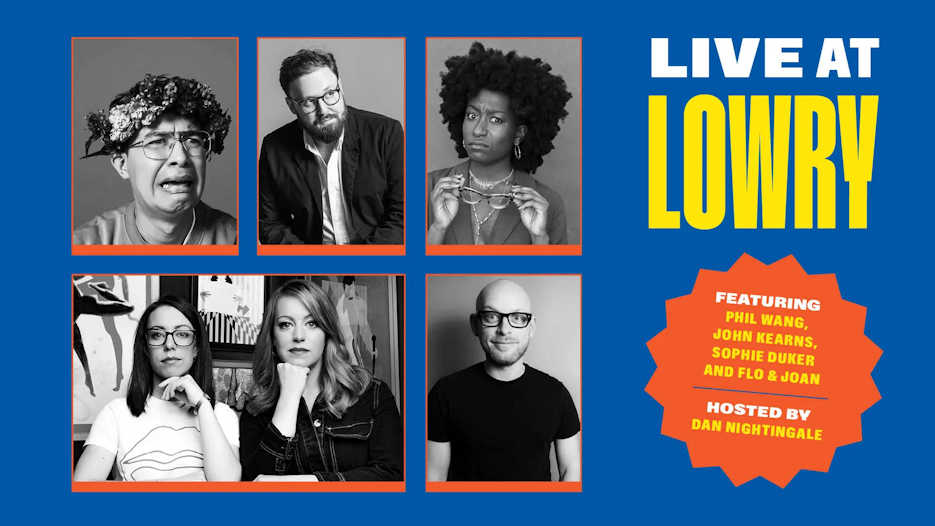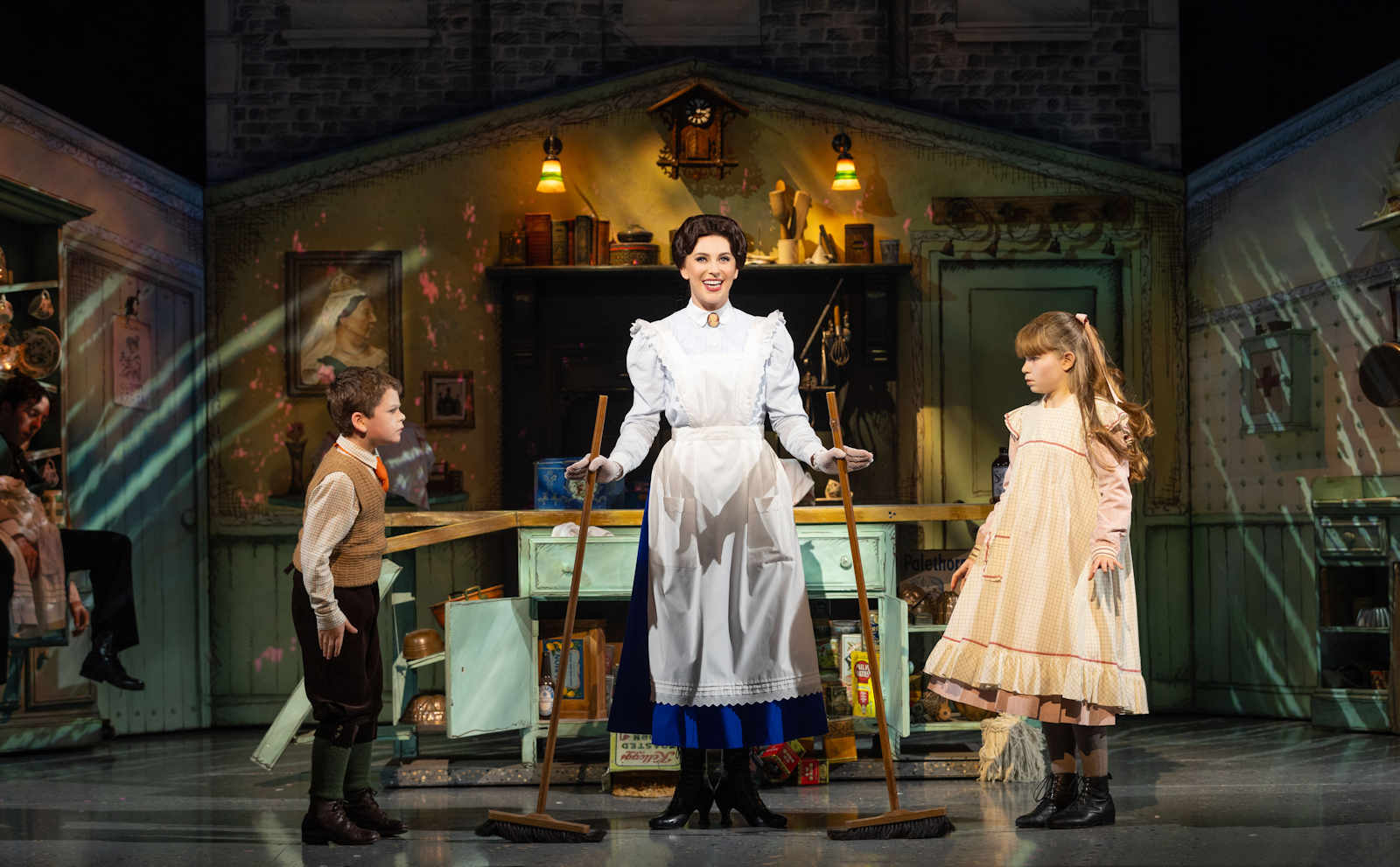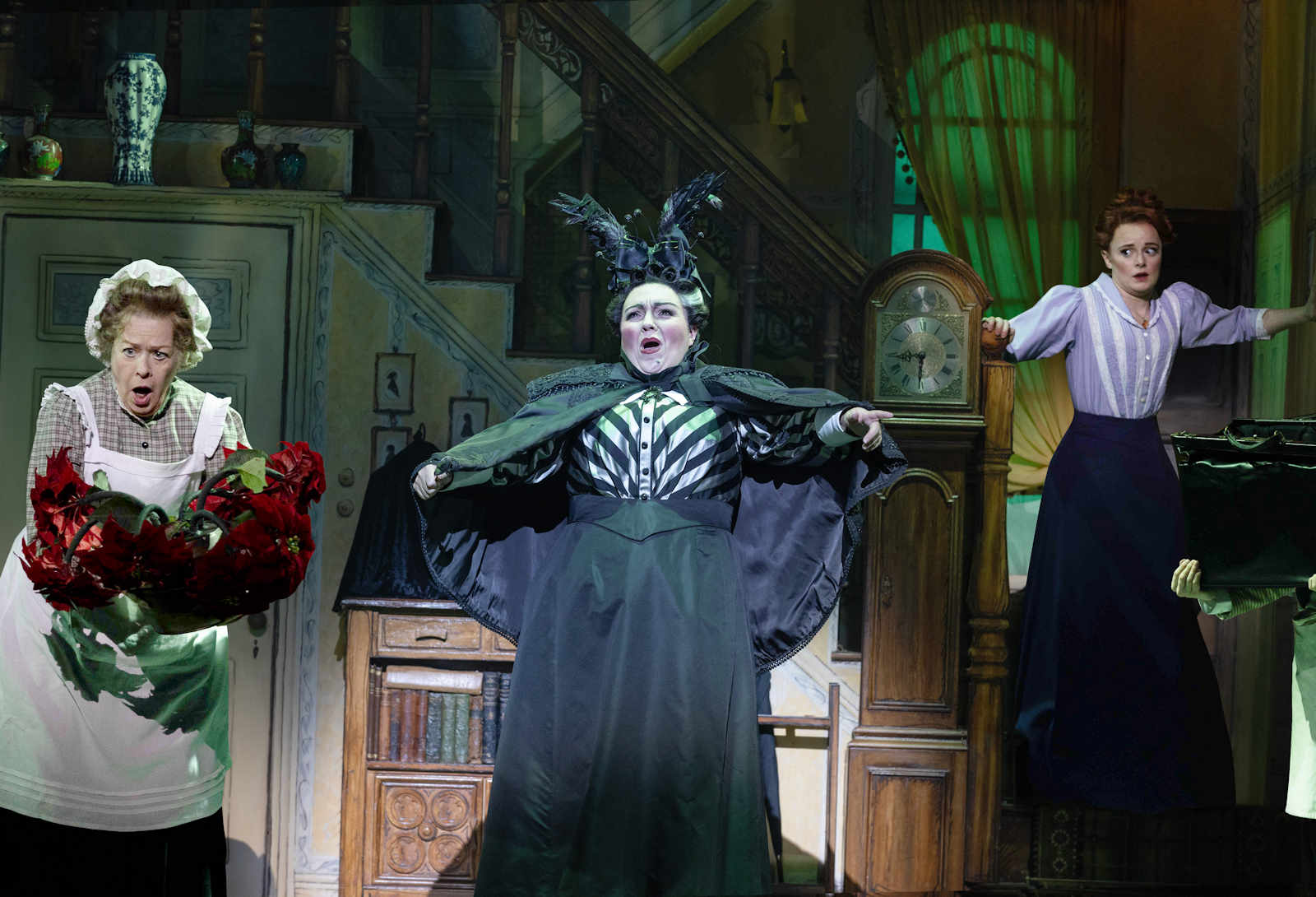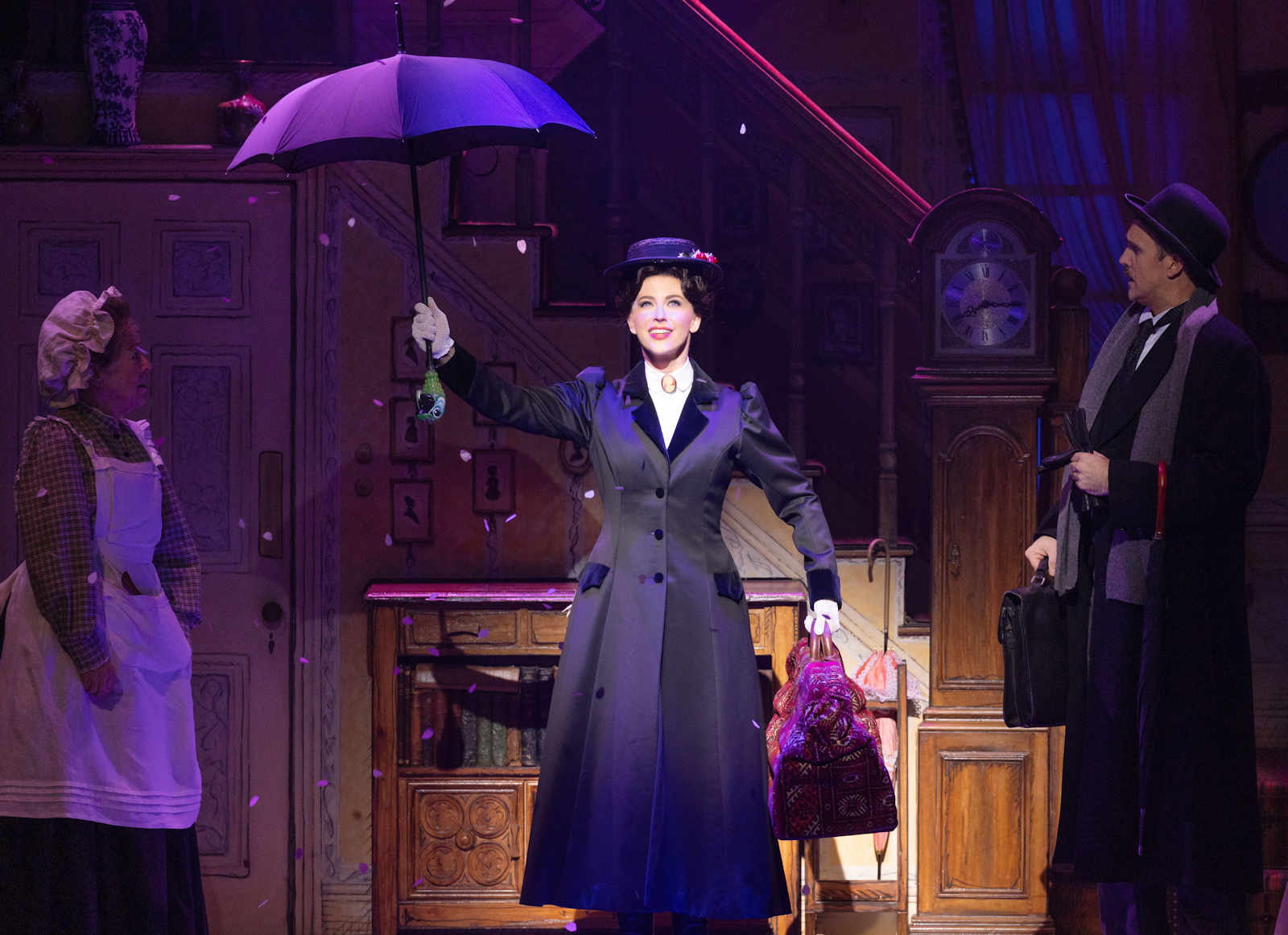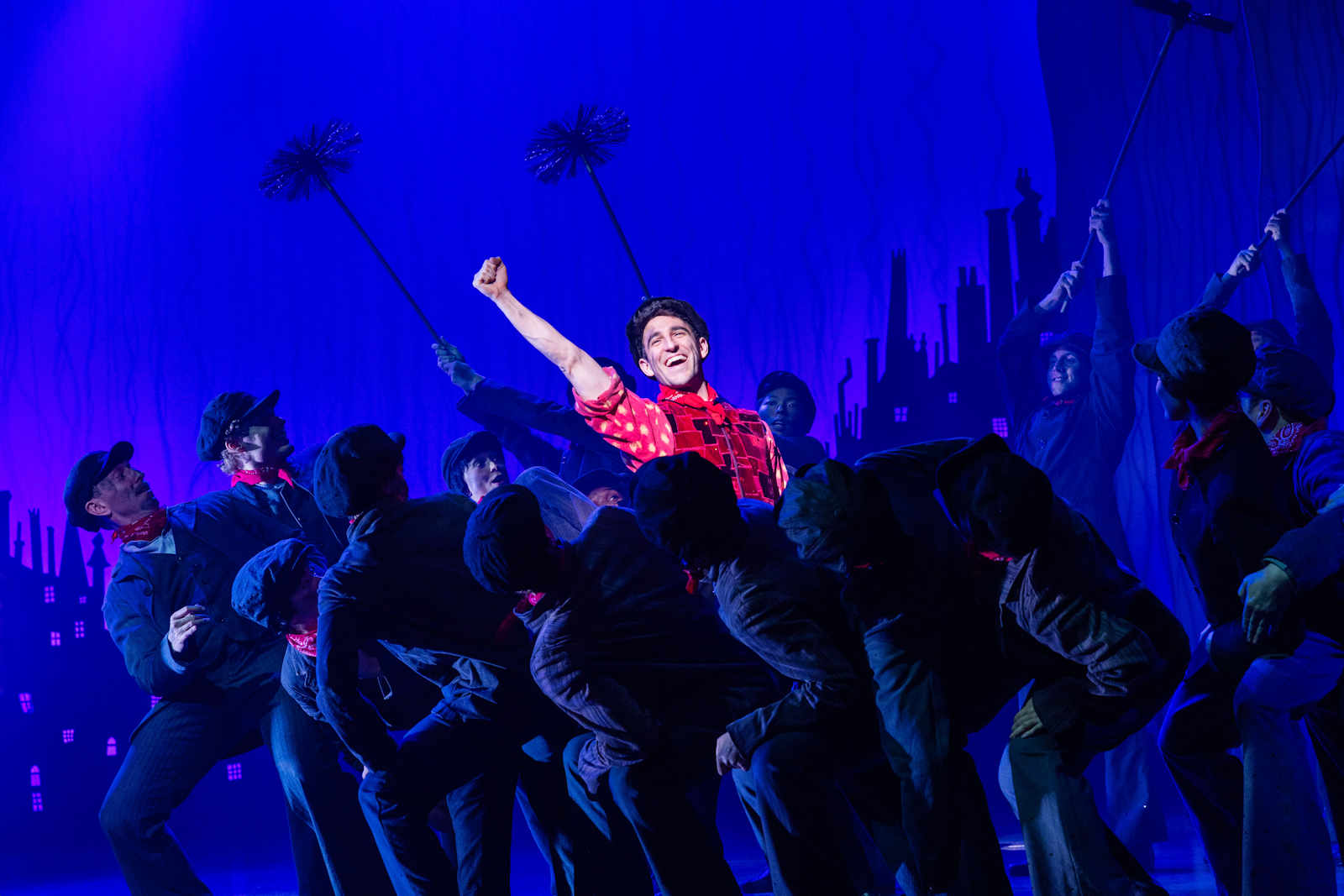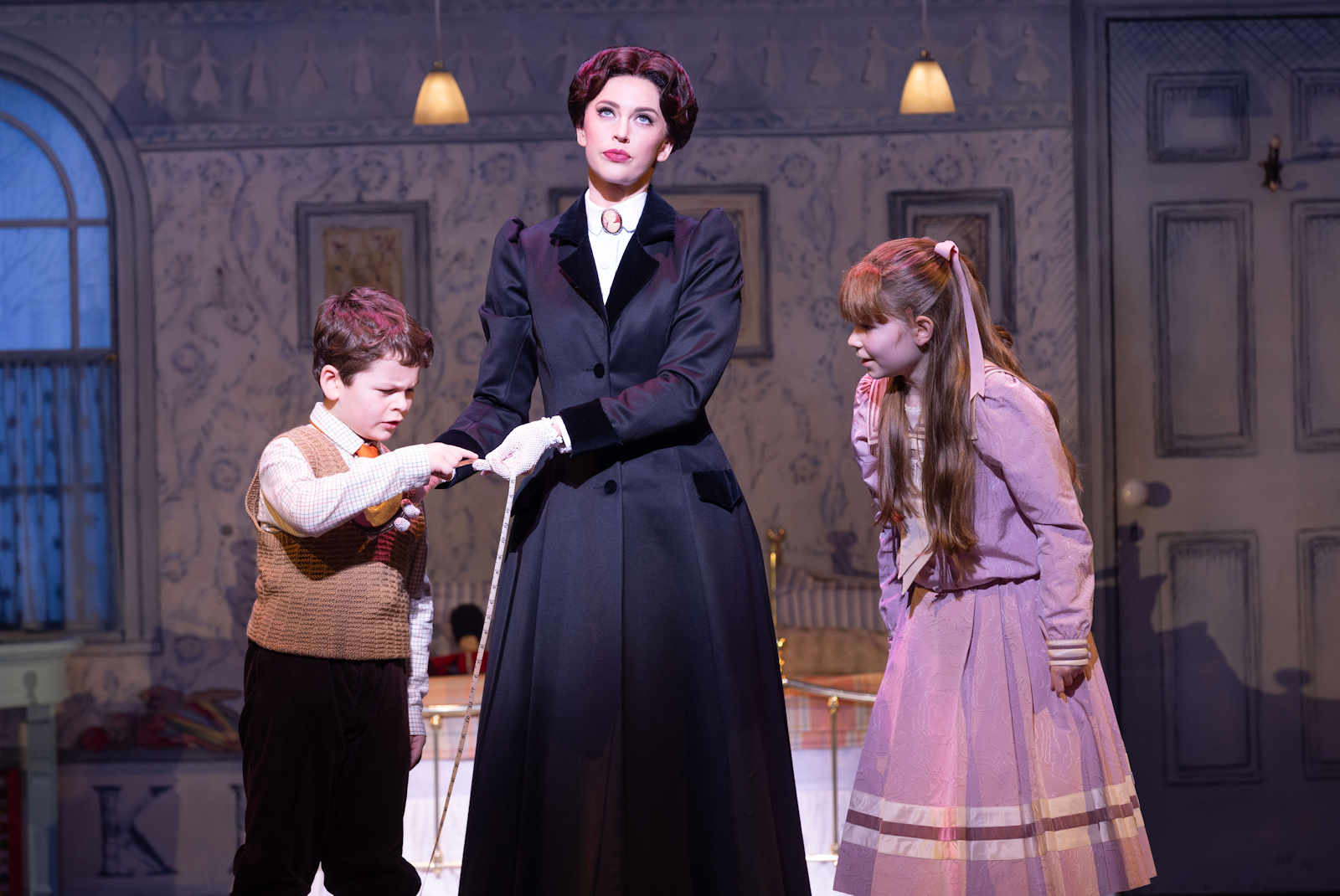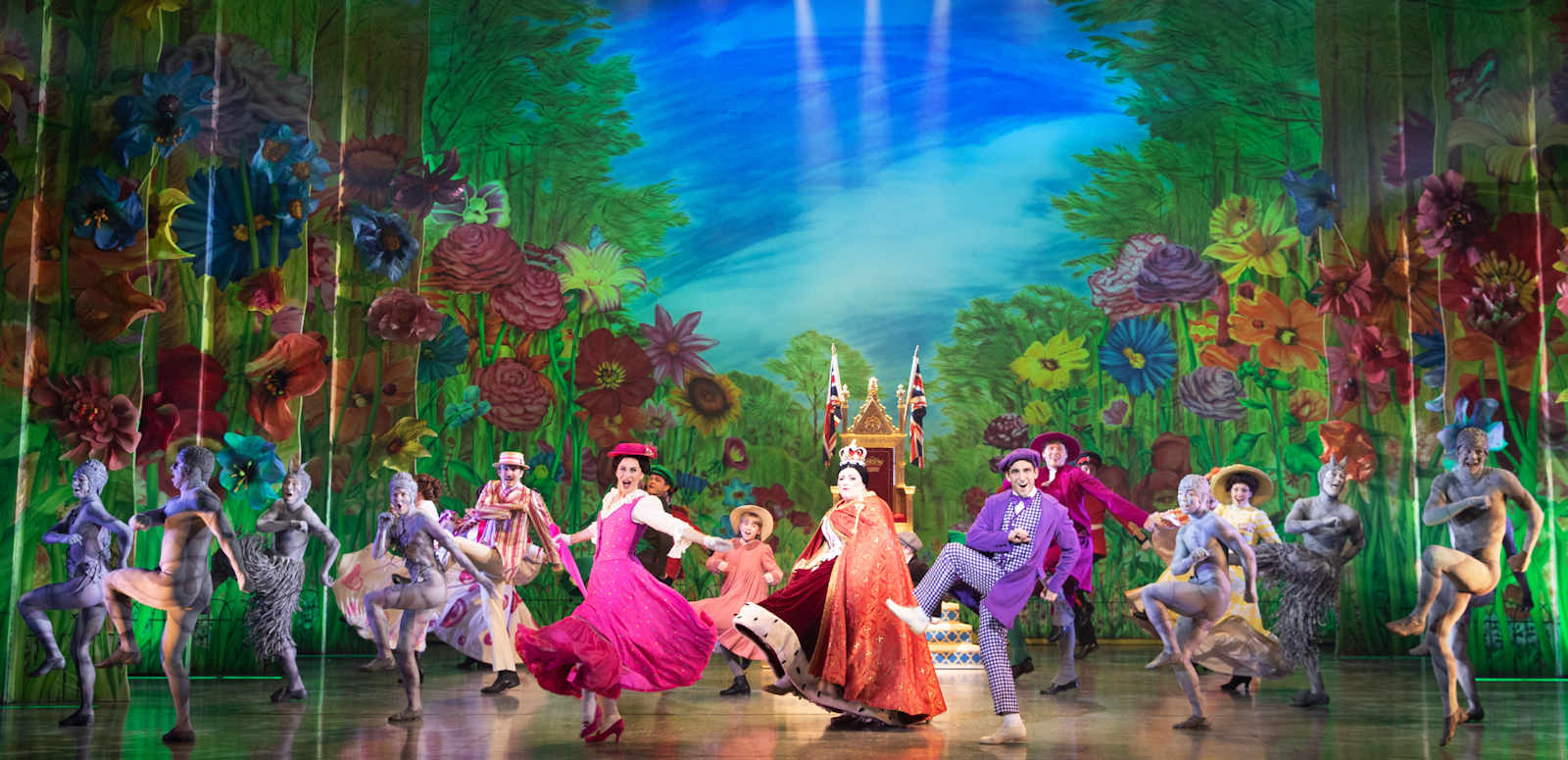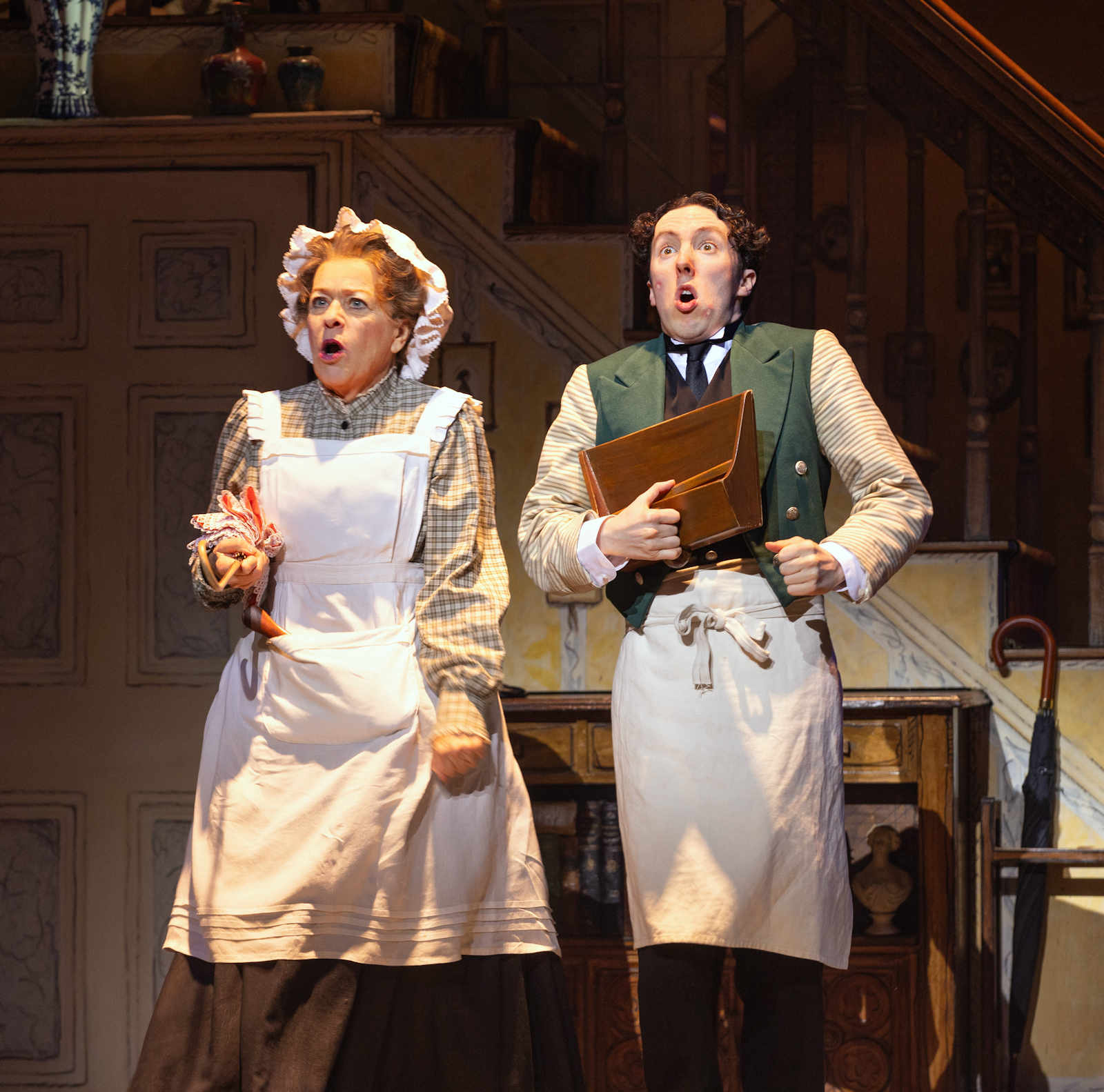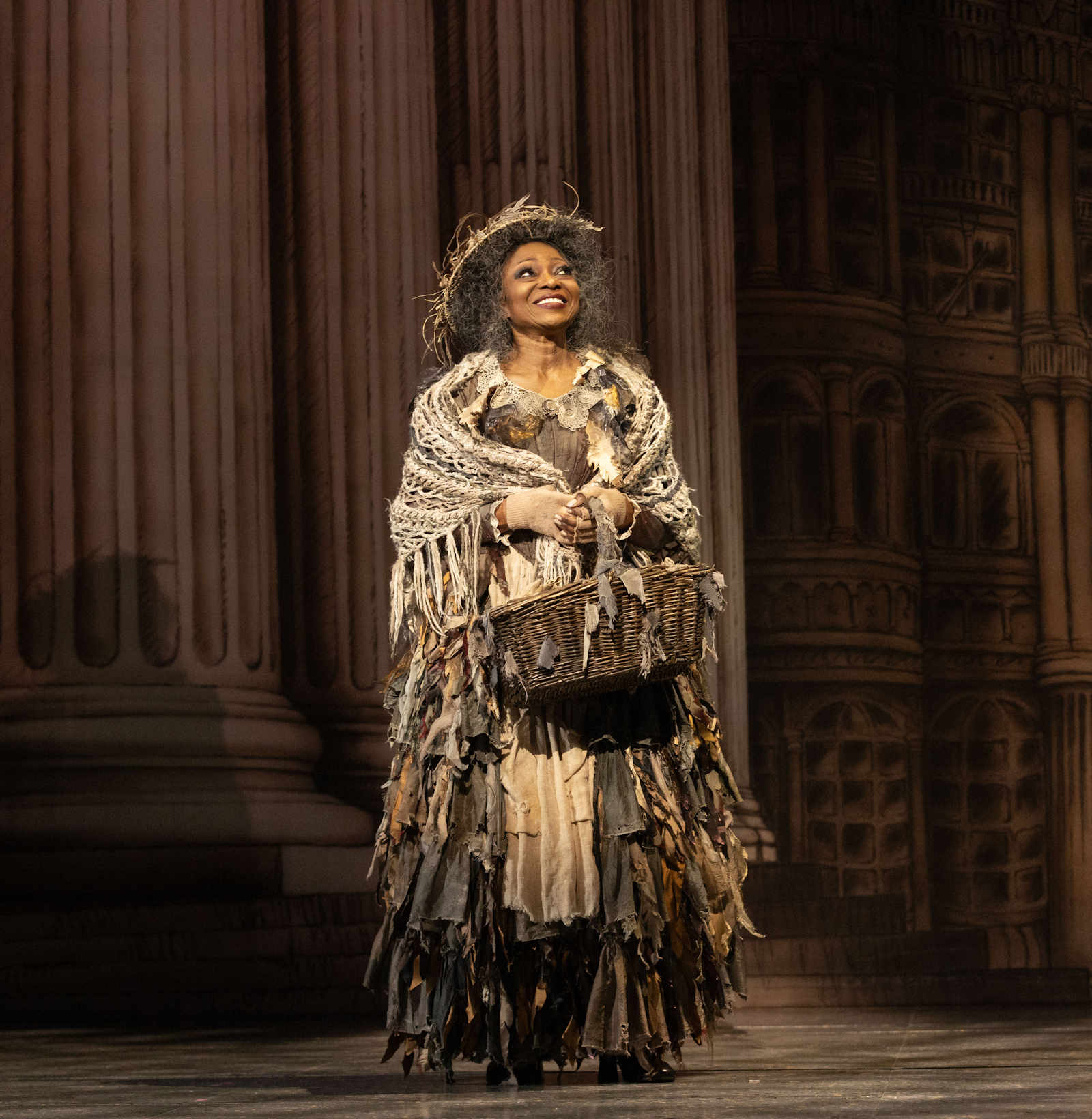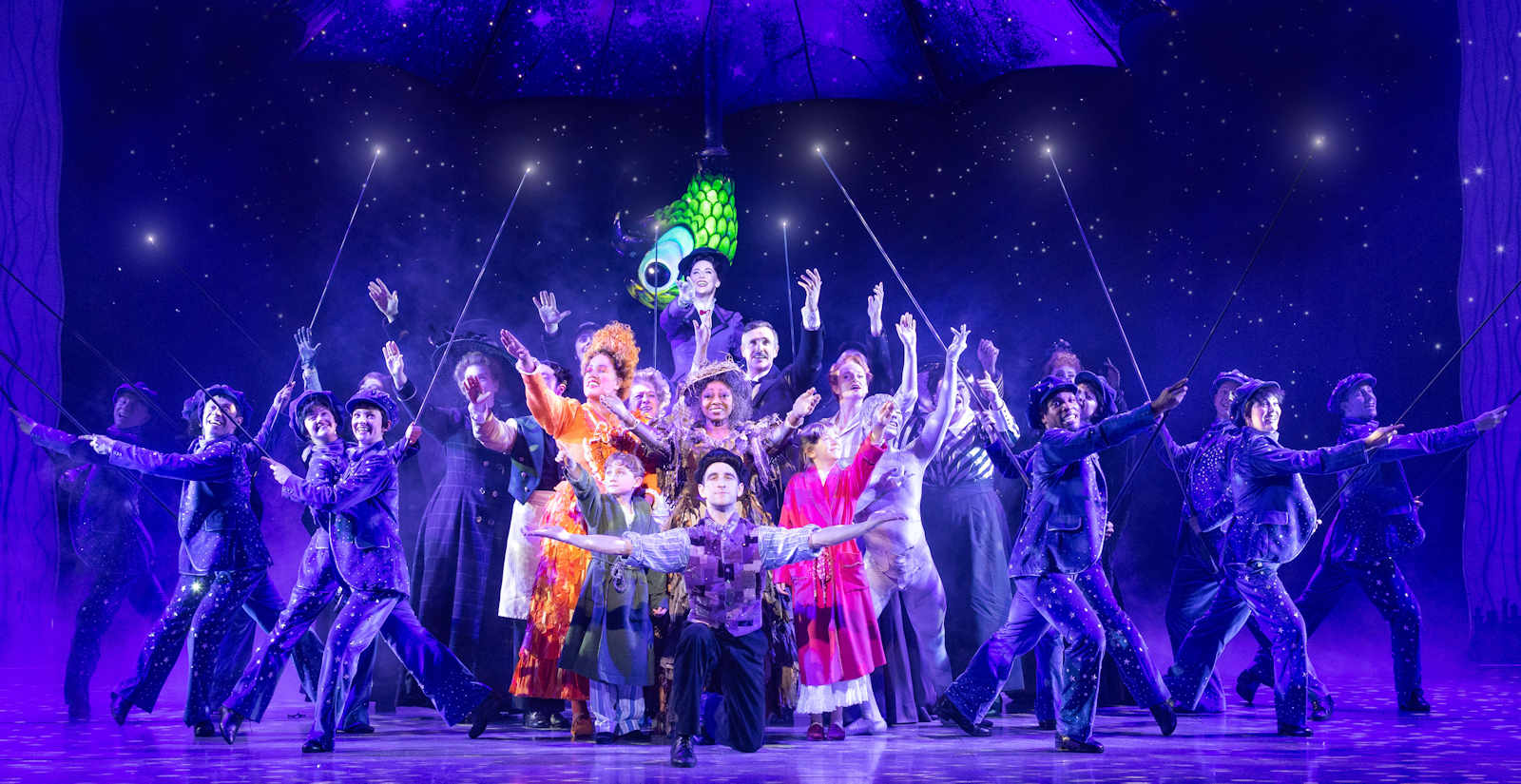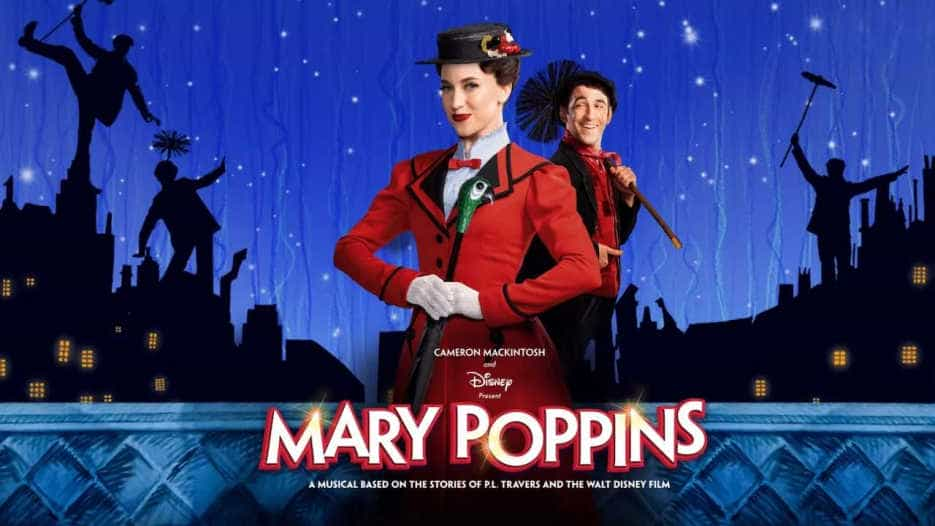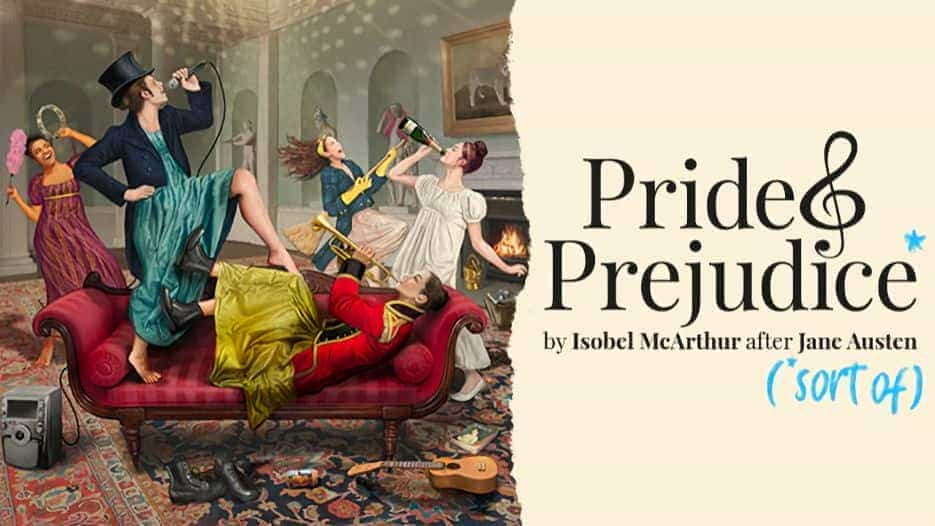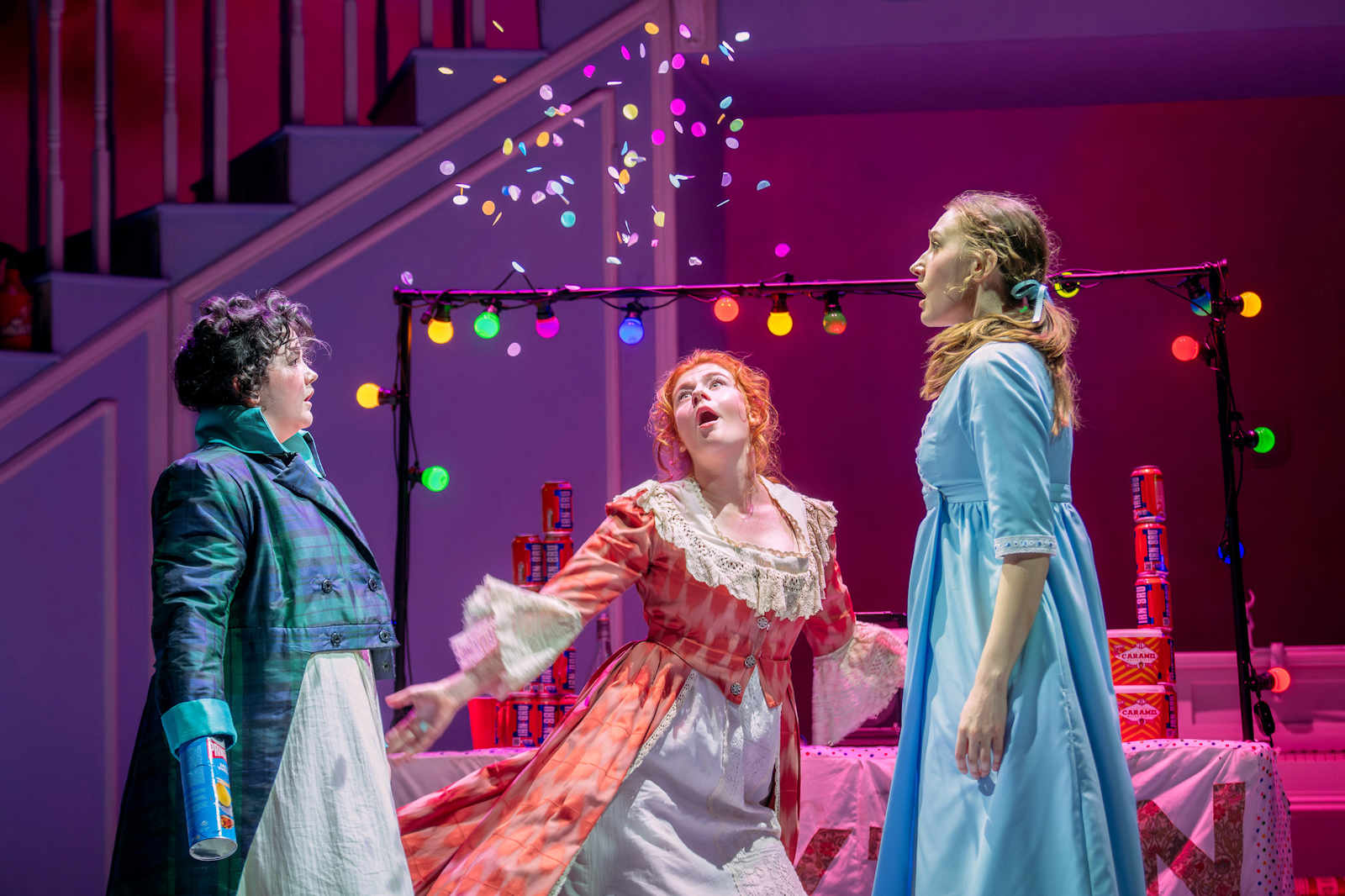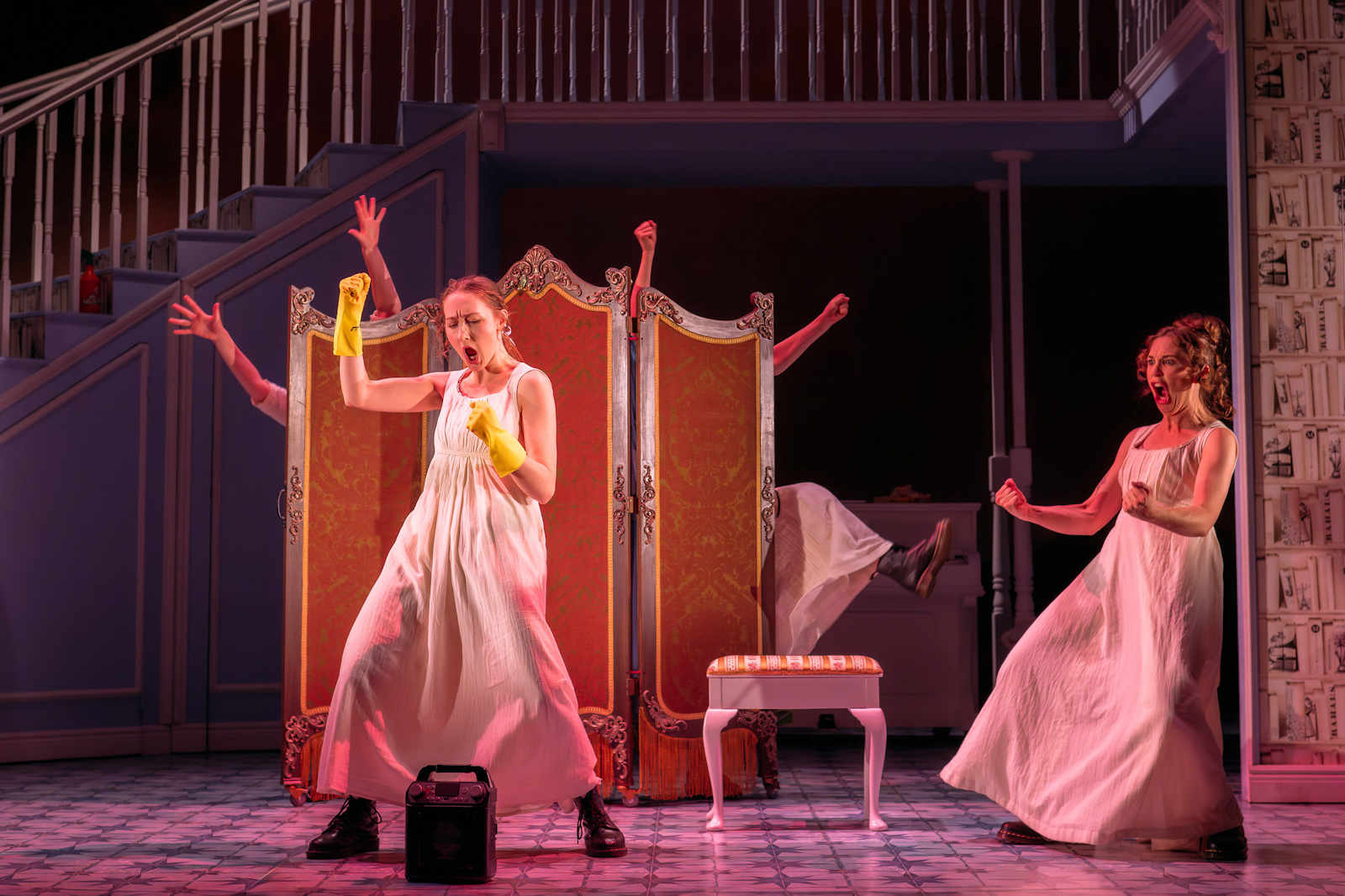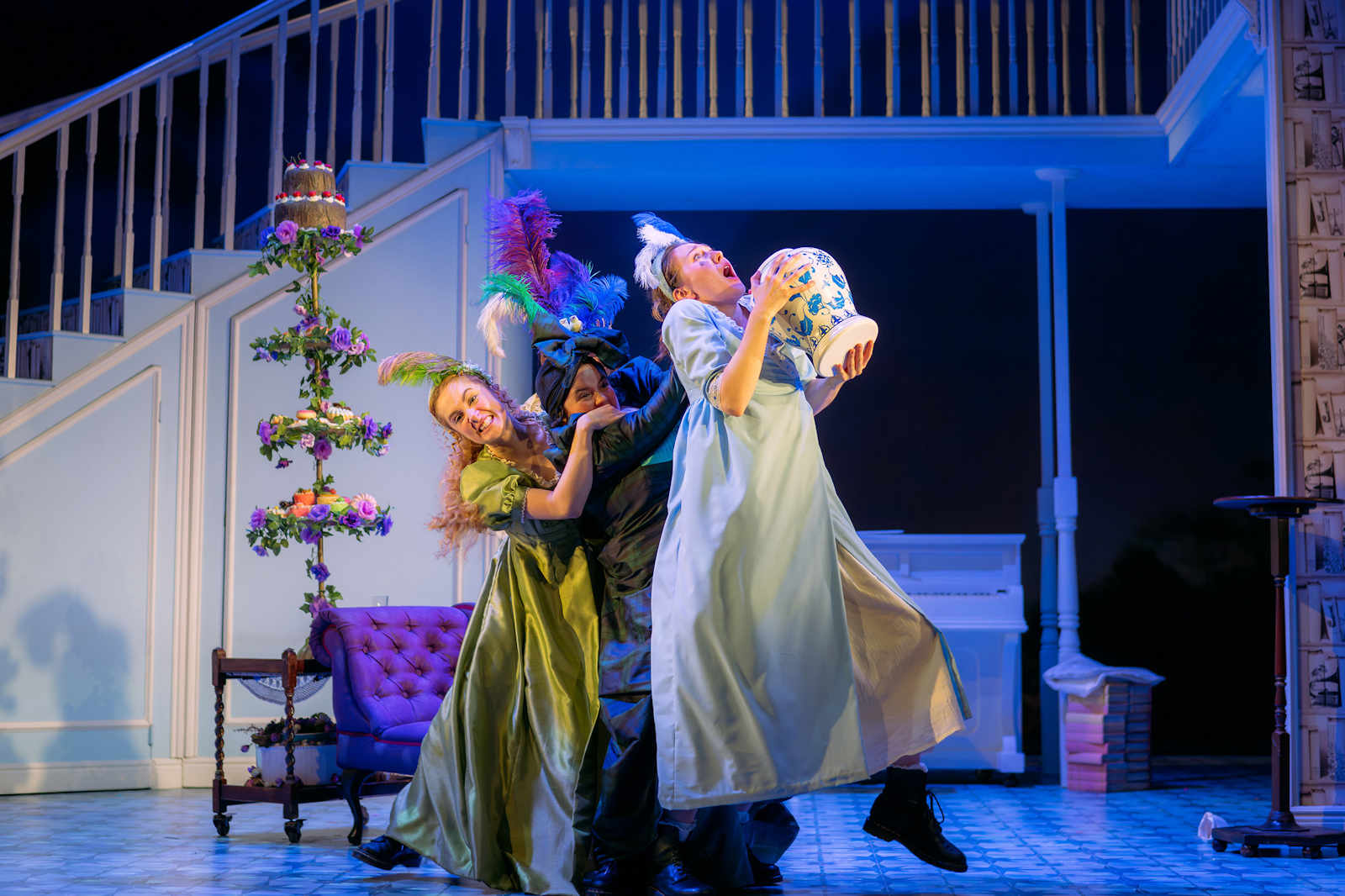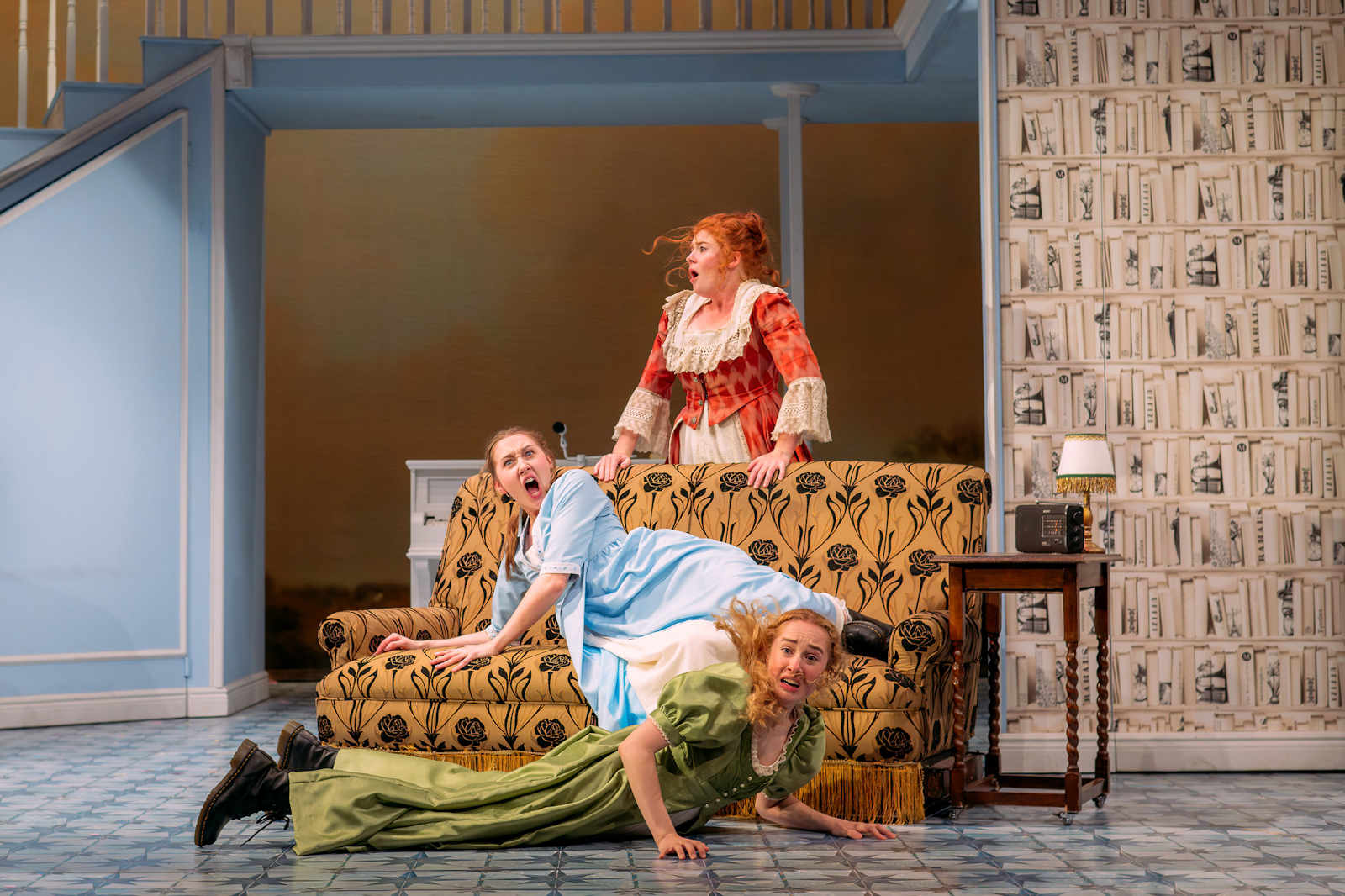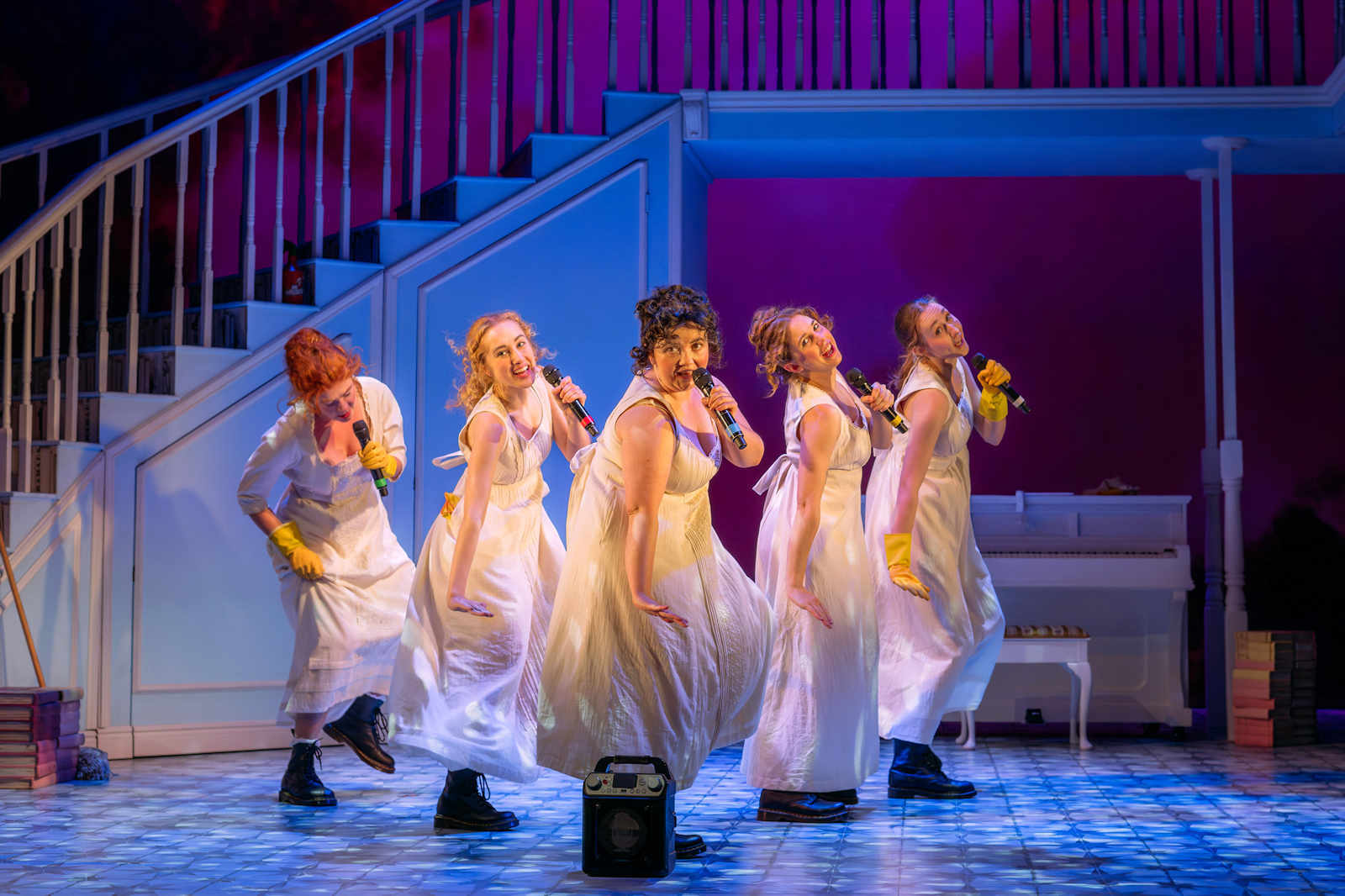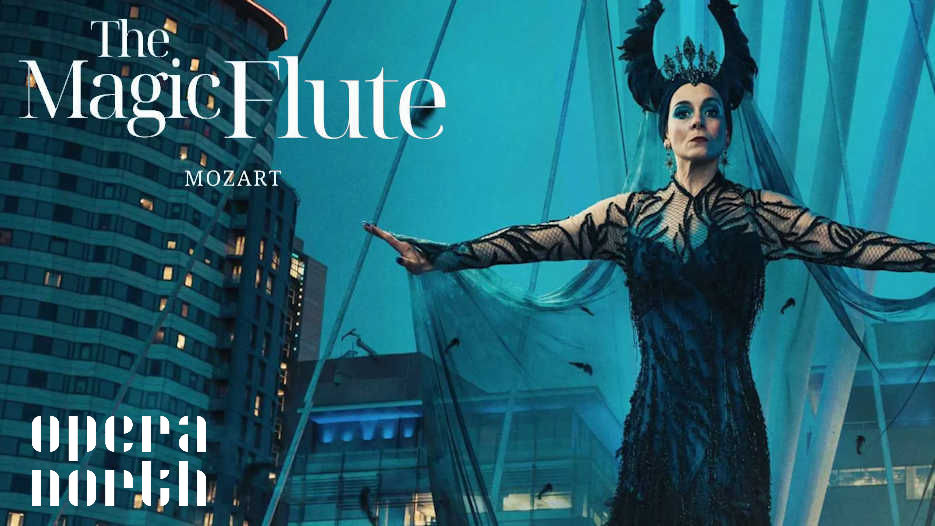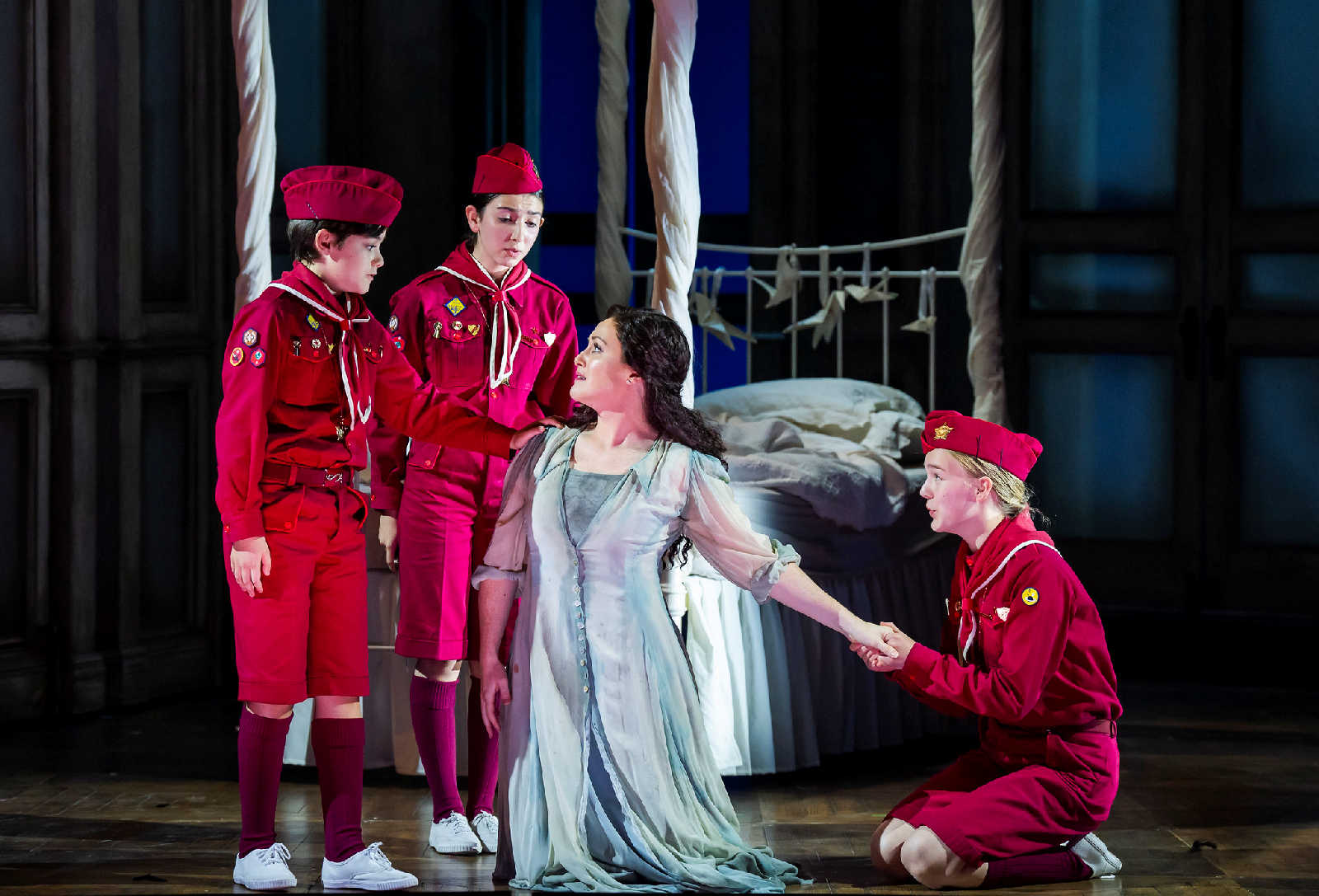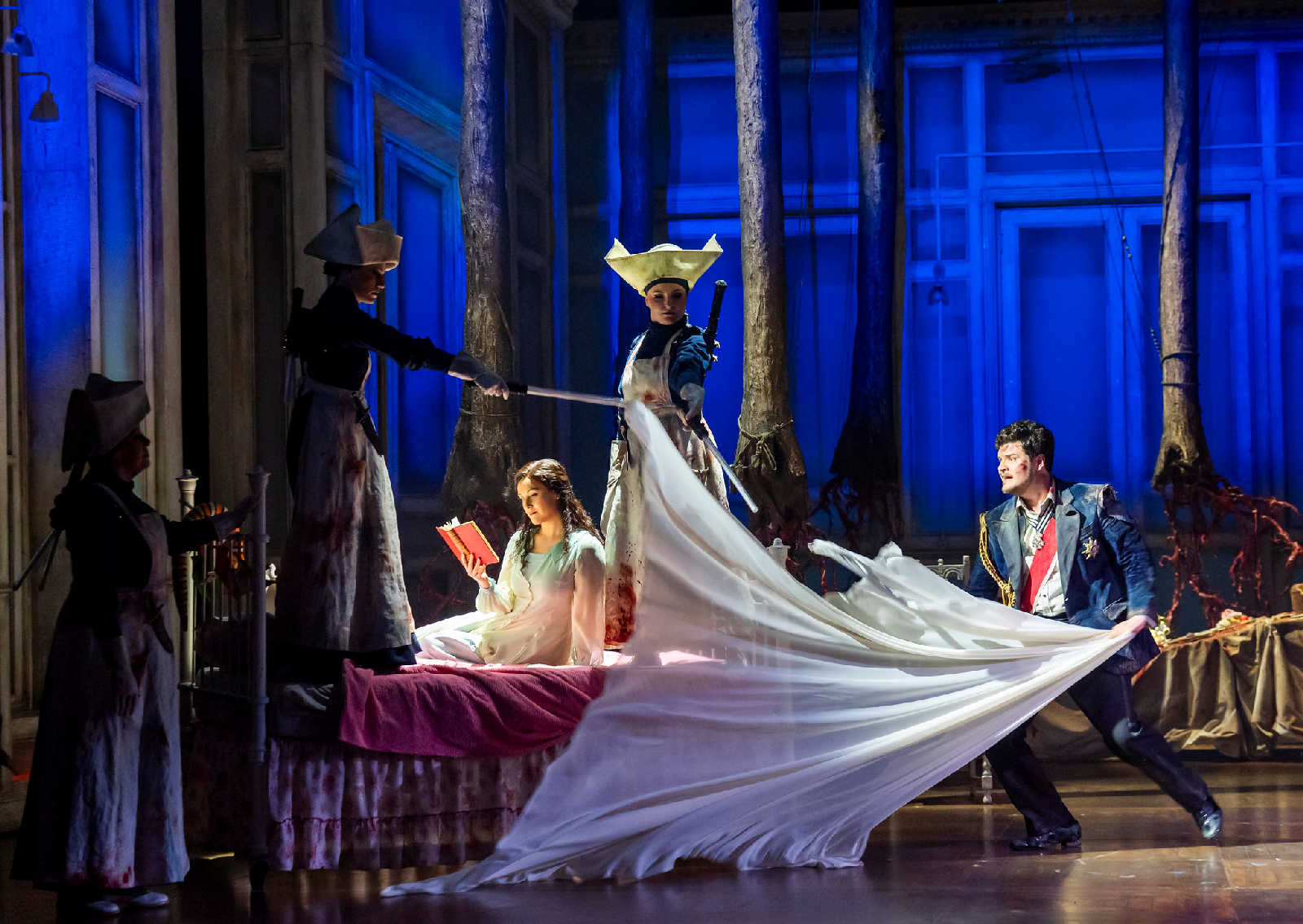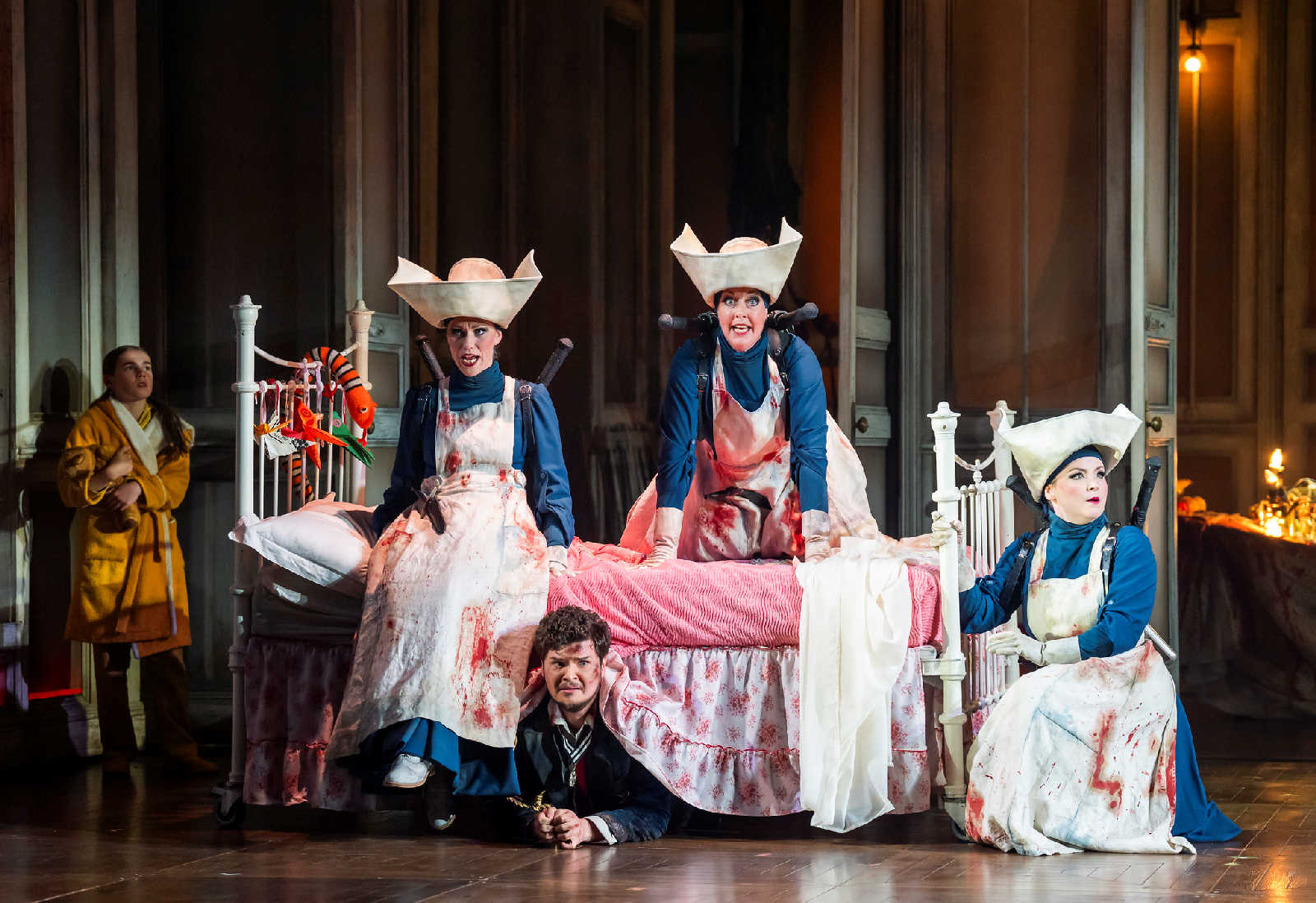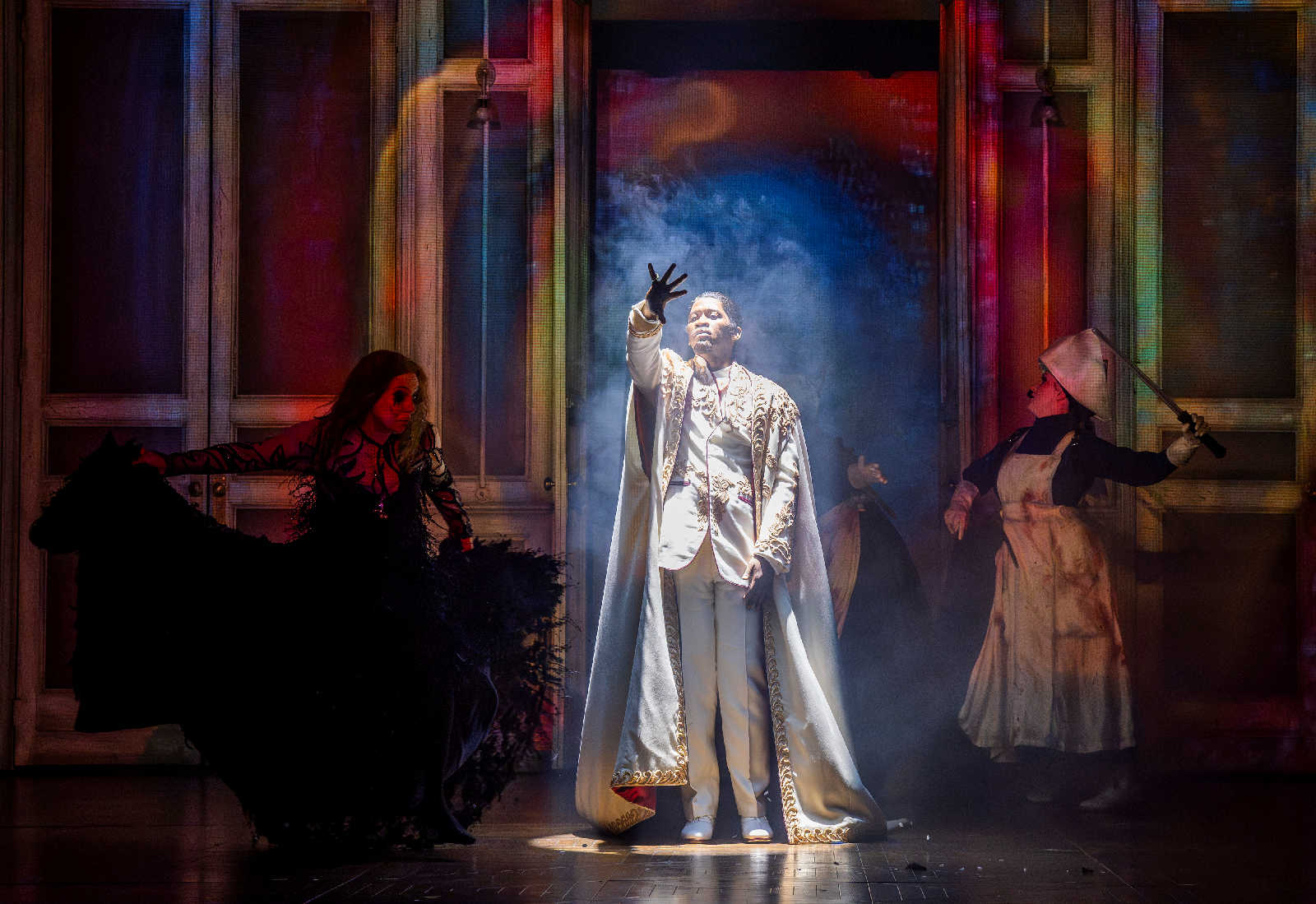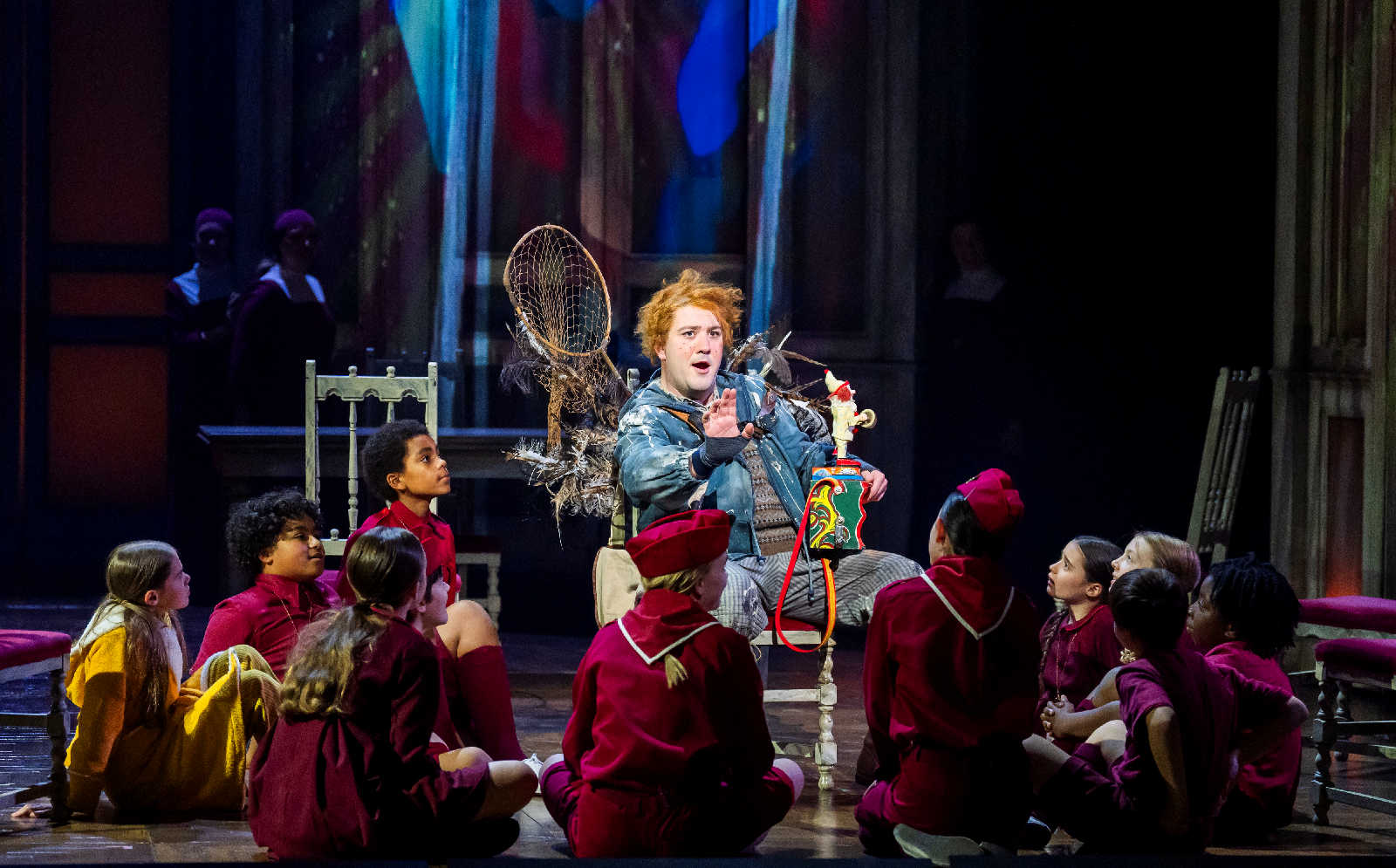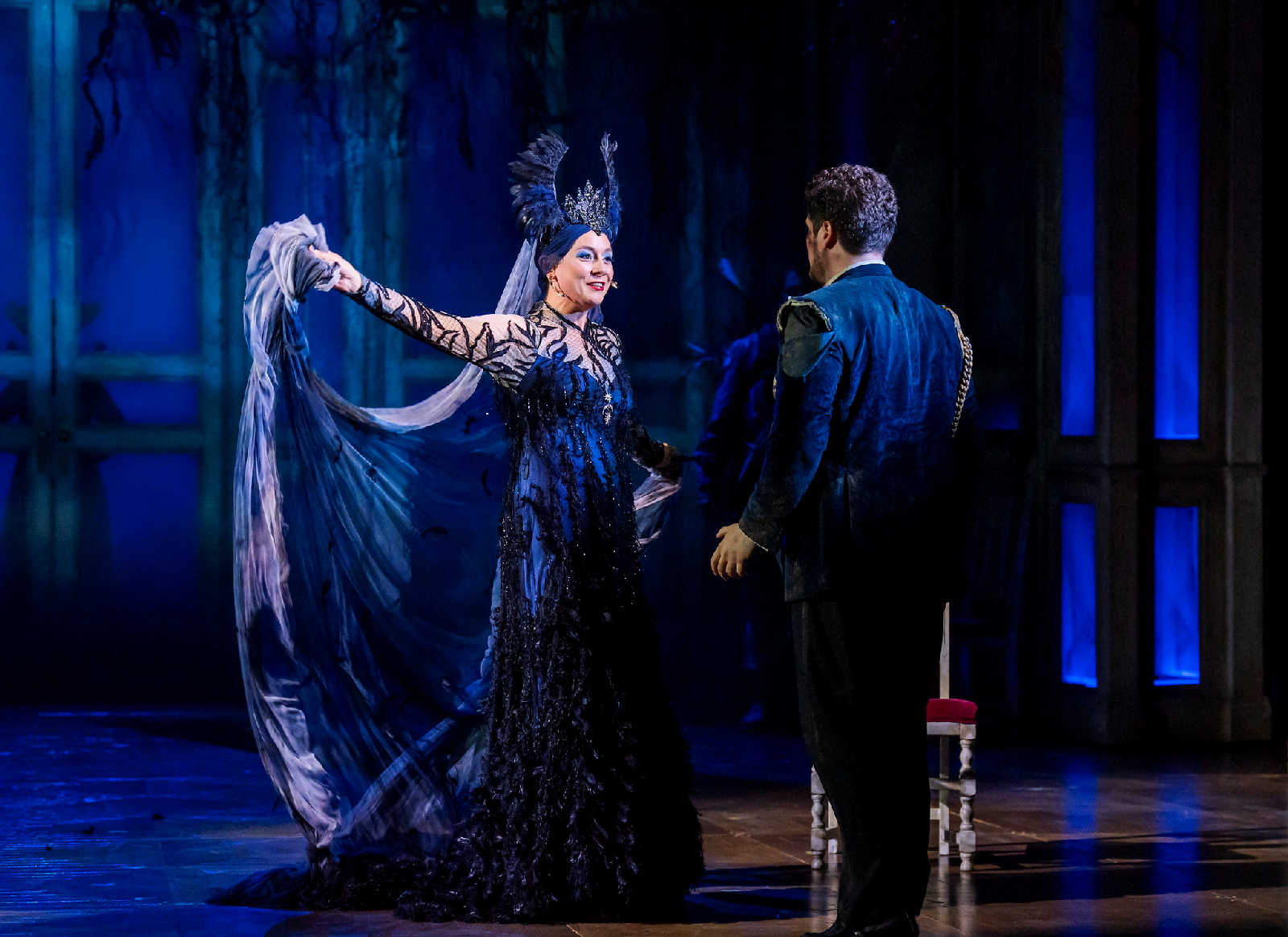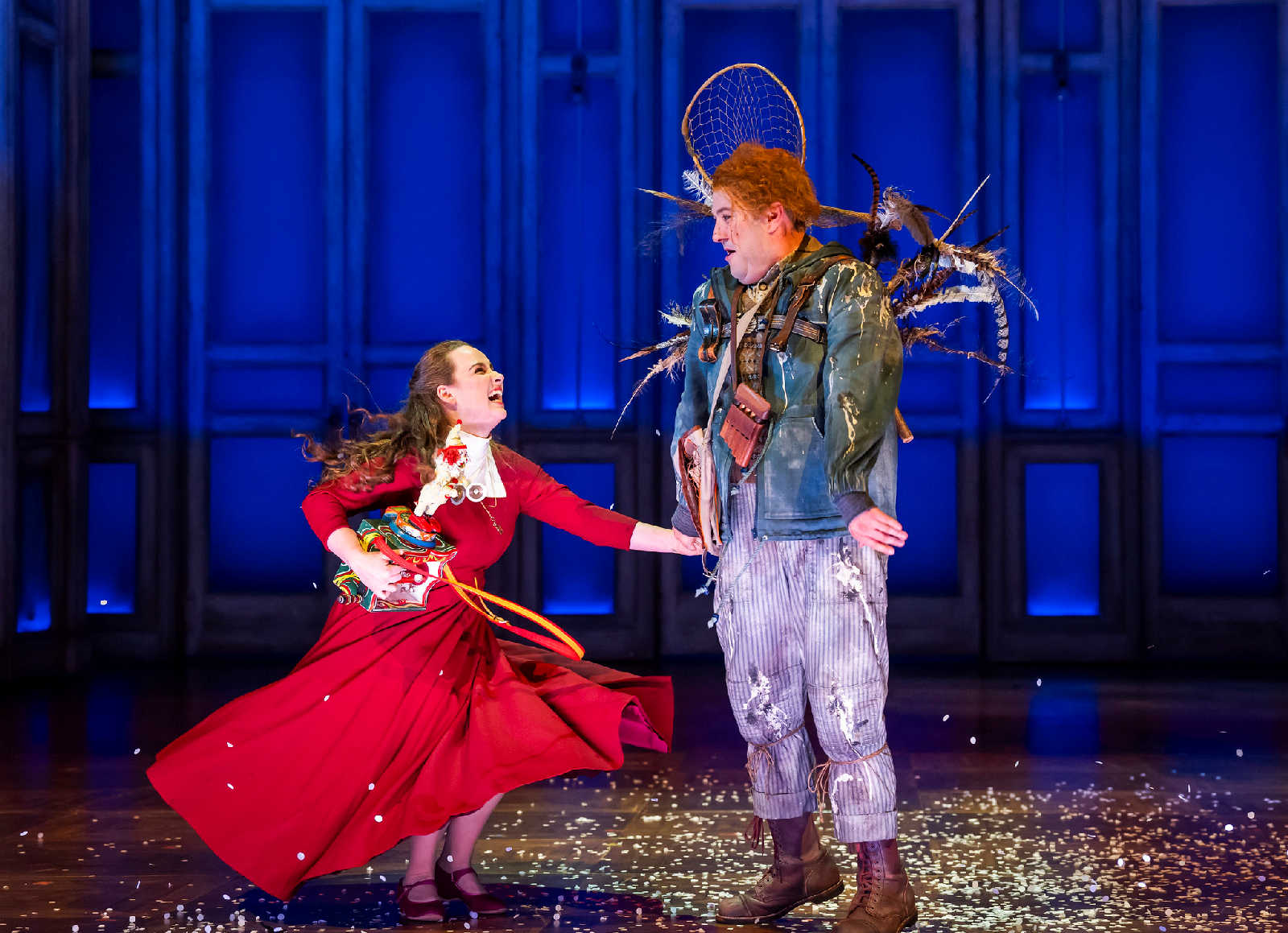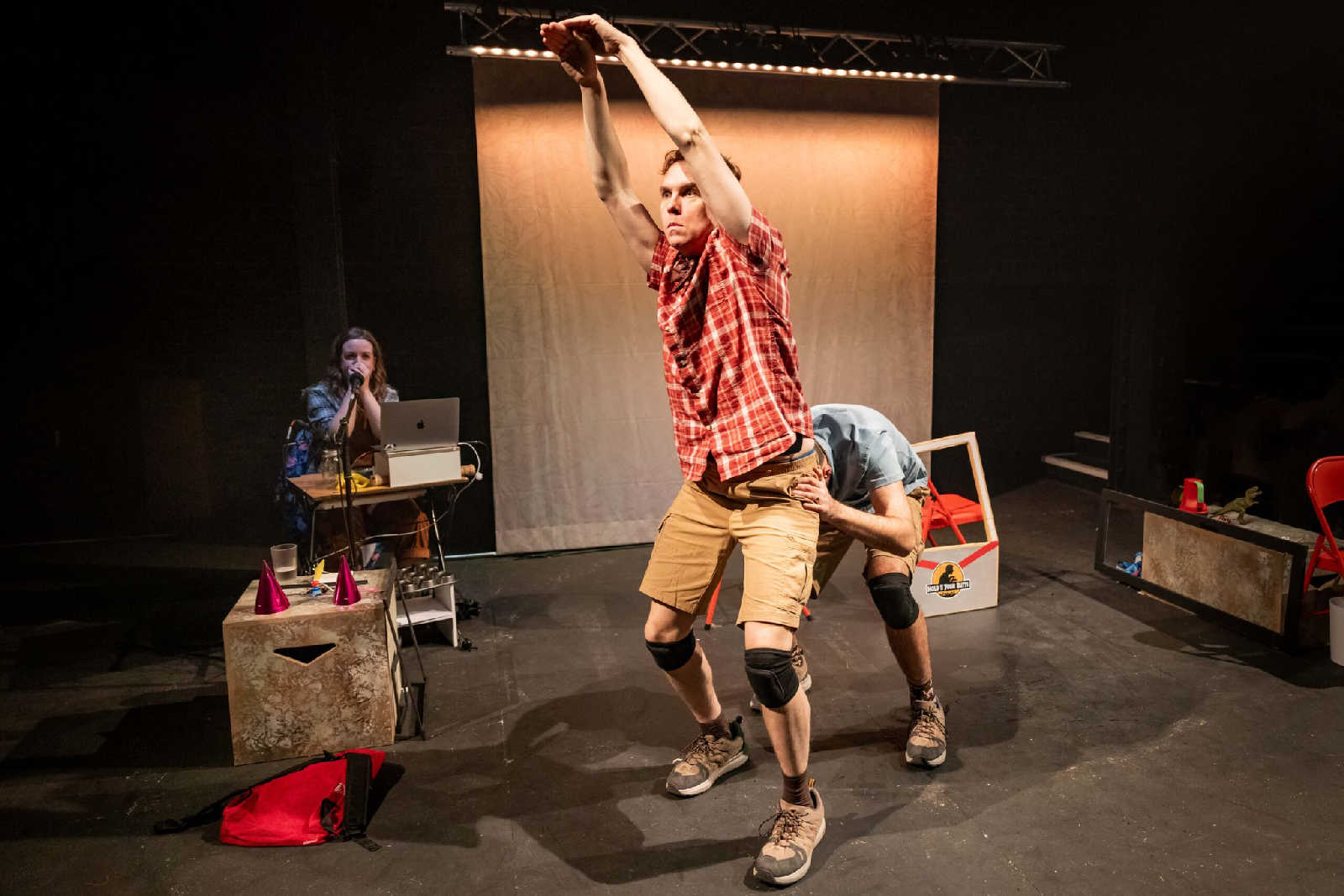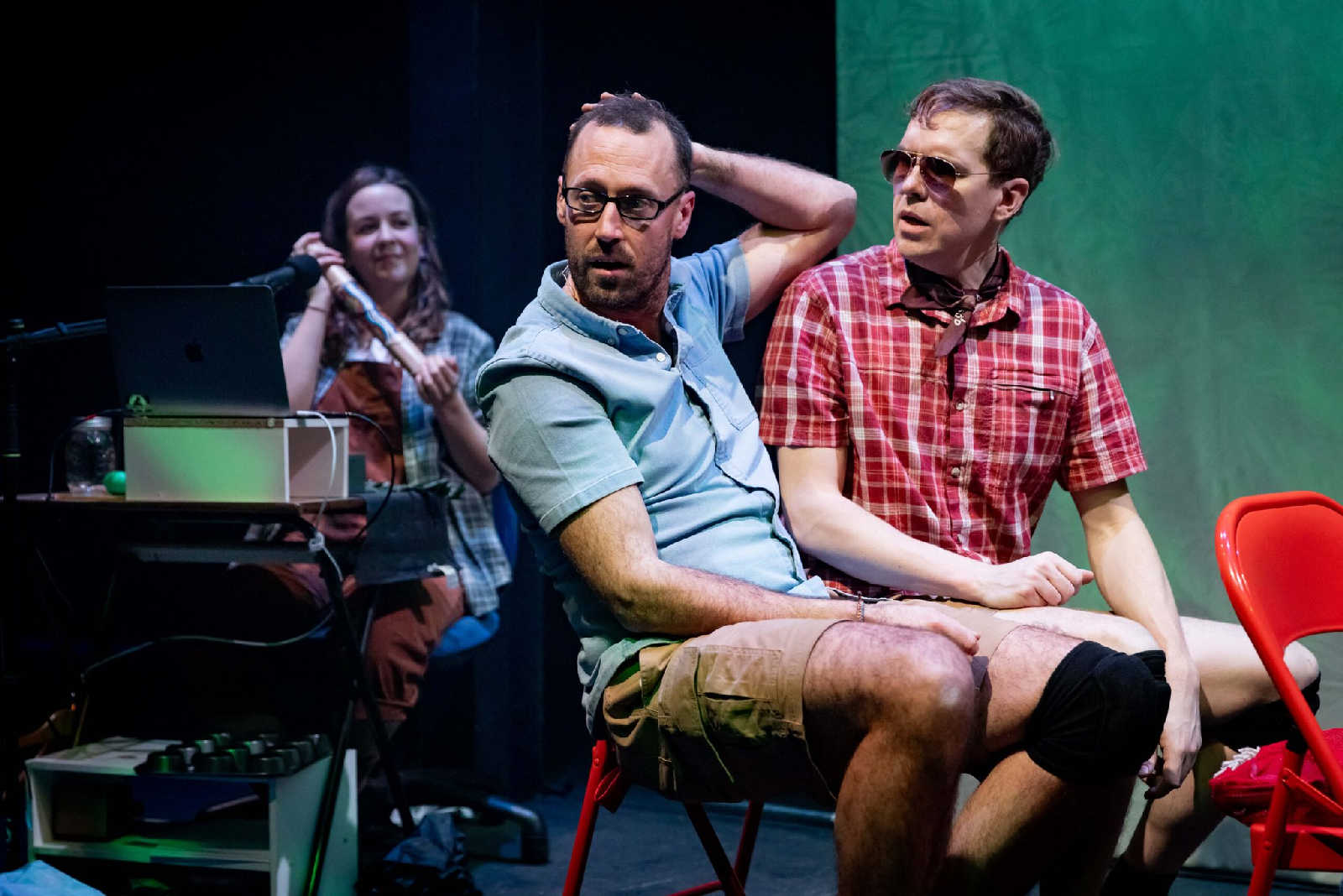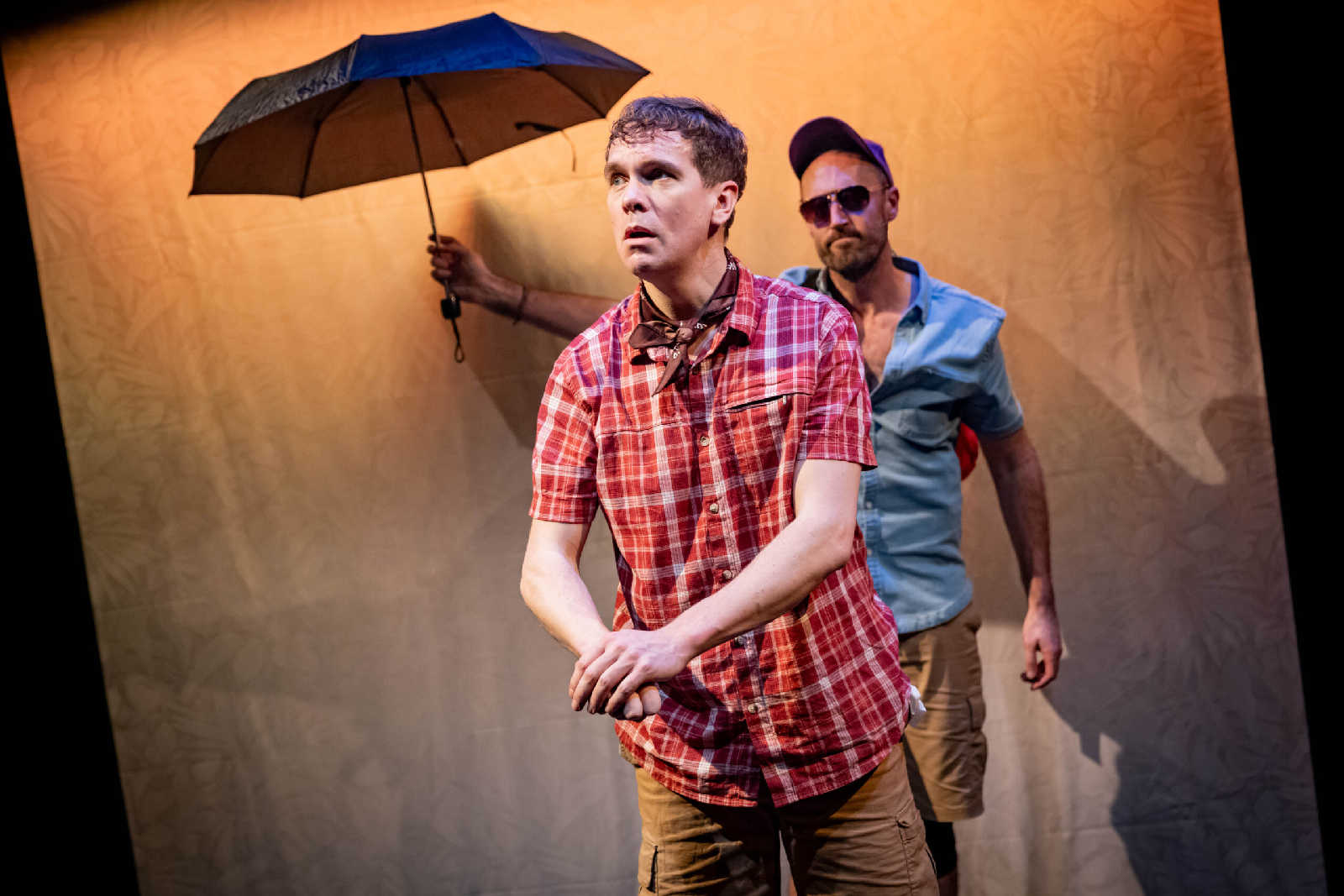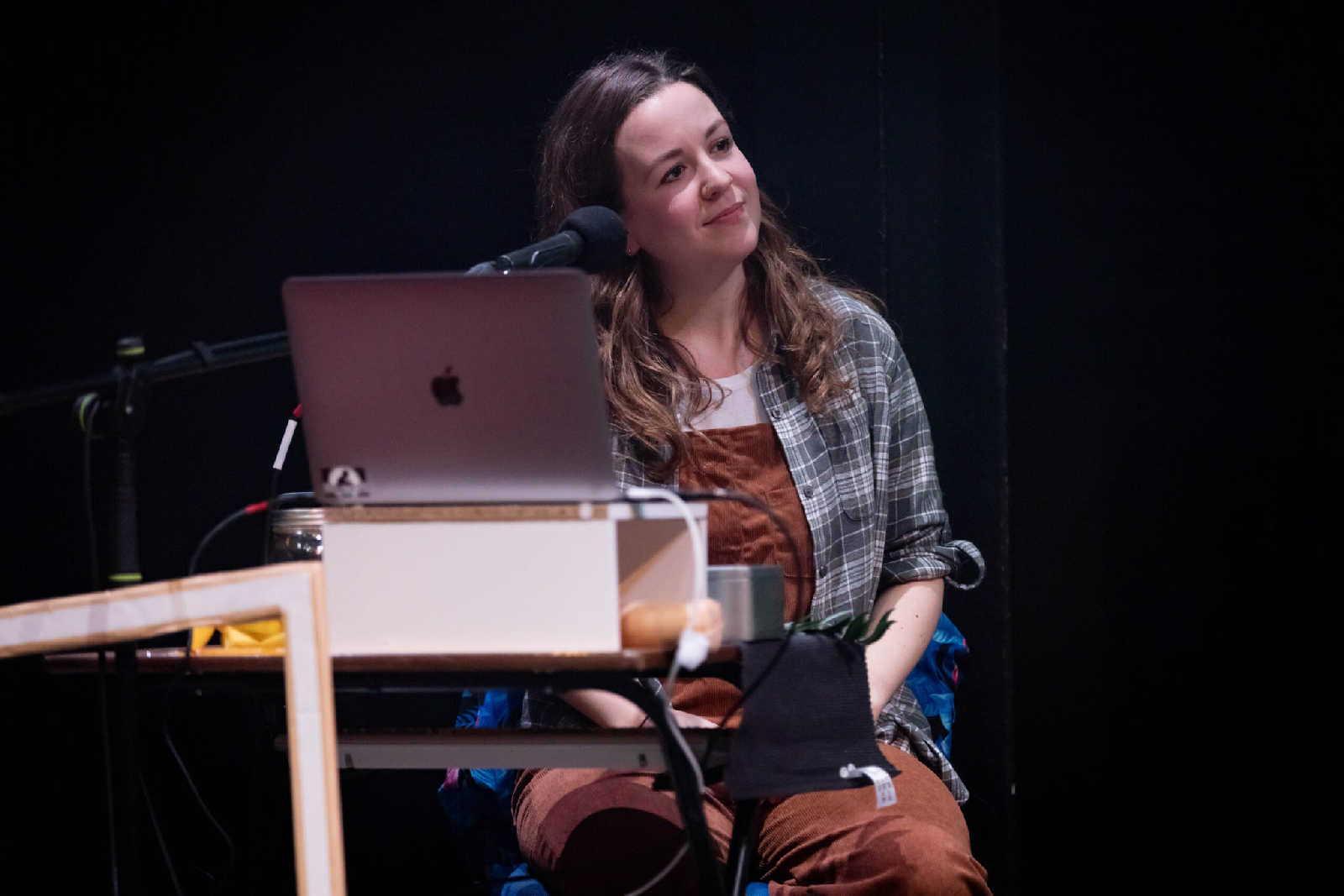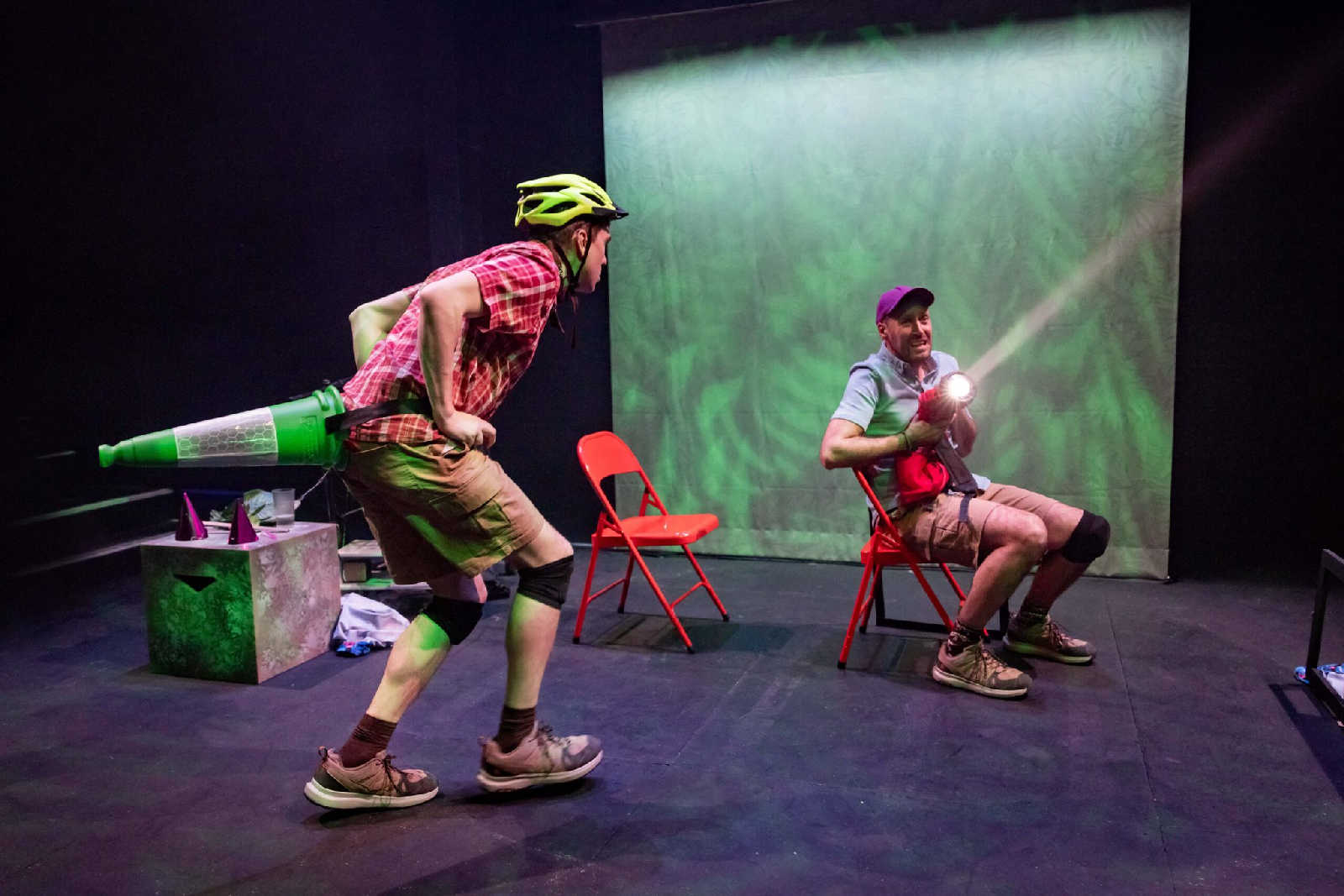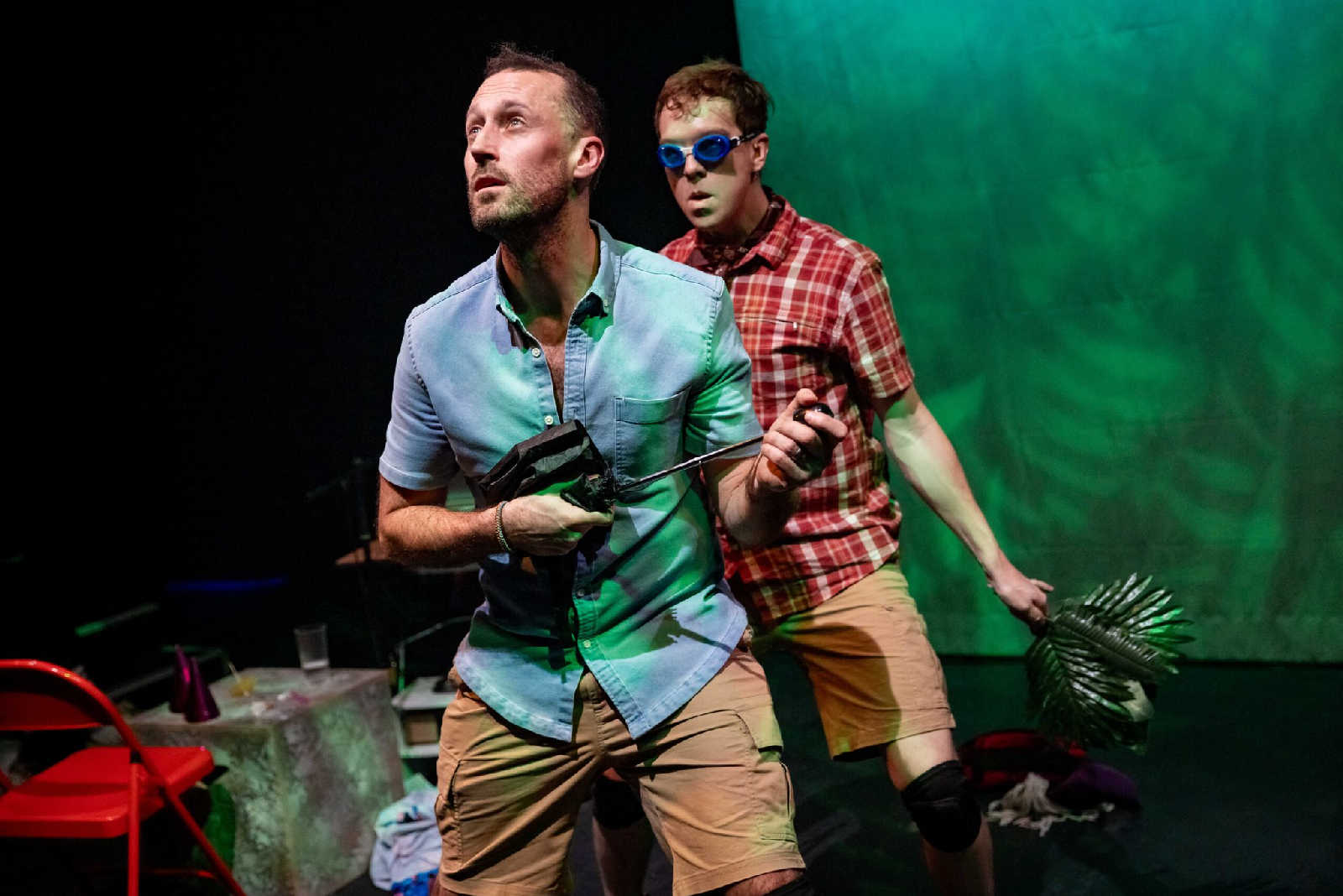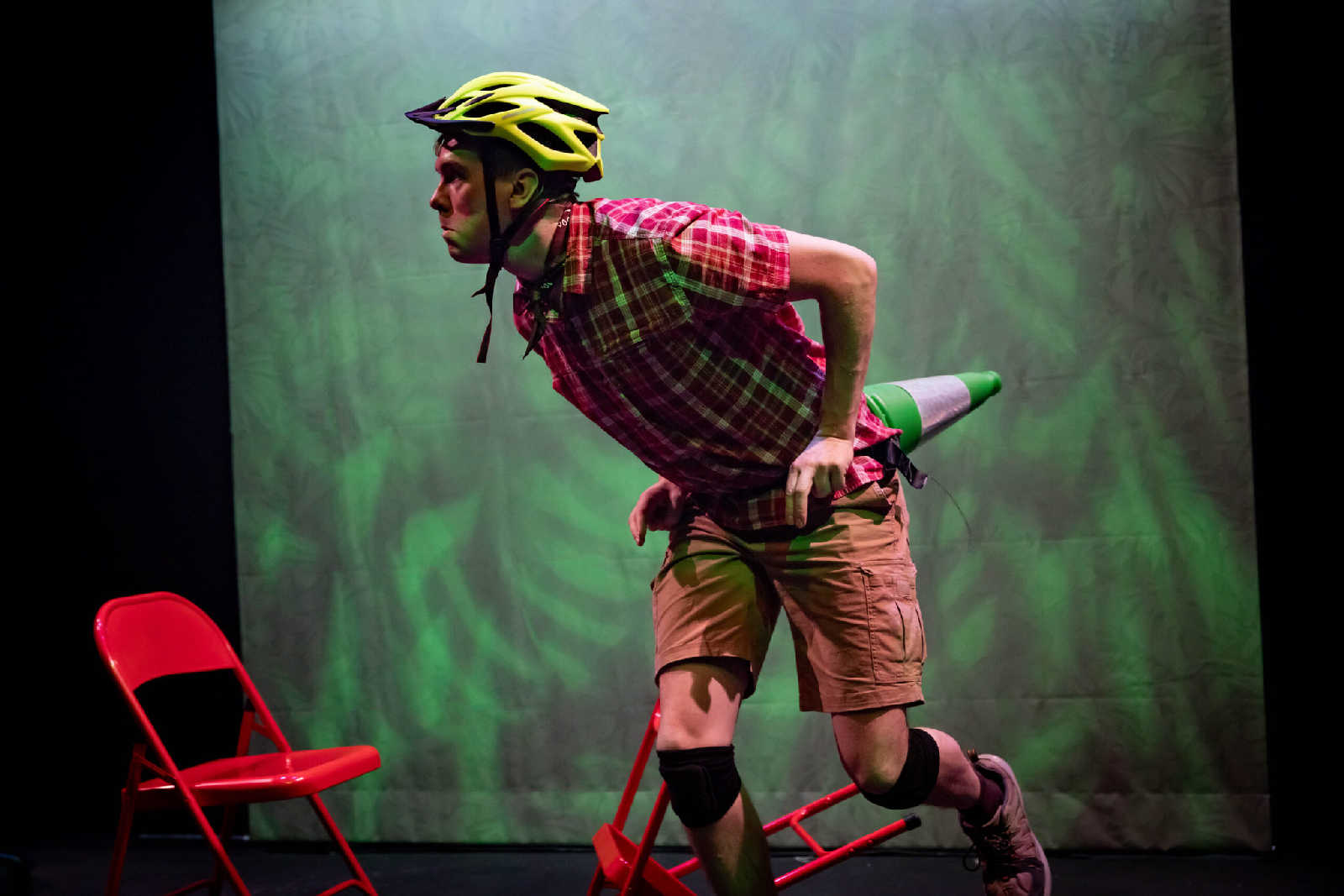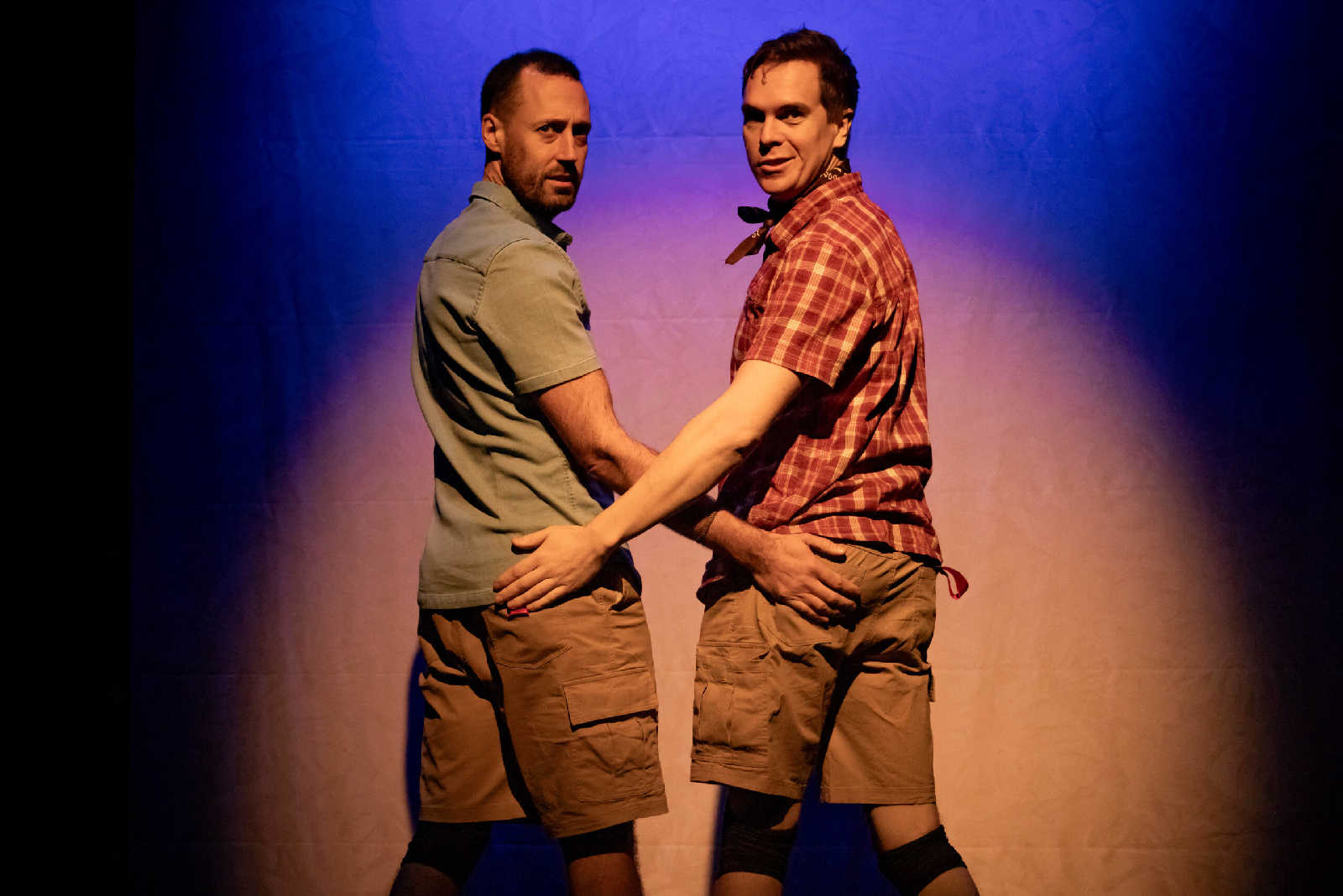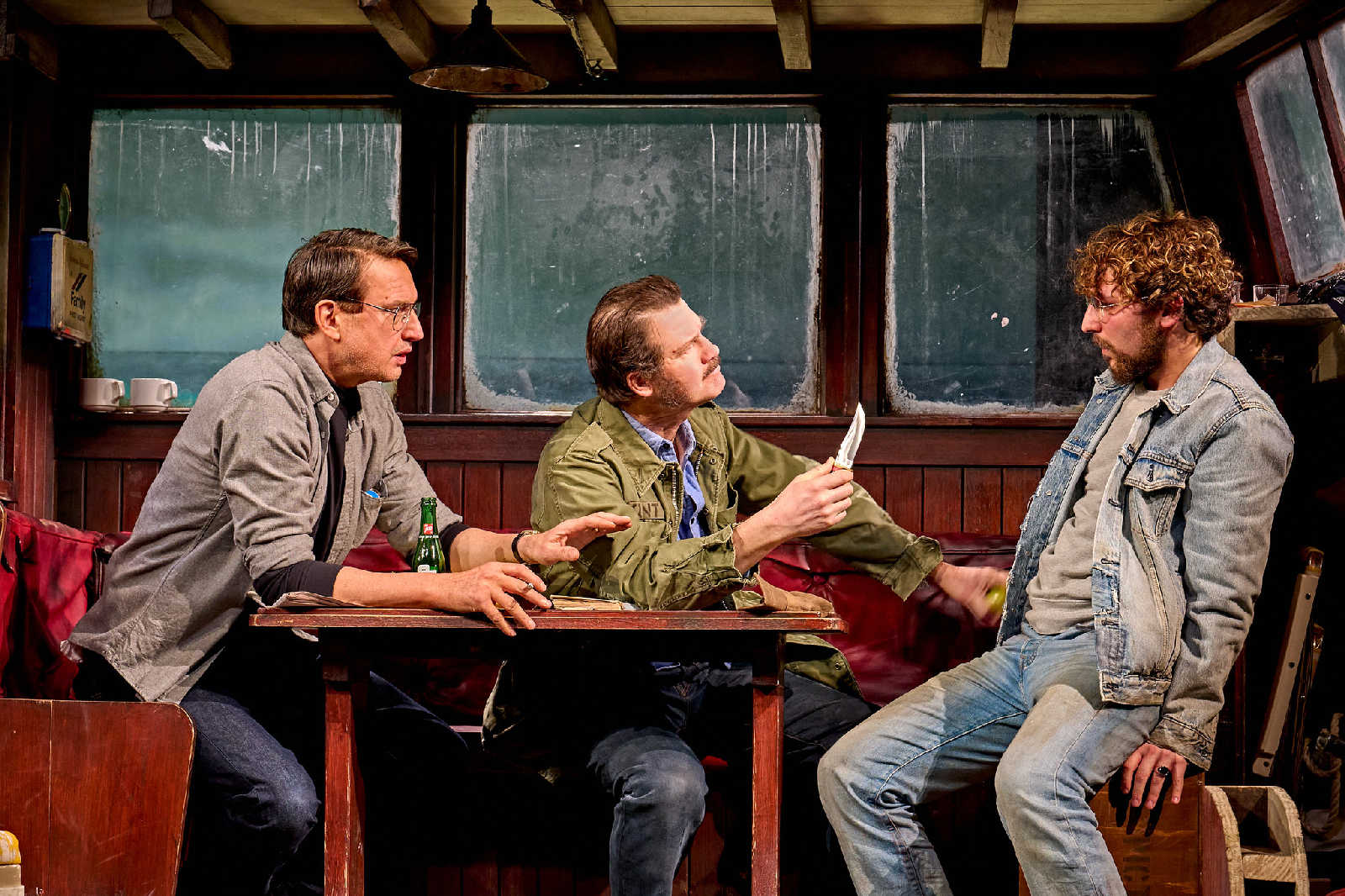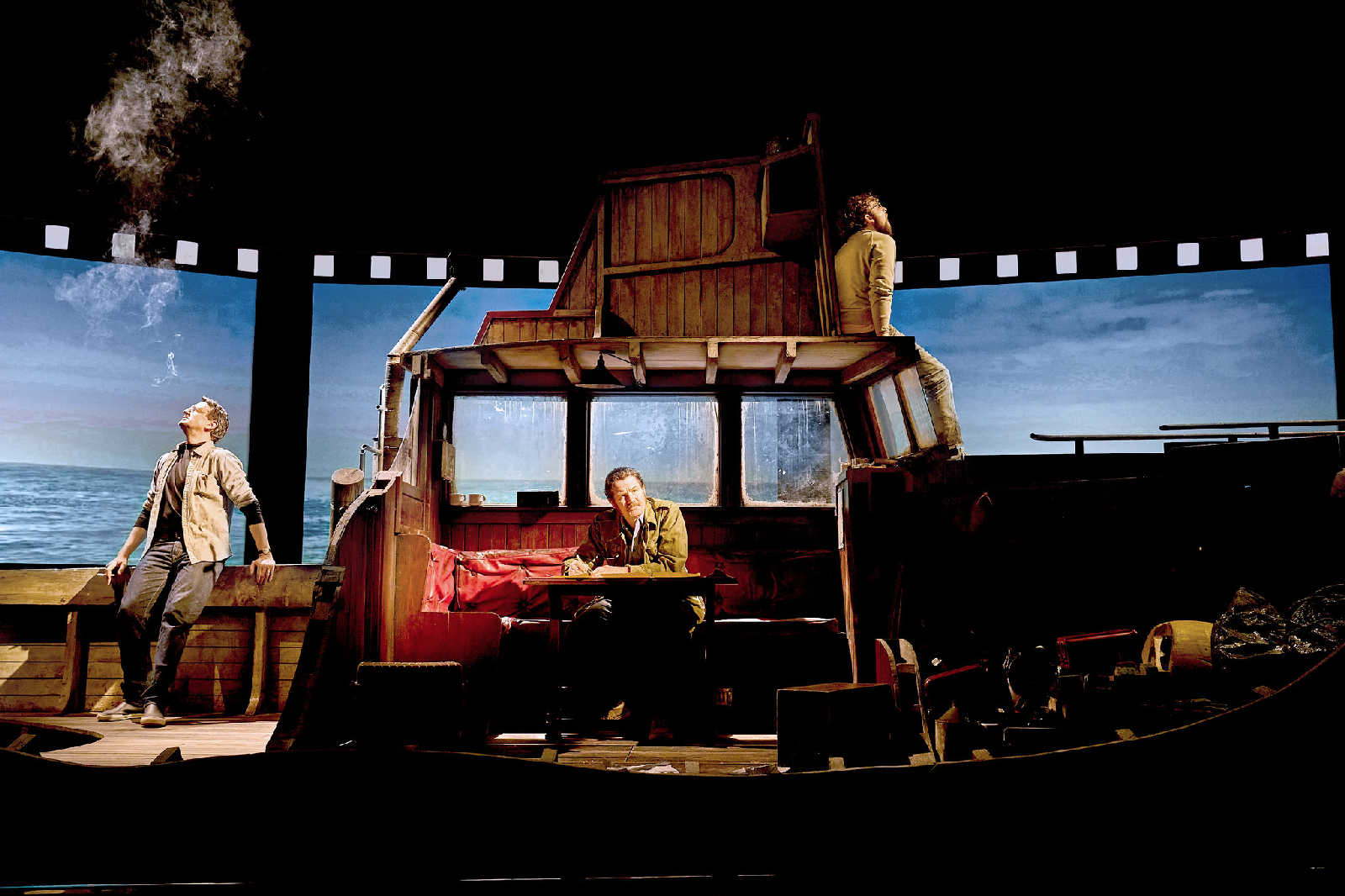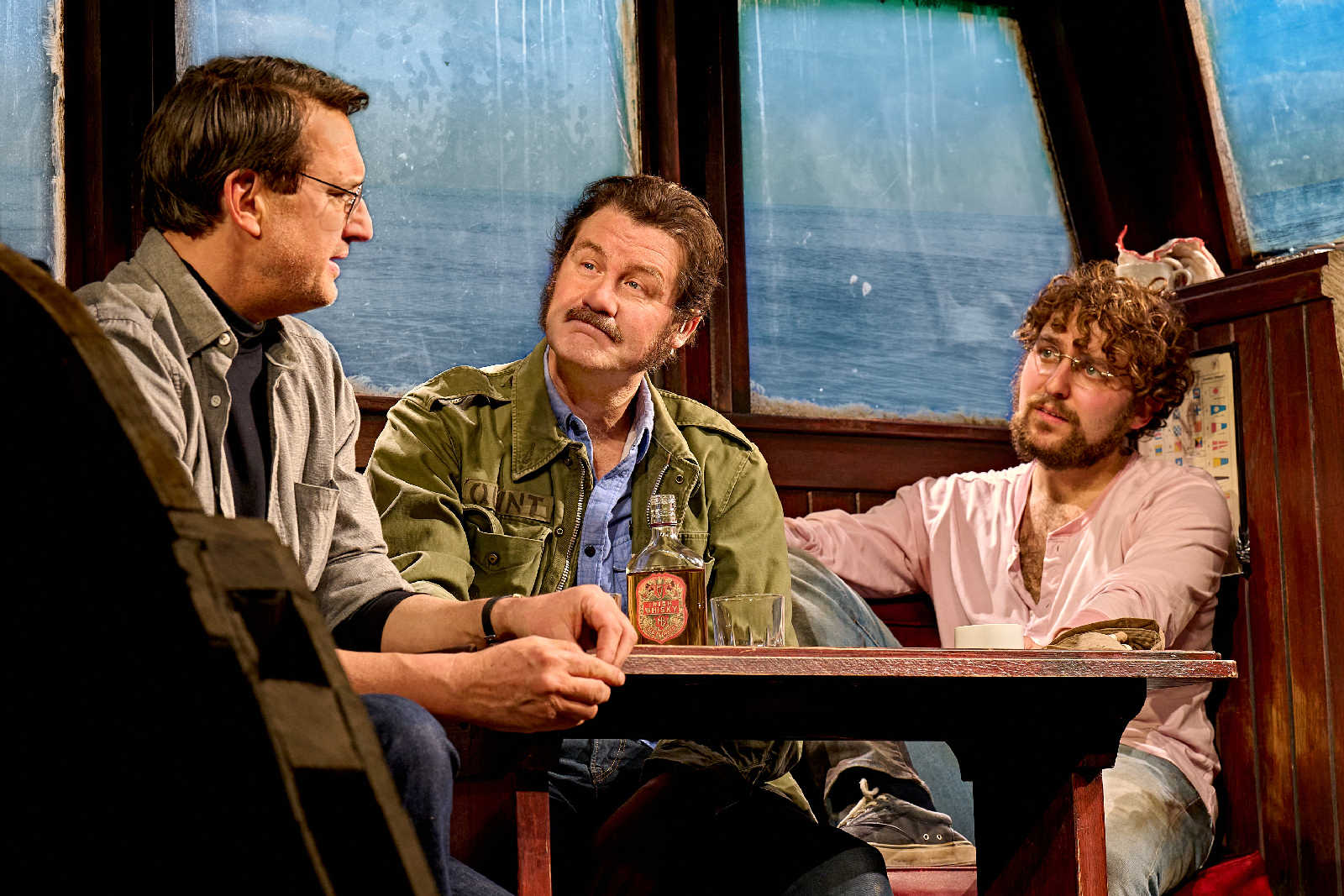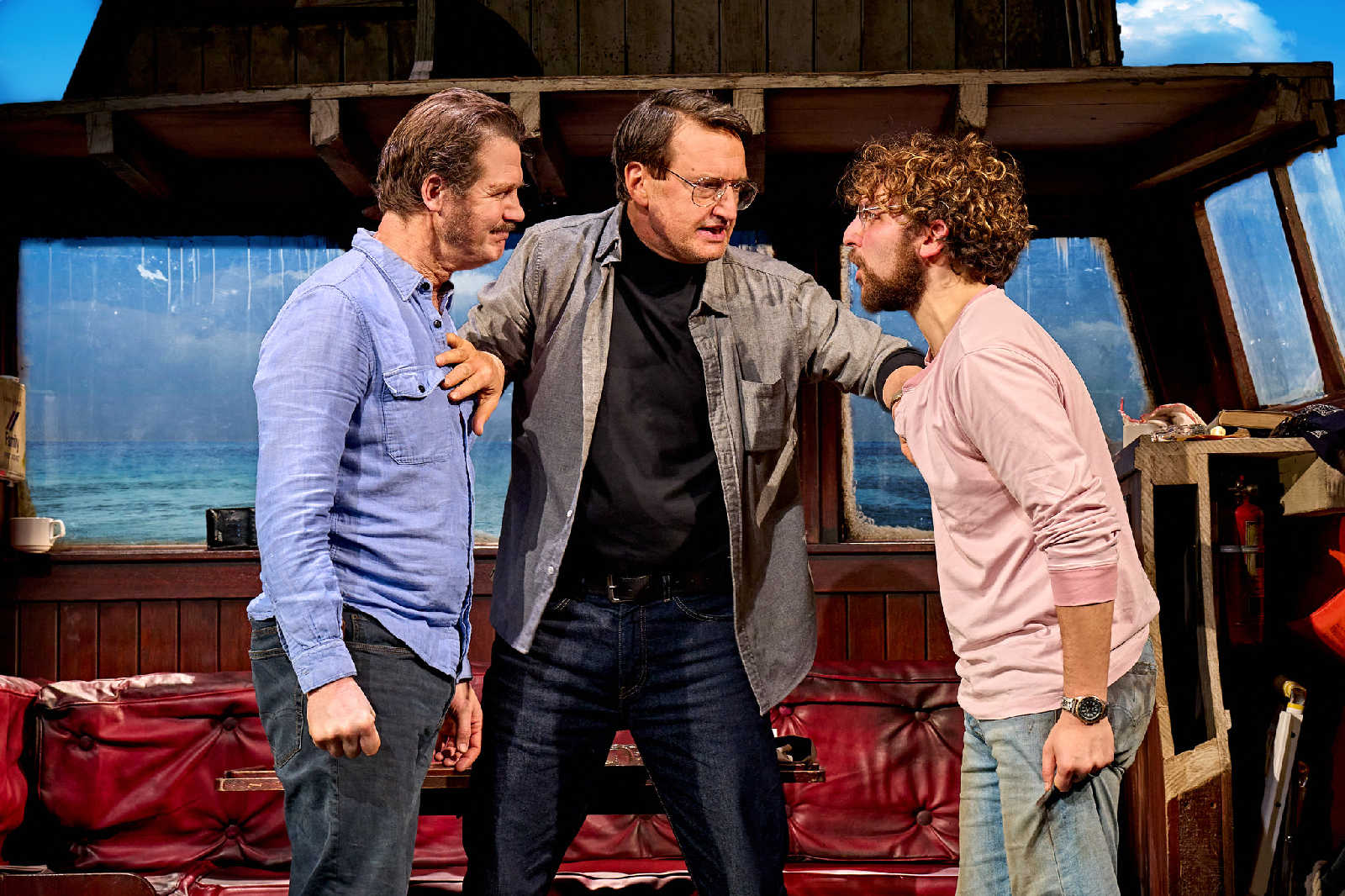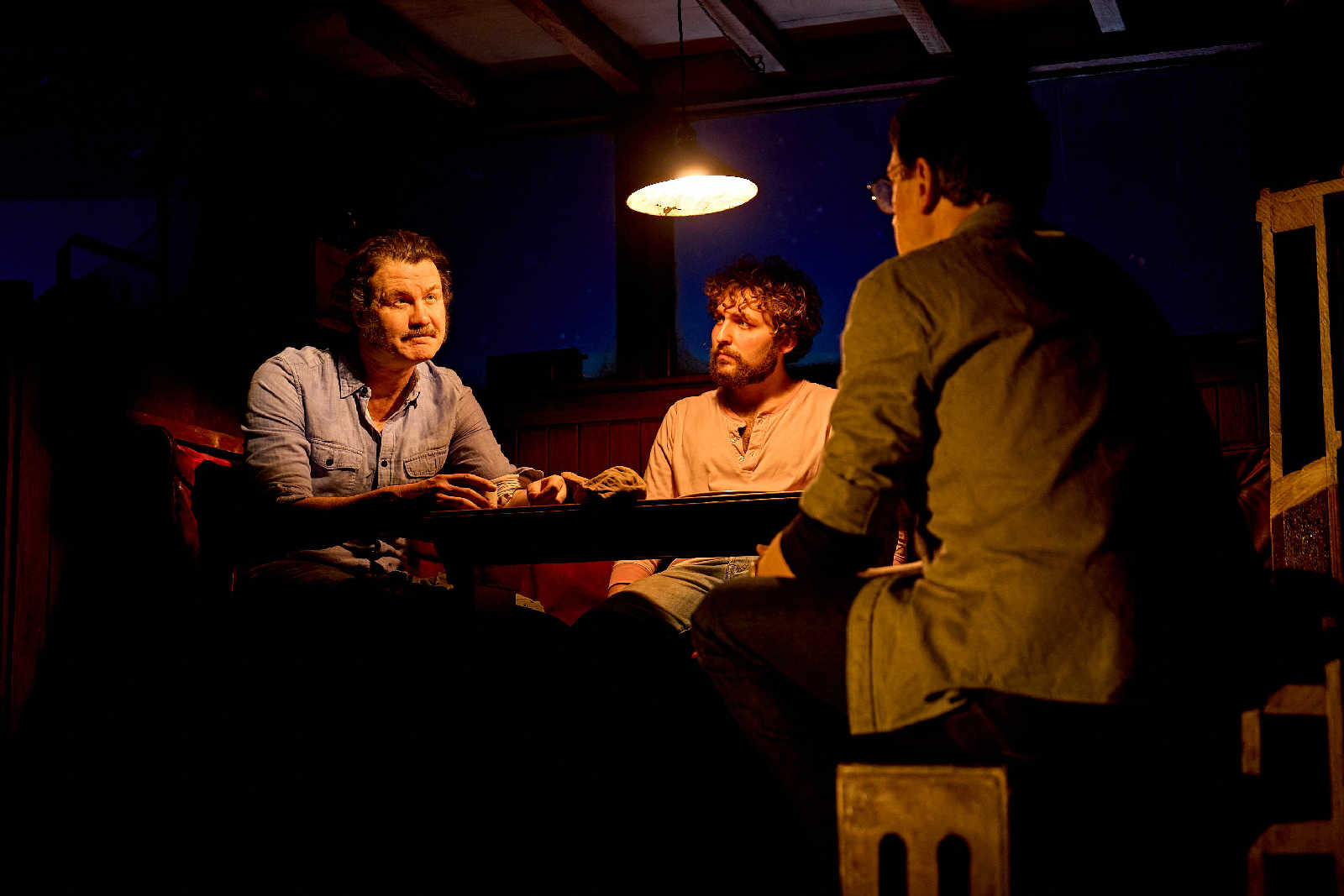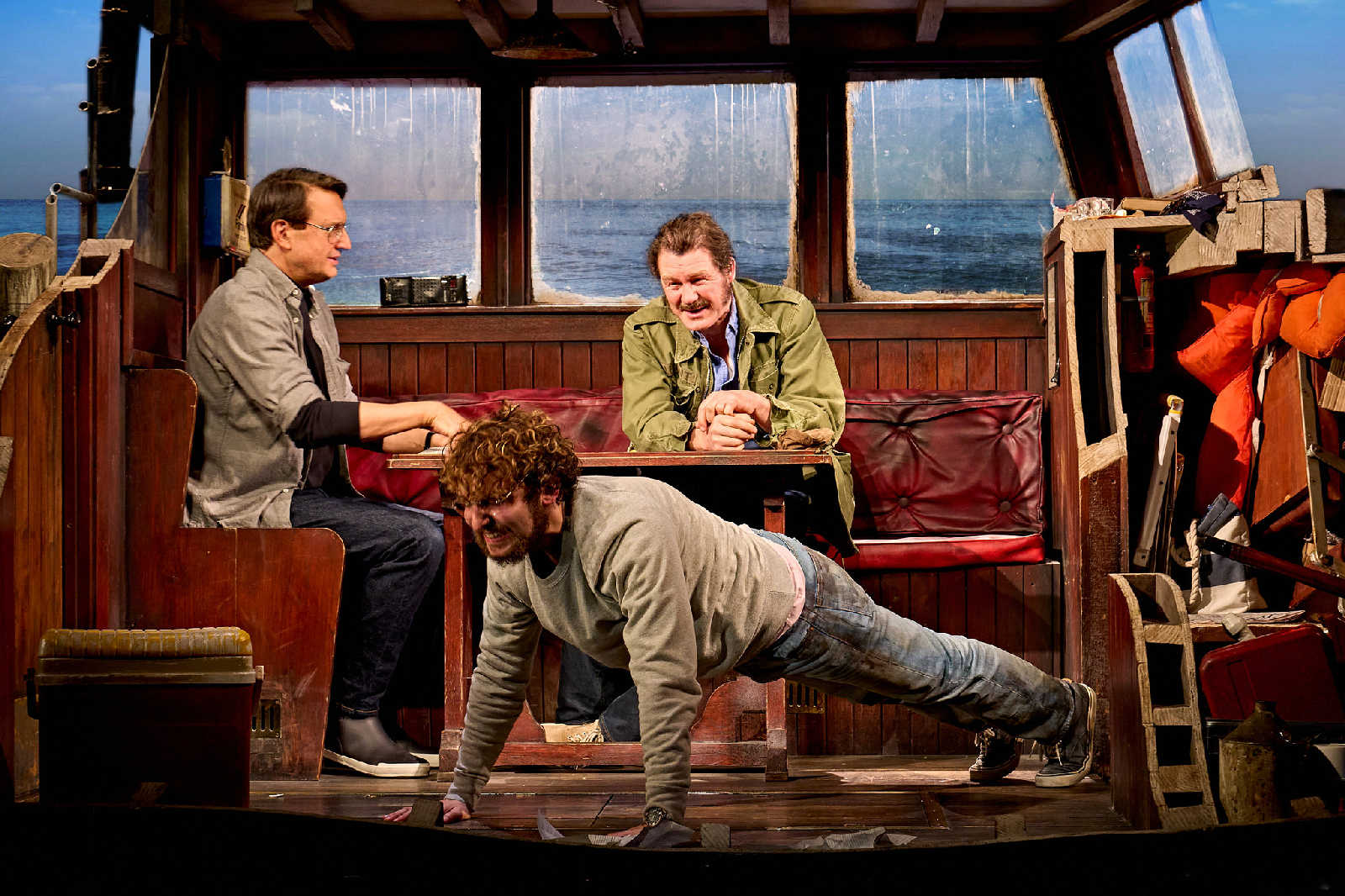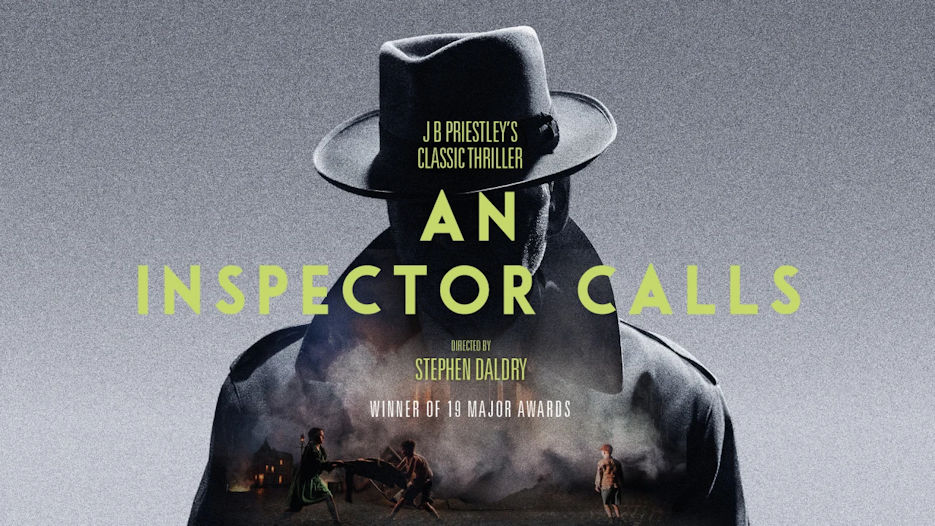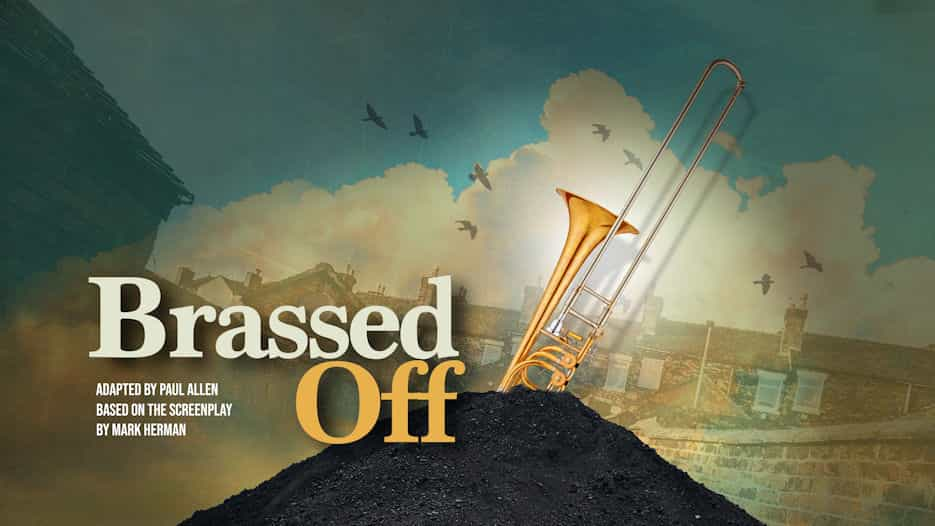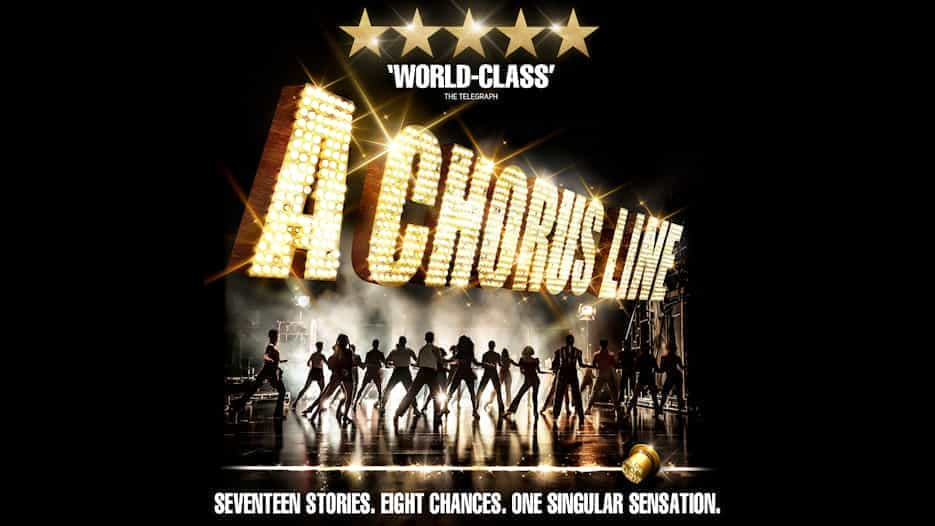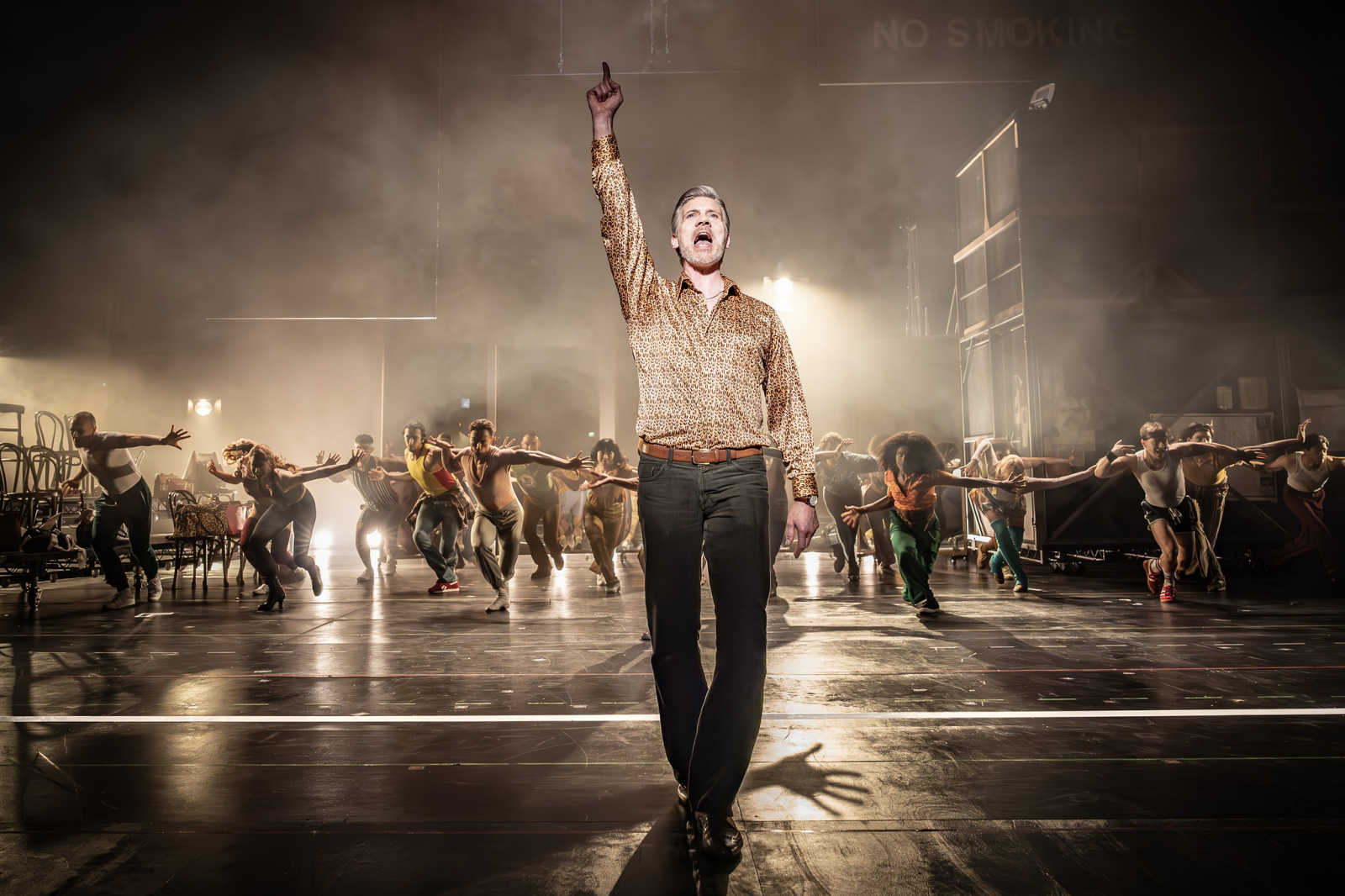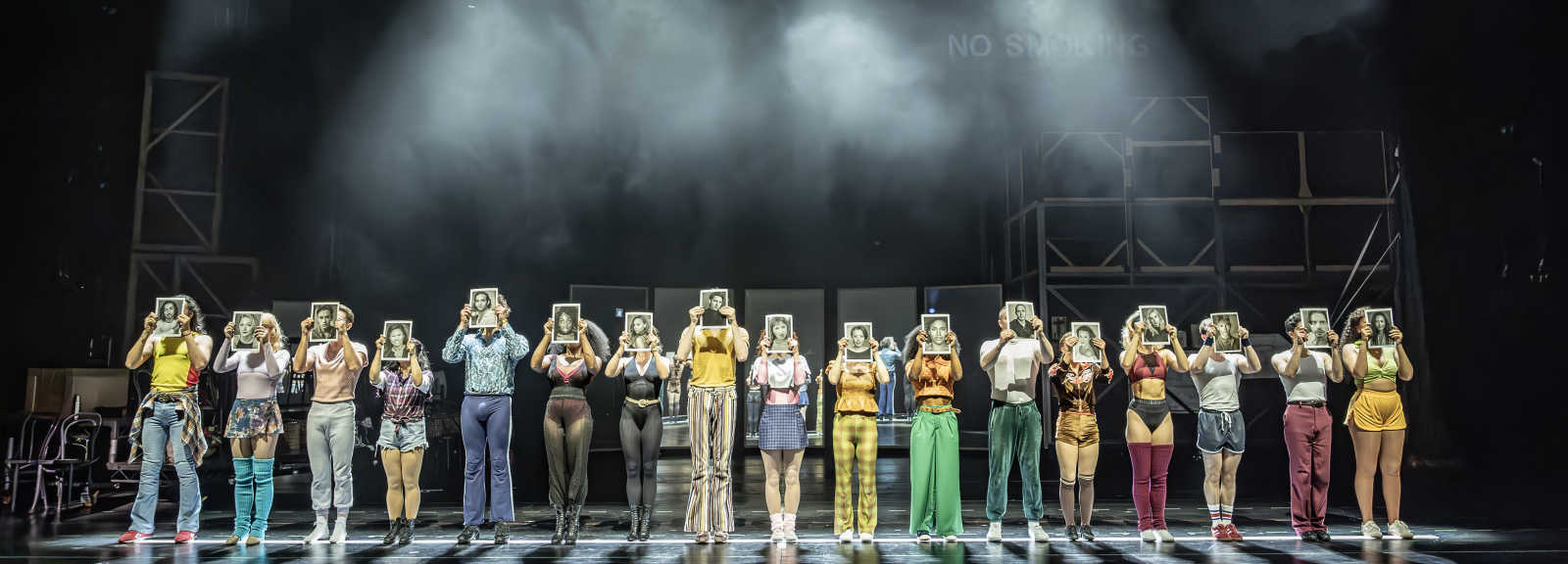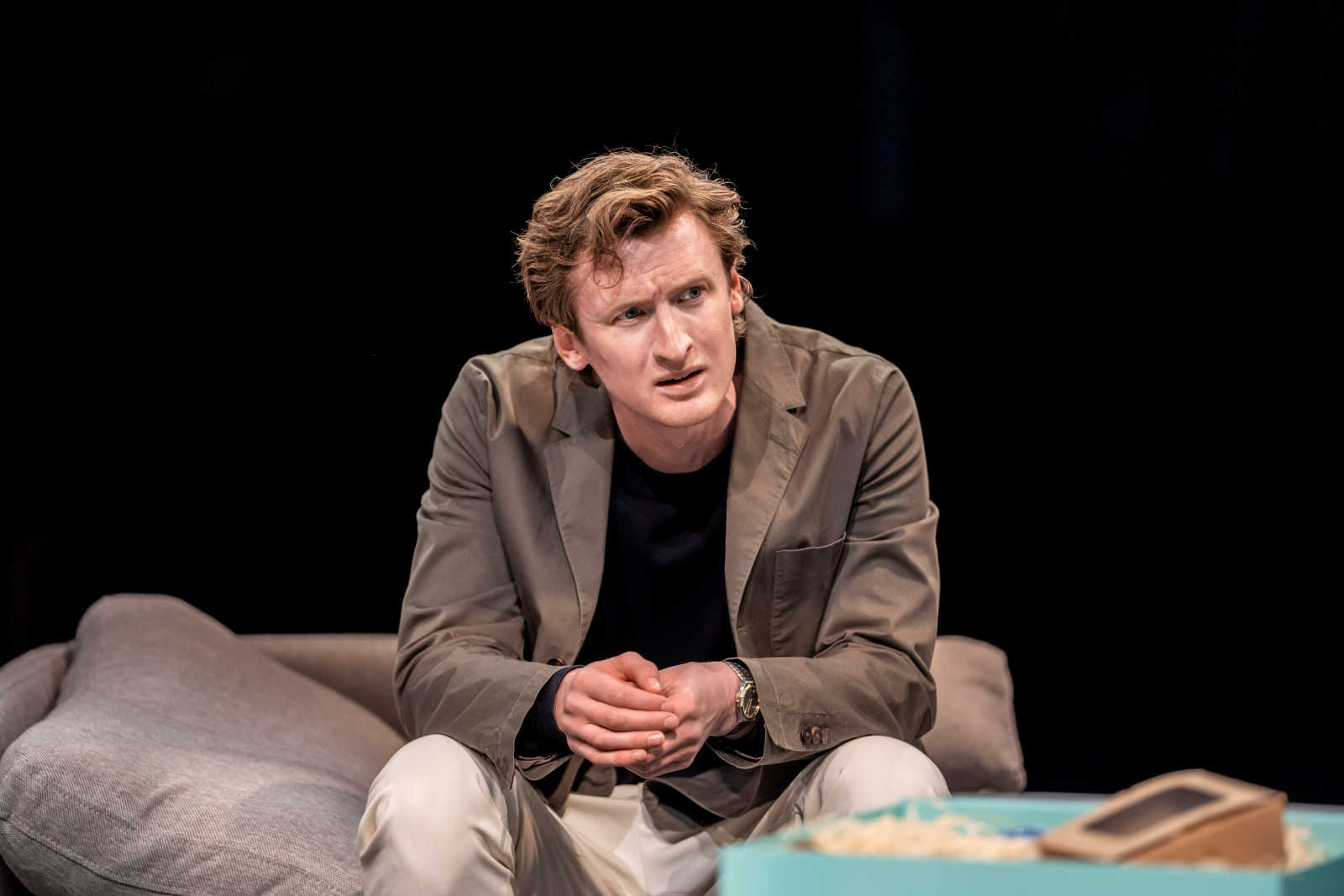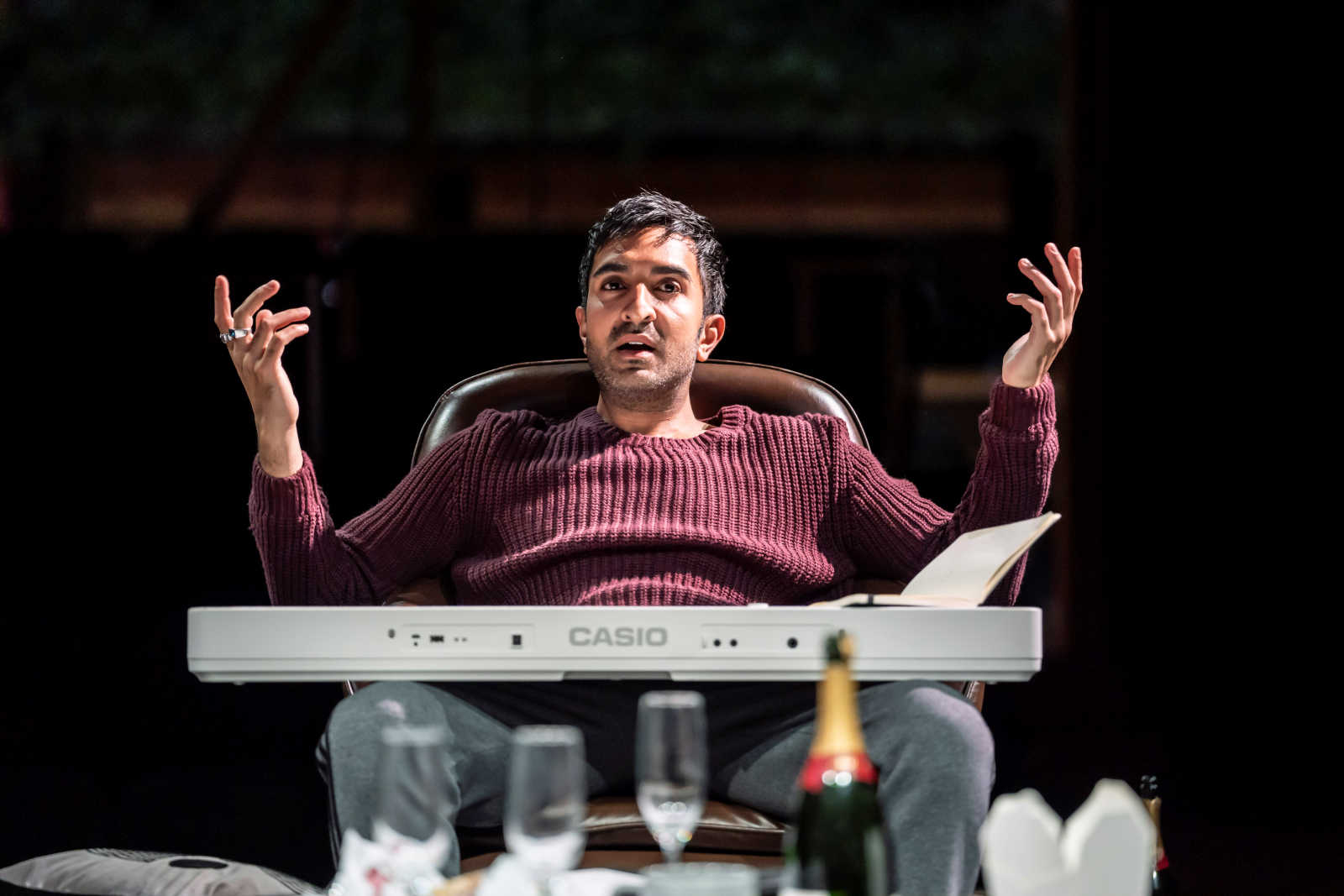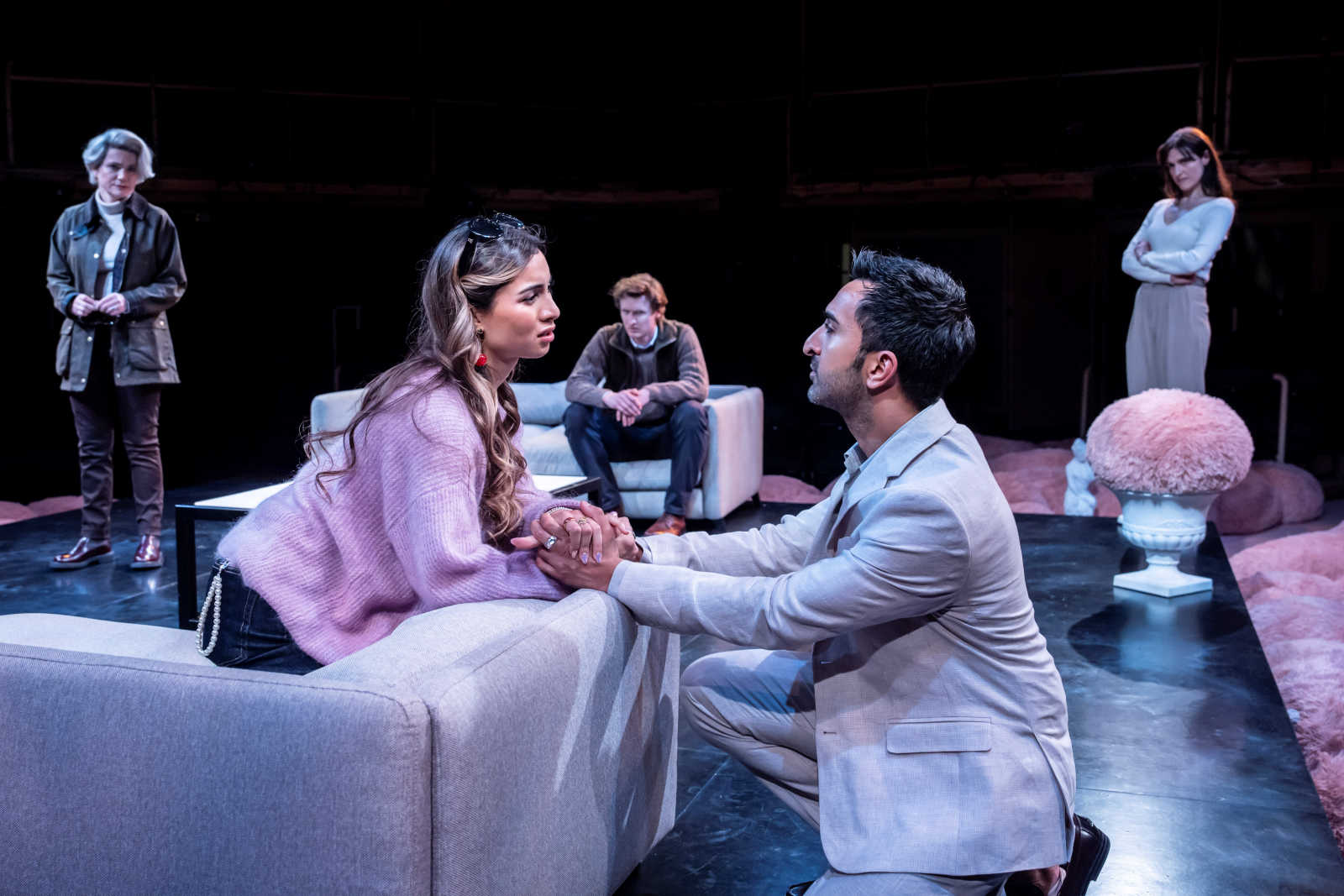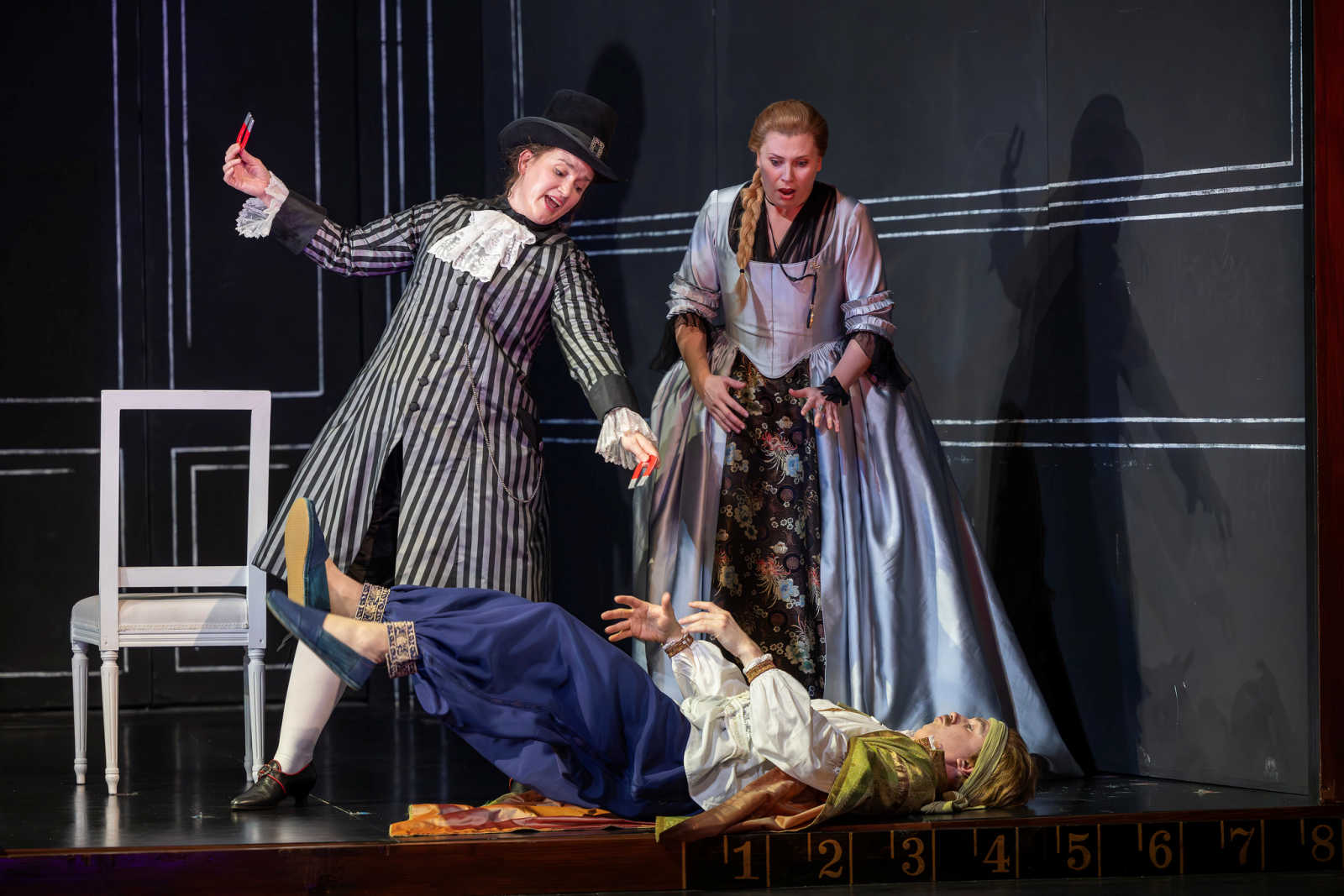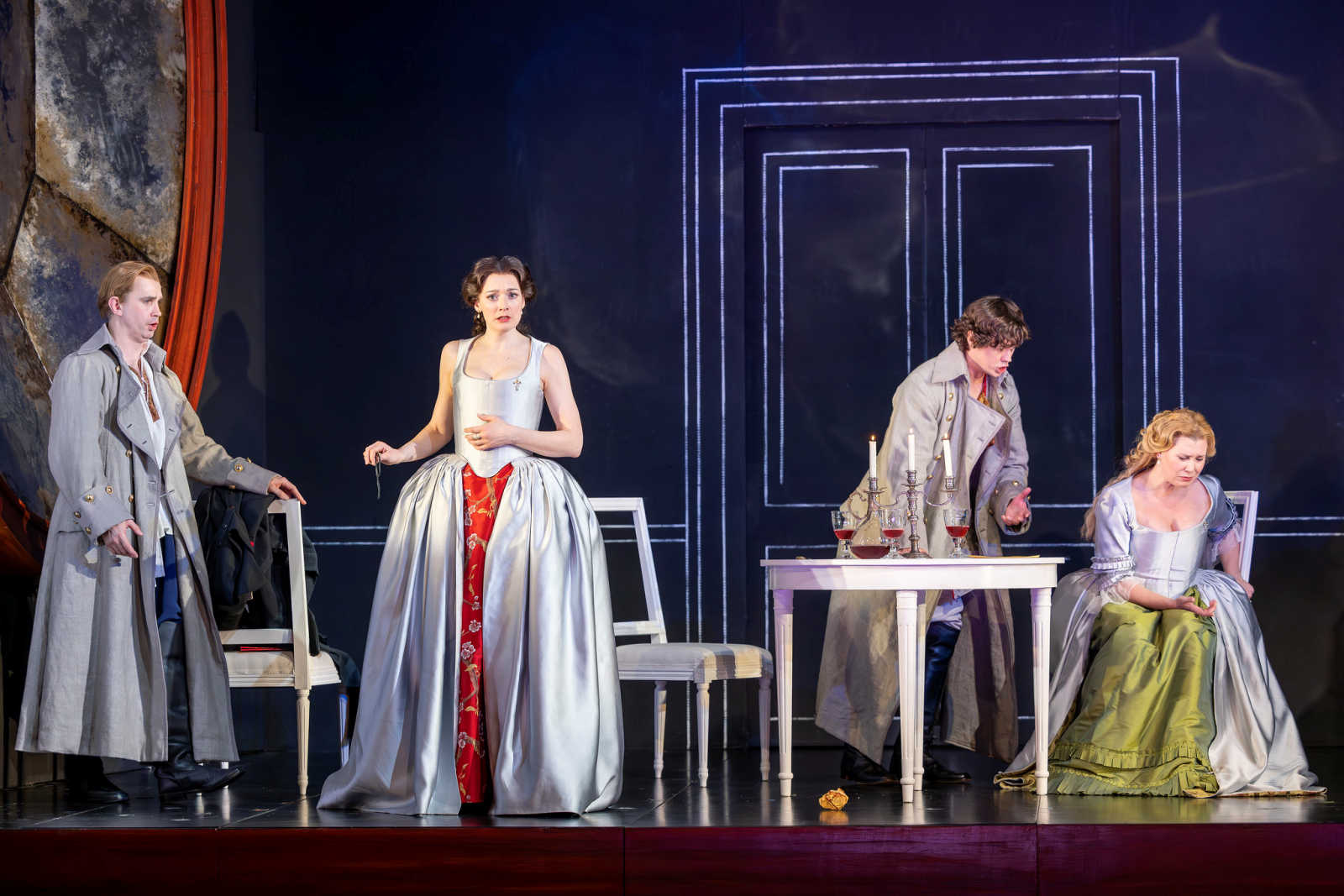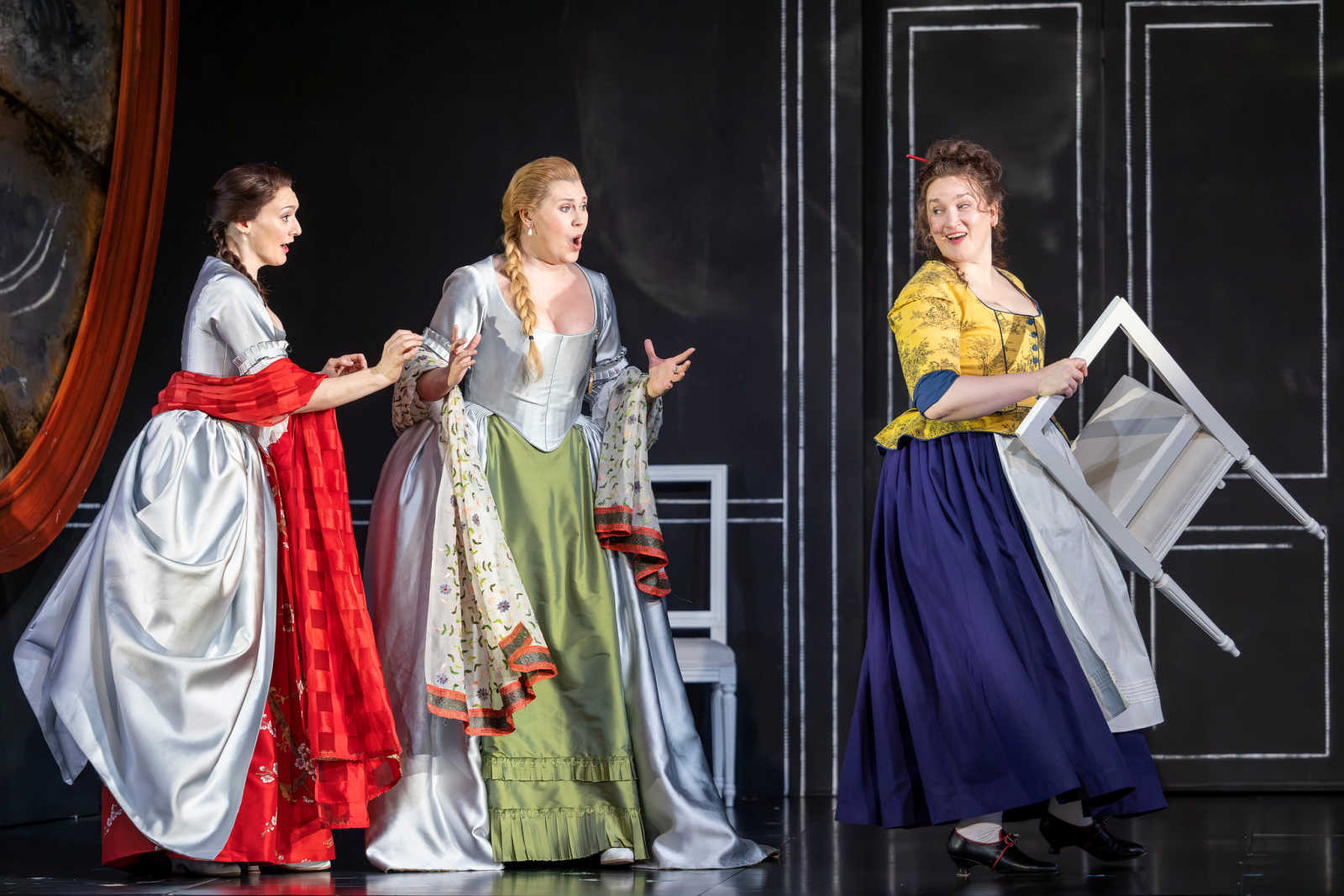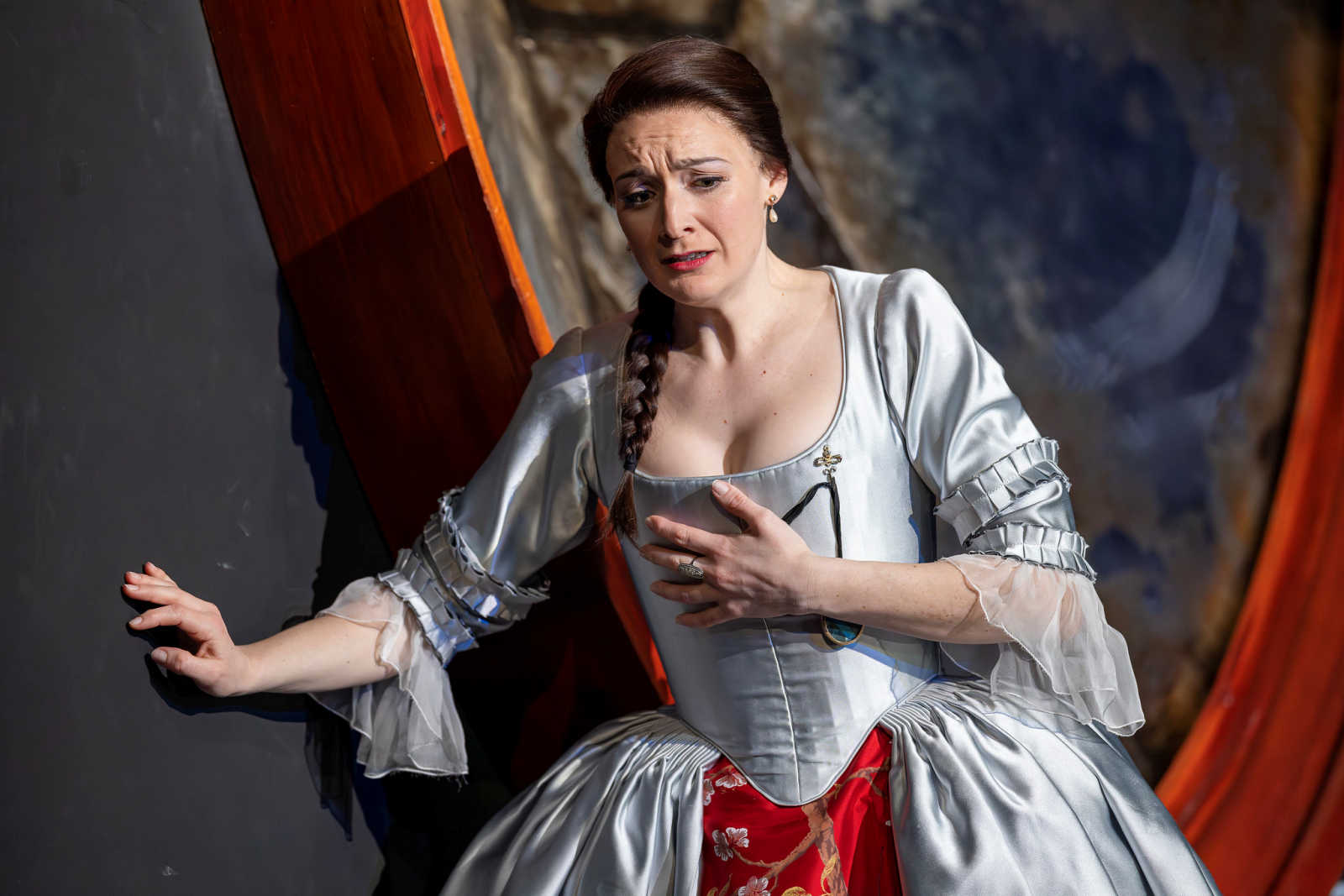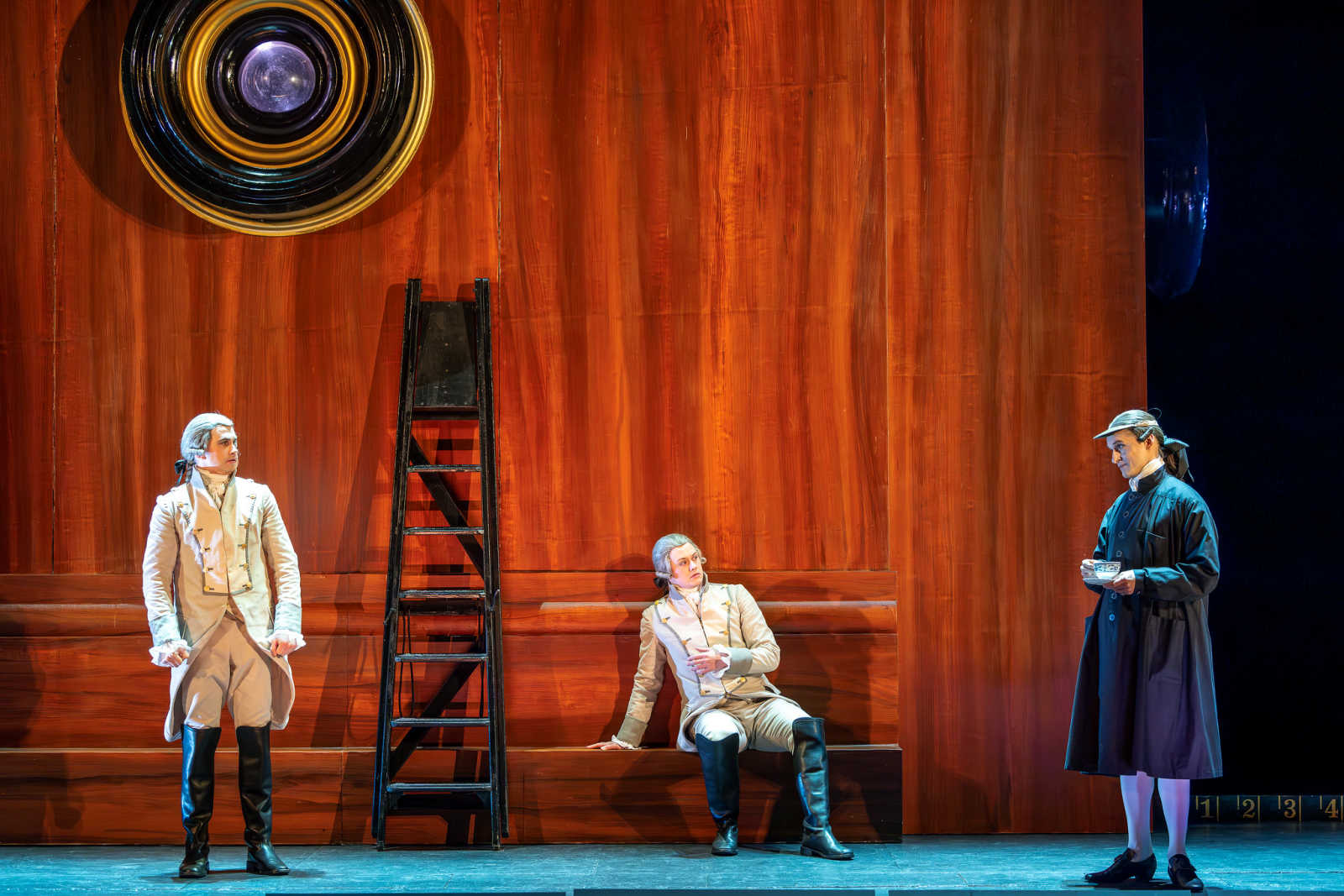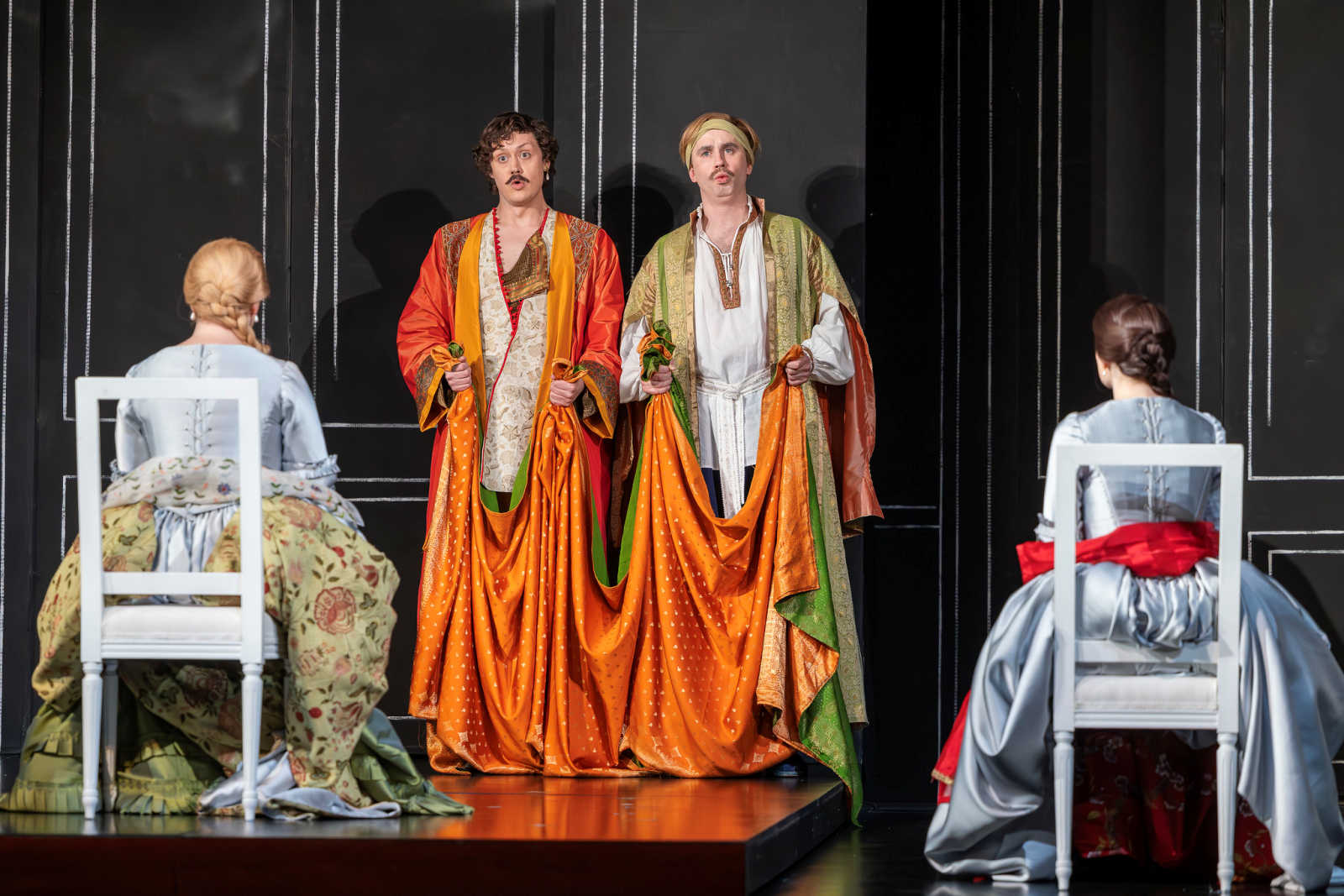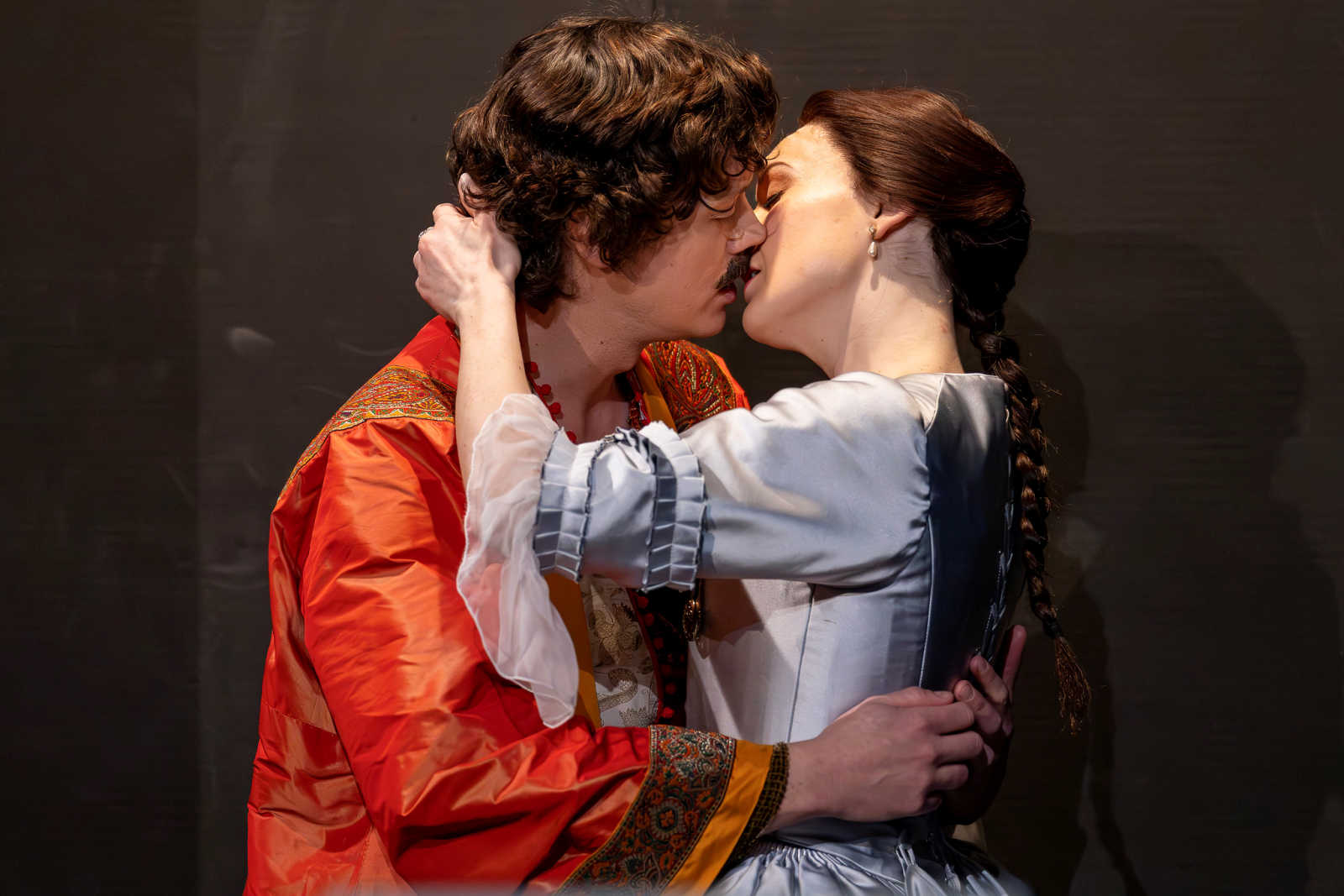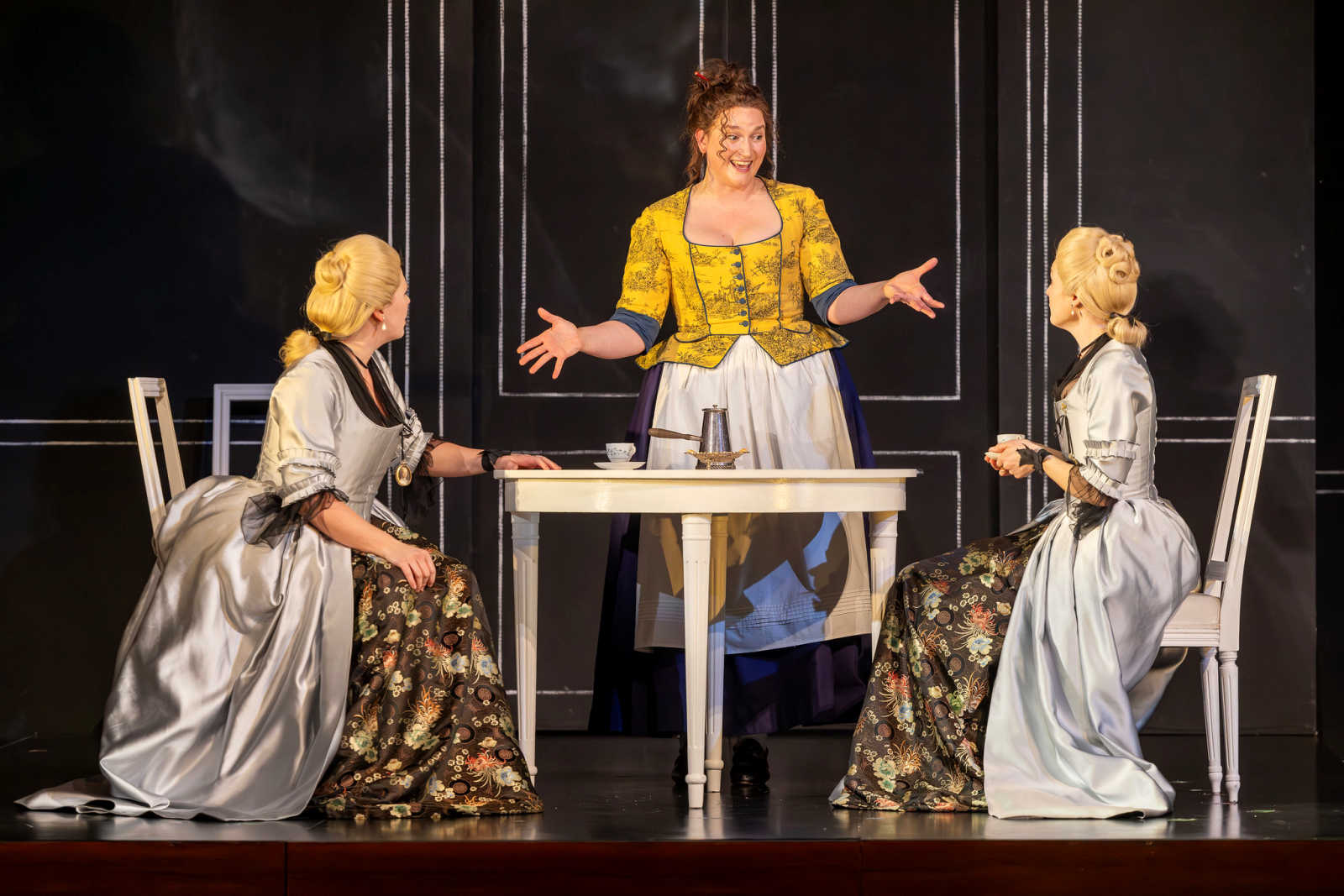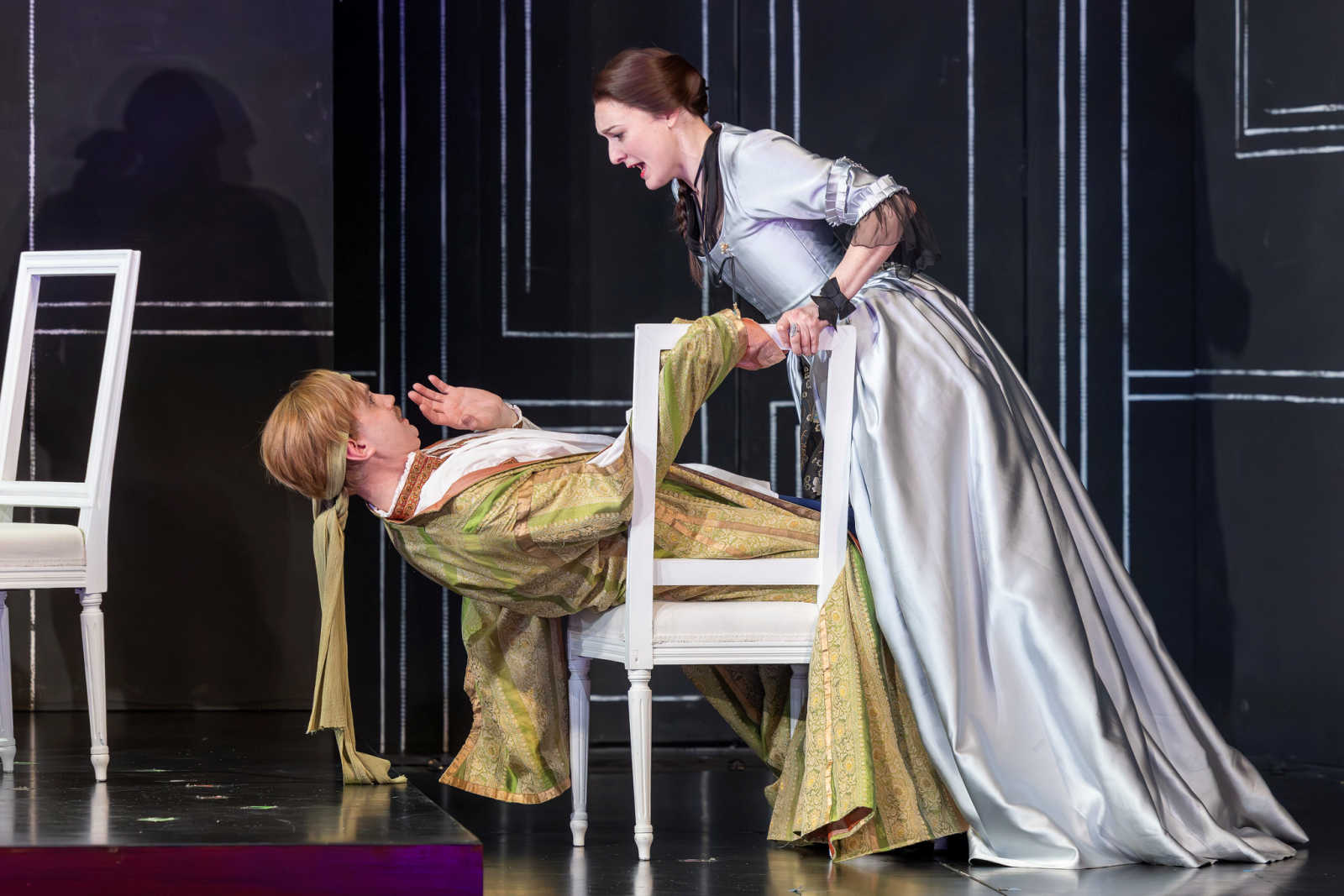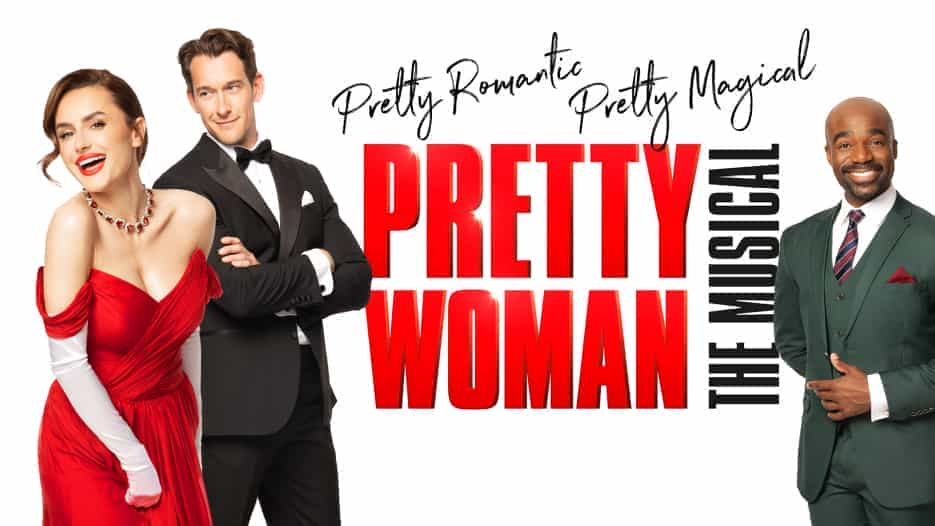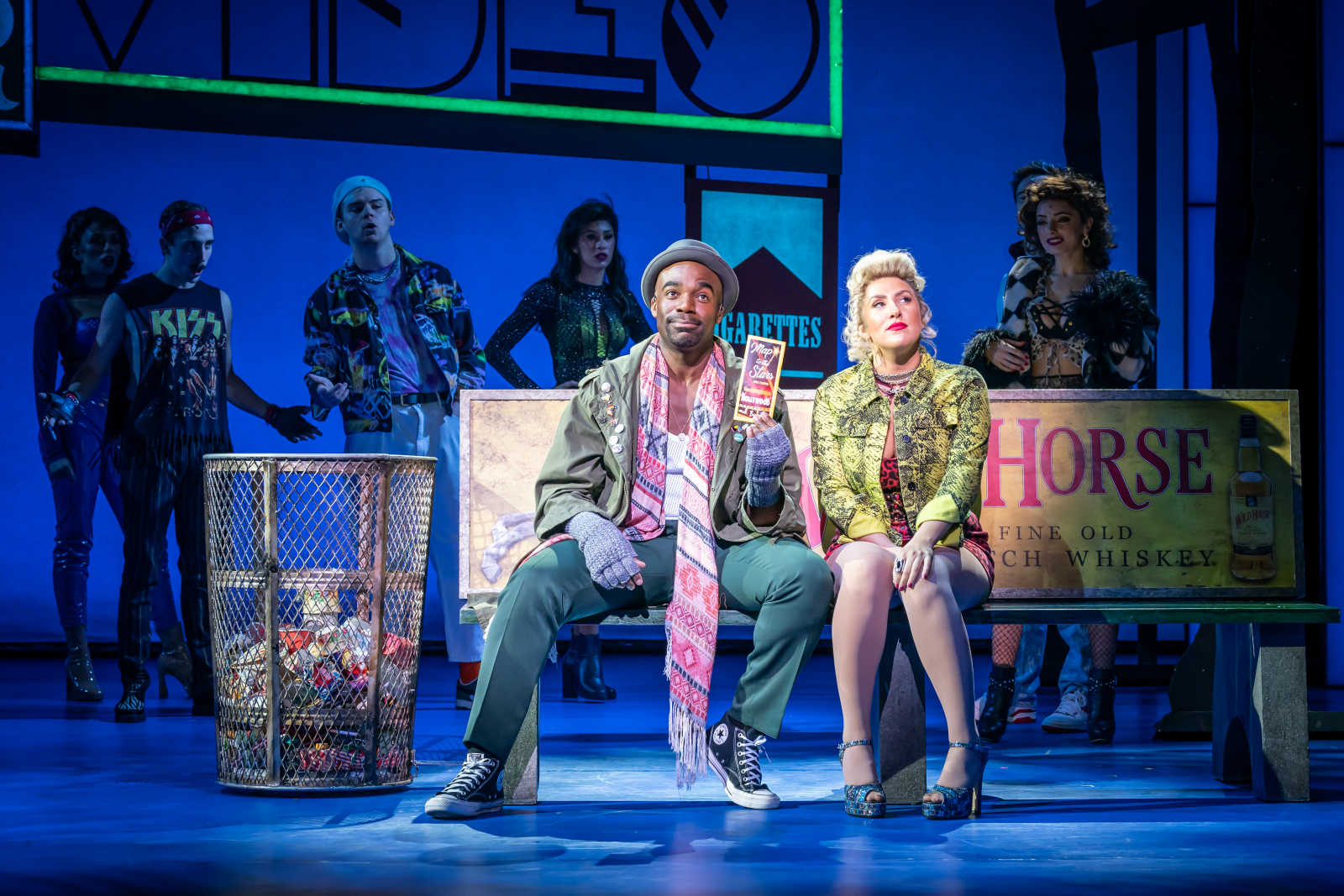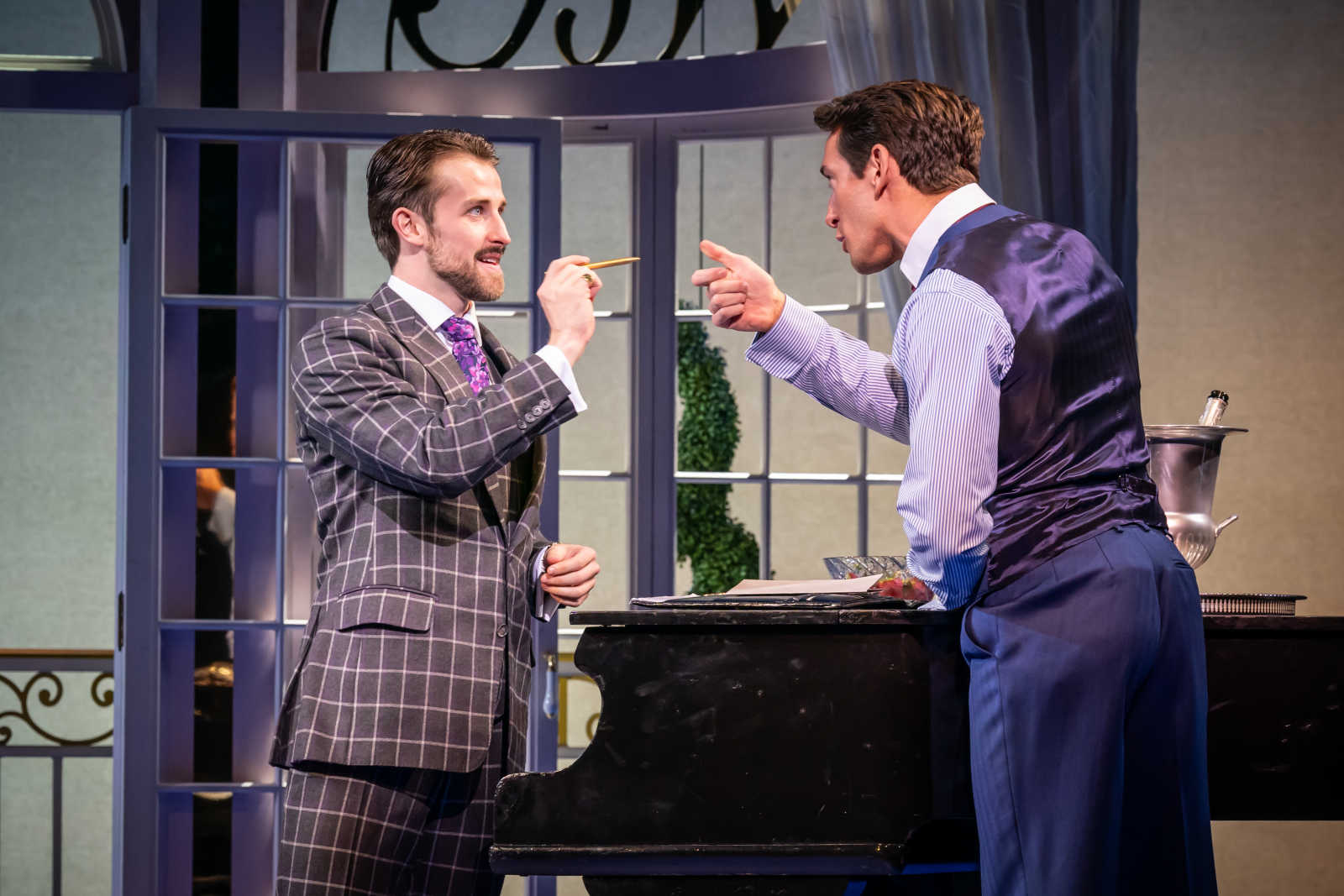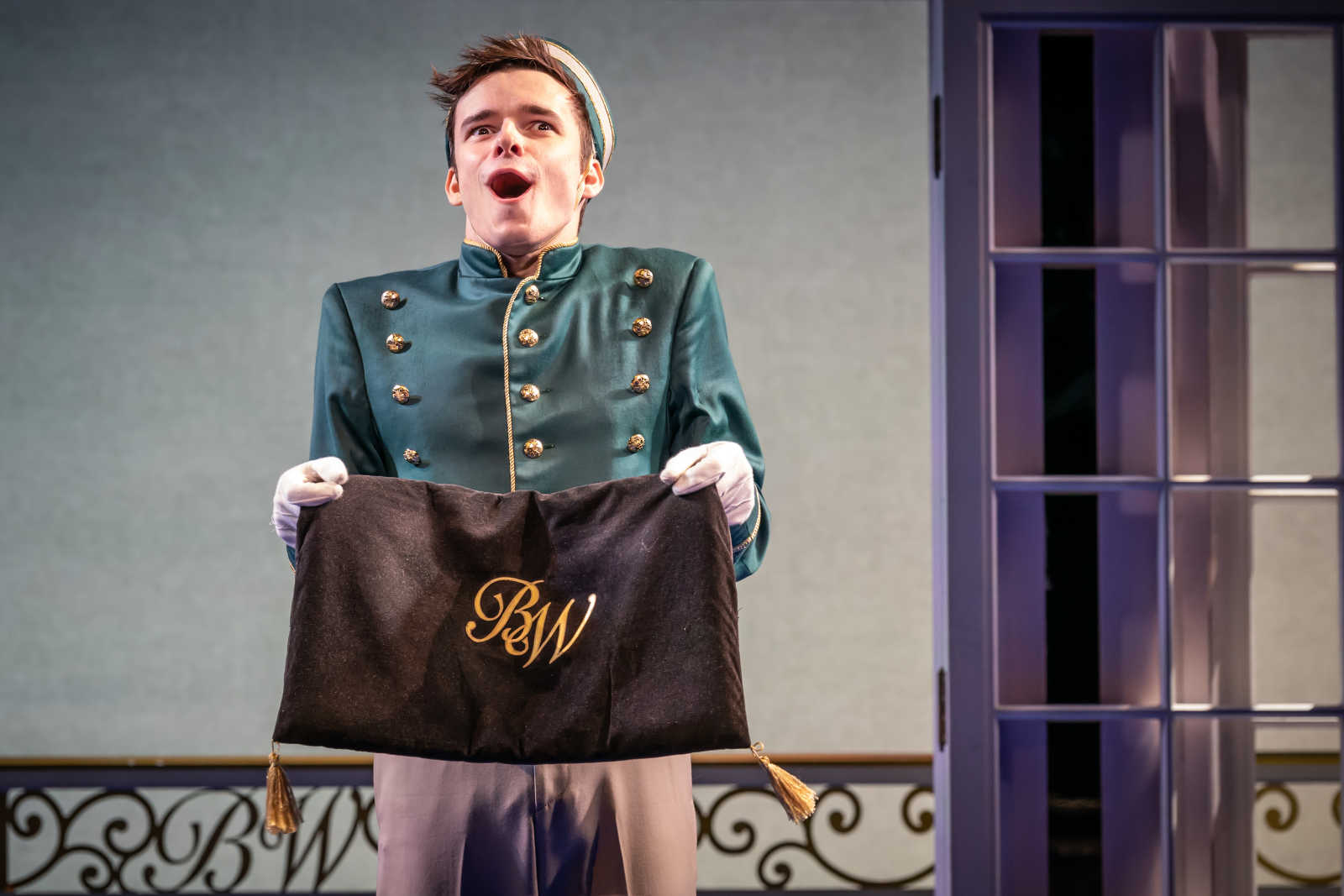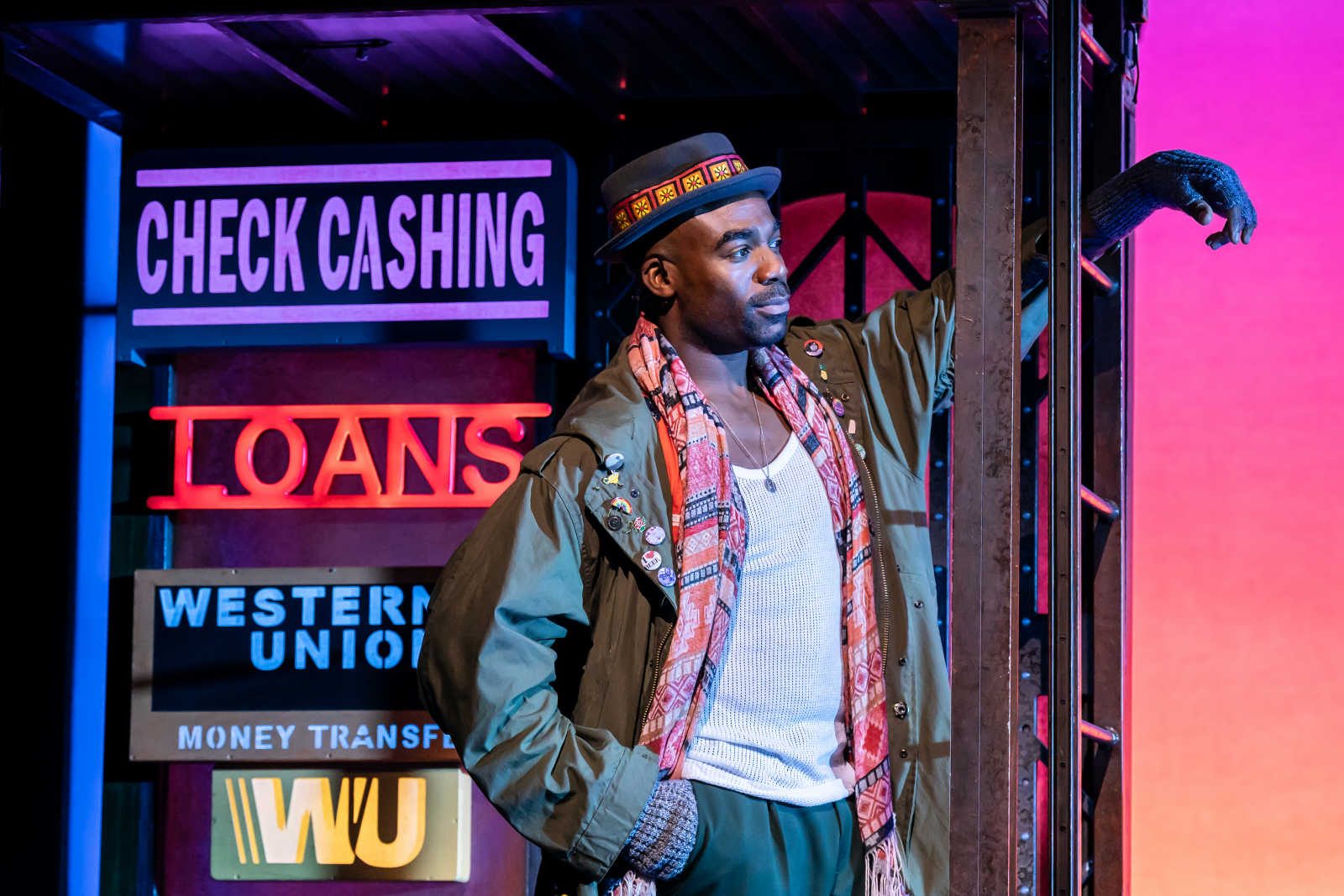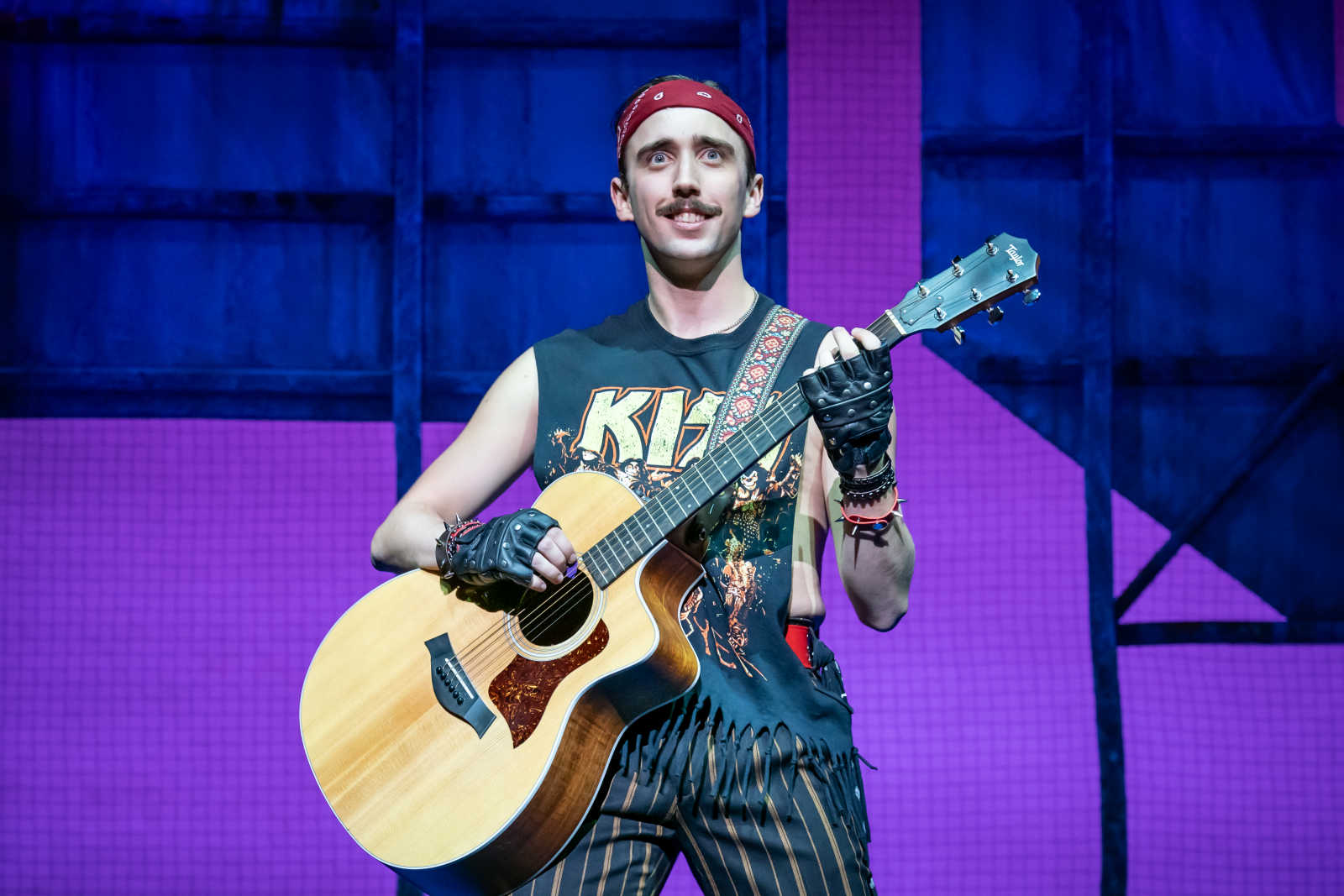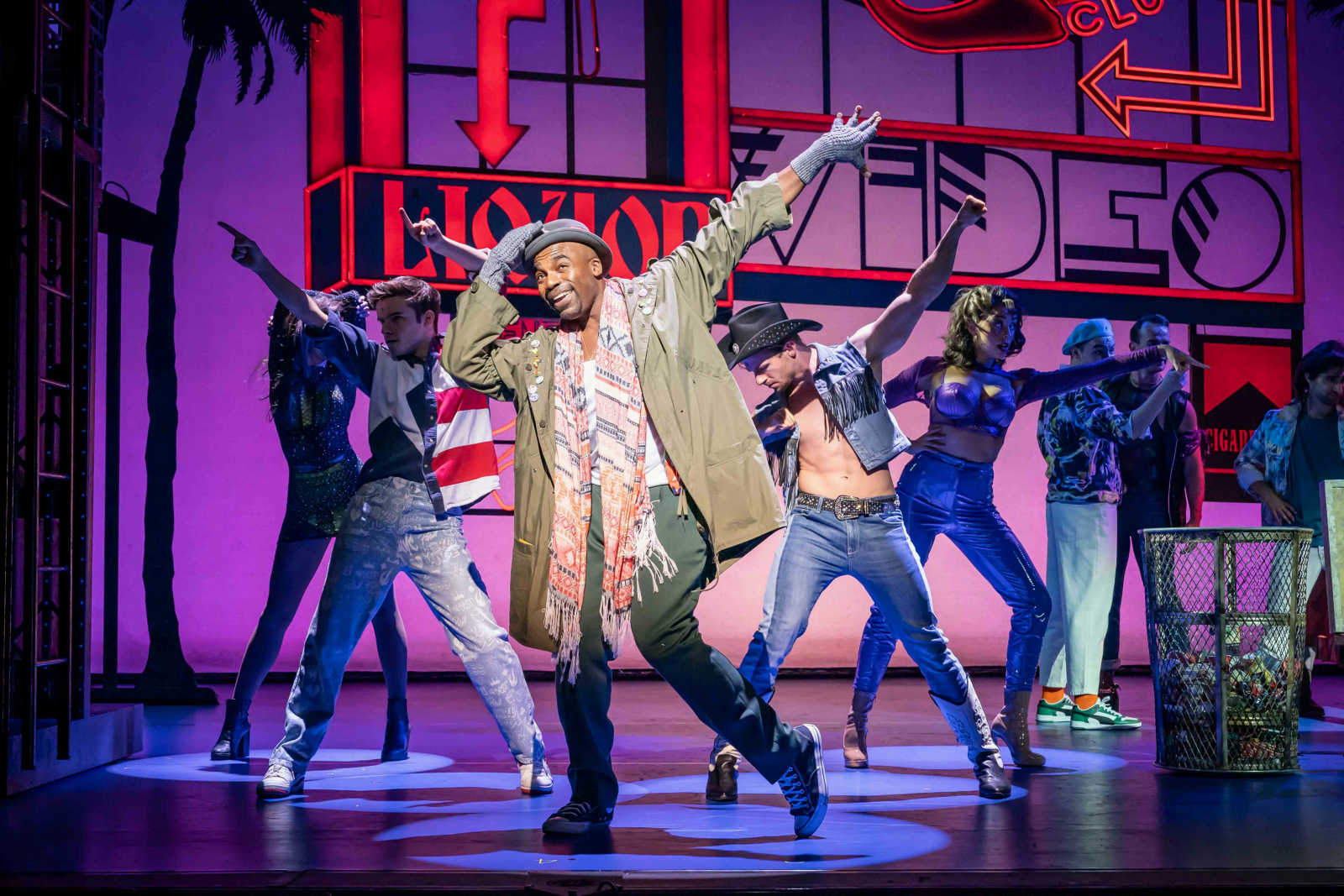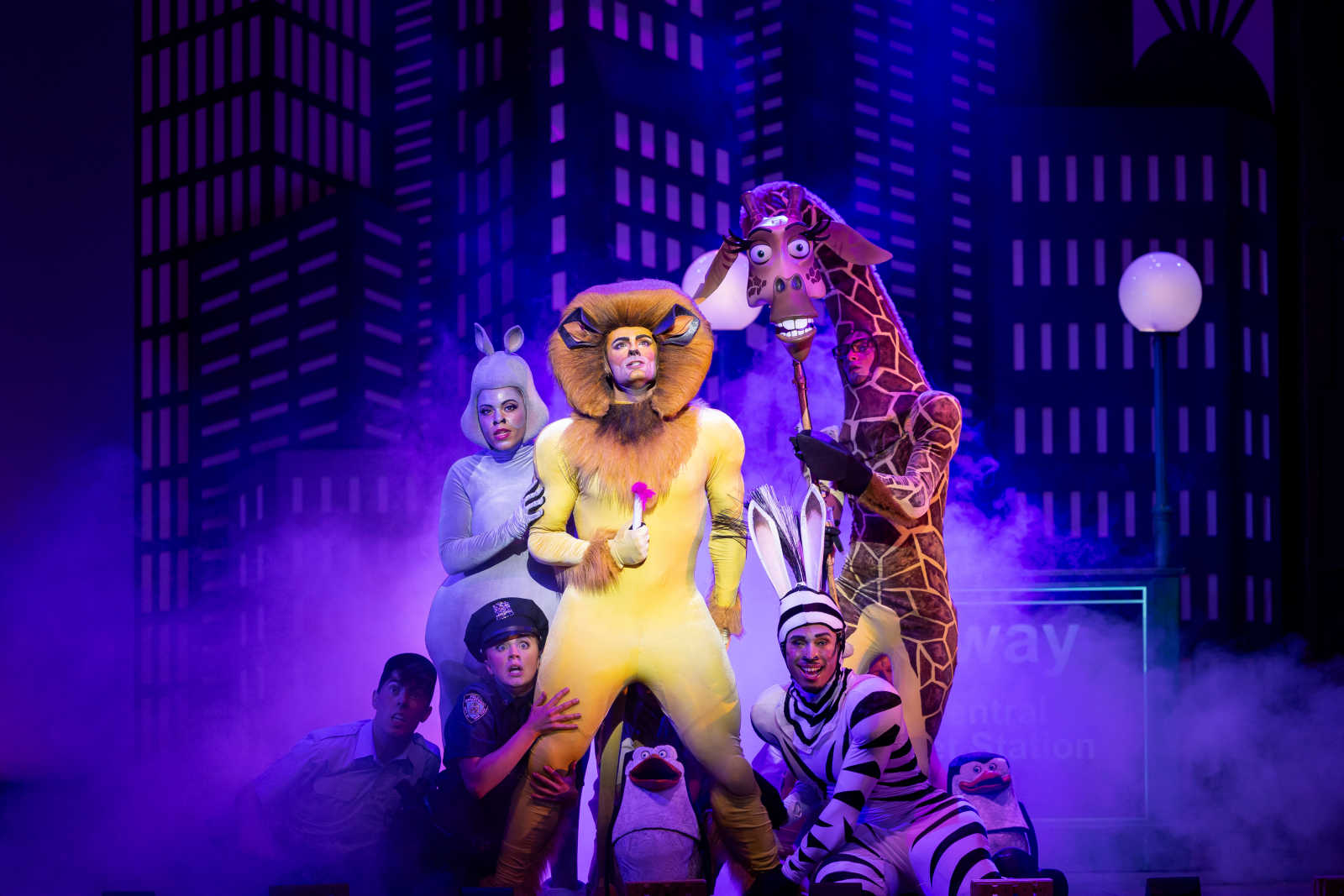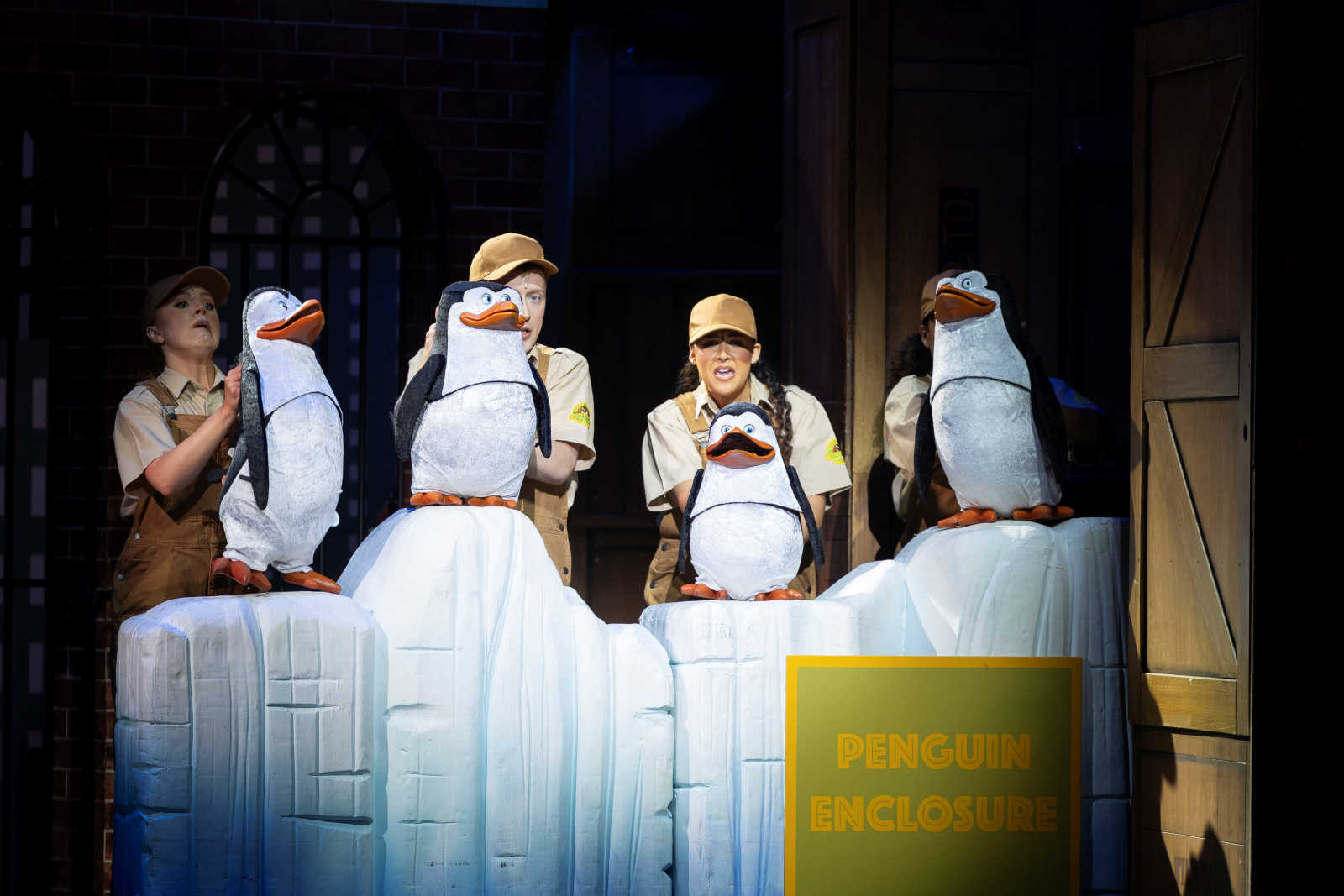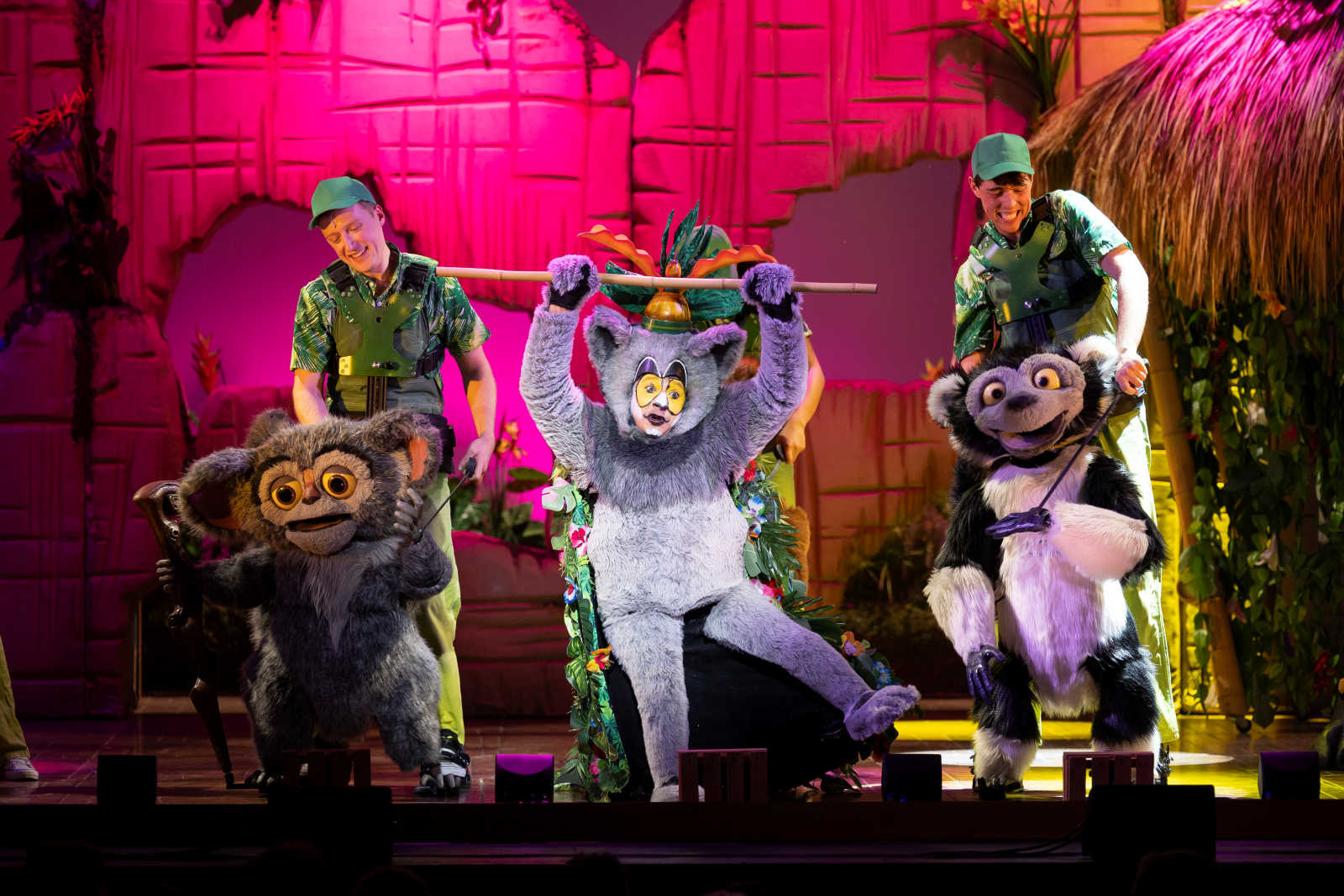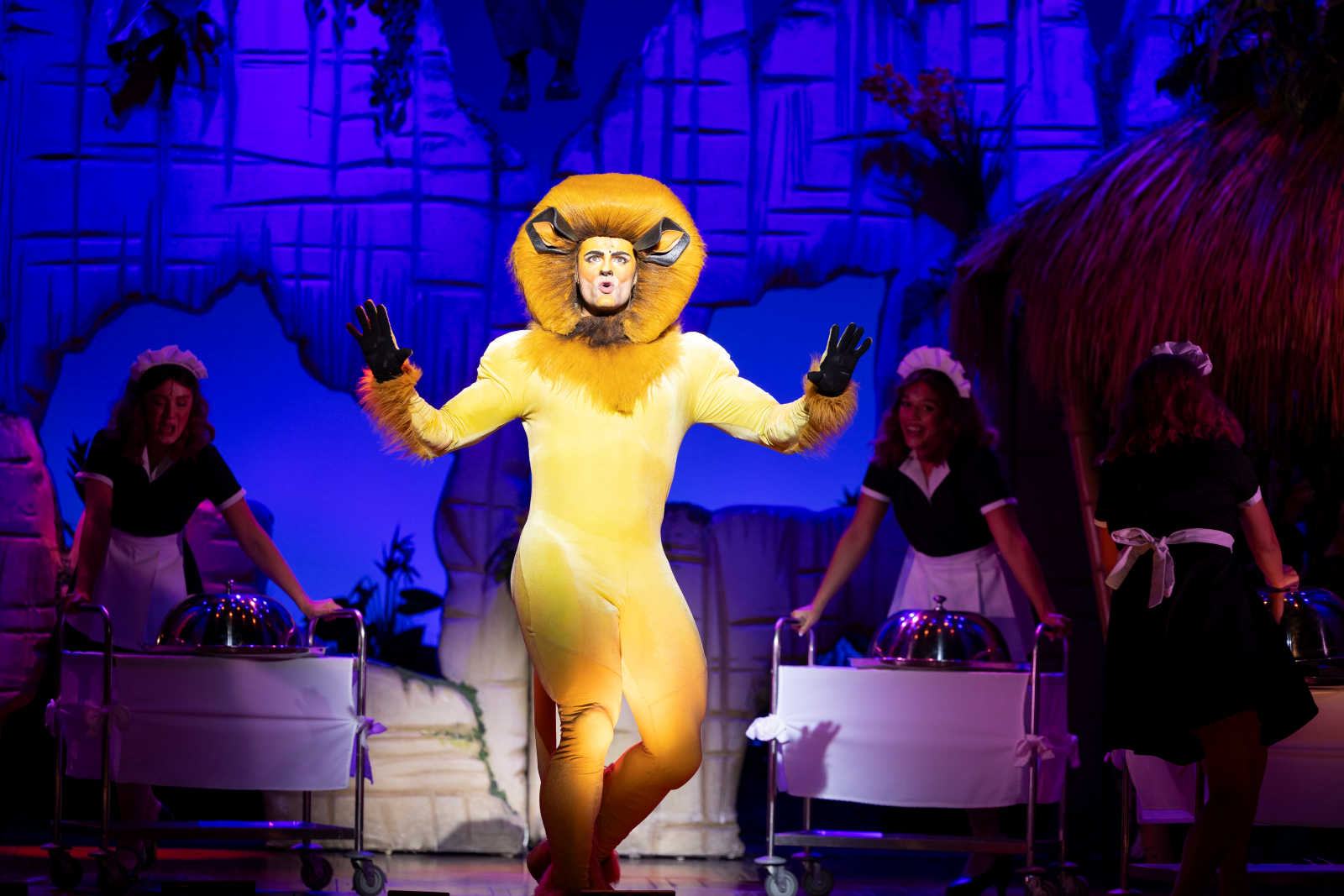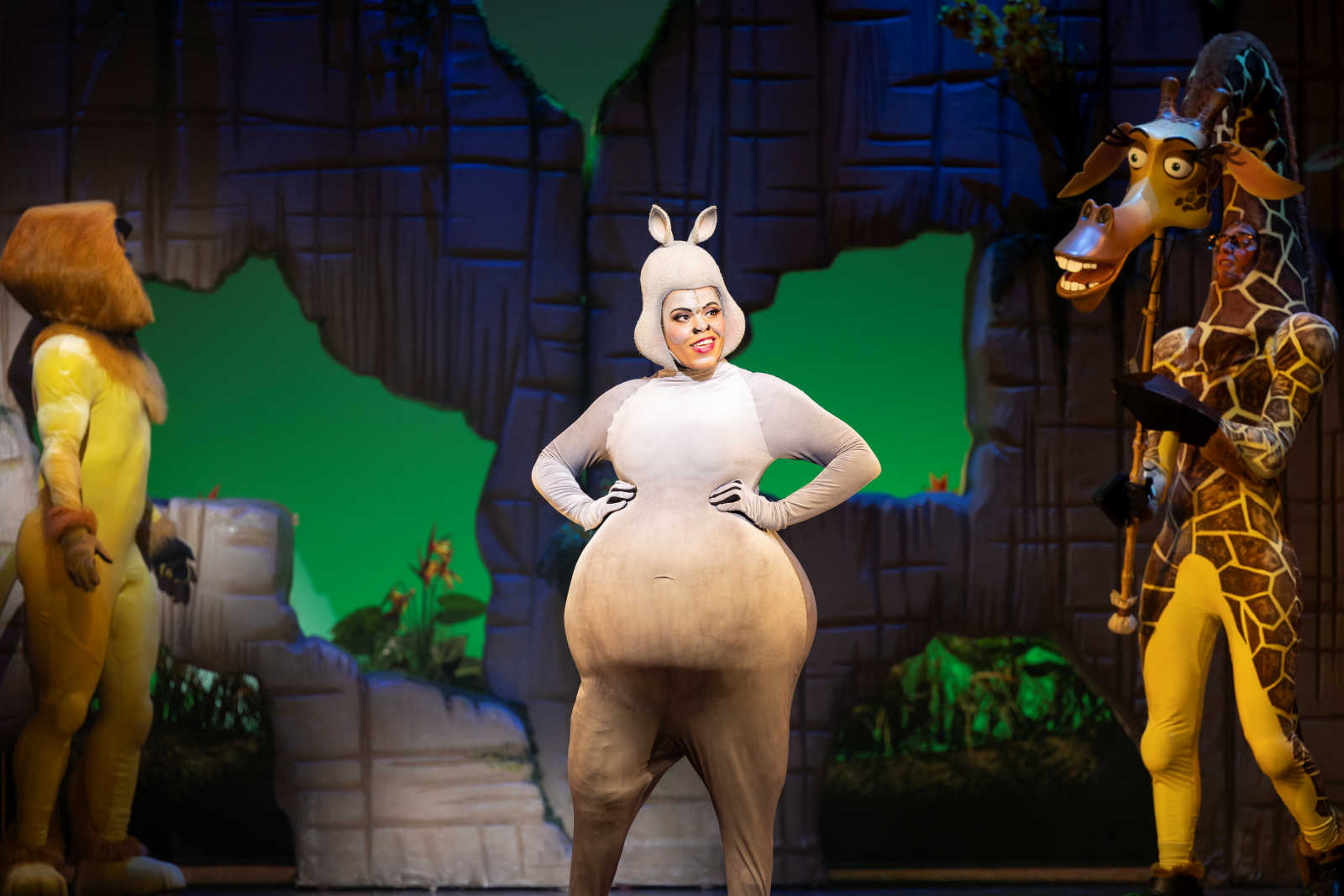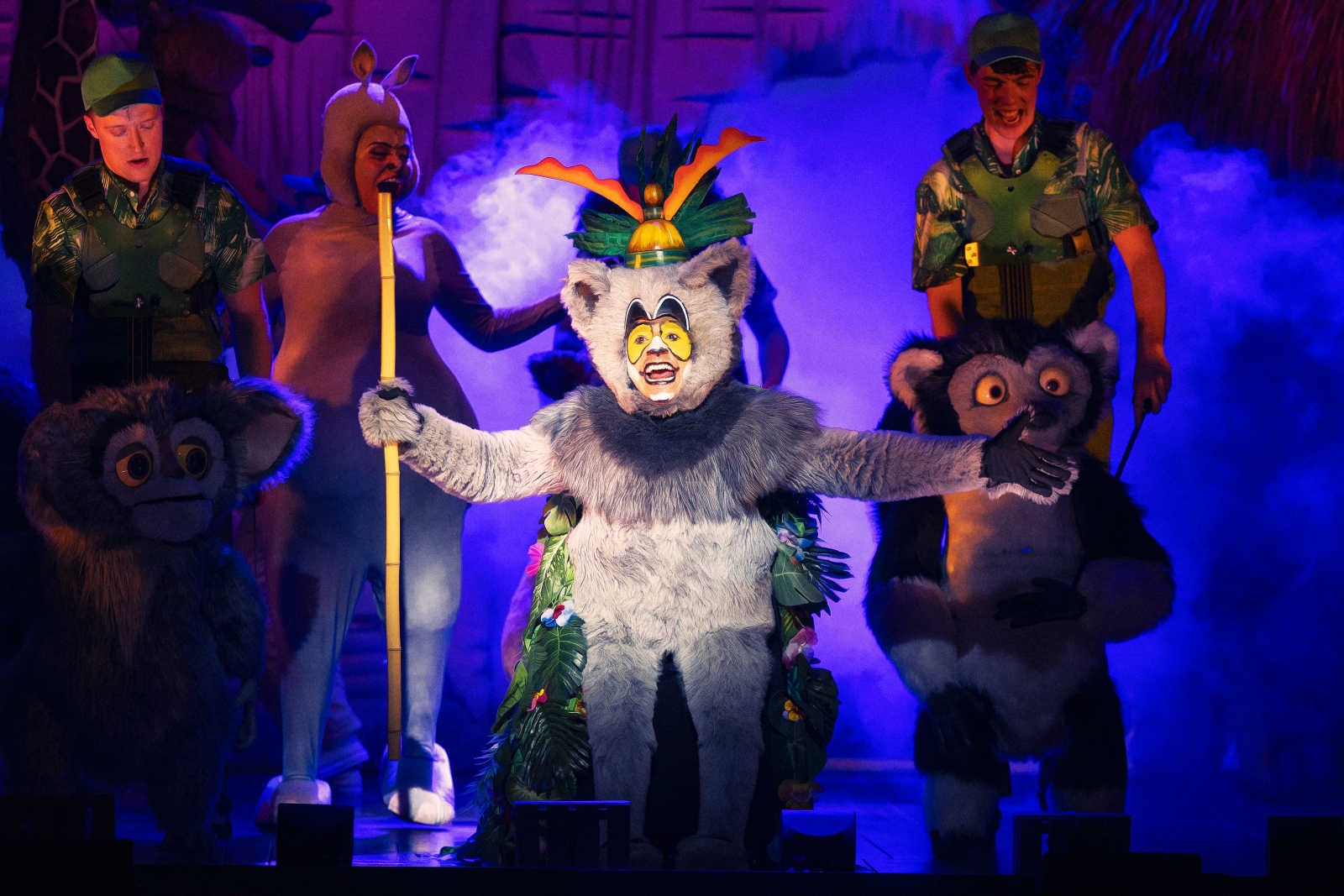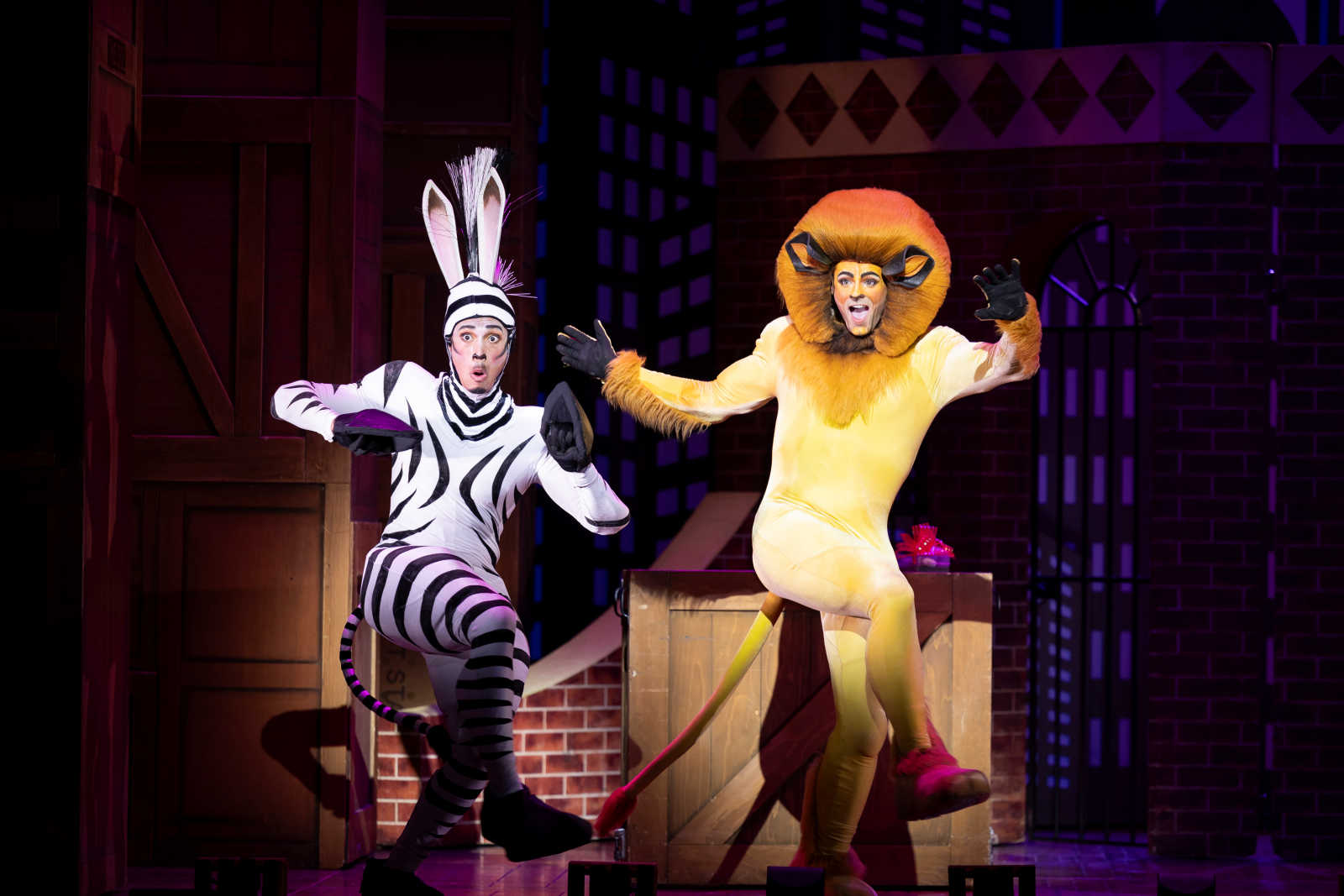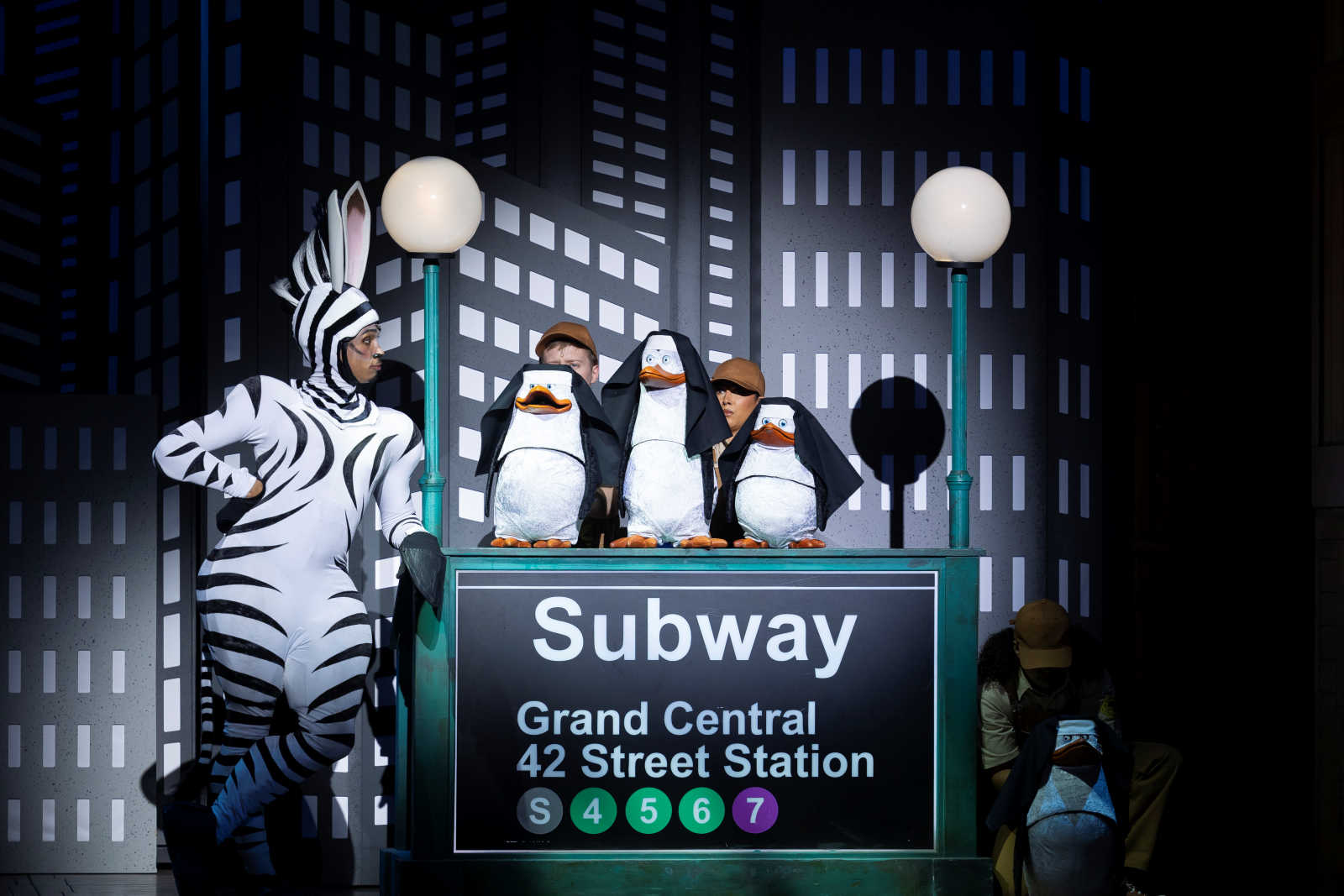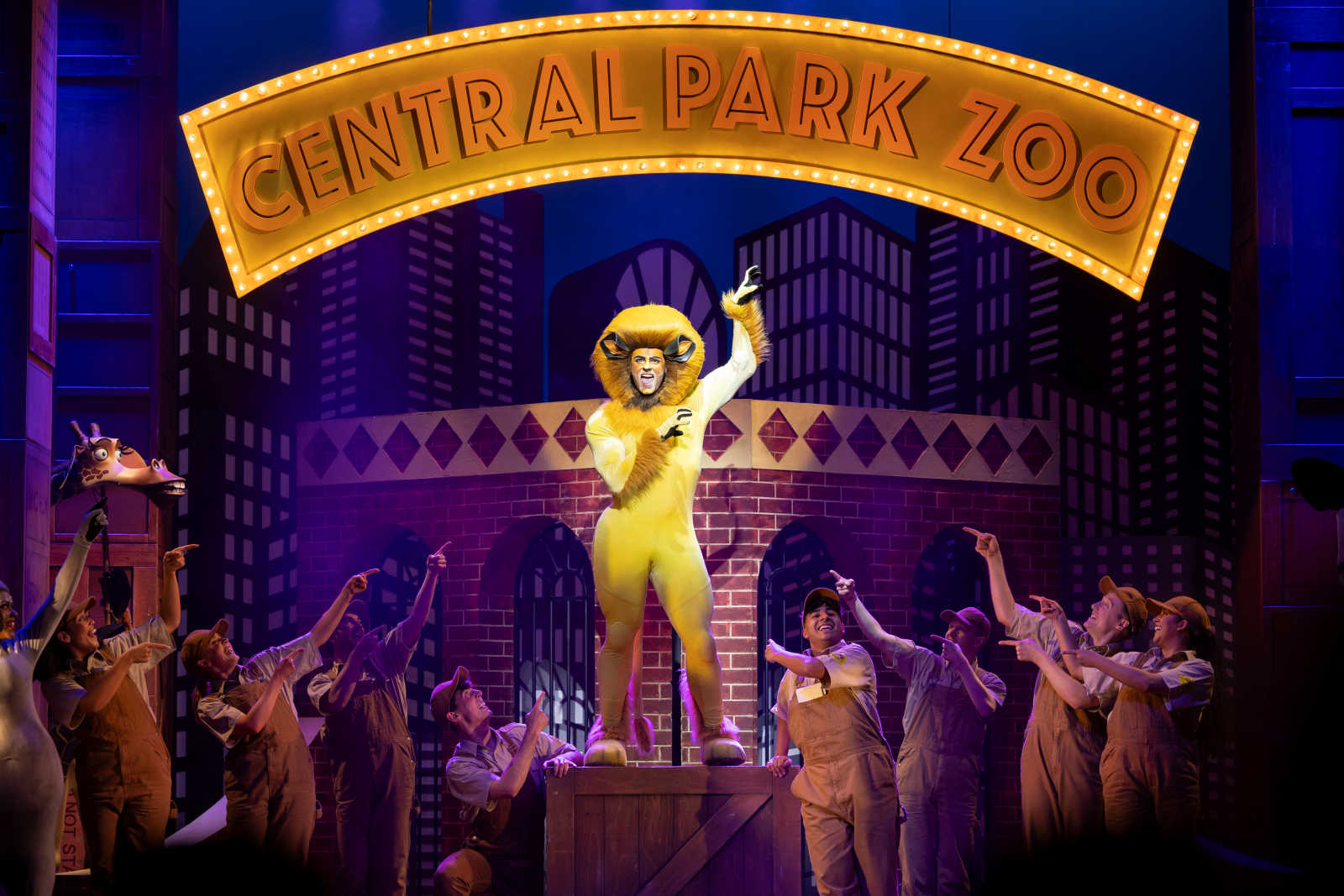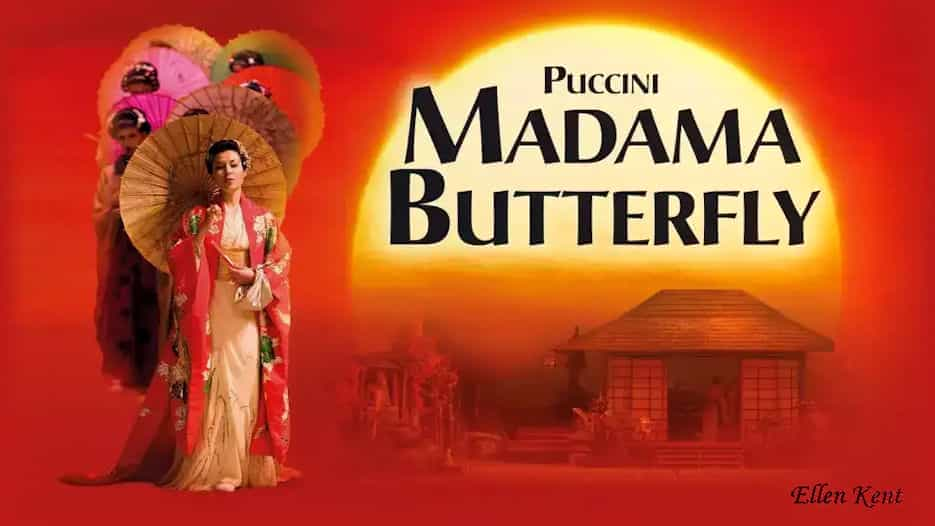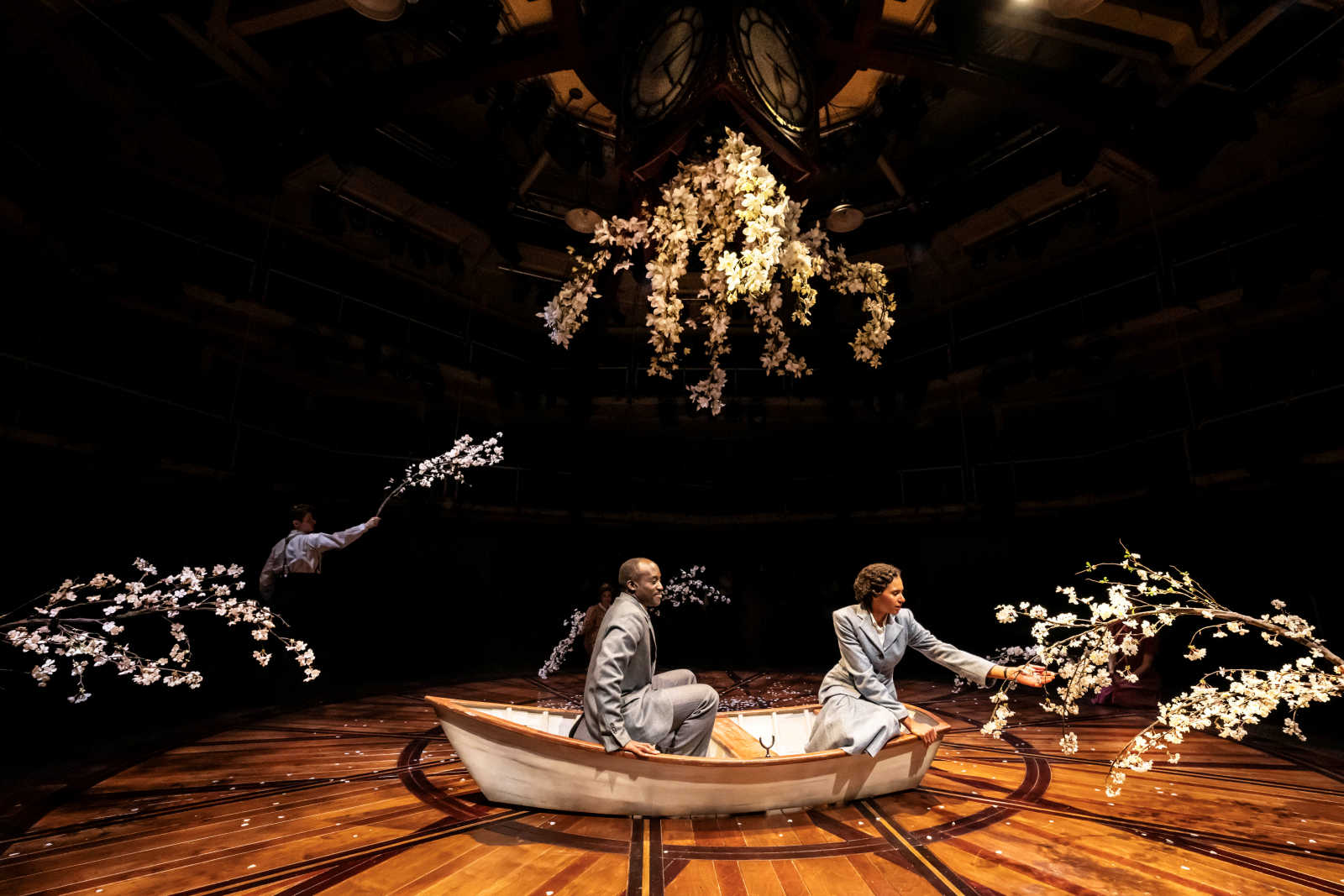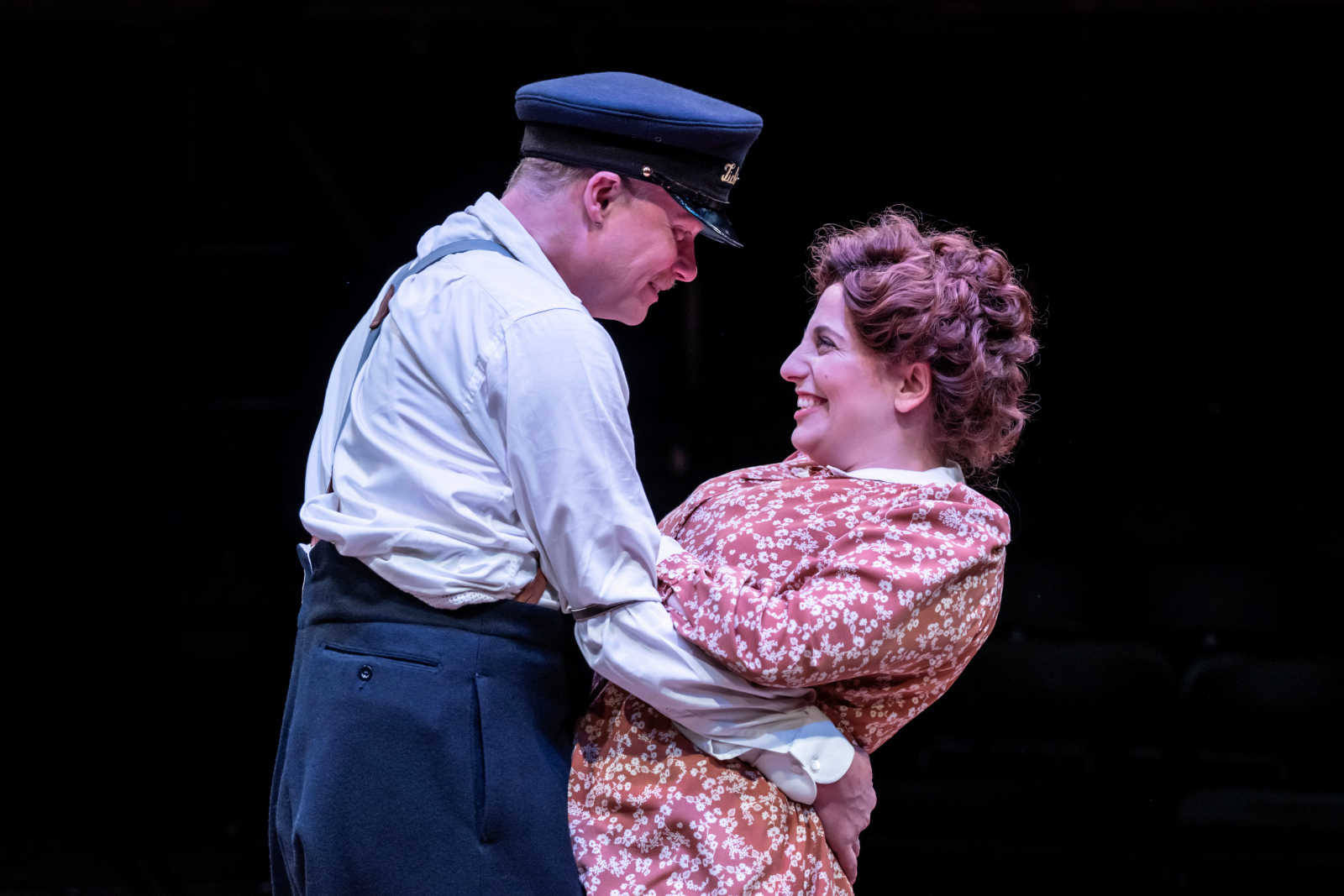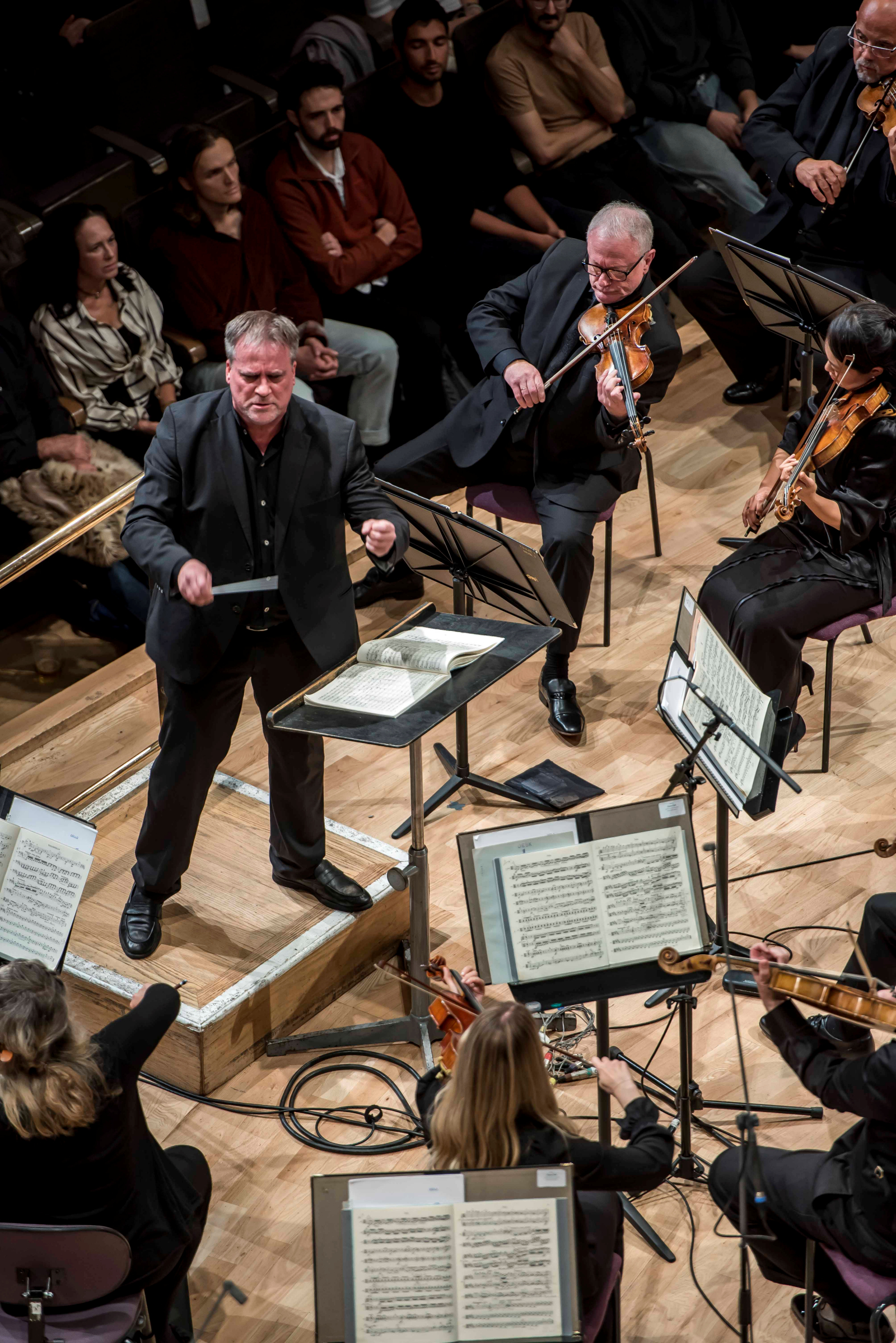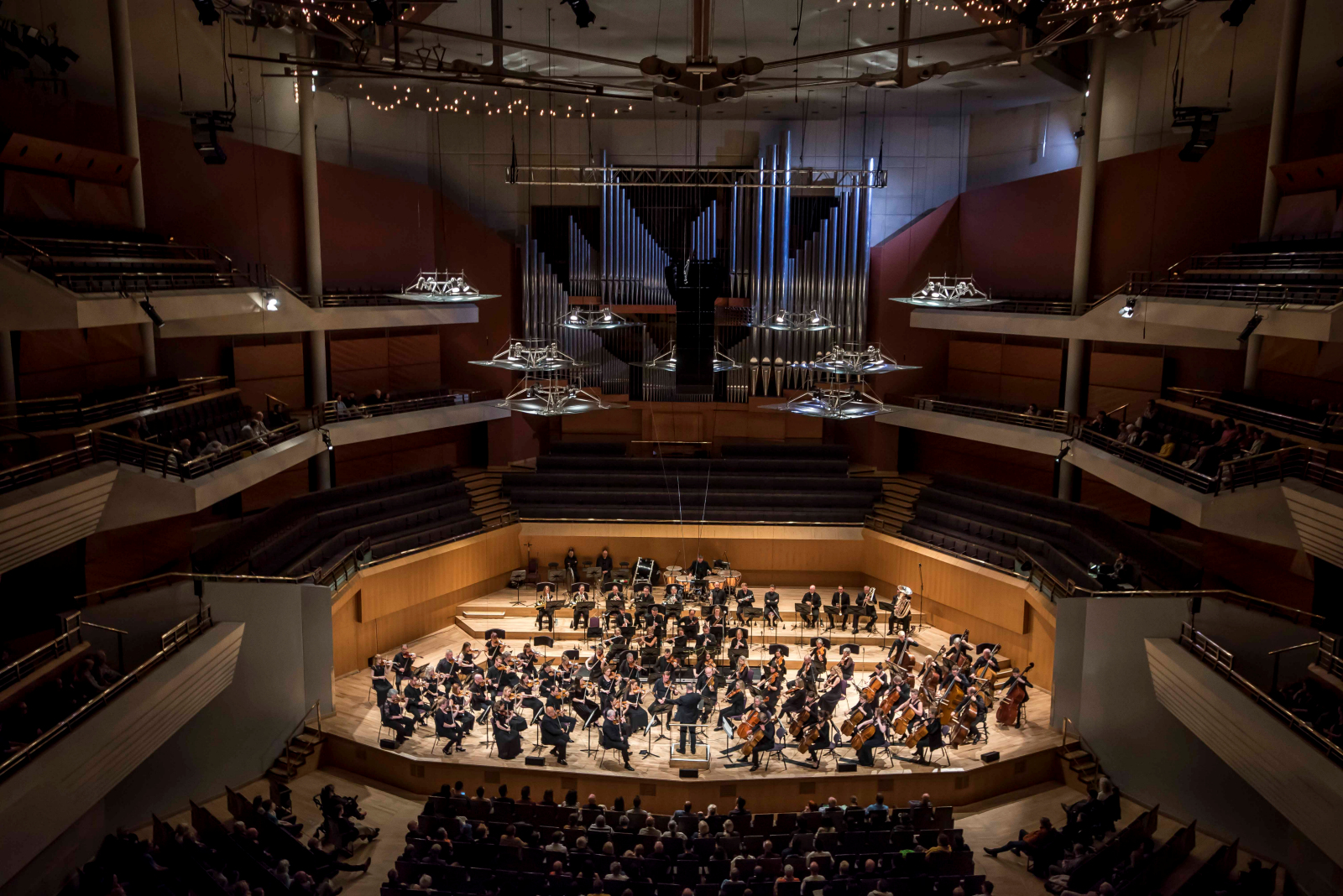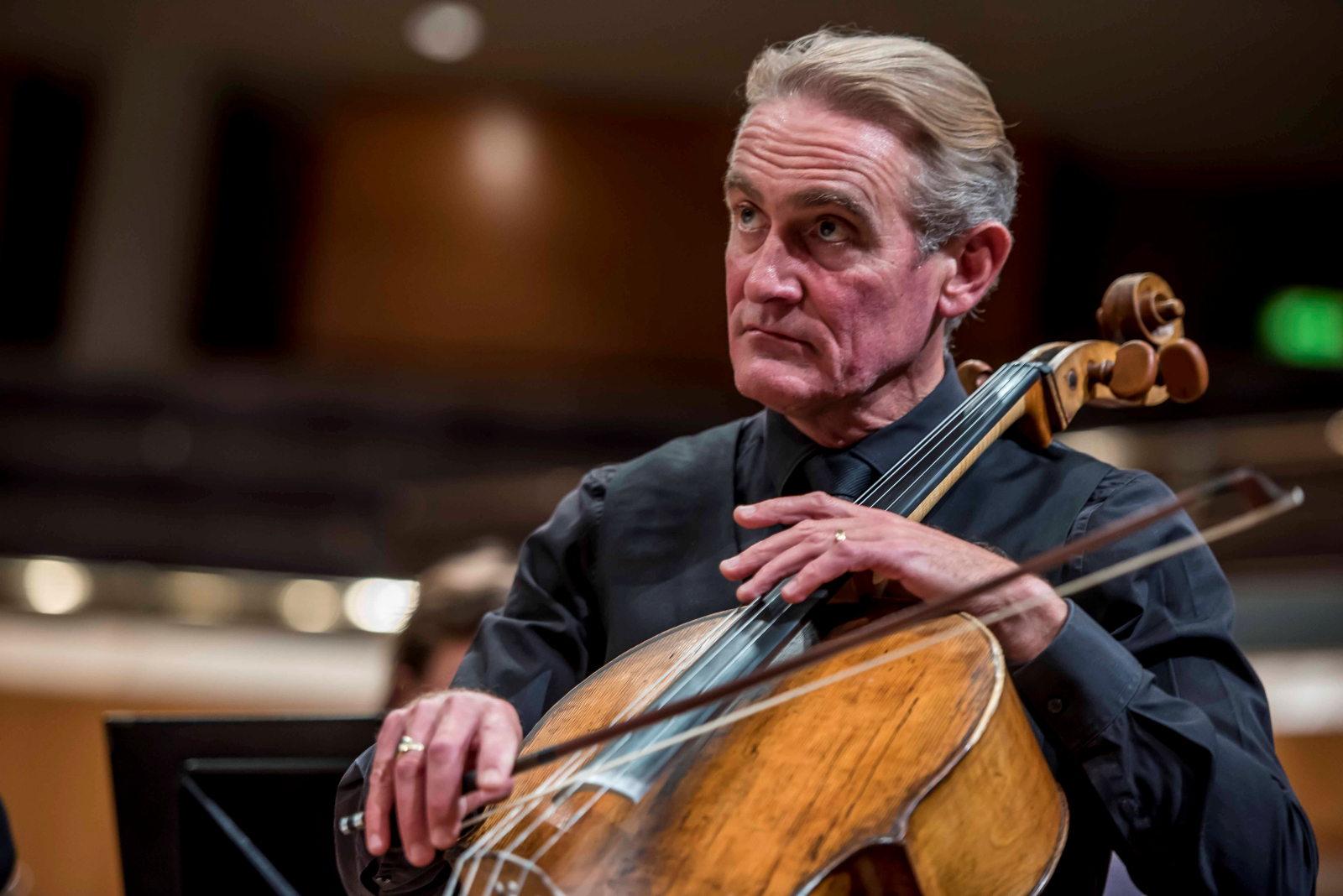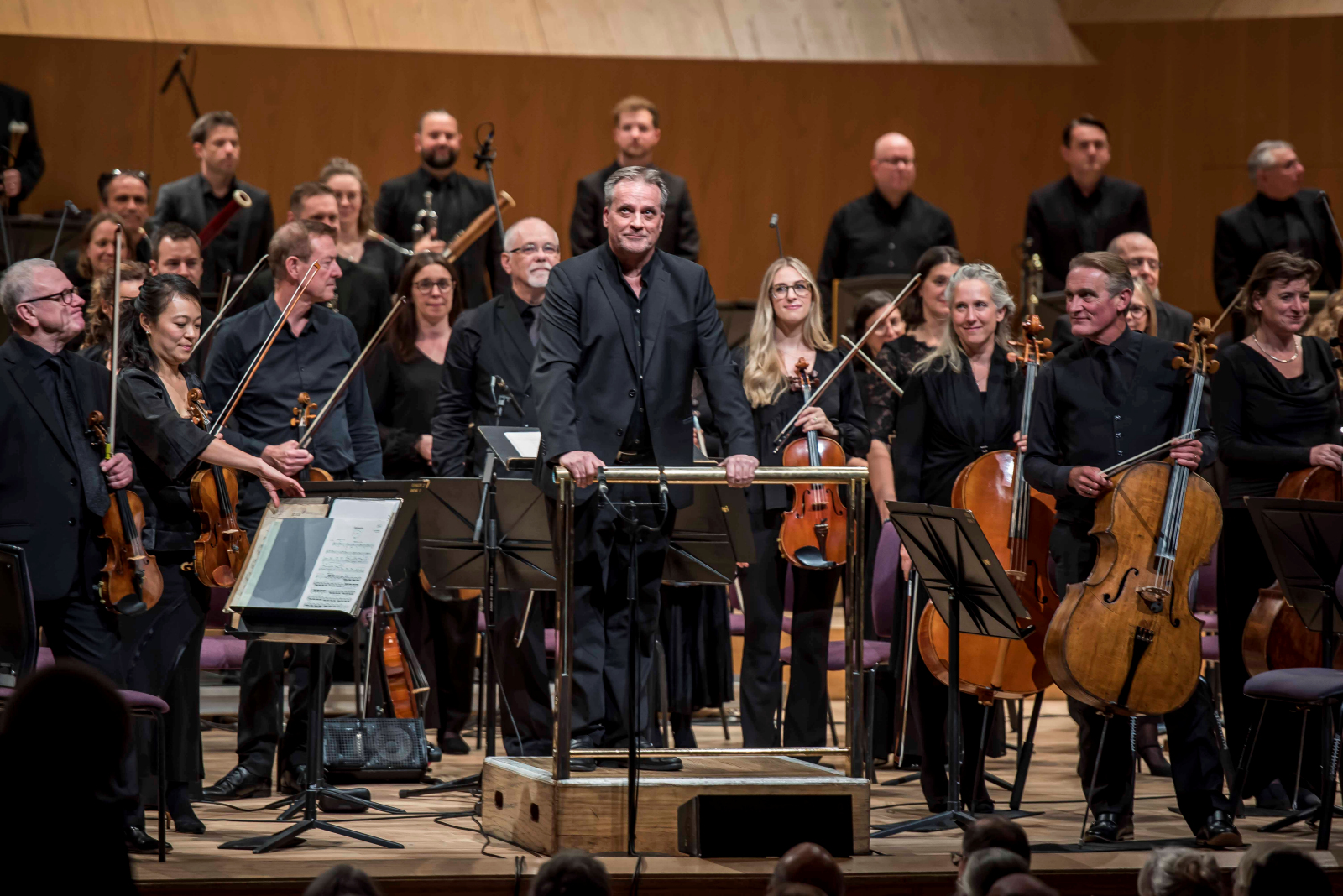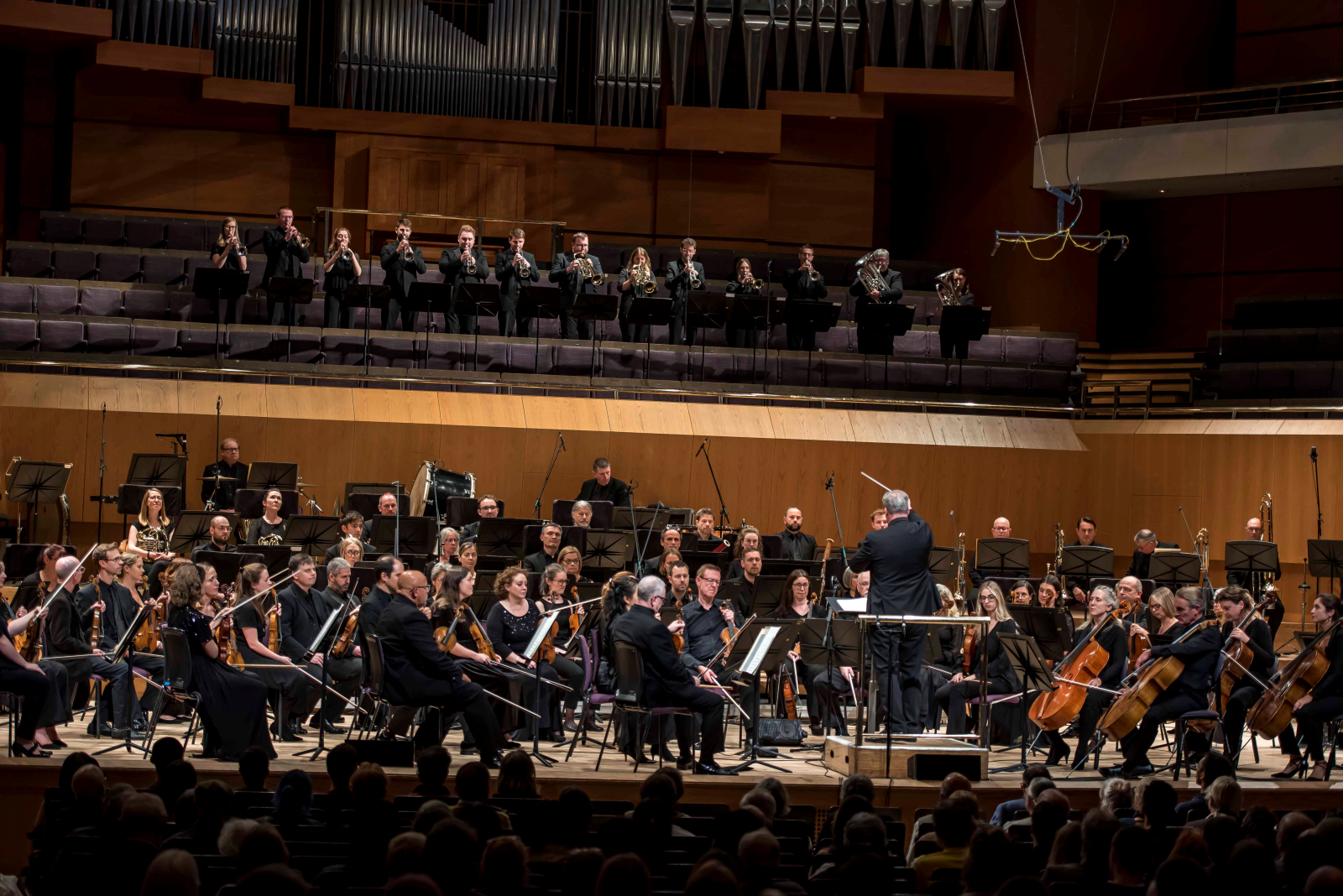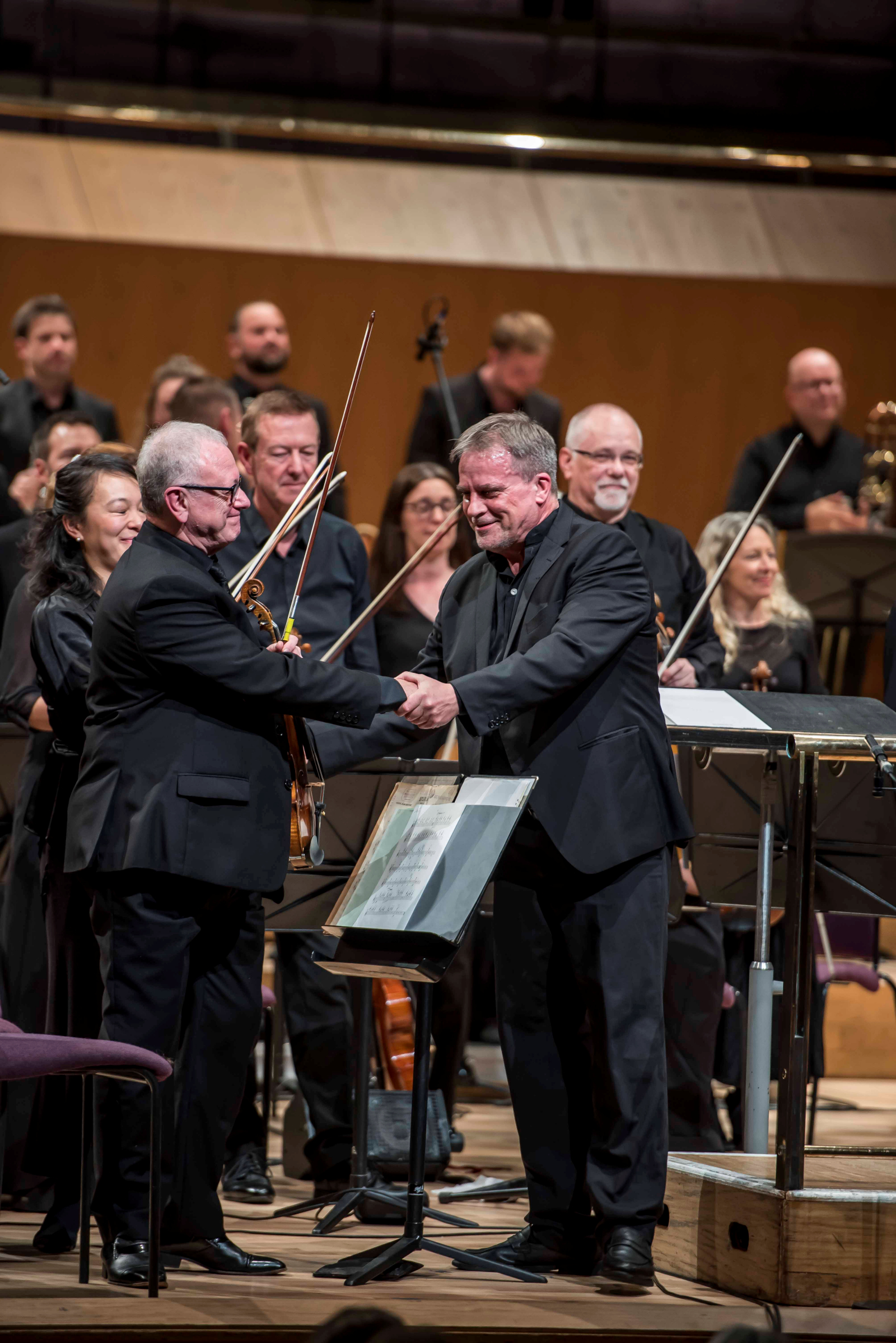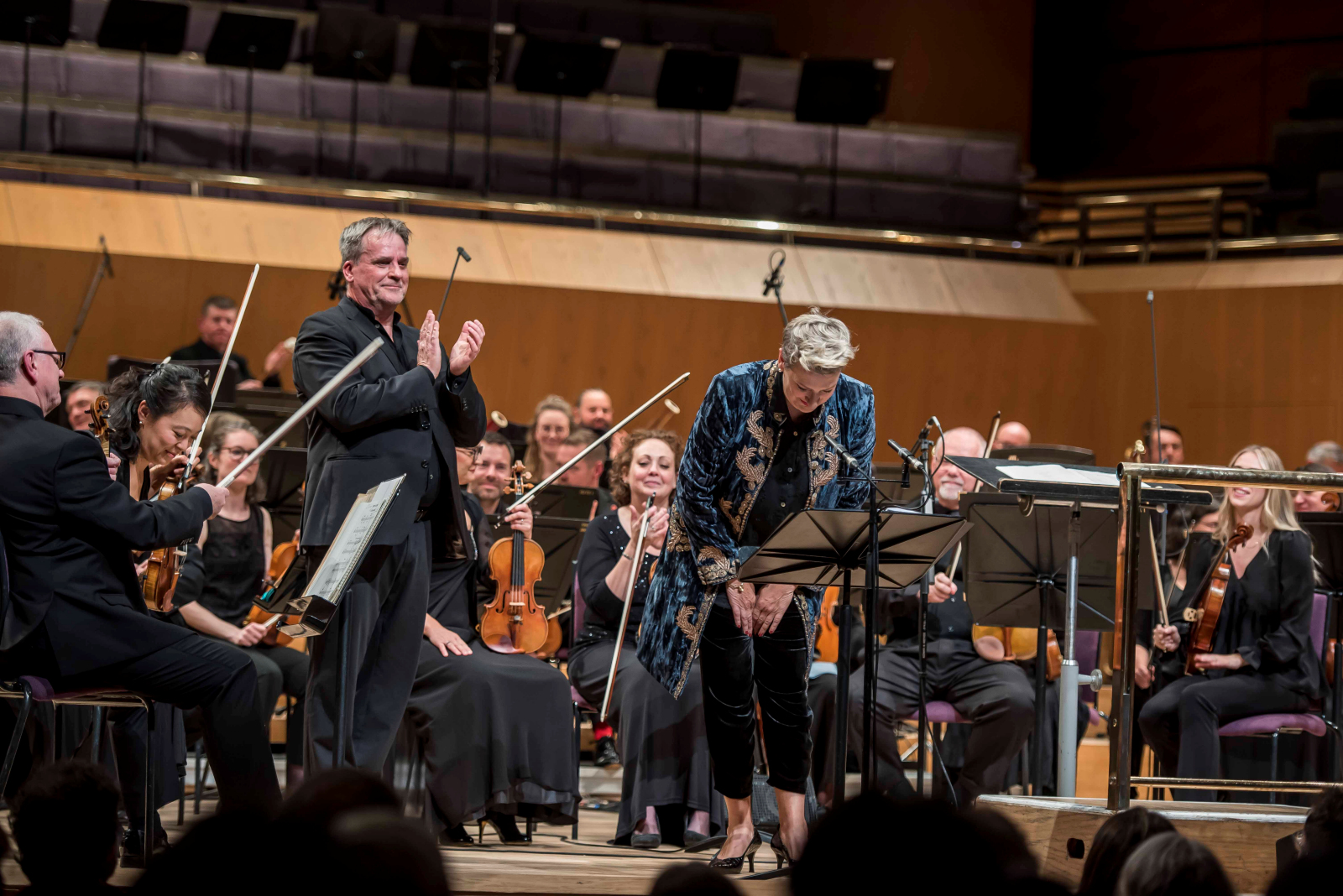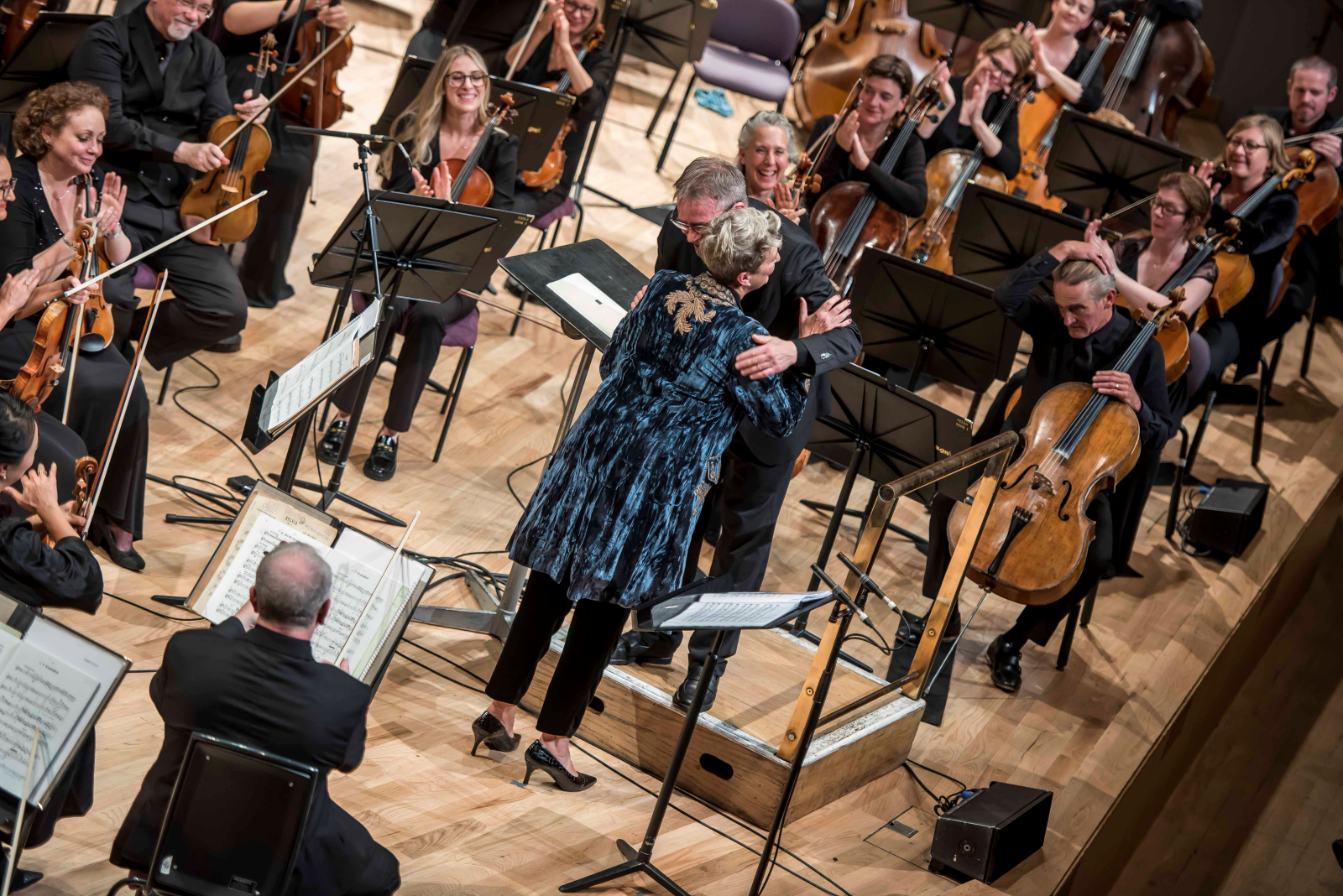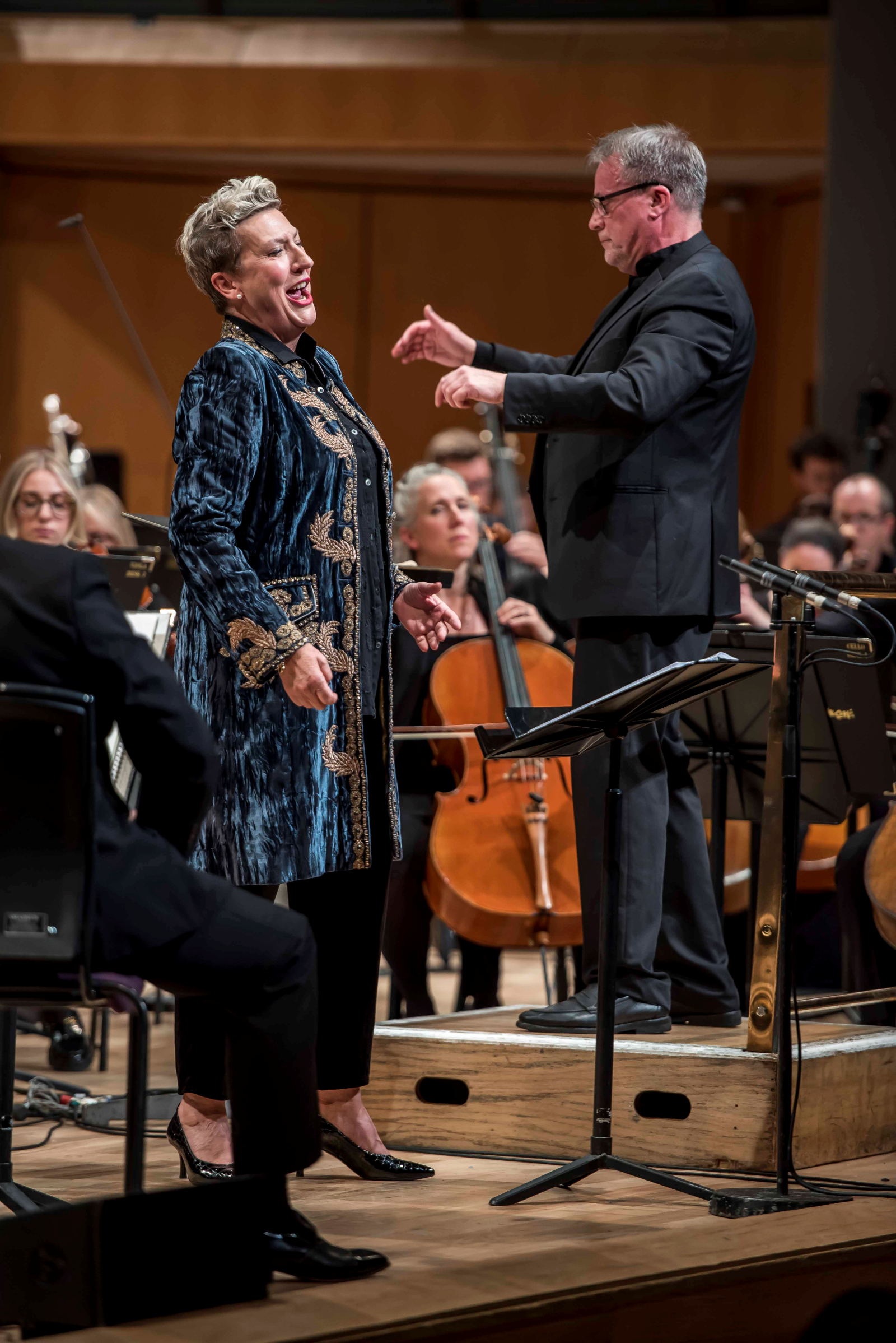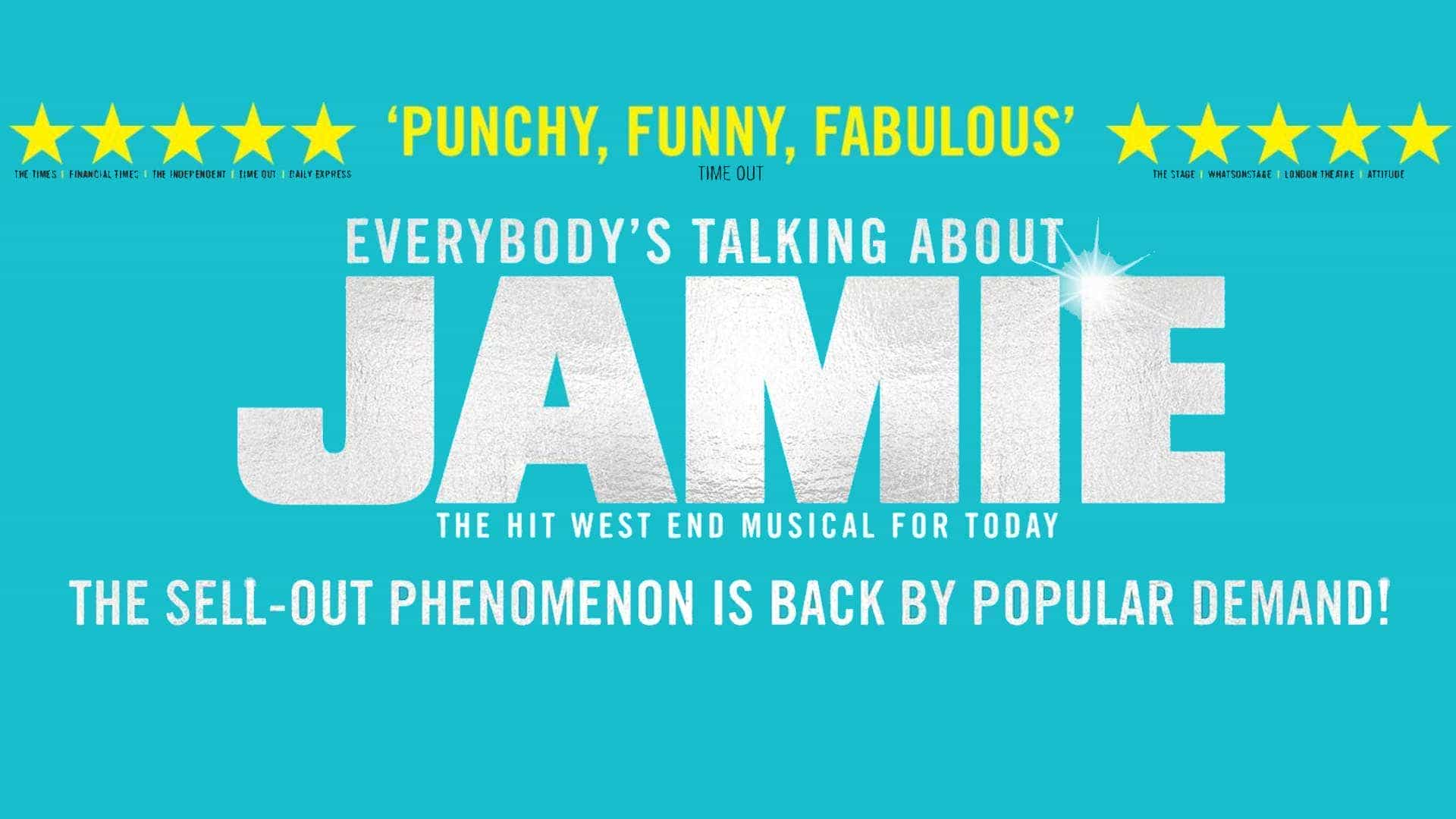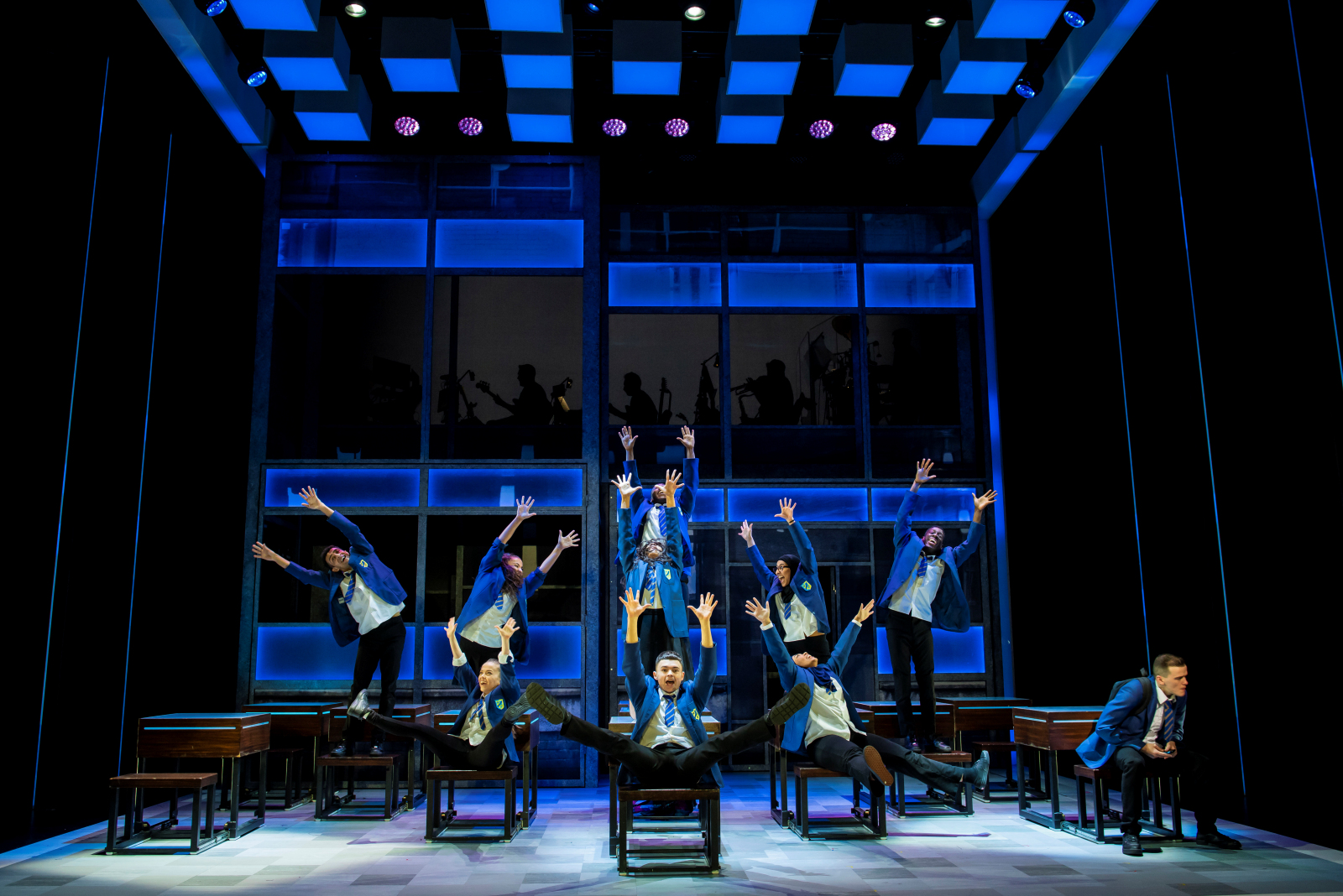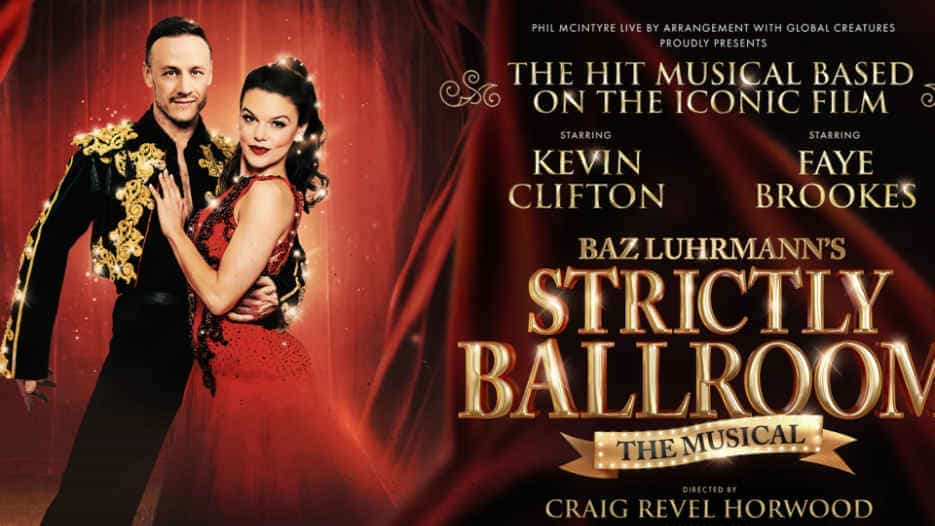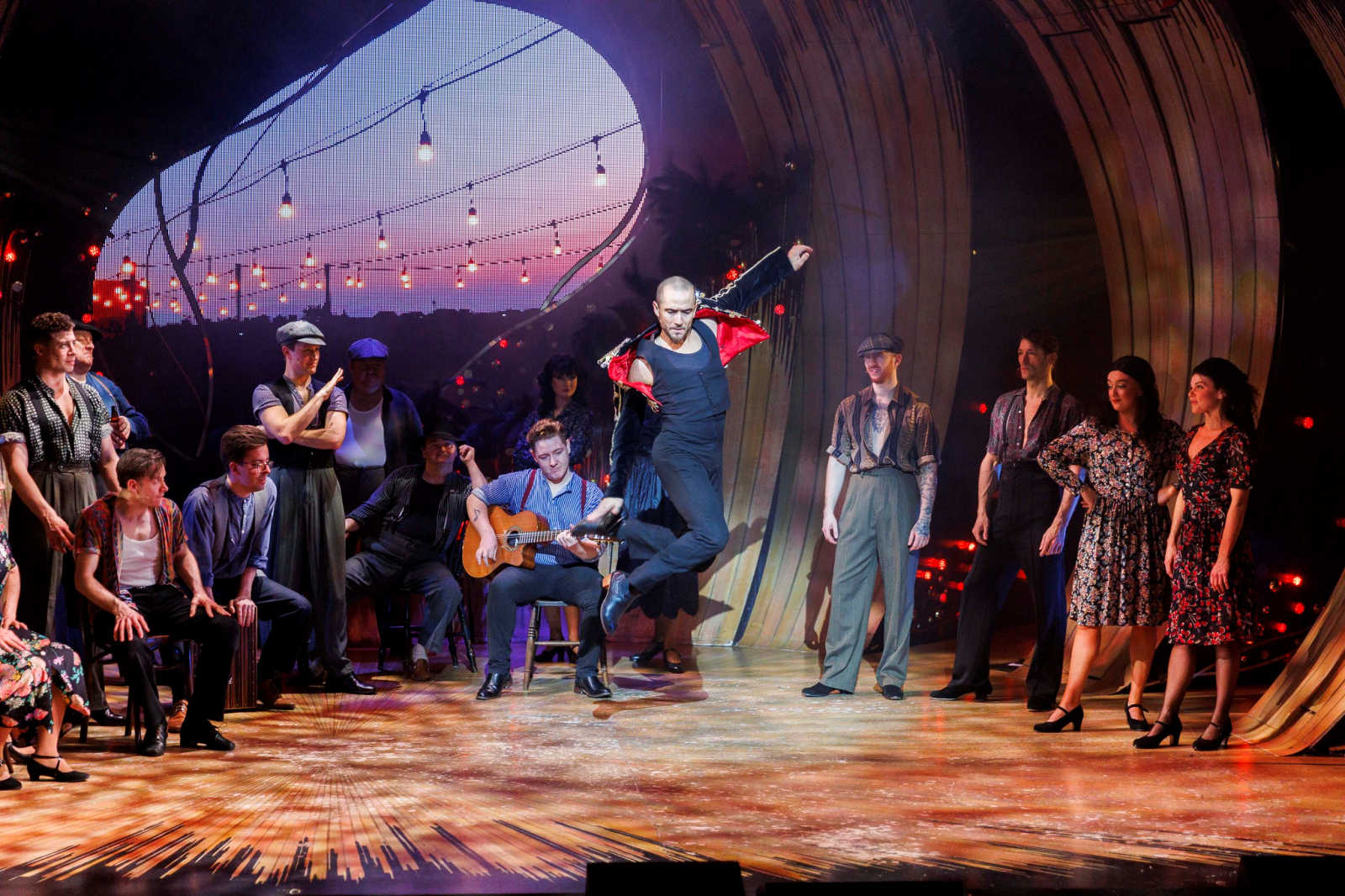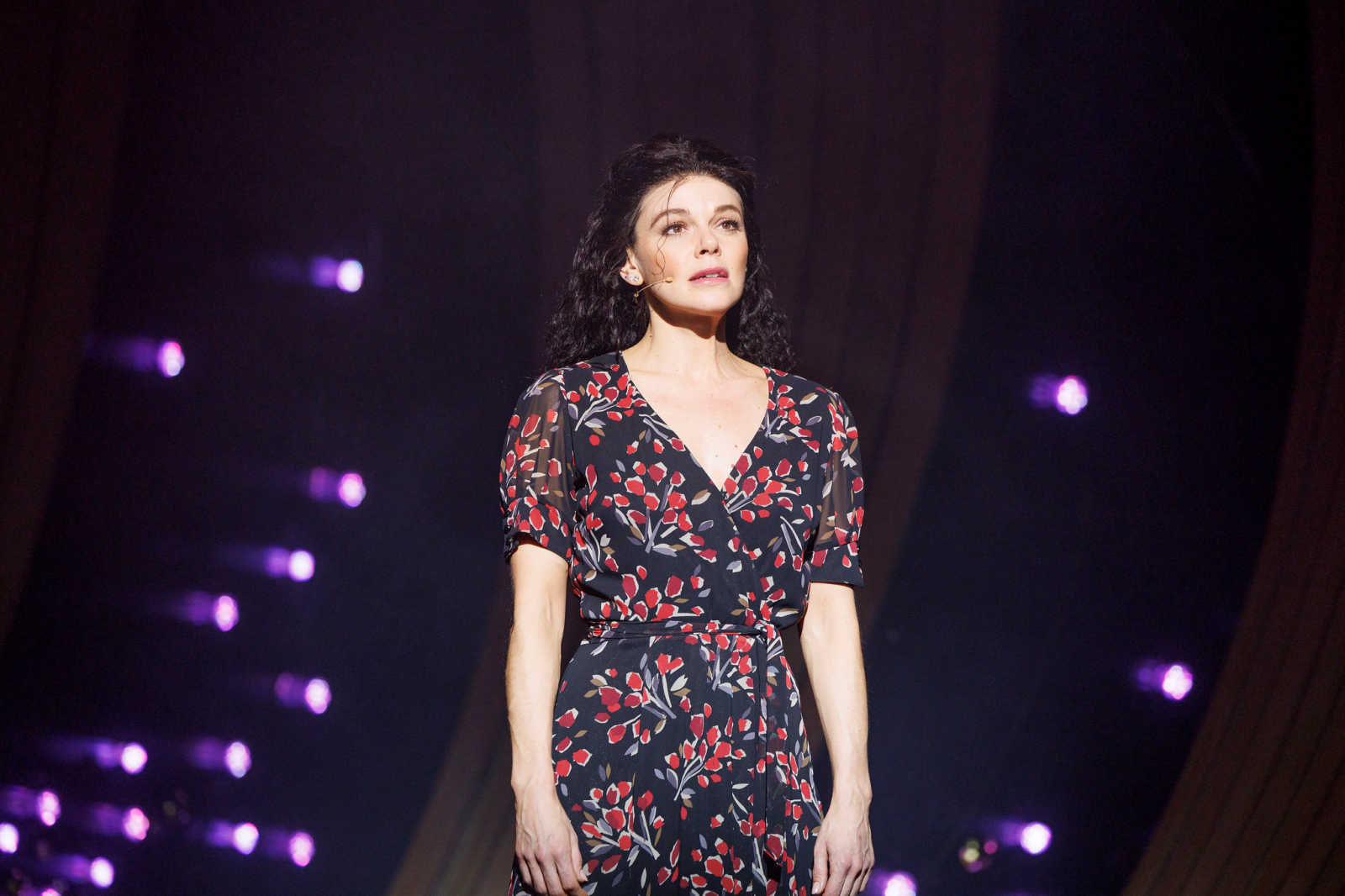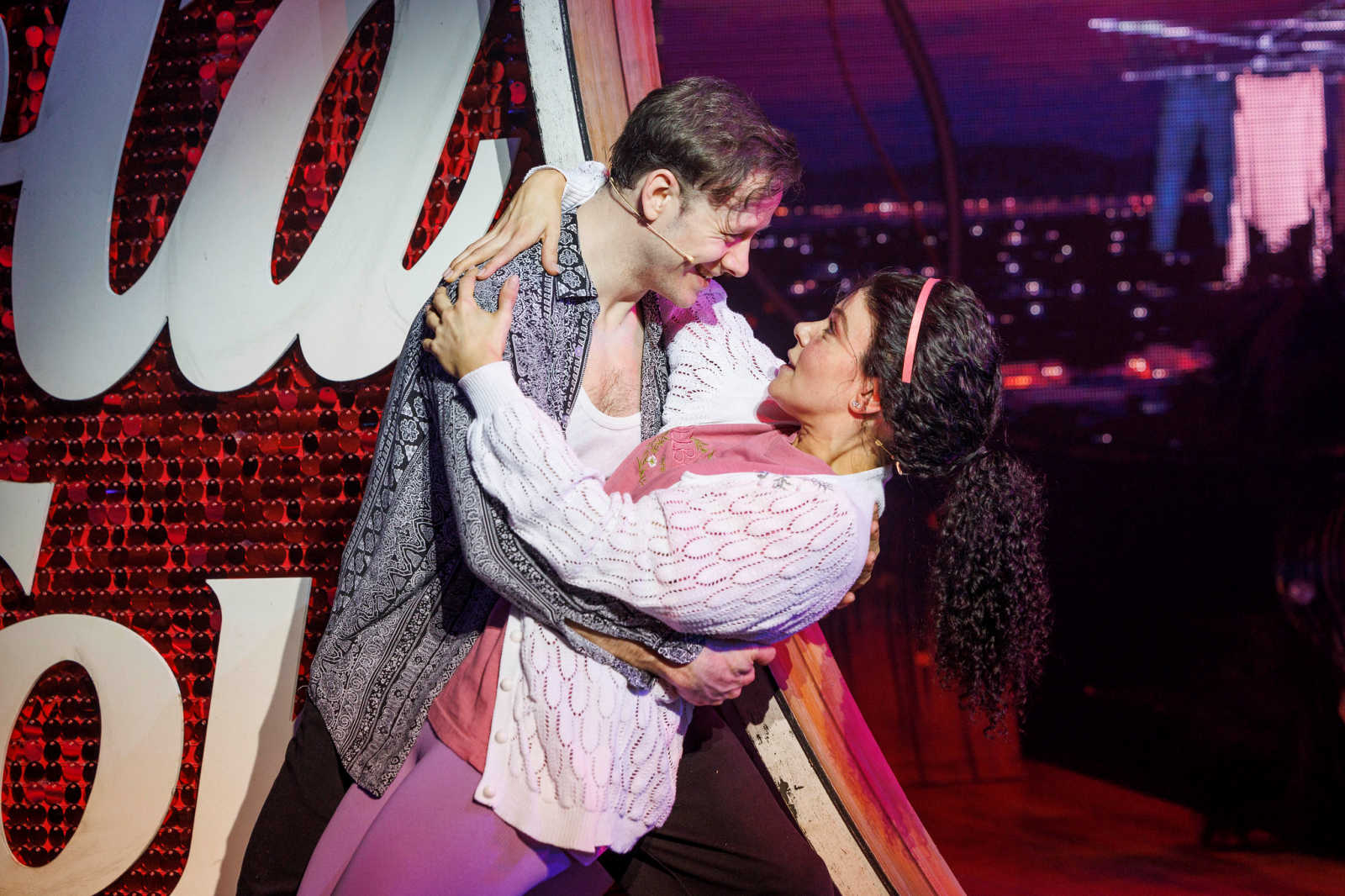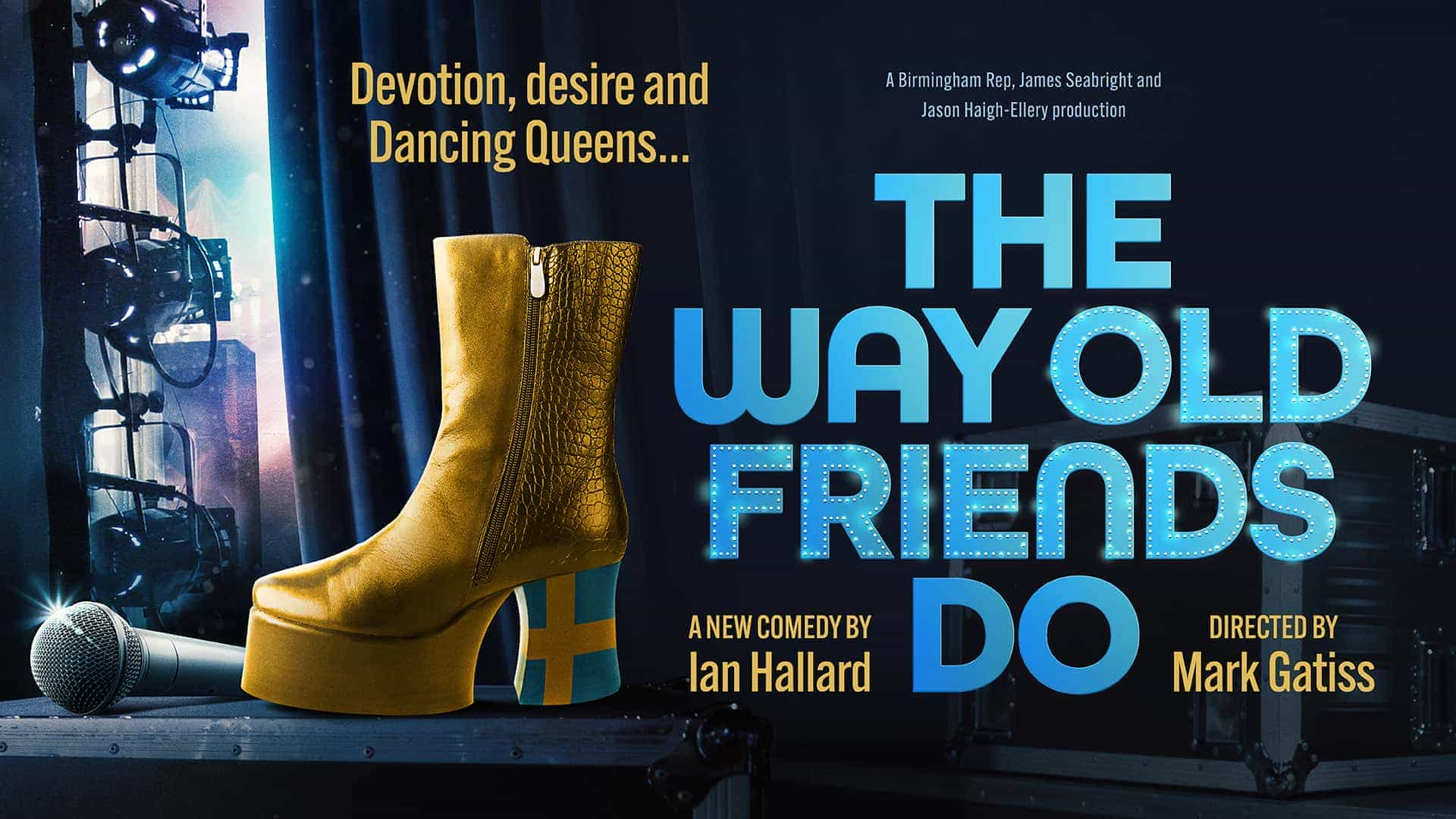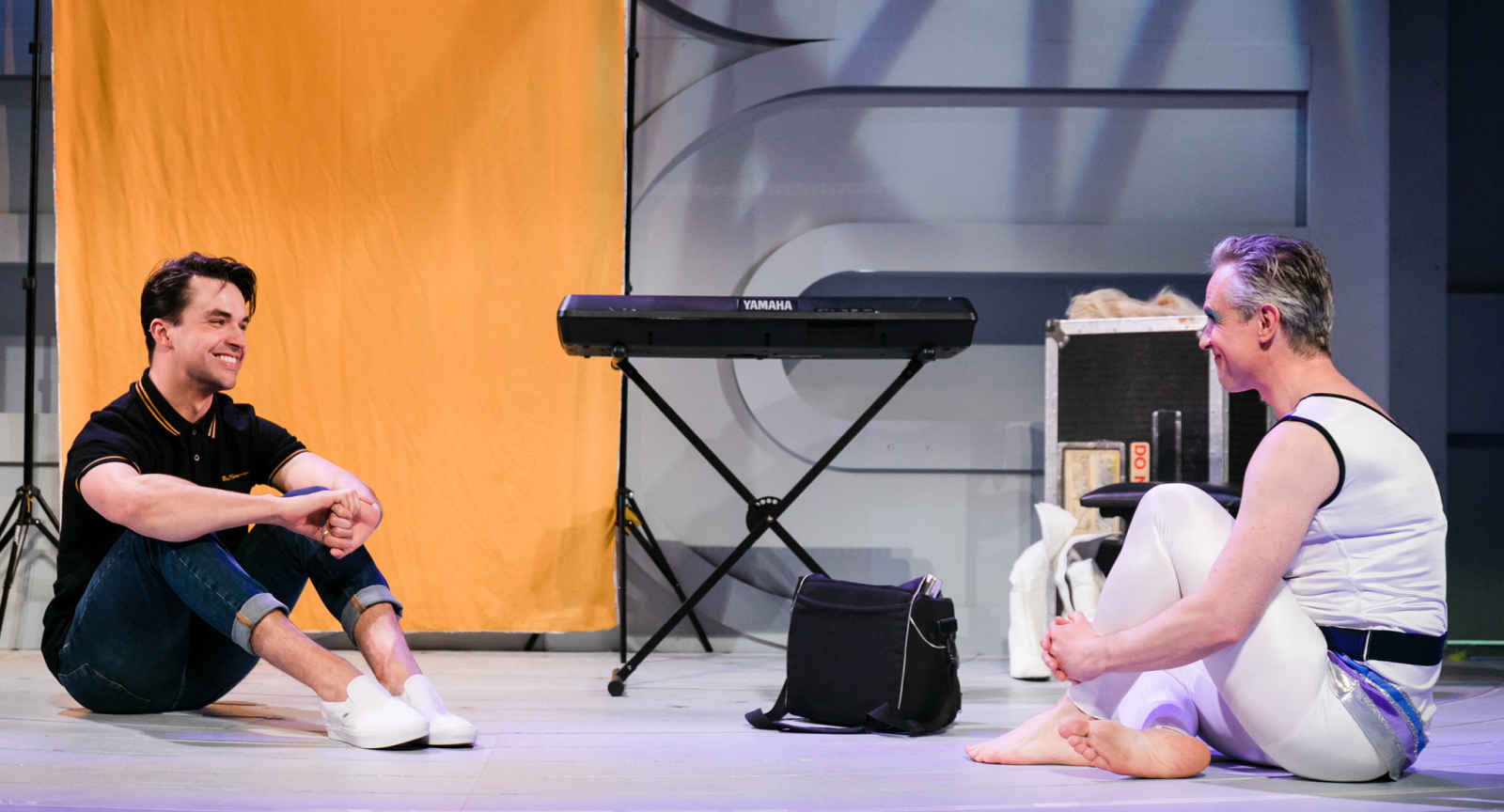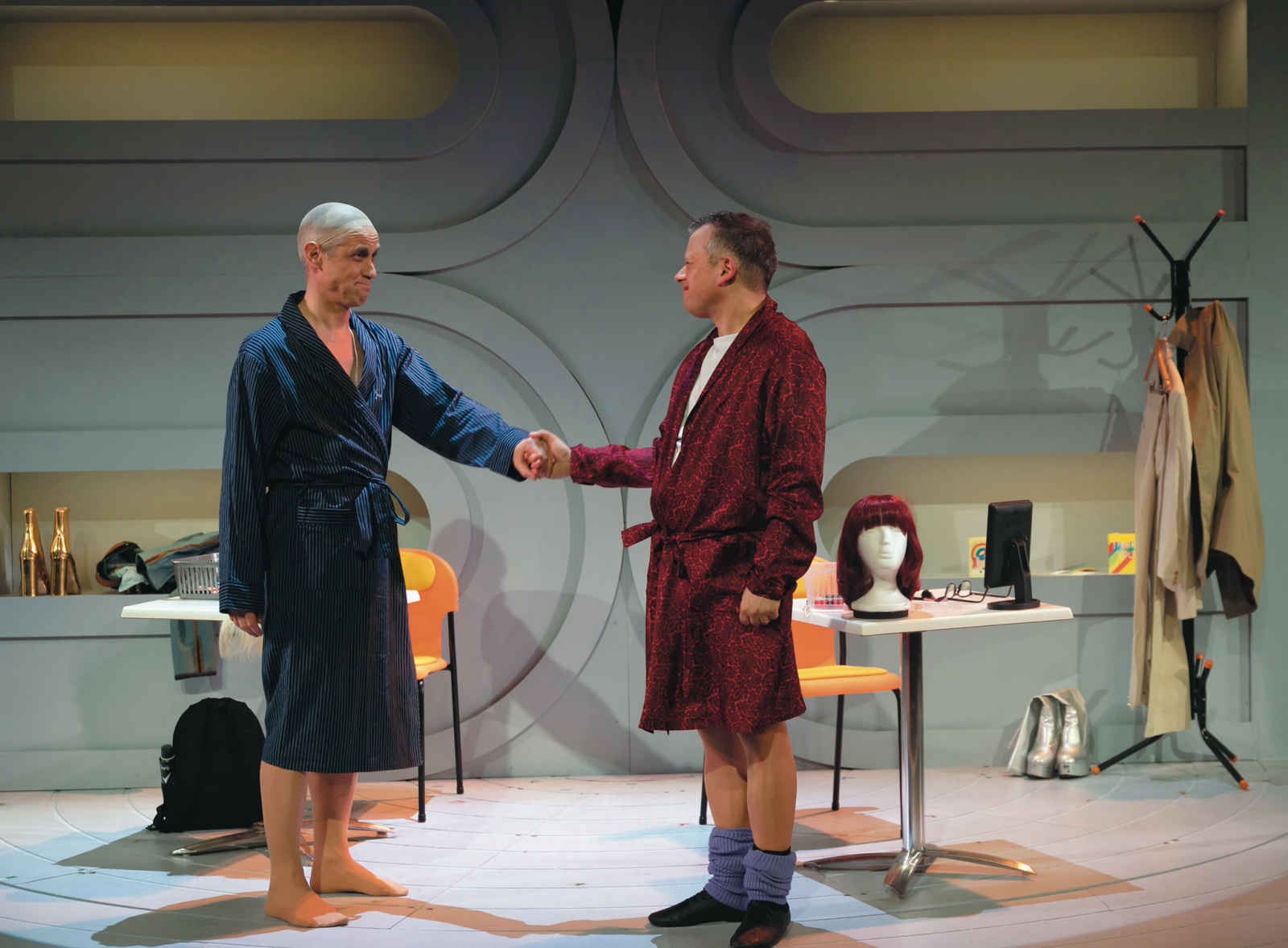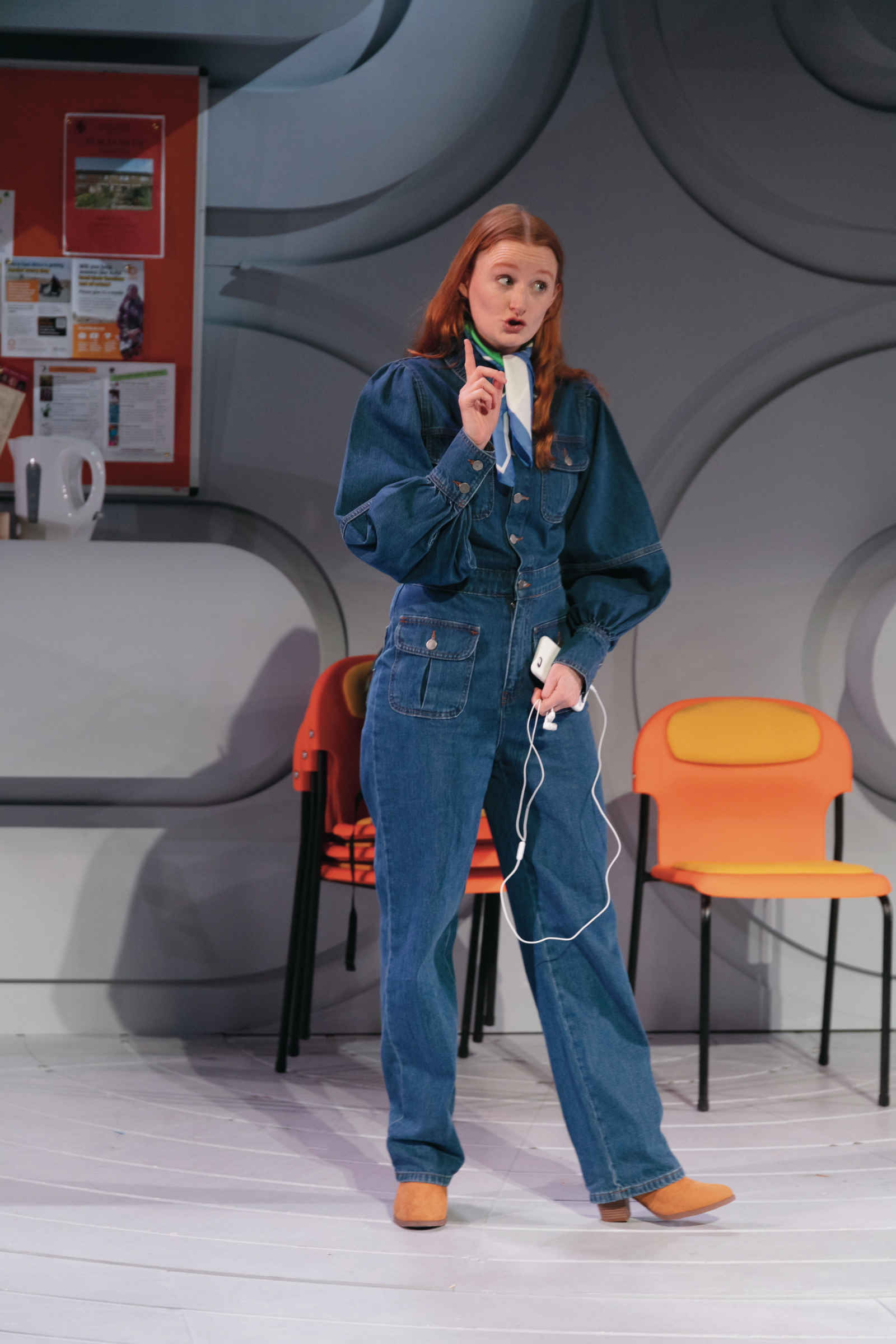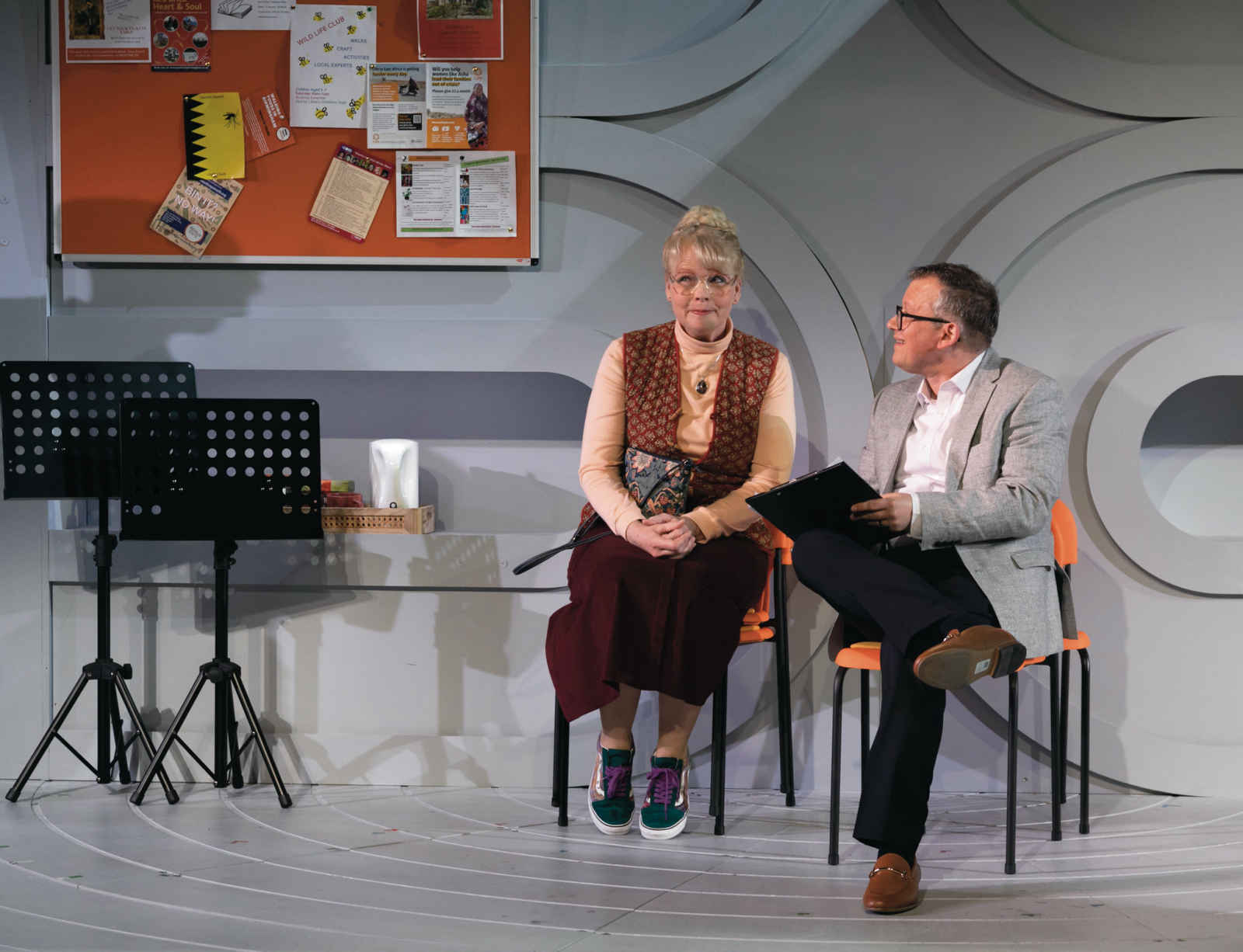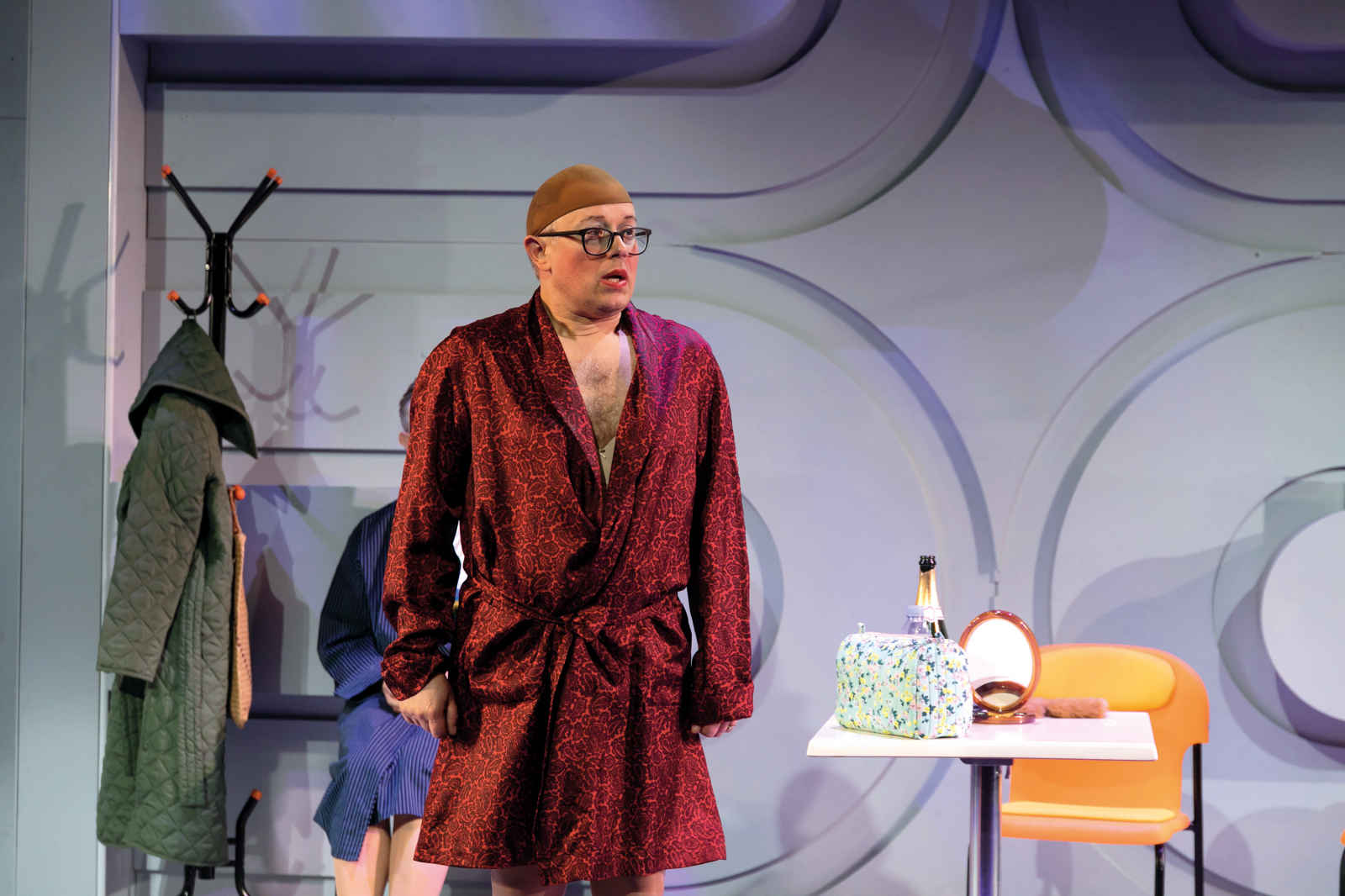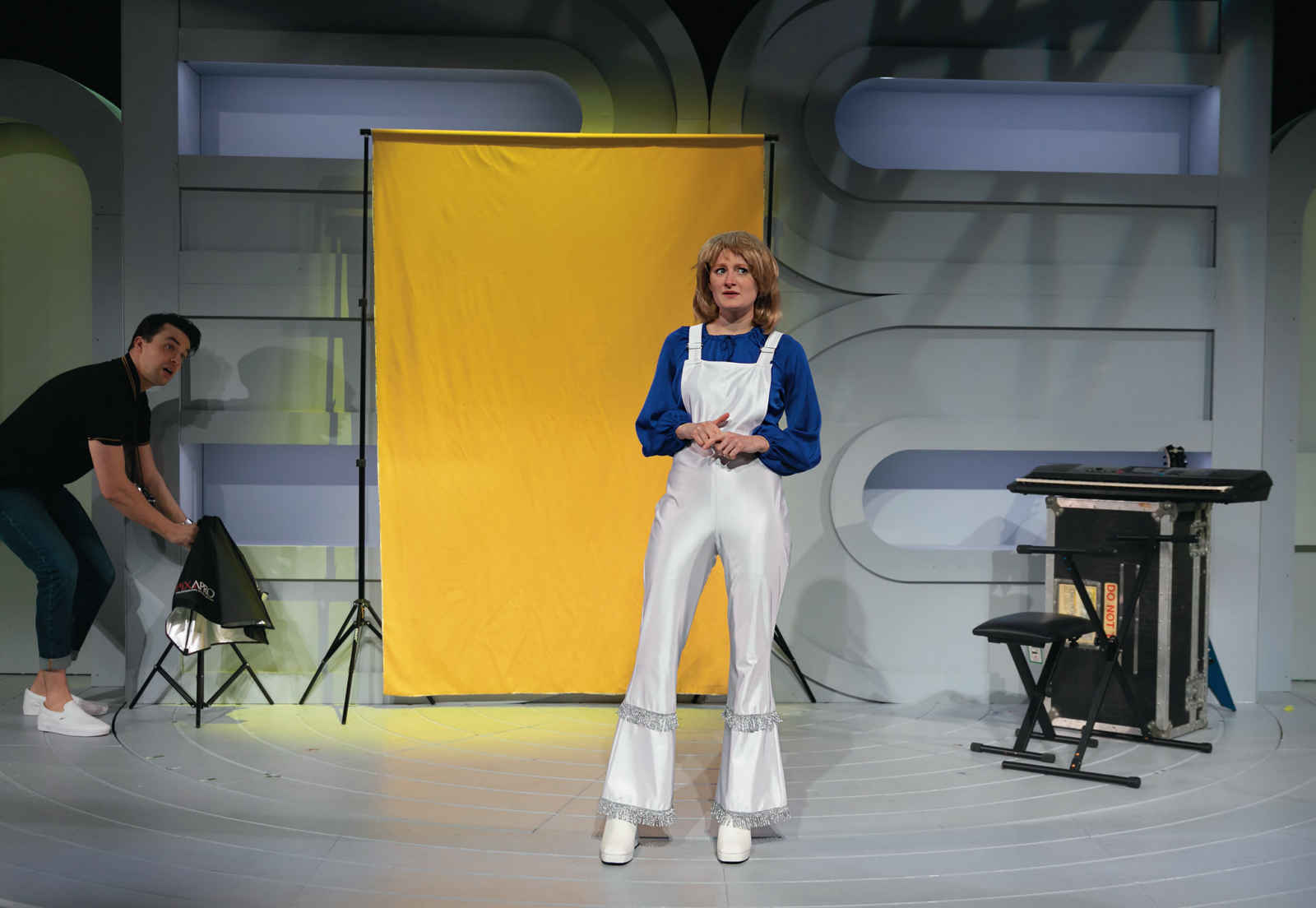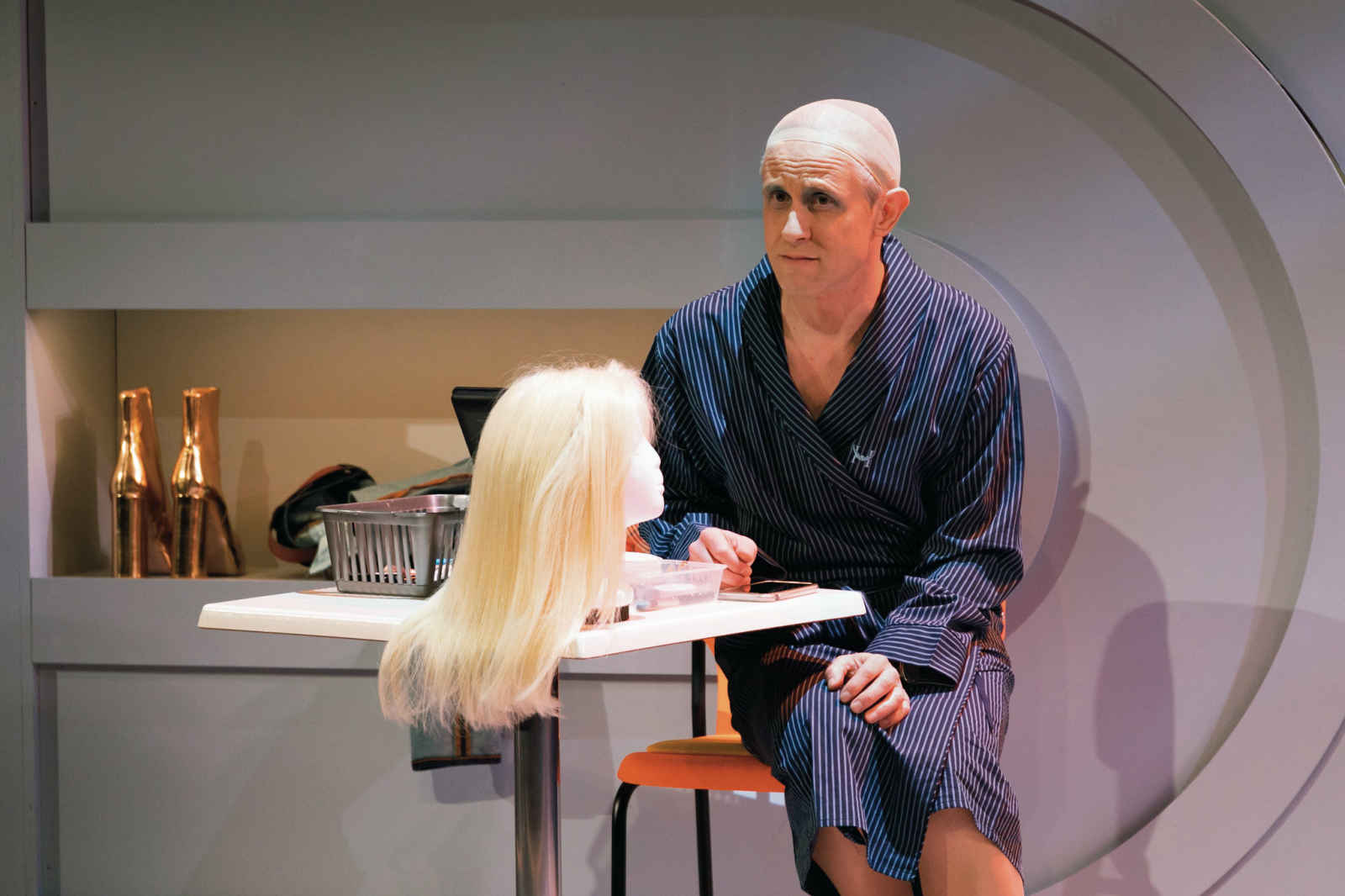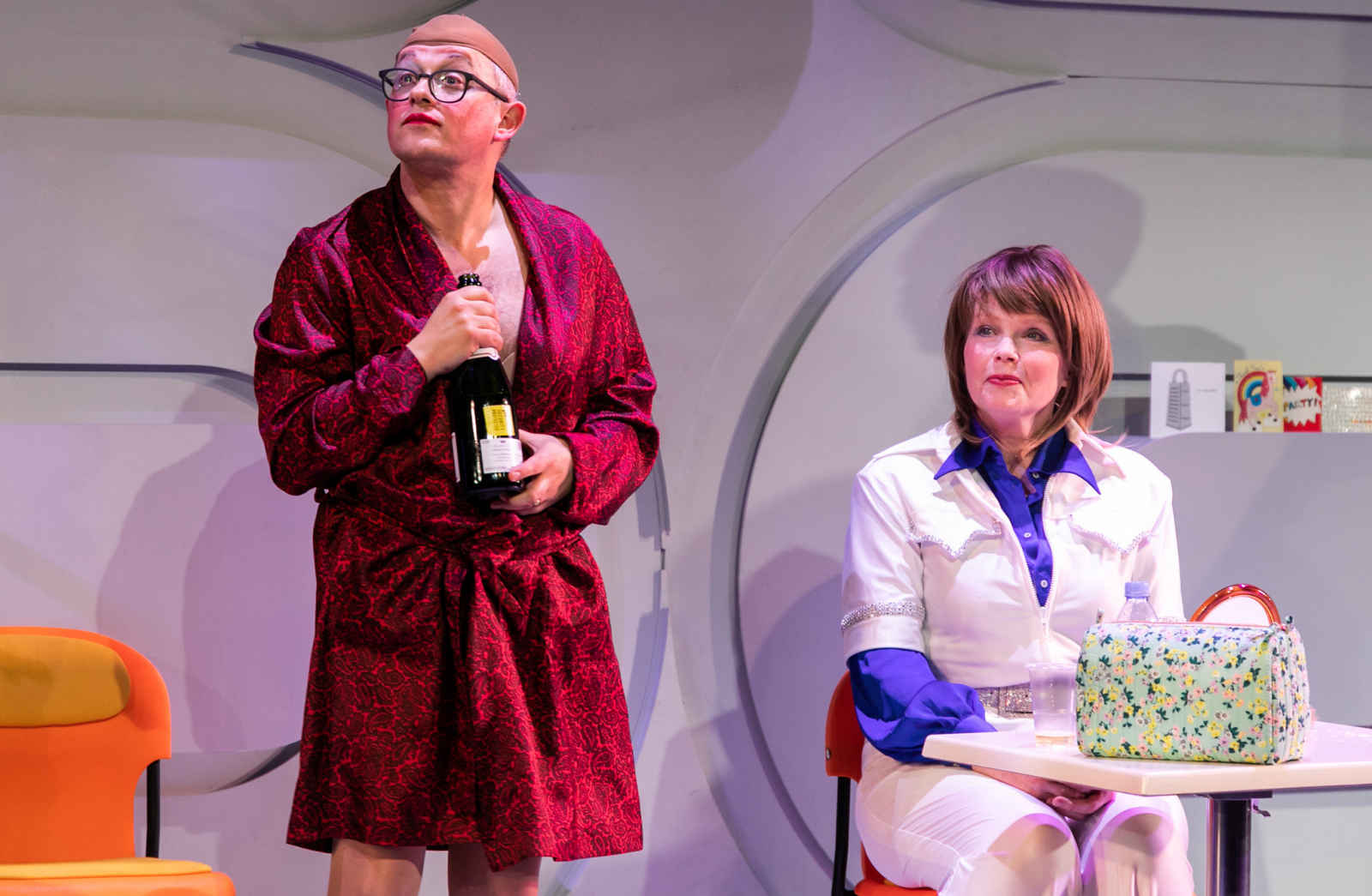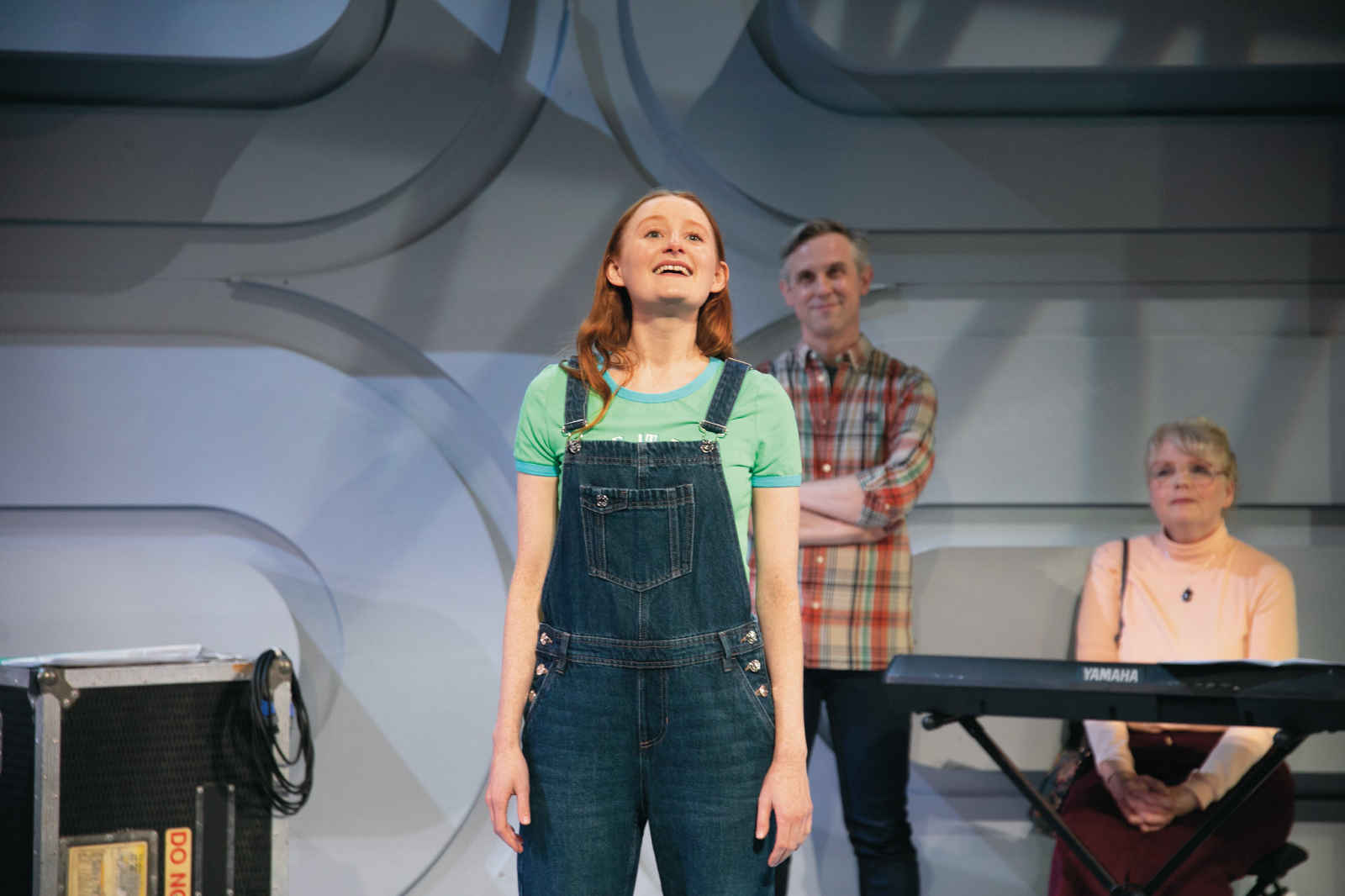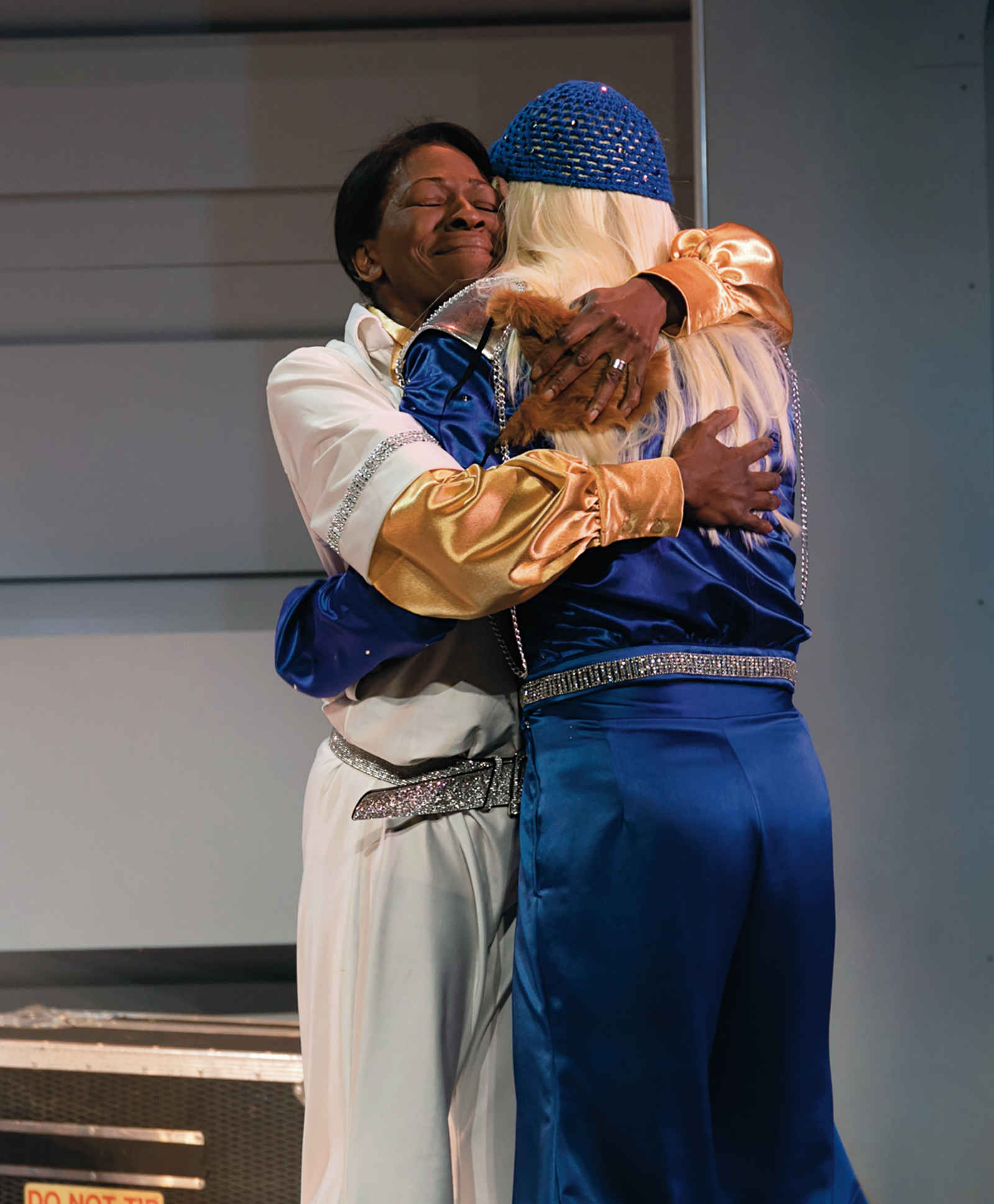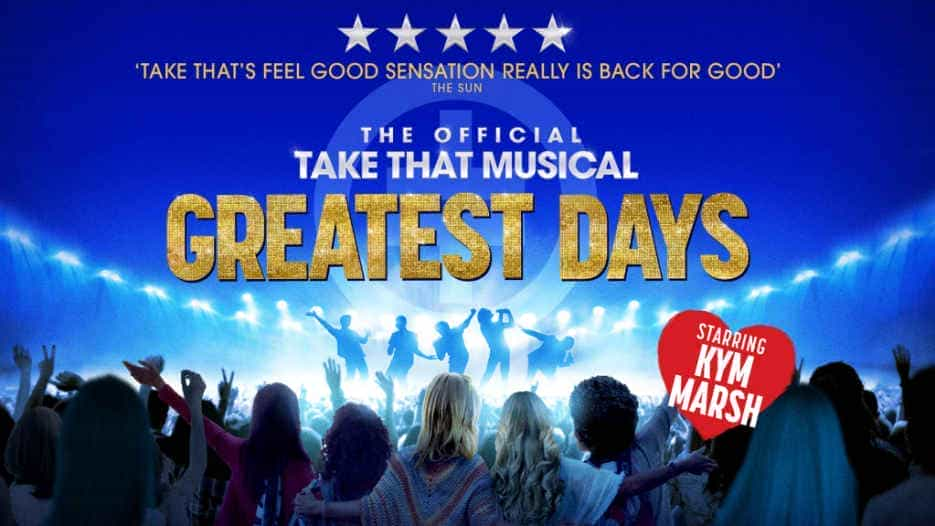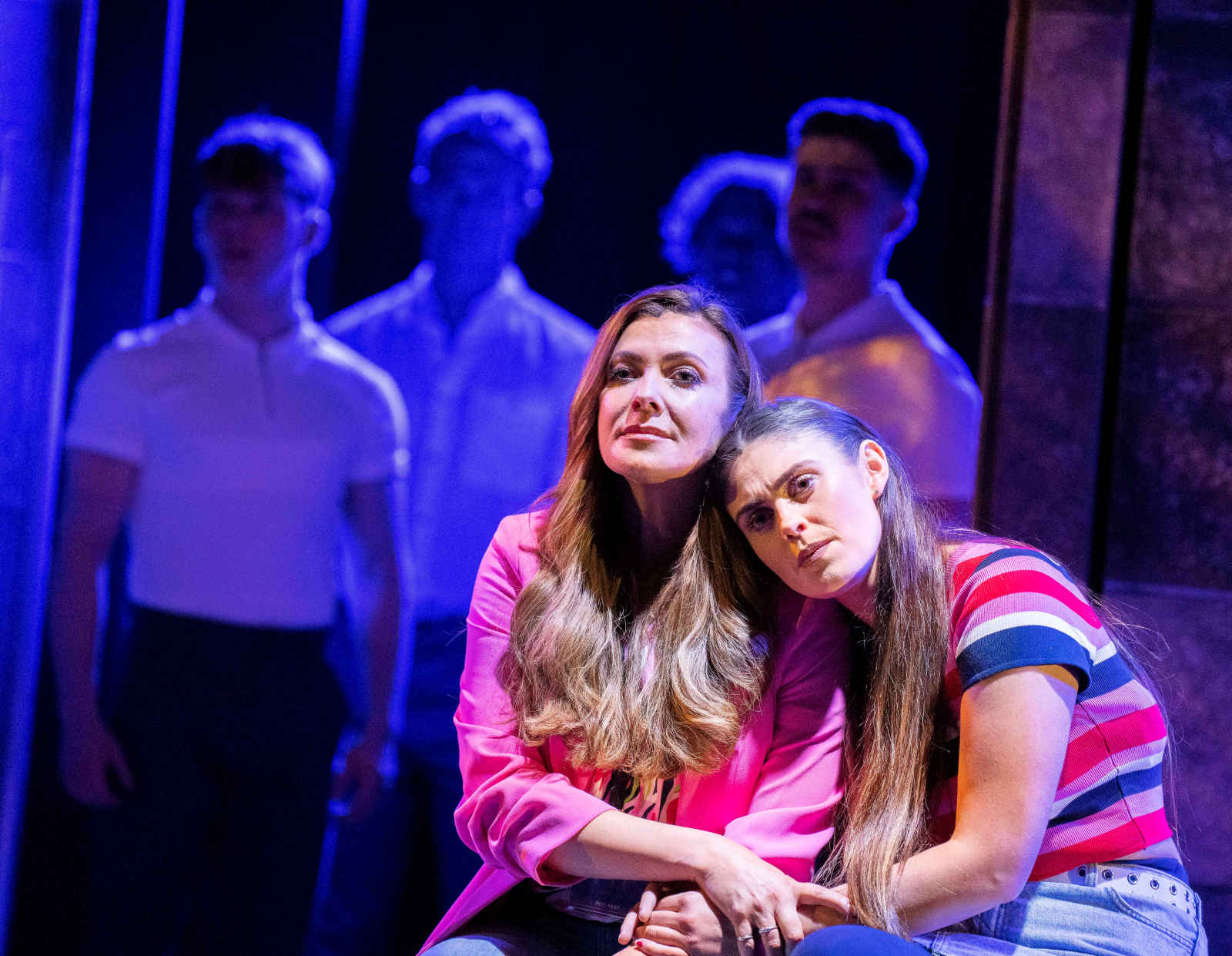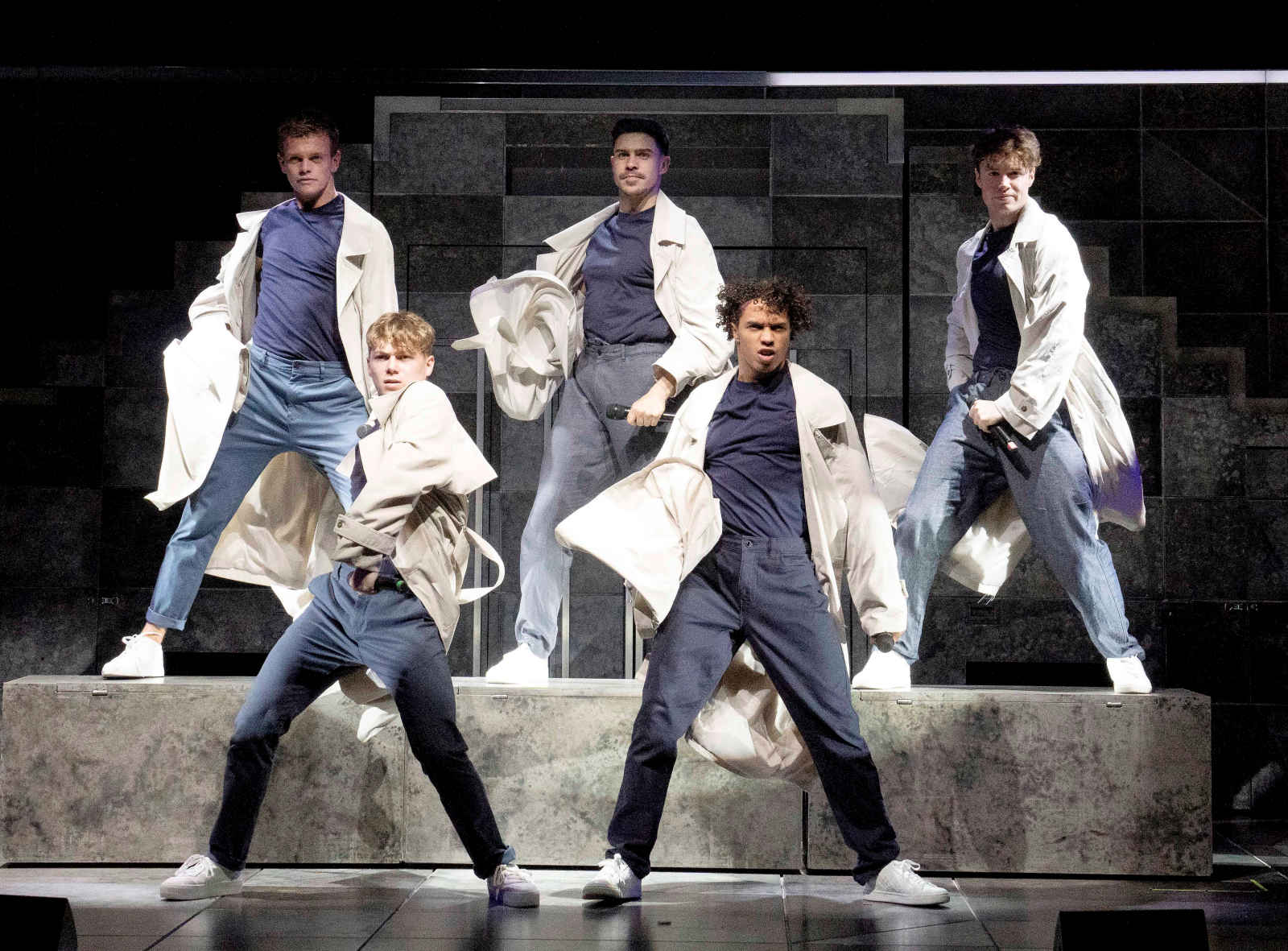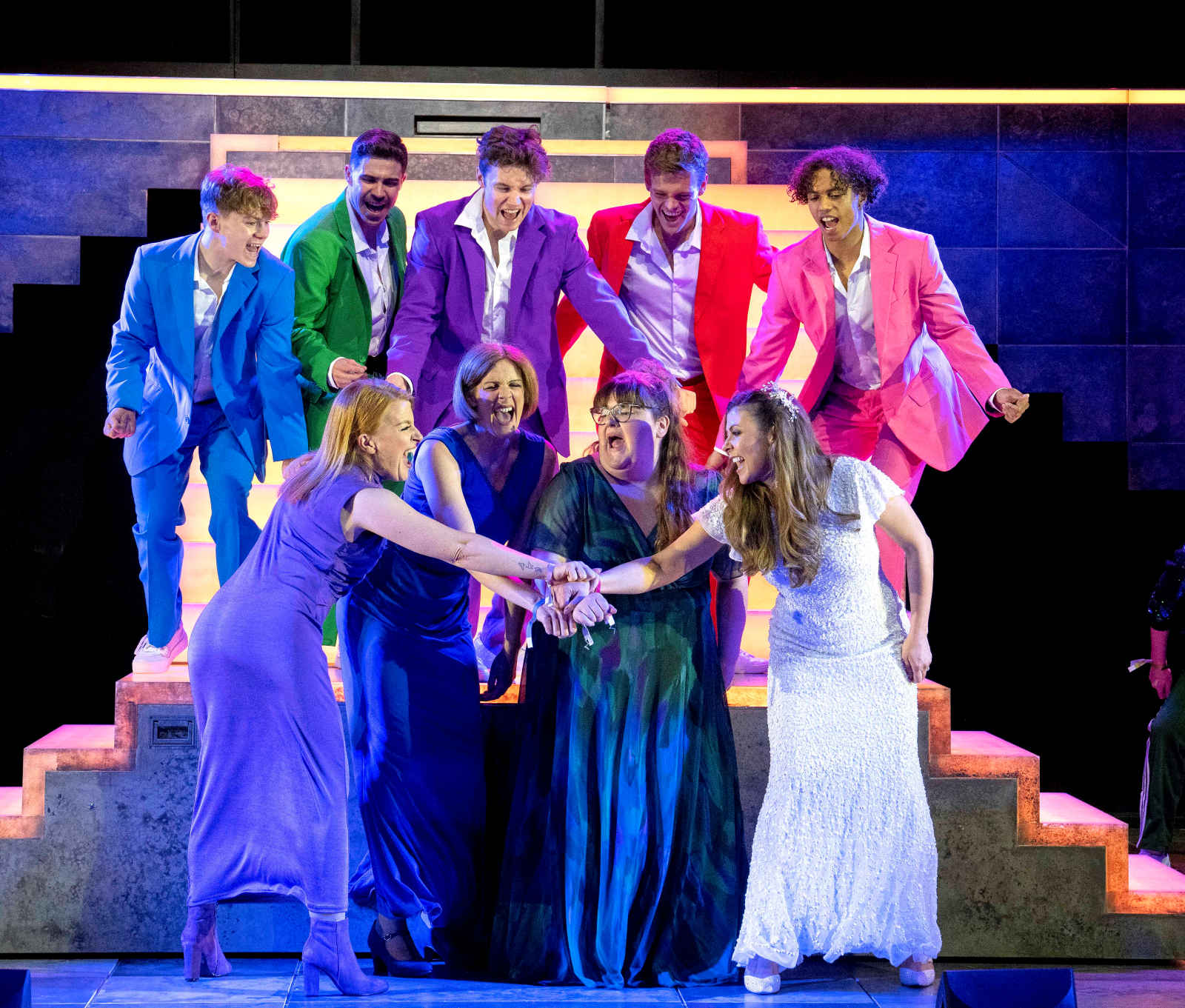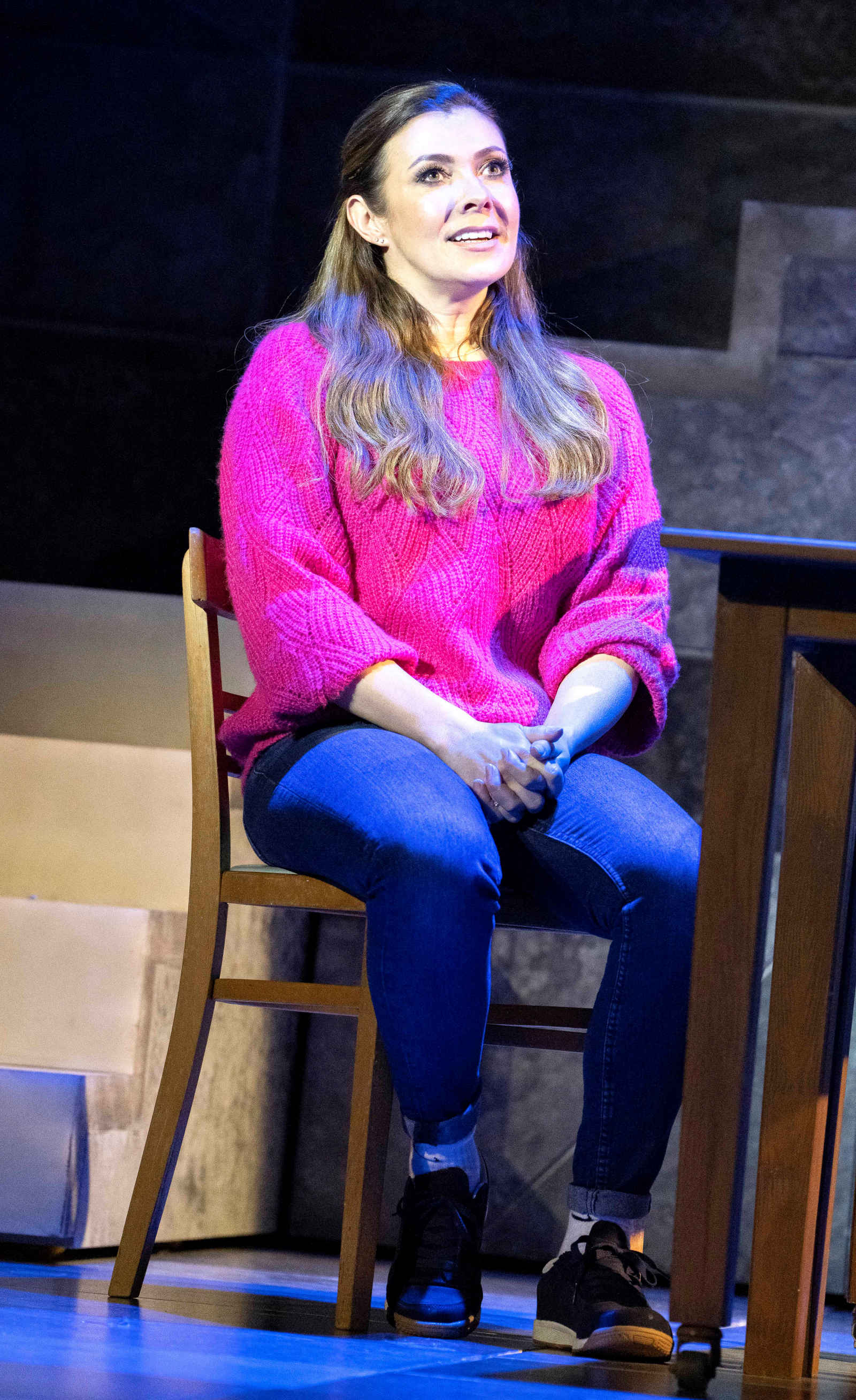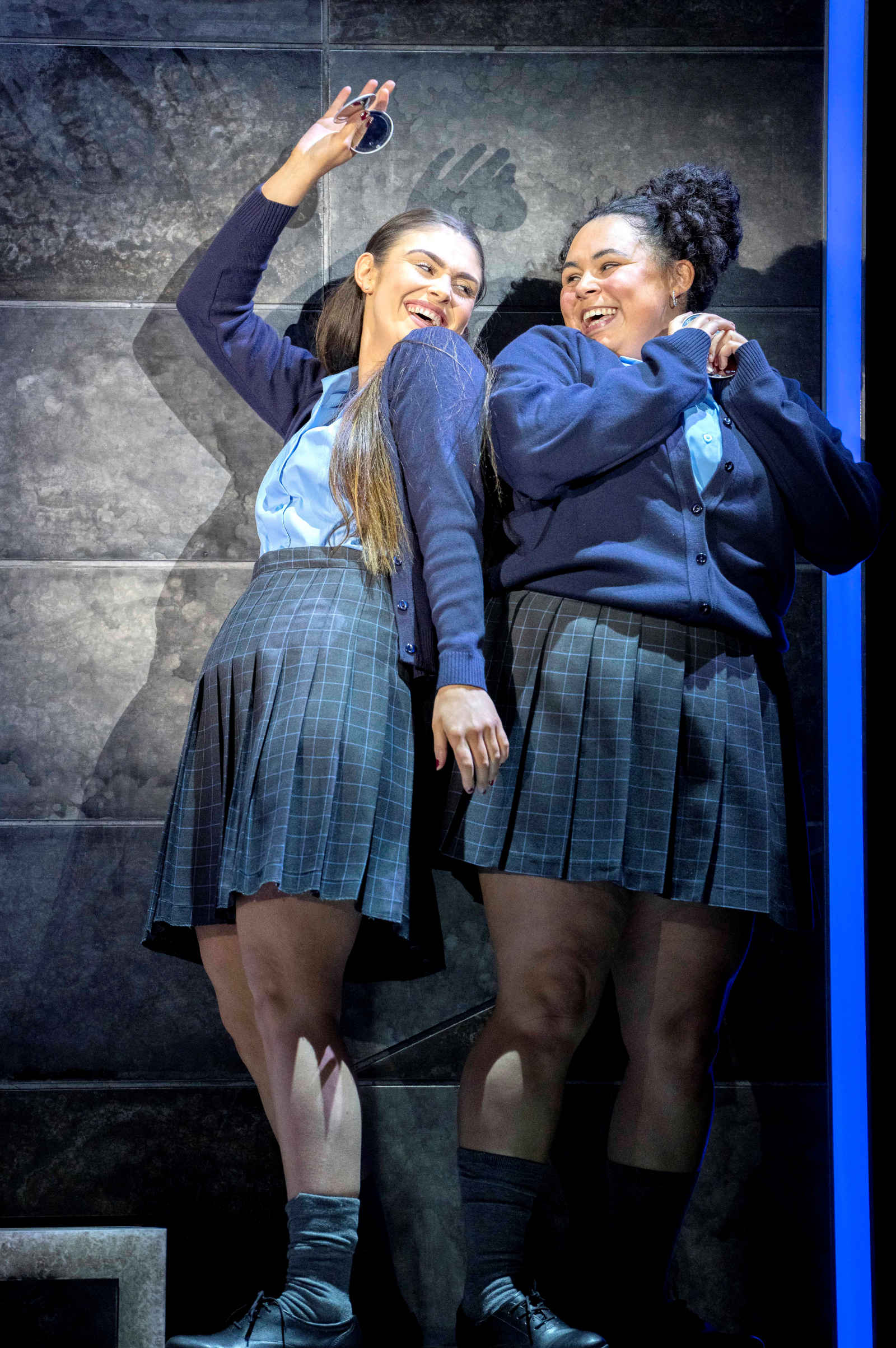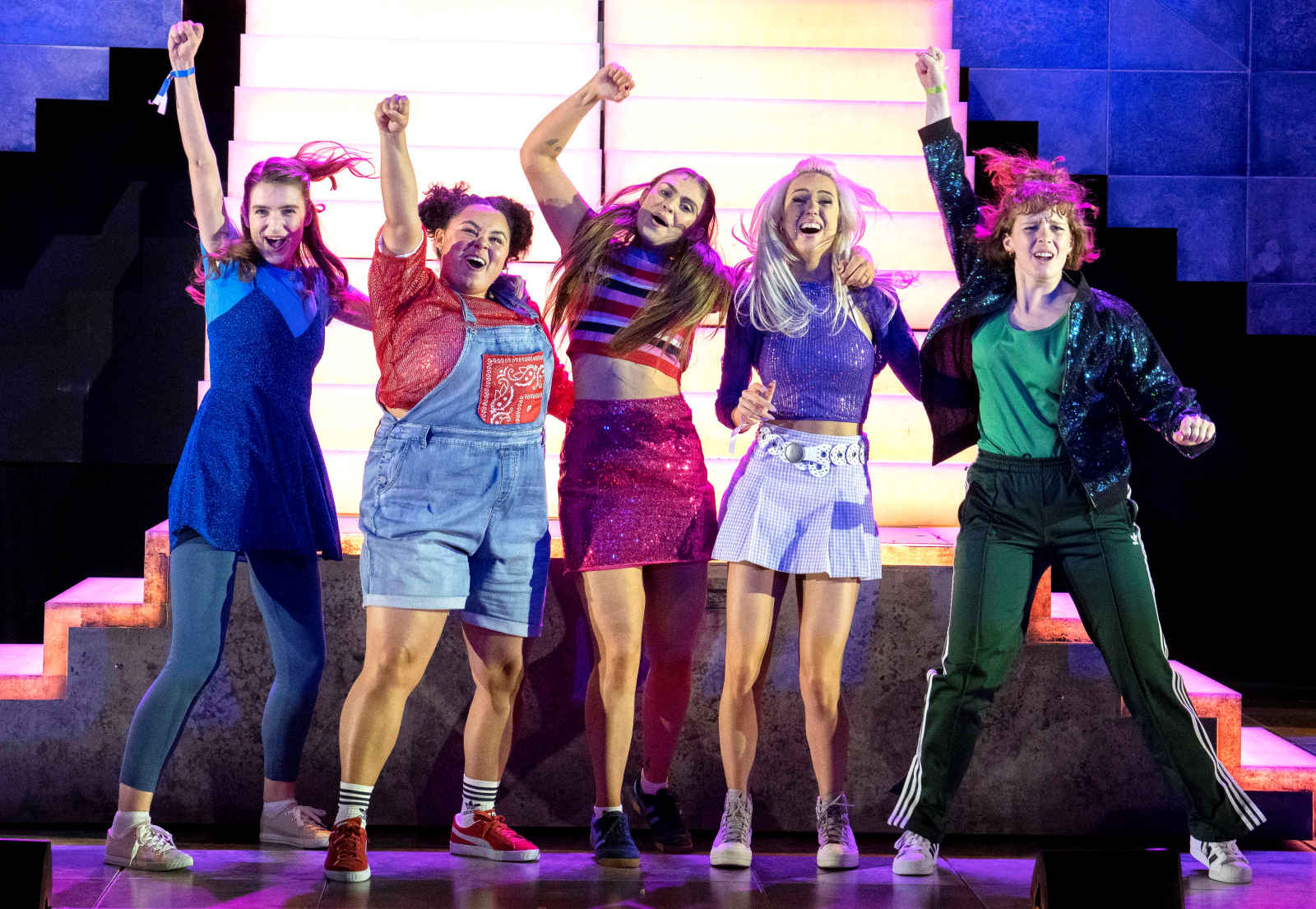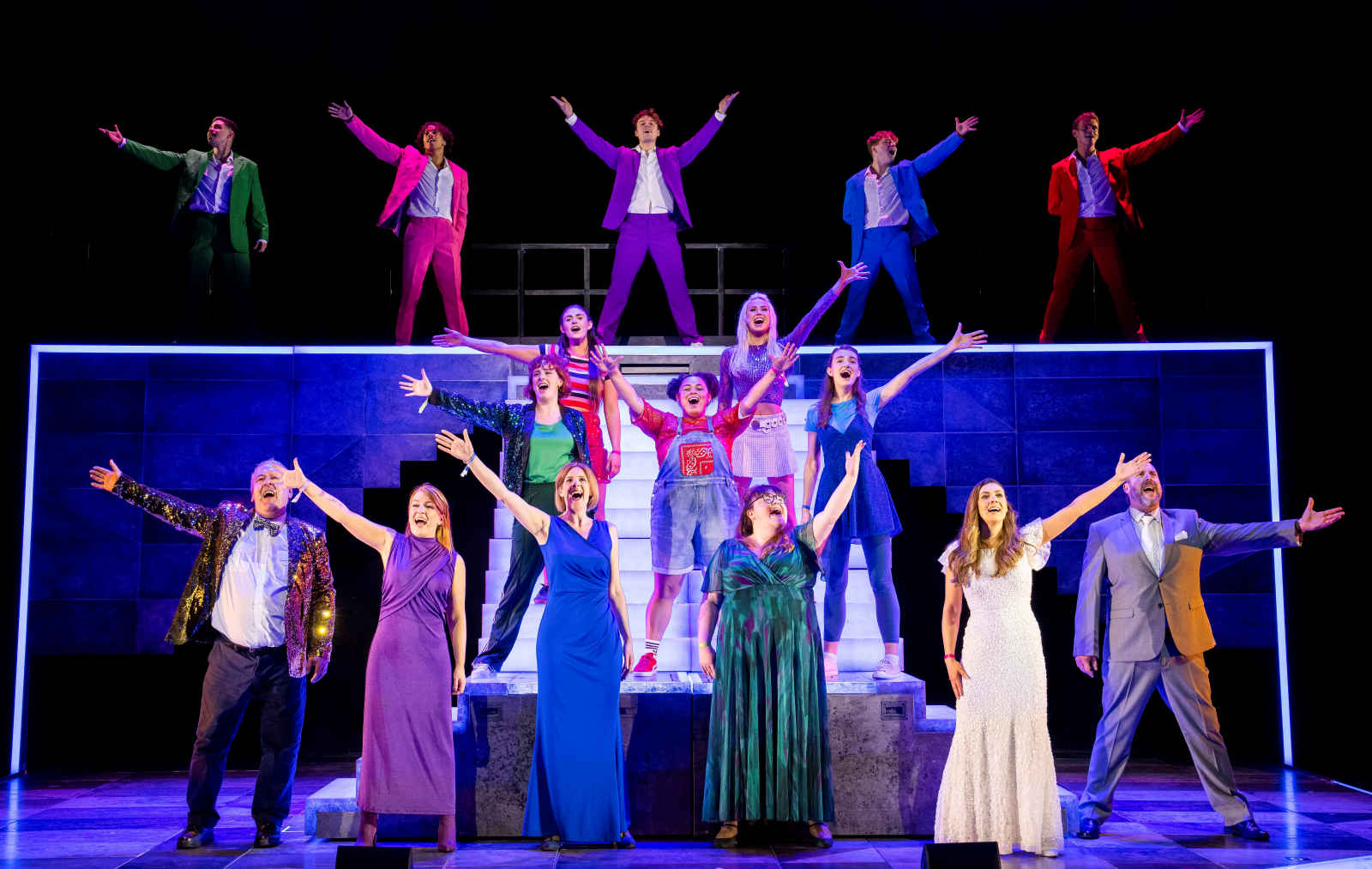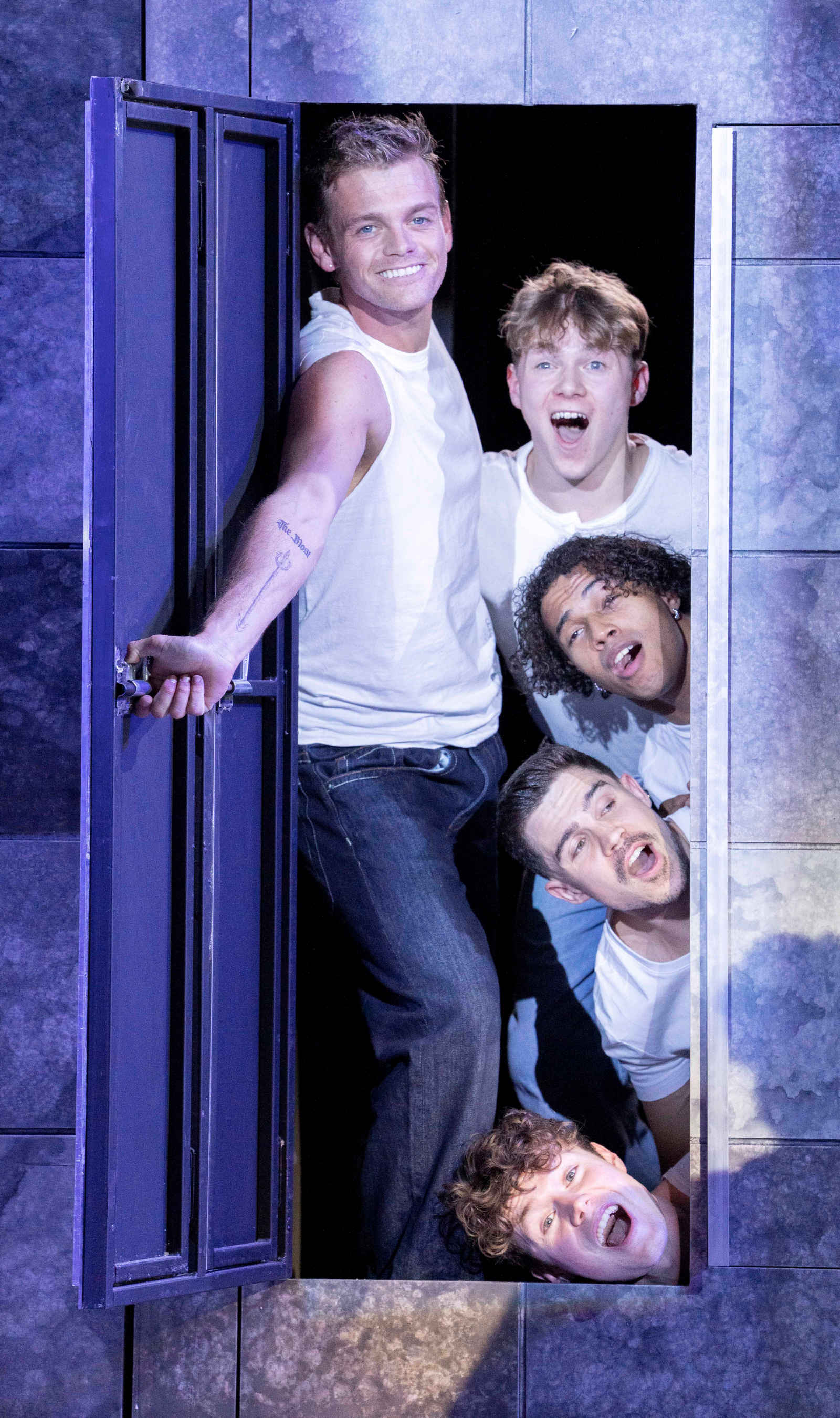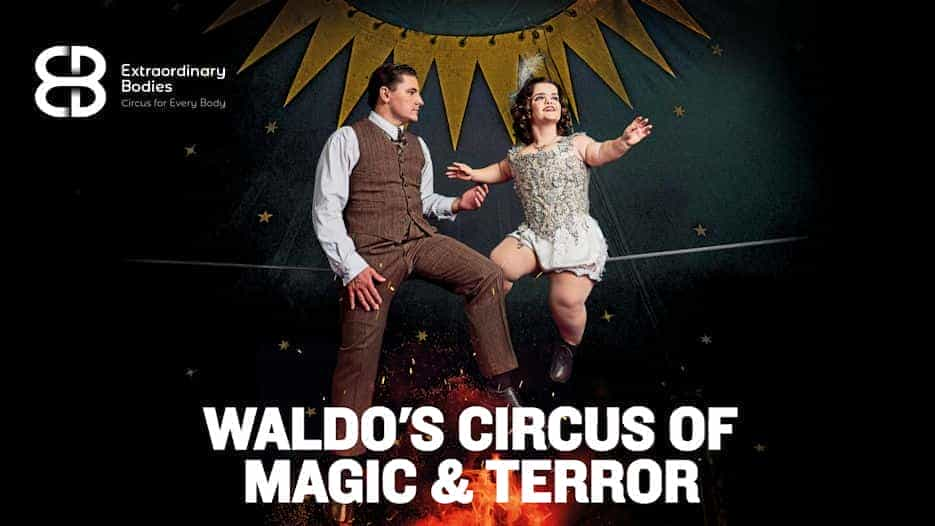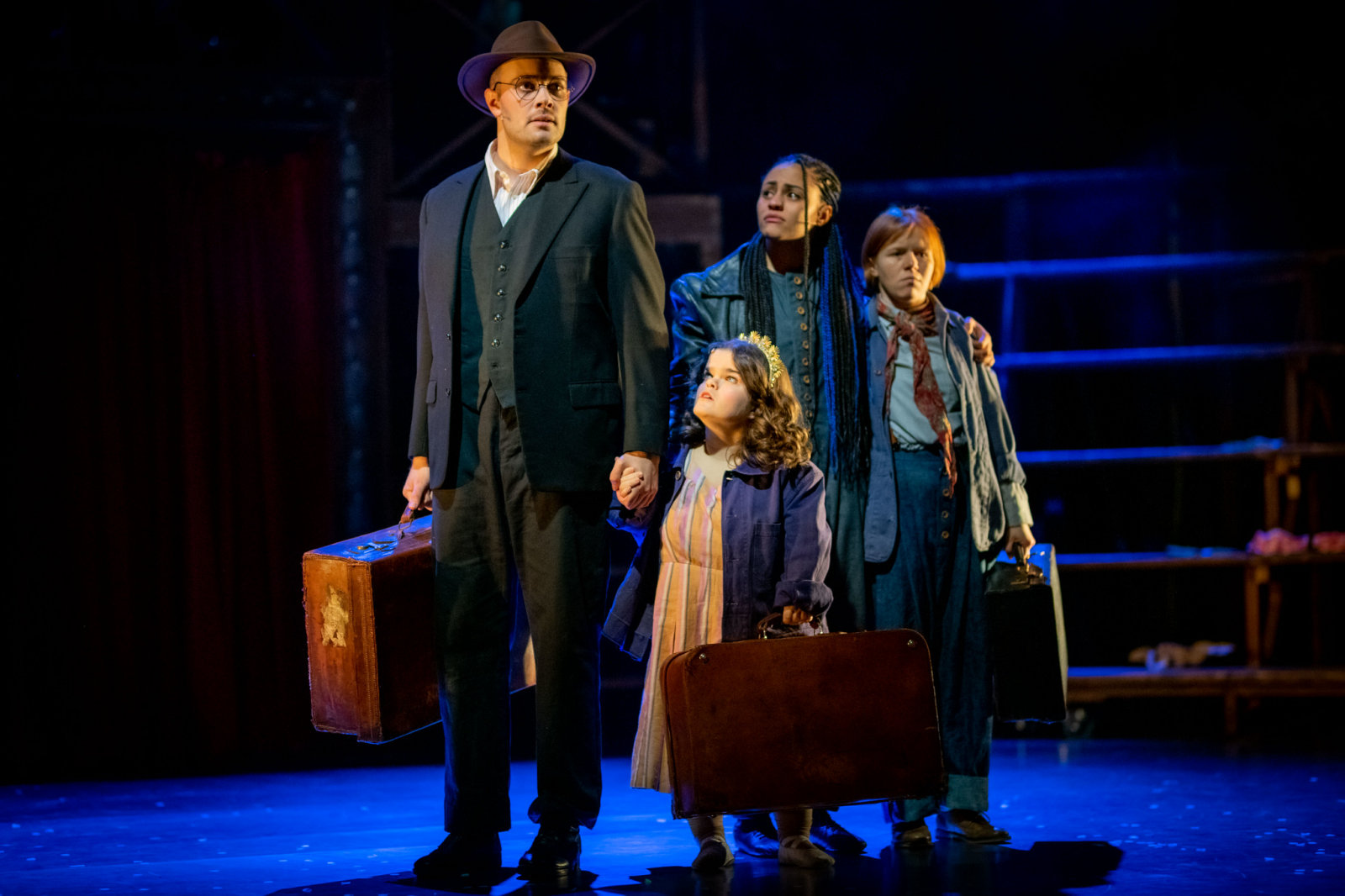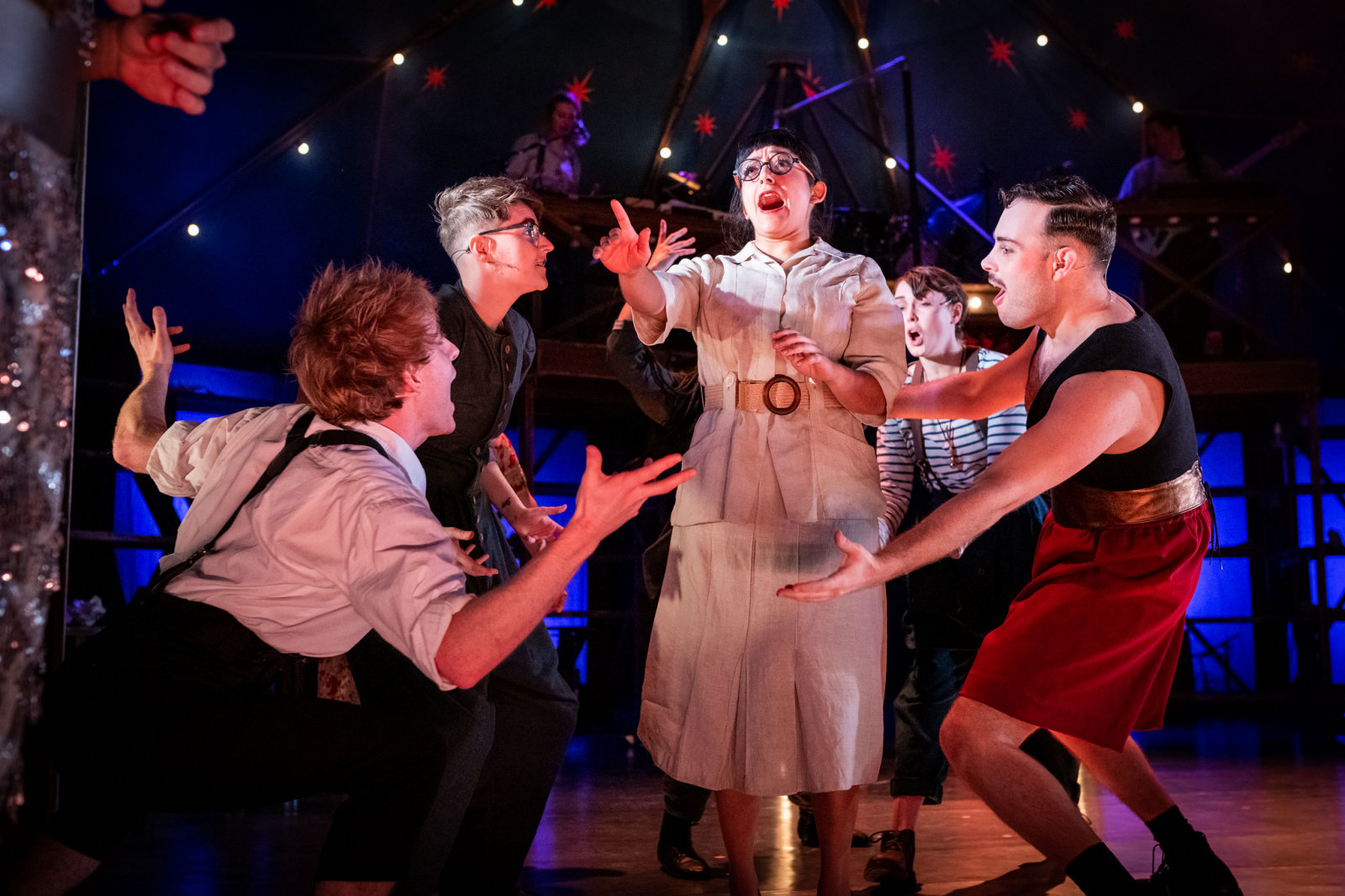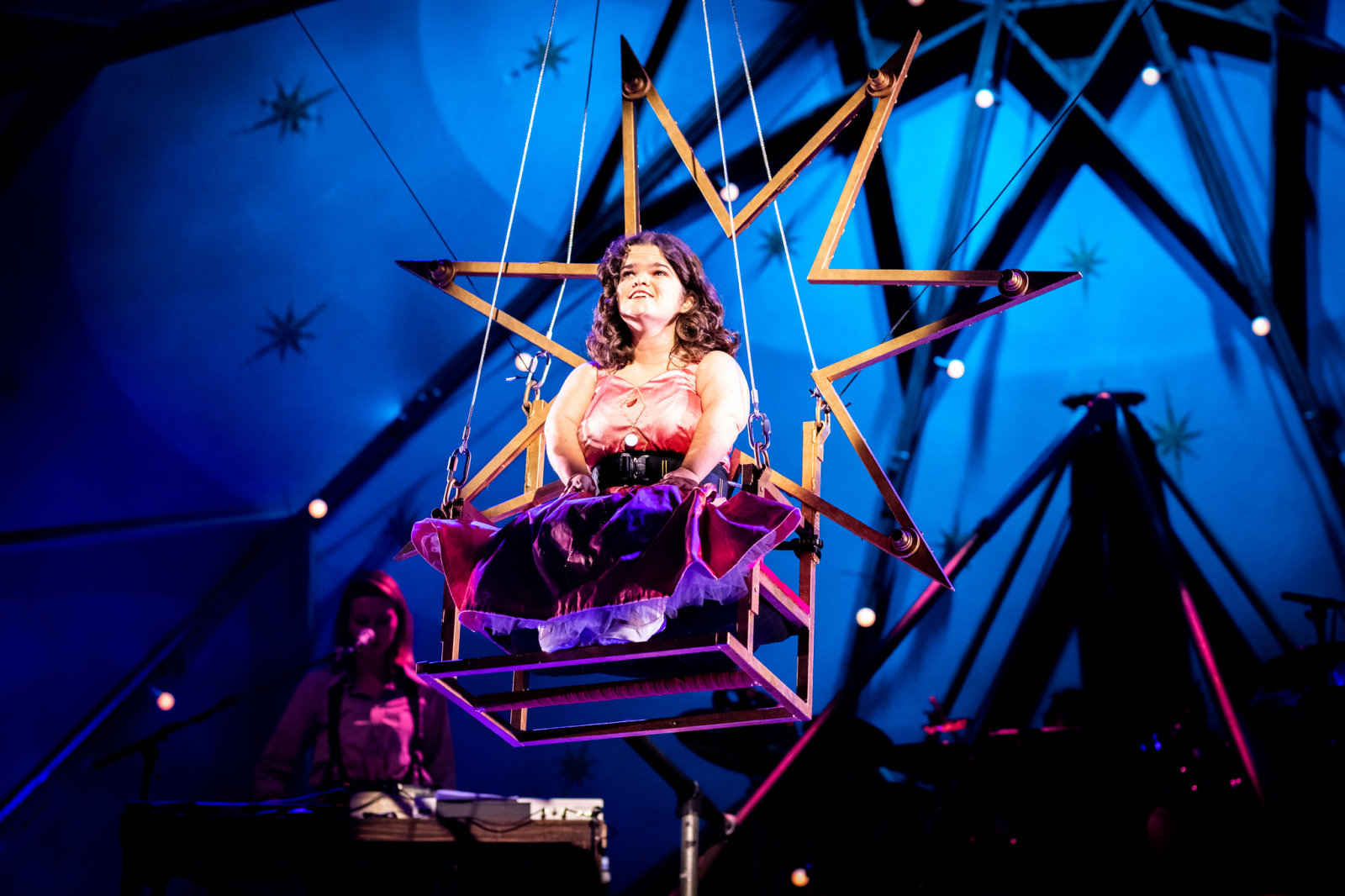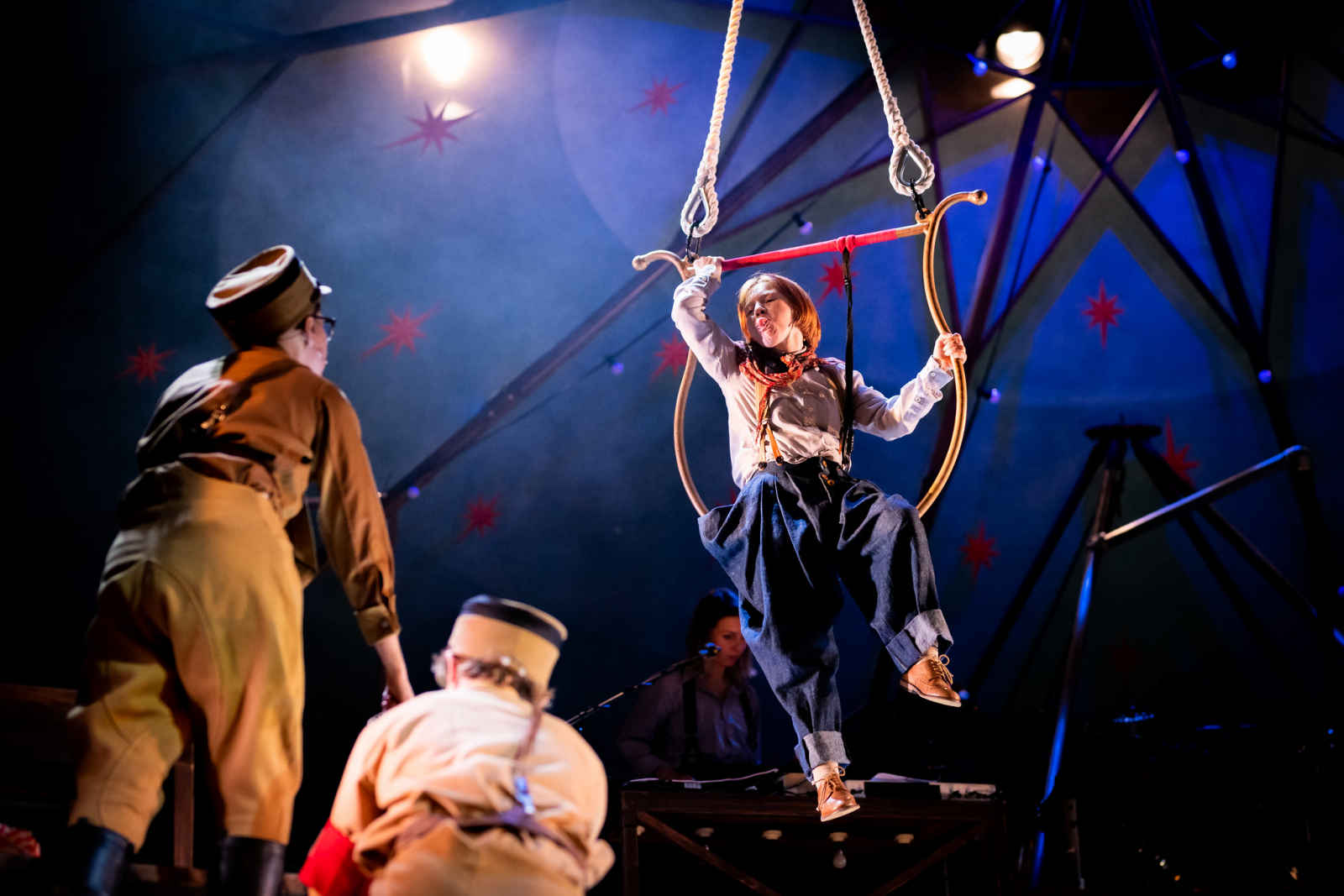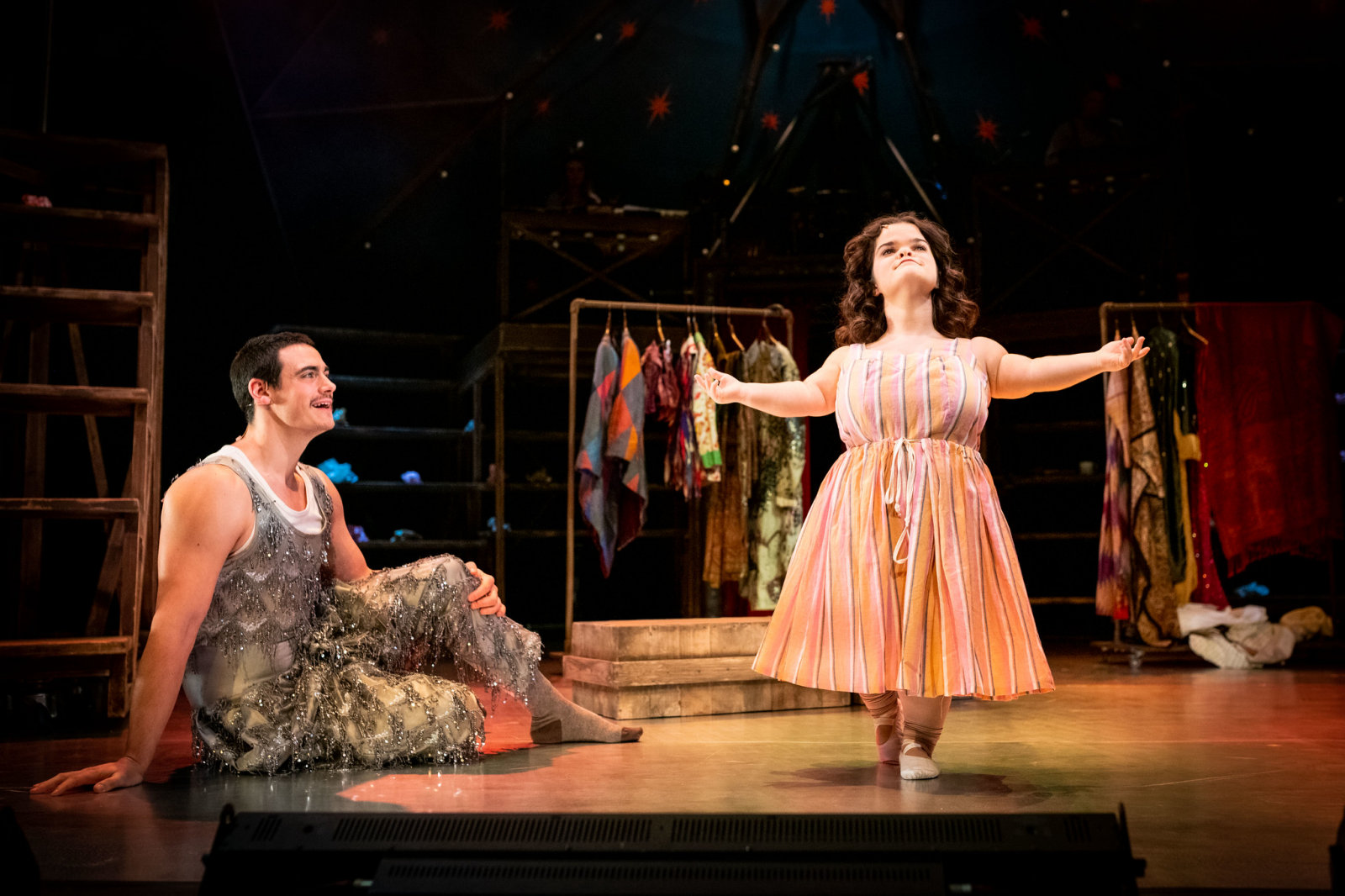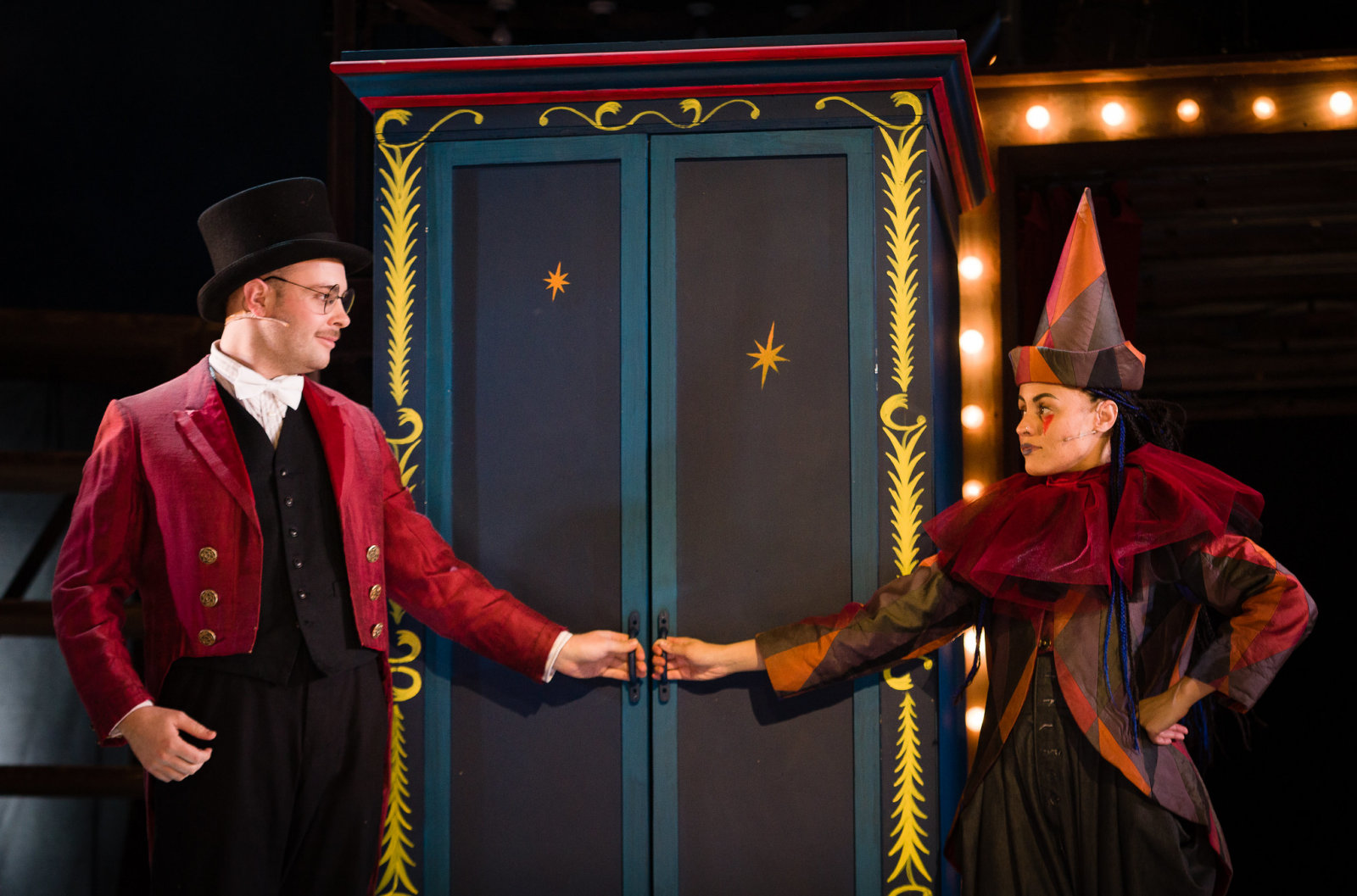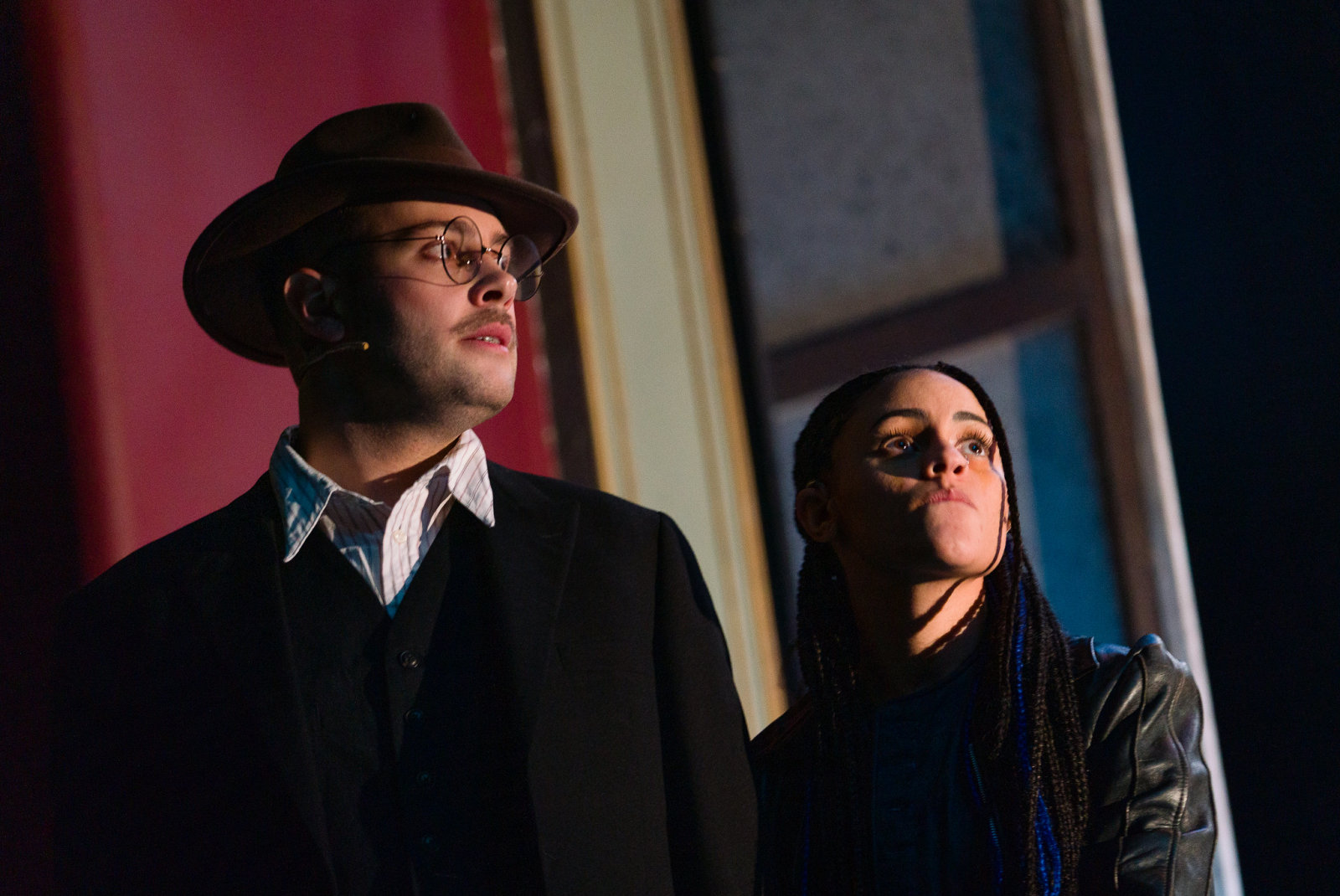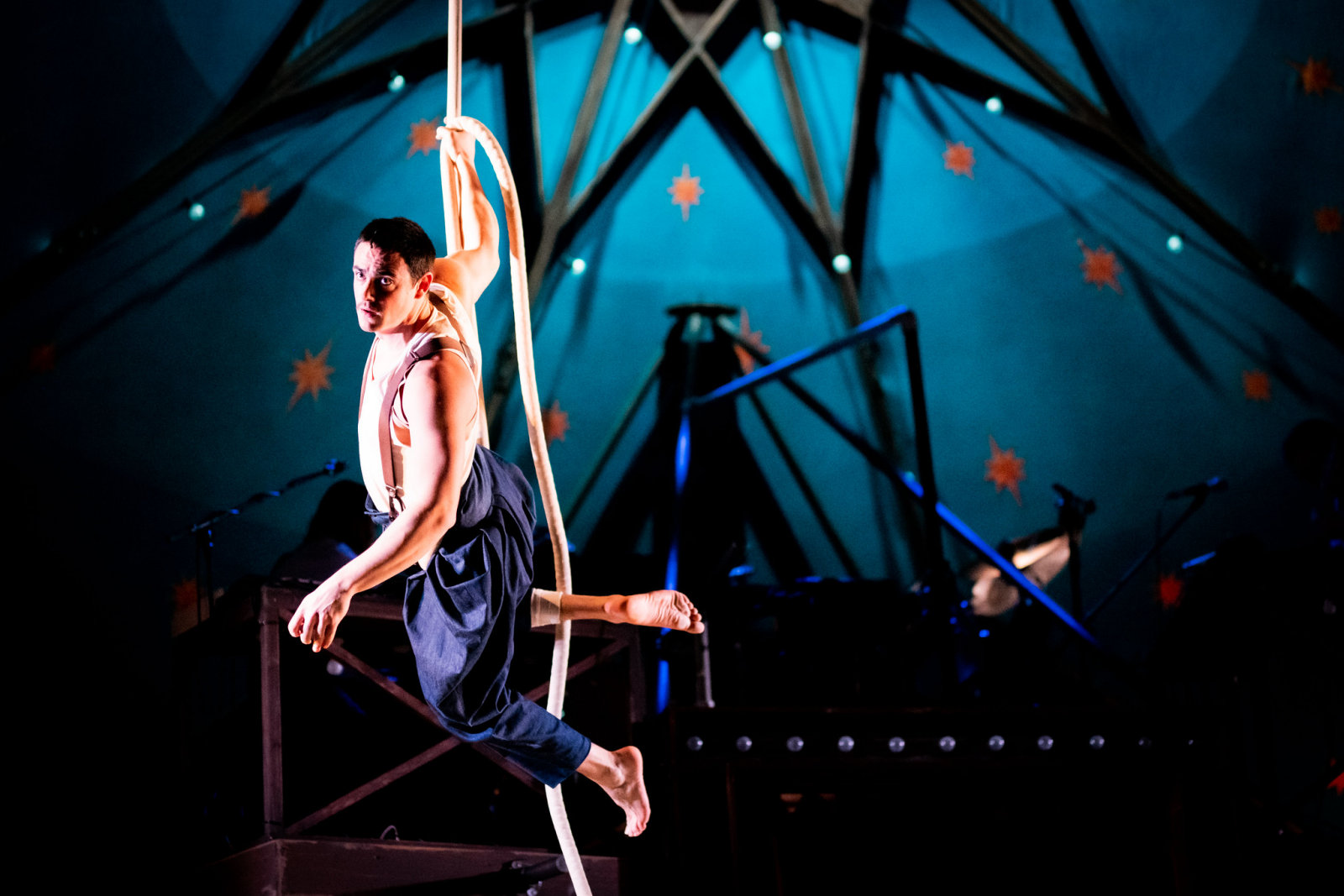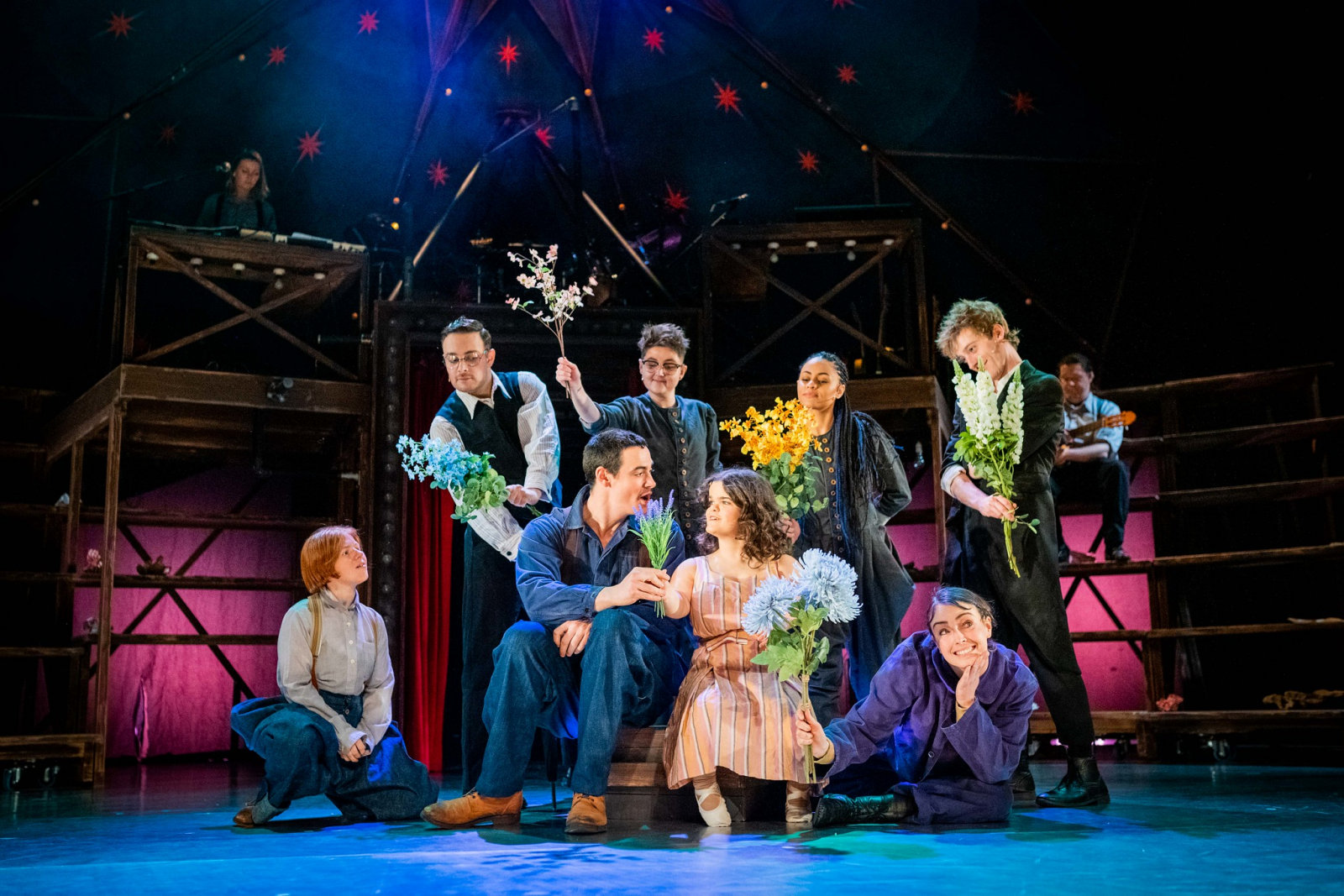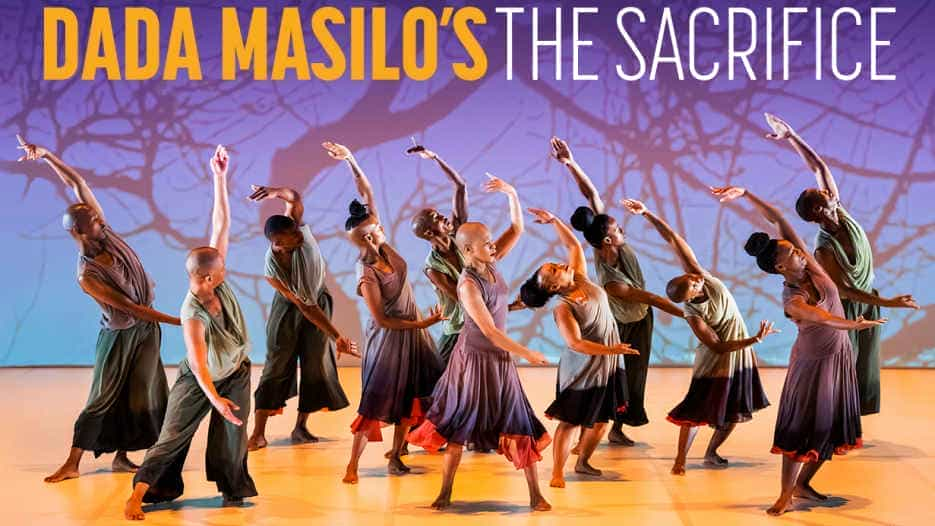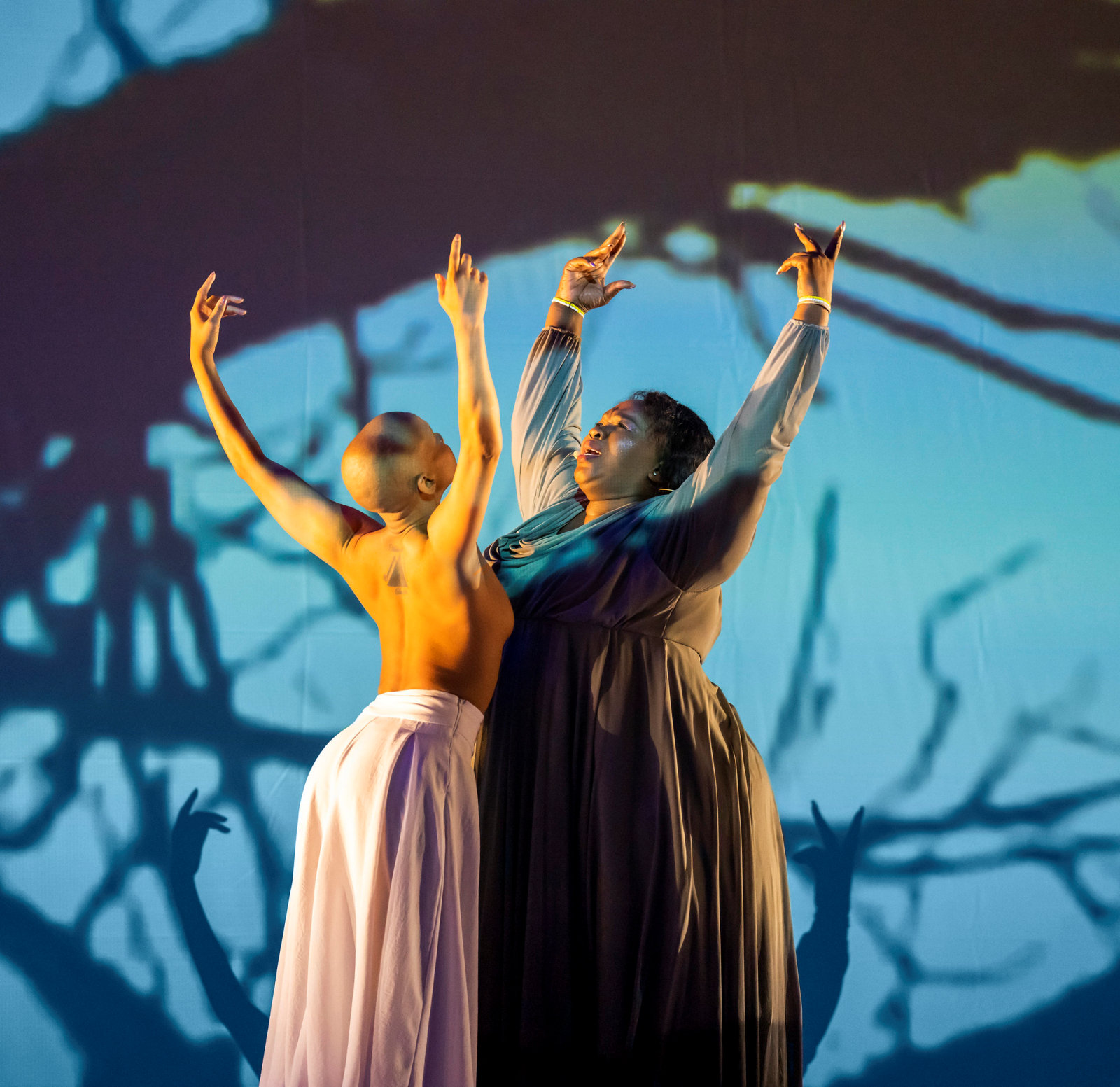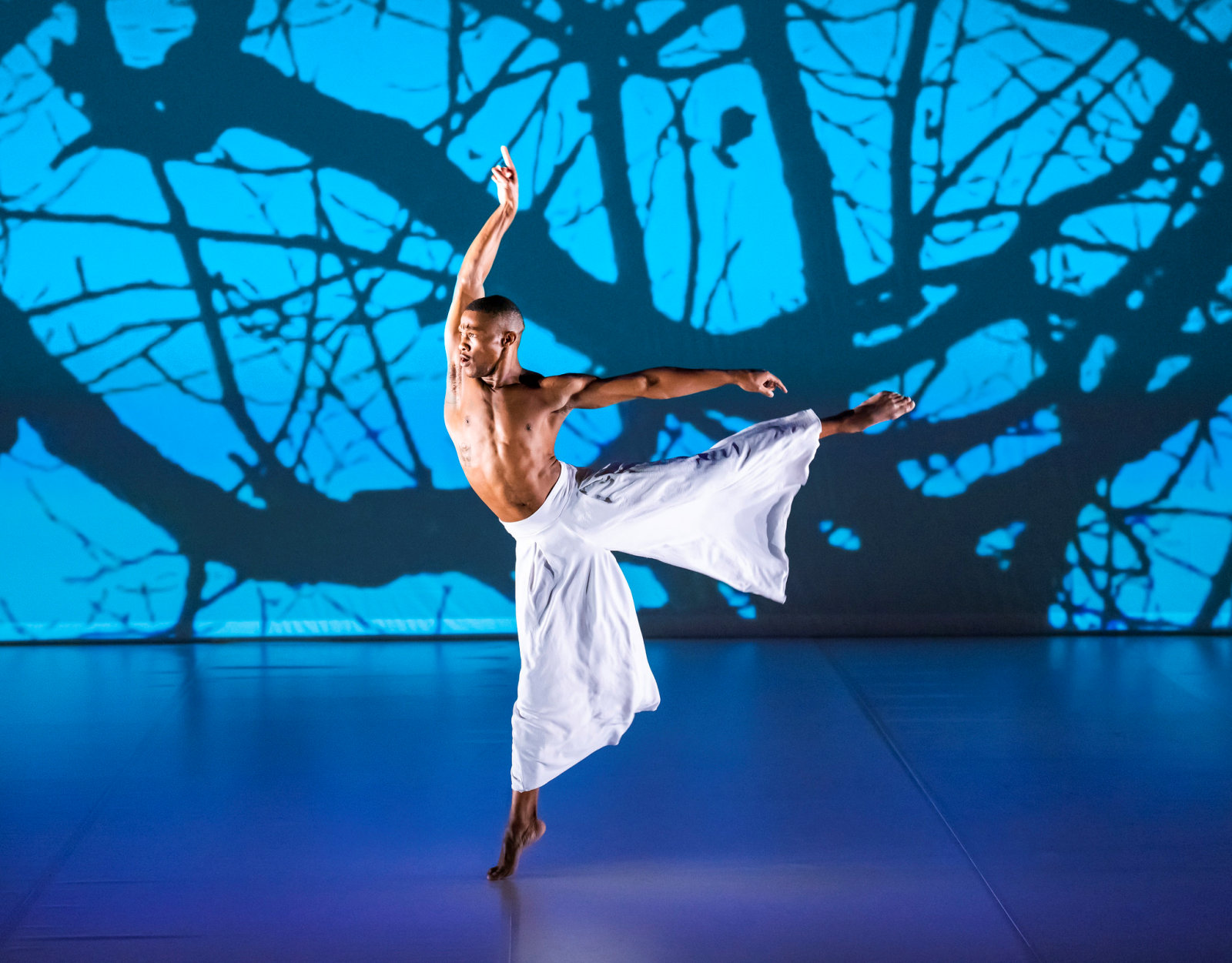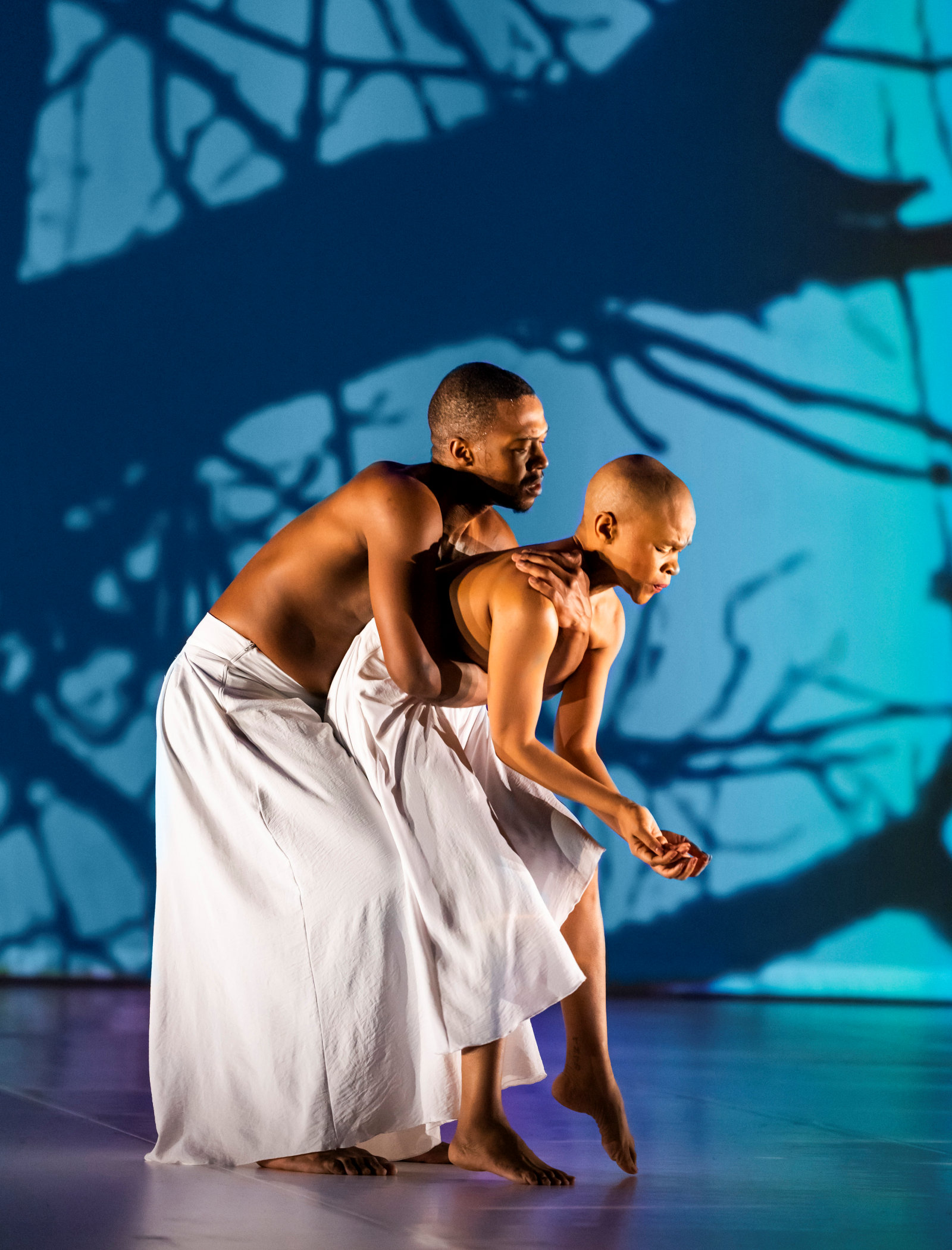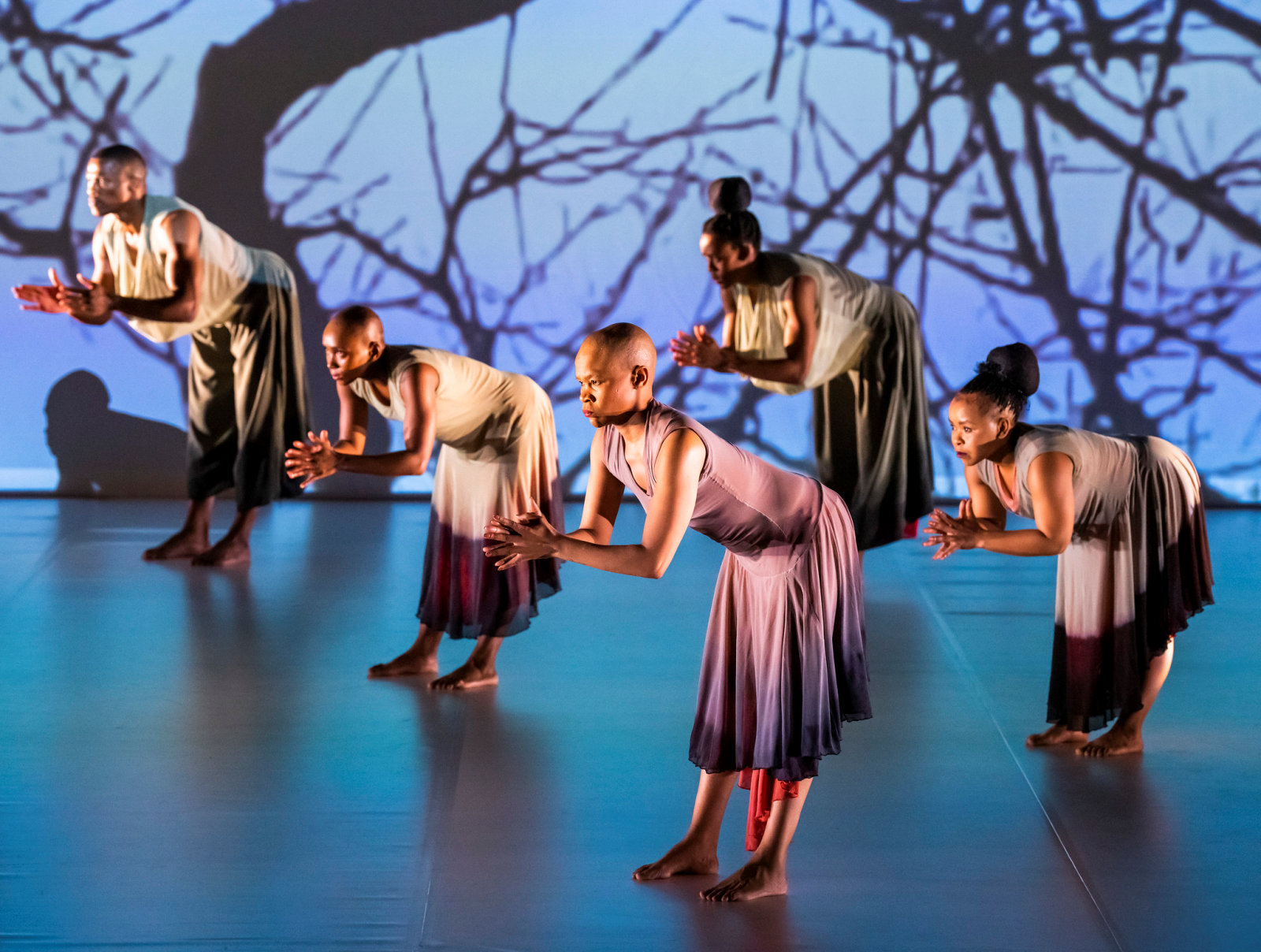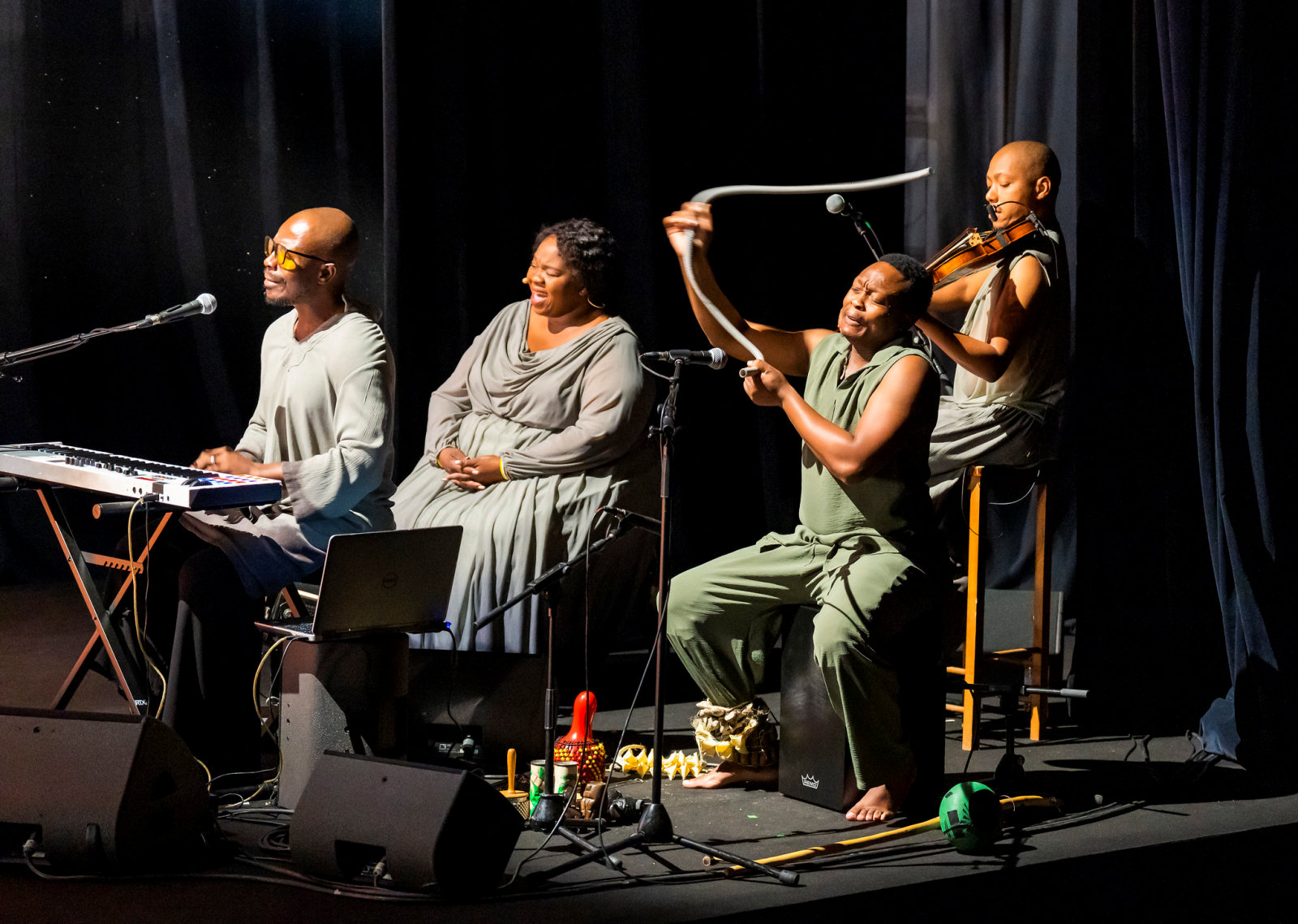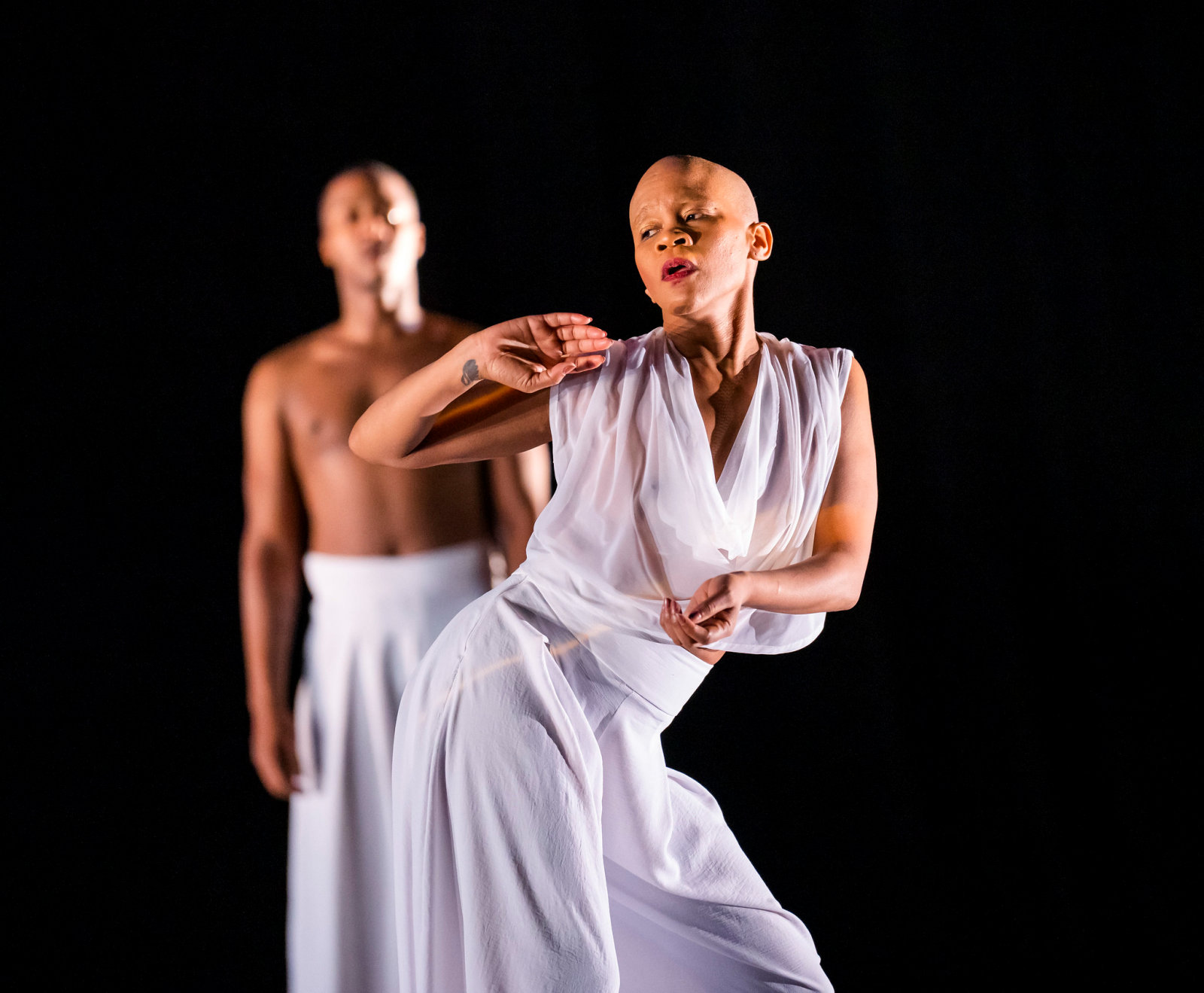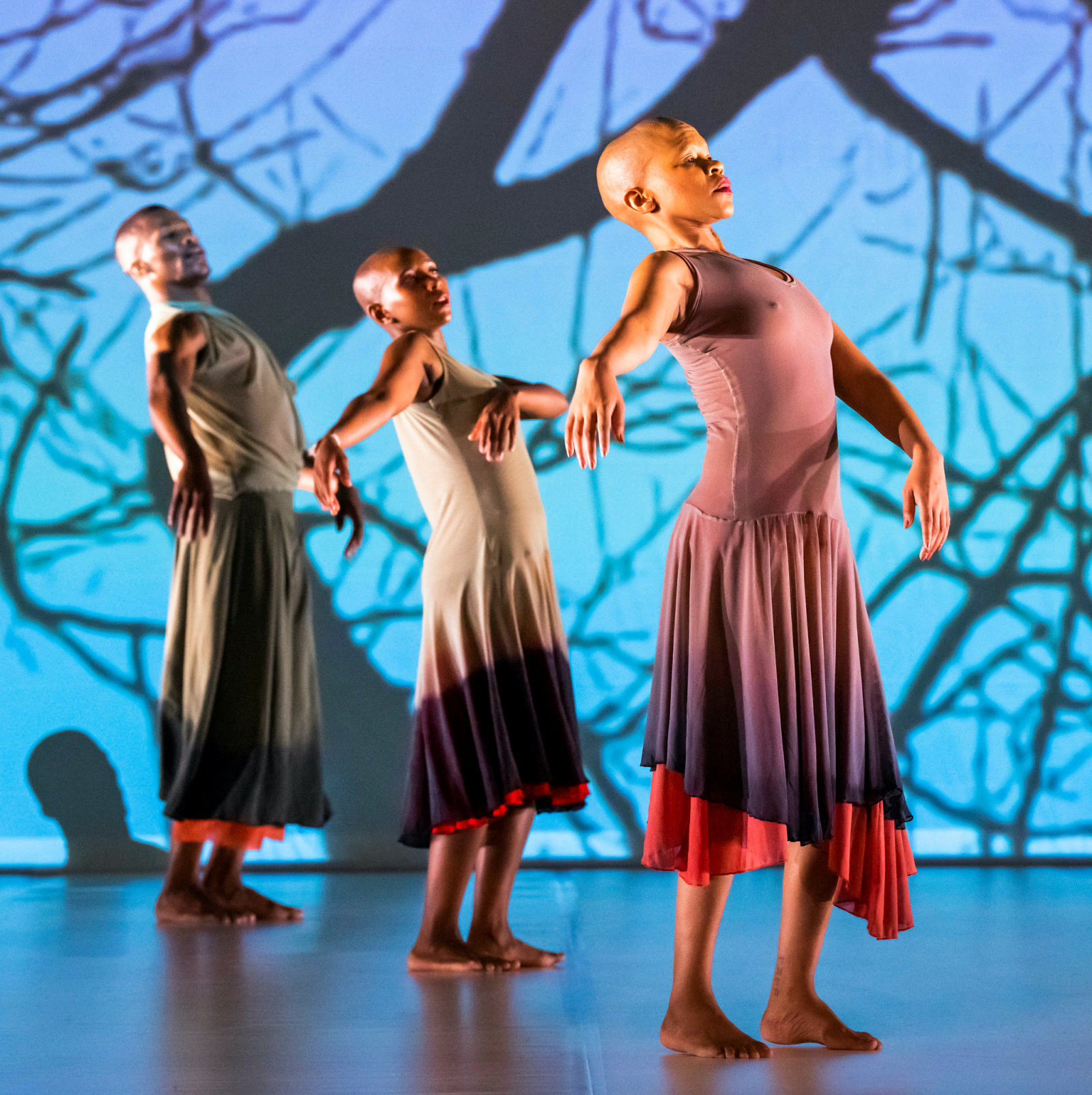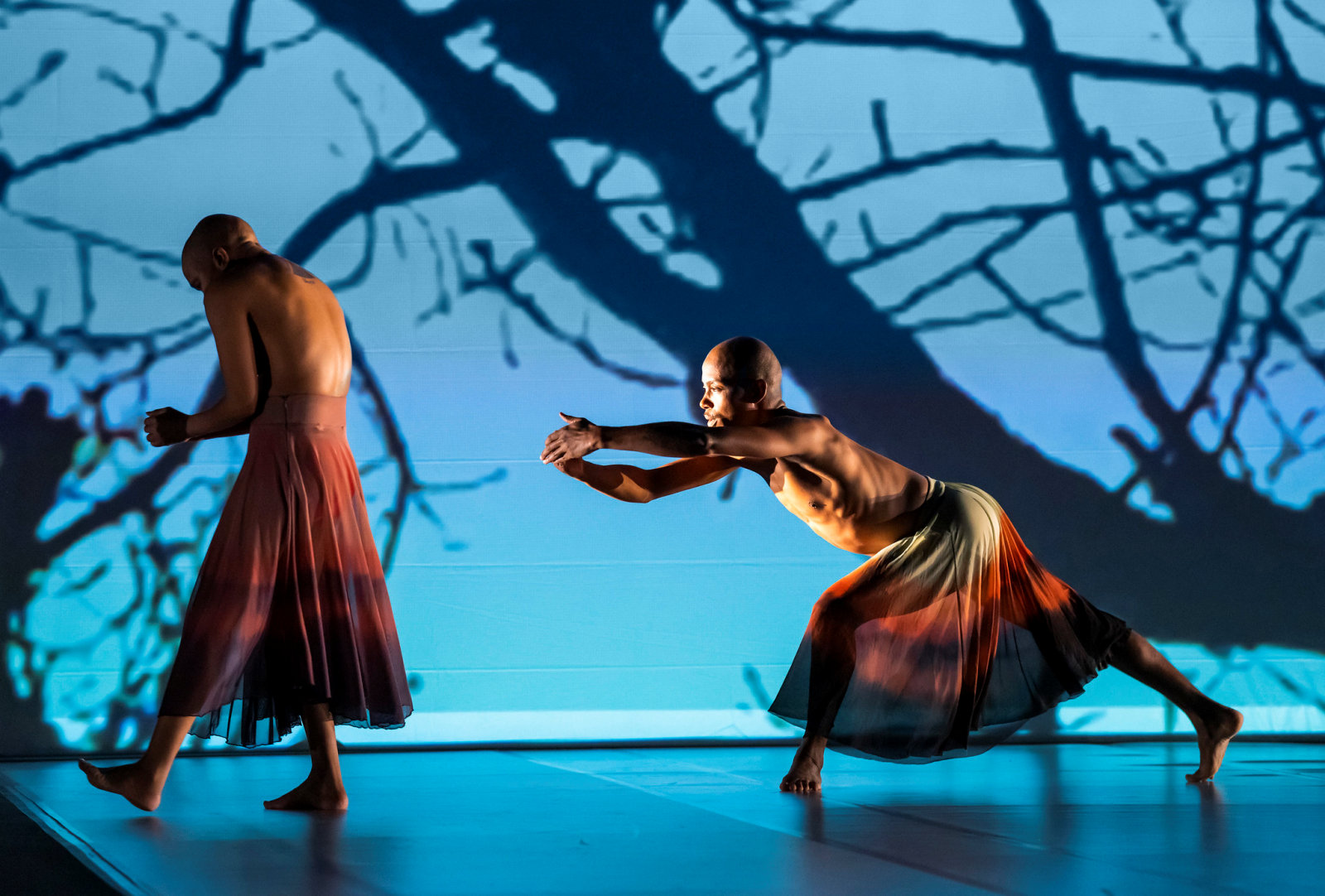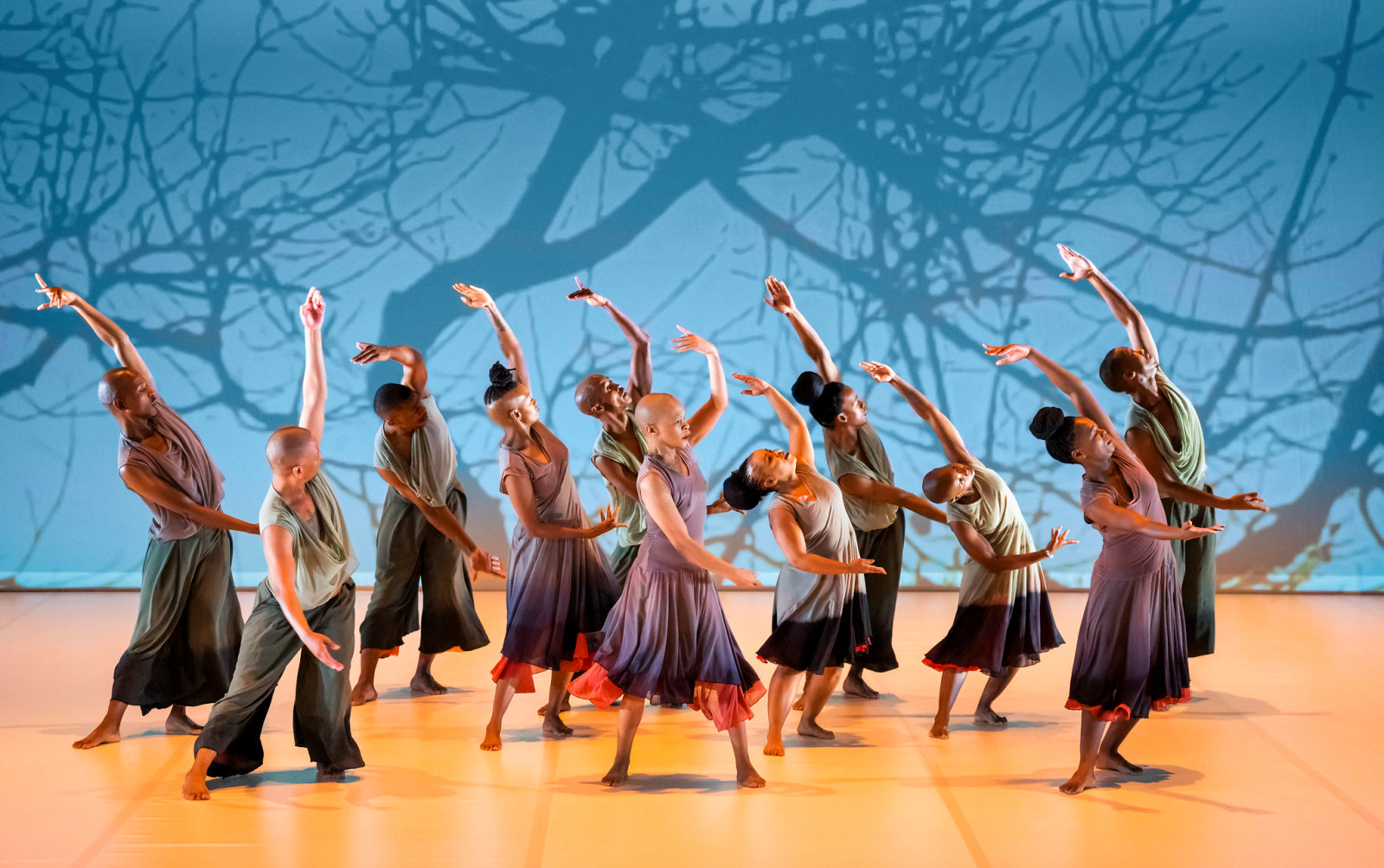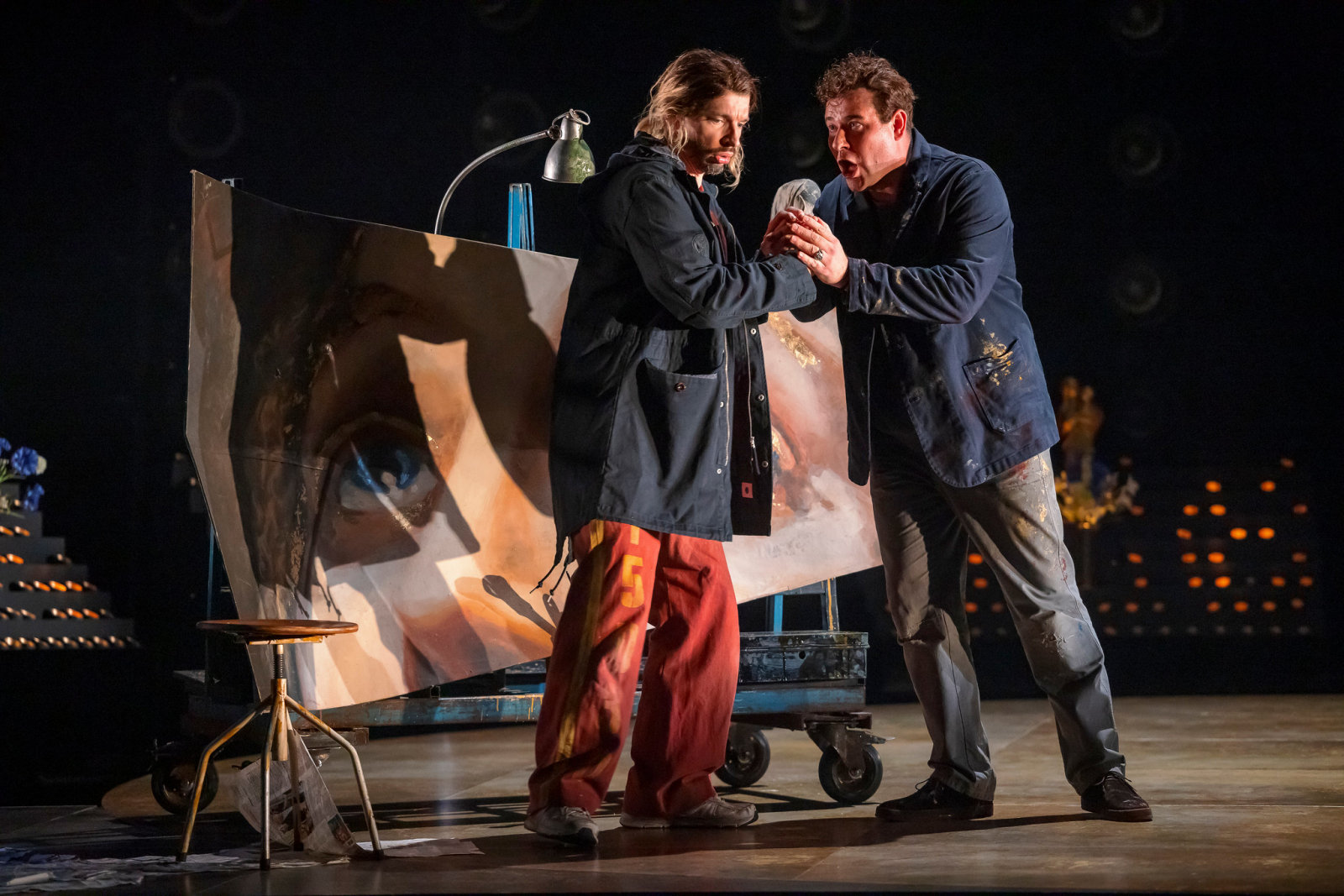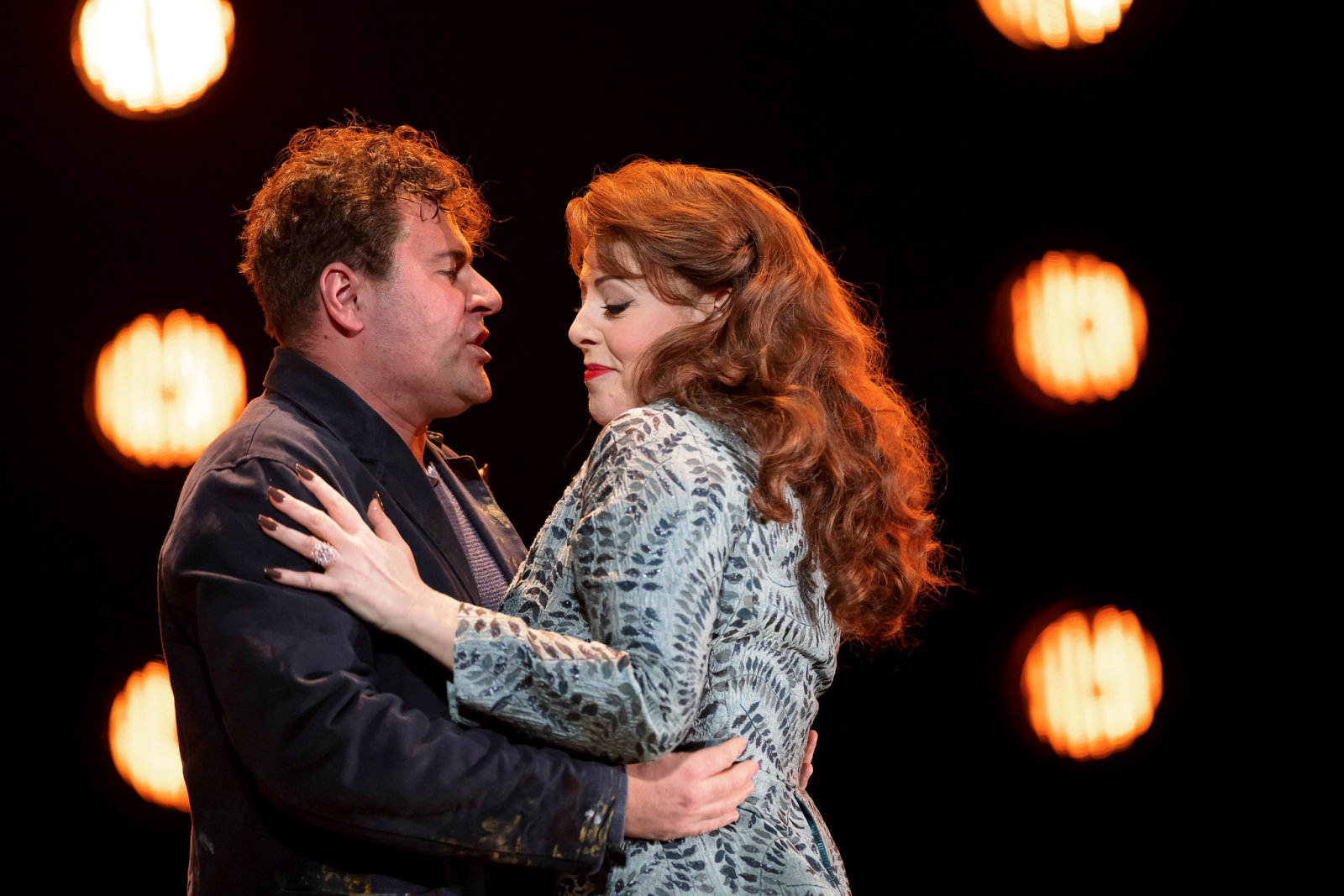Christa Norton - Official Reviewer
(26 Reviews)
Live at Lowry - Phil Wang, John Kearns, Sophie Duker, Dan Nightingale and Flo & Joan
Live At Lowry - Lowry, Salford - Wednesday 7th May 2025
I moved to the North from sunny ‘South of Watford Gap’ nearly 16 years ago and in that time, of all the local venues, it is The Lowry which has become my firm favourite. And indeed a family favourite: Christmas wouldn’t be Christmas without tickets to their annual production, and when my niece braved these Northern climes, it was seeing ‘Going to the Match’ that was our highlight.
I’m not alone in my love for the venue. Since opening its doors in 2000, The Lowry has stood as a not-for-profit charity on a mission to “spread the joy of art and creativity, further and wider,” rooted firmly in the local community. The phenomenal work it does in supporting up and coming talent, helping local communities, nurturing young talent and presenting a culturally rich programme has cemented its place as a leading venue for the North West. It’s not surprising that is has welcomed over 18.5m visitors!
This year, The Lowry marks its 25th anniversary and is celebrating with a brilliant programme of events that represent the breadth of its cultural offering. Last night was the turn of comedy, with a one off night of stand up: Live at Lowry!
The Lowry has built a strong reputation as a home for comedy in all its forms. Over the years I’ve had the chance to see everything from rising stand-ups testing new material, childhood heroes, full-blown comedy productions and of course big-name acts on nationwide tours.
Live at Lowry! followed the classic Live at the Apollo format—a host opening the night, followed by a series of solo sets. Our host for the evening was Dan Nightingale, known to many for his work on The Now Show and his popular Have a Word podcast. He was a brilliant host, warming the audience up with some truly jarring impressions of the Manchester accent before recollecting some of his own joyous experiences living in the area.
The first act of the night was Taskmaster alumni Sophie Duker who did a brilliant set, focusing on her current obsession with the election of a new Pope and sharing her own, unique thoughts on who might be elected whilst her honest thoughts on the average 19 – 25 year old man were, frankly, genius.
Next to the stage was John Kearns. Kearns is probably best known as the only comedian to win both Best Newcomer and Best Show at the Edinburgh Comedy Awards. He has the most oddball style that presents as totally haphazard and random; in fact it is clearly highly crafted and rehearsed, a masterclass in pace and comic timing. I have never before seen an audience fall apart at the mere story of taking a wheelie bin out! His overblown exasperation during the tale of watching a Michelin starred chef cook boiled potatoes also had the audience howling with laughter
Next were sisters Nicola and Rosie Dempsey, better known as Flo & Joan, they of the witty ditty. I have been desperate to see them live for ages now and they did not disappoint, delivering a series of songs covering everything from drinking too much to a glorious tongue-twisting folk song sung unaccompanied except for some major riffing on the recorder. Yes they made recorders sound cool. What more can you ask?
The night was topped by the fabulous Phil Wang, another on my wish list. Again, he did not disappoint. Delivering a longer set, Wang led the audience on a merry path covering everything from finding sanctuary in an artisanal bakery in Peckham to the questionable videos of David Bowie, all with the gloriously dry wit which has made him so successful.
Last night was a brilliant night of comedy, but it is just one of many celebratory events planned for the year. Central to the anniversary celebrations is "LOWRY 360," a free immersive experience that invites visitors into L.S. Lowry’s iconic painting, Going to the Match. Similar to the Van Gogh Live experience, this installation uses cutting-edge technology to surround audiences with the sights and sounds of the artwork, offering a new way to engage with Lowry's depiction of working-class life.
The anniversary programme also features "Gods of Salford," a theatrical production reimagining Greek myths through a working-class lens, which created with local young people. Families can enjoy "Quentin Blake and Me," a free exhibition showcasing illustrations by the beloved children's author, including a special portrait of L.S. Lowry. Additionally, the National Theatre's acclaimed play Dear England will be staged, and artist Camille Walala will transform the Promenade Gallery with a vibrant mural inspired by cityscapes.
The anniversary programme offers something for everyone. With so many ways to get involved, it's a must-visit celebration of 25 years of cultural impact.
Mary Poppins - Palace Theatre, Manchester - Friday 11th April 2025
MARY POPPINS IS SUPERCALIFRAGILISTICEXPIALIDOCIOUS AND IS PRACTICALLY PERFECT IN EVERY WAY!
Mary Poppins presented me with one of the earliest challenges I can remember. For days, weeks even, I practised and practised, determined not to be beaten. At the age of 6, I knew I would finally become one of the cool kids at school, if only I could manage to figure out how to say that one, many-syllabled word. Yes, you have guessed it. And I am proud to say that I did succeed – although it didn’t quite have the effect on my social status that I expected.
Regardless, ever since then. I have loved Mary Poppins, even finding myself a long term Dick Van Dyke fan to boot. But I had not had chance to see the stage production, so was incredibly excited to head to Manchester’s Palace Theatre last night and finally get the chance to see this musical live.
And what an incredibly production this is. Fabulous performances, inventive staging and inspired choreography that just leaves you wishing it would never end. This production of Mary Poppins is practically perfect in every way!
The stage version of Mary Poppins is adapted from both P.L. Travers’ original book series and the much-loved 1964 Disney film. It follows the arrival of Mary Poppins, a magical but no-nonsense nanny, who transforms the troubled Banks household in Edwardian London. With the help of her cheerful friend Bert, Mary takes the Banks children, Jane and Michael, on a series of imaginative adventures, while also subtly guiding their parents, George and Winifred, toward rediscovering what truly matters.
While the basic storyline will remain familiar to fans of the film like me, the stage adaptation introduces a number of changes that really deepen the narrative whilst allowing it to lean into the live performance side. It does this by drawing a lot more heavily on the tone and content of Travers’ books, bringing in episodes and characters that weren’t in the film. This results in a story that is slightly darker and more complex version – but ultimately more rewarding.
Musically, the stage production retains many of the iconic songs by the Sherman Brothers from the film: “Spoonful of sugar,” “Jolly Holiday,” and “Chim Chim Cher-ee,” all make a welcome experience. However it also introduces some new numbers by George Stiles and Anthony Drewe, for example “Practically Perfect,” one of the opening numbers which is used to introduce Mary’s character for the audience.
Stephanie Jones (Neighbours, Zombie! The Musical, The Divorce, Molly) gives us a poised and watchful Mary Poppins, her sharp eyes missing nothing. For much of the time she is on stage, she is stood slightly apart, observing what is happening; Mr Banks may talk of chaos following her arrival, but this performance leans more to providing gentle nudges in the right direction. She engages brilliantly with the audience; I always felt she was letting us into little secrets with a quick wink here and there – understated yet effective. What’s more, Jones has a glorious voice – one that absolutely holds its own against her famous predecessor; she gives a truly brilliant performance.
Opposite Jones, Jack Chambers (Elvis, ‘The Man, The Music, The Show,’ The Sounds of Music) is an excellent Bert. He has a lovely, rich voice, but for me it was his dancing that quickly captured by attention. He is just so elegant, so precise, so in control, his movements so fluid but at the same time absolutely in rhythm. His physical presence, his ease and confidence – even during some fairly hair-raising choreography in ‘Step in Time’ – just make him a joy to watch on the stage.
Katie Ryden and Charlie Donald made a fantastic pairing last night as Jane and Michael Banks, terrorising all around them. Charlie Donald enjoyed some of the best lines – and certainly got some of the loudest laughs – whilst Katie Ryden’s performance was well considered. I was incredibly impressed at the stamina of both to be on stage so much and yet to retain their sense of energy throughout.
One major difference between the film and the stage production lies in the characterisation of the parents. Winifred Banks, played by Lucie-Mae Sumner (Humans, Titanic The Musical, Sister Act) is no longer portrayed as a distracted suffragette but rather as a woman struggling to find her identity and purpose within the expectations of upper-middle-class family life – Sumner captures this innocence and uncertainty brilliantly. George Banks, played equally touchingly by Michael D Xavier (Sunset Boulevard, The Woods, Love Story, The Pajama Game) is given a more developed backstory, including his childhood experiences with a harsh former nanny, Miss Andrew – played with appropriate levels of villainy by Wendy Ferguson (The Phantom of the Opera, Oliver!, The Sound of Music).
Supporting them are a wonderful cast, chorus and band – Rosemary Ashe (Phantom of the Opera, The Beggar’s Opera, The Witches of Eastwick) gives us a wonderfully neurotic Mrs Brill; Jacob Ritzema (Mammia Mia, Oliver!, The Nutcracker) offers comic relief as the accident-prone Robertson Ay, and the fabulous Patti Boulaye’s (Bisi, Daughter of the River, Music Machine, Hussy) Bird Woman delivers the most touching moments of the entire production - moments of calm reflection in amongst the rambunctiousness.
It seems almost unfair to only call out these names because every member of the chorus gave an exceptional performance, indeed every character and every scene contributes something new and different to the show, something else to delight at, whilst the band – under the superb direction of Isaac McCullough – deliver joyful rendition of the score. And never more so than in Supercalifragilisticexpialidocious. This high-energy number is an explosion of colour and chaos. In an incredible piece of choreography, the cast spell out the famously long word using sharply timed gestures: it’s a joyful, tongue-twisting routine that turns nonsense into pure theatre. As the tempo rises, the entire ensemble joins in, creating a visually striking and rhythmically thrilling spectacle. It was the epitome of a showstopper – indeed the audience were clapping and cheering so much I half expected a standing ovation.
The staging and special effects take Mary Poppins to another level in terms of inventiveness and effectiveness – bringing truly magical moments to life for the audience. From the outset, Mary’s dramatic appearance out of nowhere sets the tone to expect the unexpected, whilst moments like her smooth glide up the staircase banister are both clever and delightful. The rooftop sequence, “Step in Time,” takes things further, with Bert not only leading a high-energy dance but also walking up the side of the set and then tapdancing across the top of the stage upside down.
For me, it was Mary’s carpet bag that really stood out – it drew gasps from the audience as she effortlessly produces full-sized items such as a mirrors, hat stands and plants! And of course Mary’s final departure, flying over the audience makes for a fittingly magical end to the show.
There are one or two elements that, for me, slightly miss the mark. For example, the sinister “Playing the Game,” number gives us a darker scene involving broken toys coming to life. For me, this strikes an odd note that it doesn’t quite sit tonally with the rest of the rest of the production. But this is a genuinely minor quibble in a production that delivers a performance full of joy, laughter and magic. And last night’s audience – full of all ages – agreed, offering a standing ovation full of cheers and whoops. Whether you are looking for a spoonful of theatrical medicine or an evening that is practically perfect in every way – this is definitely the show for you!
WE SCORE MARY POPPINS...
Mary Poppins
Mary Poppins - Palace Theatre, Manchester - Friday 11th April 2025
MARY POPPINS IS SUPERCALIFRAGILISTICEXPIALIDOCIOUS AND IS PRACTICALLY PERFECT IN EVERY WAY!
Mary Poppins presented me with one of the earliest challenges I can remember. For days, weeks even, I practised and practised, determined not to be beaten. At the age of 6, I knew I would finally become one of the cool kids at school, if only I could manage to figure out how to say that one, many-syllabled word. Yes, you have guessed it. And I am proud to say that I did succeed – although it didn’t quite have the effect on my social status that I expected.
Regardless, ever since then. I have loved Mary Poppins, even finding myself a long term Dick Van Dyke fan to boot. But I had not had chance to see the stage production, so was incredibly excited to head to Manchester’s Palace Theatre last night and finally get the chance to see this musical live.
And what an incredibly production this is. Fabulous performances, inventive staging and inspired choreography that just leaves you wishing it would never end. This production of Mary Poppins is practically perfect in every way!
The stage version of Mary Poppins is adapted from both P.L. Travers’ original book series and the much-loved 1964 Disney film. It follows the arrival of Mary Poppins, a magical but no-nonsense nanny, who transforms the troubled Banks household in Edwardian London. With the help of her cheerful friend Bert, Mary takes the Banks children, Jane and Michael, on a series of imaginative adventures, while also subtly guiding their parents, George and Winifred, toward rediscovering what truly matters.
While the basic storyline will remain familiar to fans of the film like me, the stage adaptation introduces a number of changes that really deepen the narrative whilst allowing it to lean into the live performance side. It does this by drawing a lot more heavily on the tone and content of Travers’ books, bringing in episodes and characters that weren’t in the film. This results in a story that is slightly darker and more complex version – but ultimately more rewarding.
Musically, the stage production retains many of the iconic songs by the Sherman Brothers from the film: “Spoonful of sugar,” “Jolly Holiday,” and “Chim Chim Cher-ee,” all make a welcome experience. However it also introduces some new numbers by George Stiles and Anthony Drewe, for example “Practically Perfect,” one of the opening numbers which is used to introduce Mary’s character for the audience.
Stefanie Jones (Neighbours, Zombie! The Musical, The Divorce, Molly) gives us a poised and watchful Mary Poppins, her sharp eyes missing nothing. For much of the time she is on stage, she is stood slightly apart, observing what is happening; Mr Banks may talk of chaos following her arrival, but this performance leans more to providing gentle nudges in the right direction. She engages brilliantly with the audience; I always felt she was letting us into little secrets with a quick wink here and there – understated yet effective. What’s more, Jones has a glorious voice – one that absolutely holds its own against her famous predecessor; she gives a truly brilliant performance.
Opposite Jones, Jack Chambers (Elvis, ‘The Man, The Music, The Show,’ The Sounds of Music) is an excellent Bert. He has a lovely, rich voice, but for me it was his dancing that quickly captured by attention. He is just so elegant, so precise, so in control, his movements so fluid but at the same time absolutely in rhythm. His physical presence, his ease and confidence – even during some fairly hair-raising choreography in ‘Step in Time’ – just make him a joy to watch on the stage.
Katie Ryden and Charlie Donald made a fantastic pairing last night as Jane and Michael Banks, terrorising all around them. Charlie Donald enjoyed some of the best lines – and certainly got some of the loudest laughs – whilst Katie Ryden’s performance was well considered. I was incredibly impressed at the stamina of both to be on stage so much and yet to retain their sense of energy throughout.
One major difference between the film and the stage production lies in the characterisation of the parents. Winifred Banks, played by Lucie-Mae Sumner (Humans, Titanic The Musical, Sister Act) is no longer portrayed as a distracted suffragette but rather as a woman struggling to find her identity and purpose within the expectations of upper-middle-class family life – Sumner captures this innocence and uncertainty brilliantly. George Banks, played equally touchingly by Michael D Xavier (Sunset Boulevard, The Woods, Love Story, The Pajama Game) is given a more developed backstory, including his childhood experiences with a harsh former nanny, Miss Andrew – played with appropriate levels of villainy by Wendy Ferguson (The Phantom of the Opera, Oliver!, The Sound of Music).
Supporting them are a wonderful cast, chorus and band – Rosemary Ashe (Phantom of the Opera, The Beggar’s Opera, The Witches of Eastwick) gives us a wonderfully neurotic Mrs Brill; Jacob Ritzema (Mammia Mia, Oliver!, The Nutcracker) offers comic relief as the accident-prone Robertson Ay, and the fabulous Patti Boulaye’s (Bisi, Daughter of the River, Music Machine, Hussy) Bird Woman delivers the most touching moments of the entire production - moments of calm reflection in amongst the rambunctiousness.
It seems almost unfair to only call out these names because every member of the chorus gave an exceptional performance, indeed every character and every scene contributes something new and different to the show, something else to delight at, whilst the band – under the superb direction of Isaac McCullough – deliver joyful rendition of the score. And never more so than in Supercalifragilisticexpialidocious. This high-energy number is an explosion of colour and chaos. In an incredible piece of choreography, the cast spell out the famously long word using sharply timed gestures: it’s a joyful, tongue-twisting routine that turns nonsense into pure theatre. As the tempo rises, the entire ensemble joins in, creating a visually striking and rhythmically thrilling spectacle. It was the epitome of a showstopper – indeed the audience were clapping and cheering so much I half expected a standing ovation.
The staging and special effects take Mary Poppins to another level in terms of inventiveness and effectiveness – bringing truly magical moments to life for the audience. From the outset, Mary’s dramatic appearance out of nowhere sets the tone to expect the unexpected, whilst moments like her smooth glide up the staircase banister are both clever and delightful. The rooftop sequence, “Step in Time,” takes things further, with Bert not only leading a high-energy dance but also walking up the side of the set and then tapdancing across the top of the stage upside down.
For me, it was Mary’s carpet bag that really stood out – it drew gasps from the audience as she effortlessly produces full-sized items such as a mirrors, hat stands and plants! And of course Mary’s final departure, flying over the audience makes for a fittingly magical end to the show.
There are one or two elements that, for me, slightly miss the mark. For example, the sinister “Playing the Game,” number gives us a darker scene involving broken toys coming to life. For me, this strikes an odd note that it doesn’t quite sit tonally with the rest of the rest of the production. But this is a genuinely minor quibble in a production that delivers a performance full of joy, laughter and magic. And last night’s audience – full of all ages – agreed, offering a standing ovation full of cheers and whoops. Whether you are looking for a spoonful of theatrical medicine or an evening that is practically perfect in every way – this is definitely the show for you!
Pride & Prejudice (sort of)
Pride & Prejudice* (*sort of) - Lowry, Salford - Tuesday 18th March 2025
PRIDE AND PREJUDICE* (*SORT OF) IS ONE OF THE FUNNIEST SHOWS - A TOTAL DELIGHT FOR ALL JANE AUSTEN FANS!
It is a truth universally acknowledged that there is no better way to spend an evening than in the company of Jane Austen’s endearing and enduring Elizabeth and Darcy. There is so much to be said about the gloriousness of Jane Austen that it’s probably best I don’t begin, but one thing that is fascinating about Pride and Prejudice is the way it has become so iconic for our generation. Is it down to Bridget Jones or – dare I say it – Colin Firth’s shirt? Well, maybe, but I don’t believe they would have been nearly so successful had the source material itself not been so incredibly rich.
Whatever the reason, Pride and Prejudice now finds itself as the muse for numerous spin offs: Bollywood’s Bride and Prejudice, the even more intriguing Pride and Prejudice and Zombies and – most recently, Plied and Prejudice, where the cast perform whilst getting increasingly drunk.
So it’s fair to say that whilst excited for the evening – and expecting perhaps a Baz Luhrman-esque style retelling - I also had the distinct impression that Pride and Prejudice* (*sort of) could really take any direction.
Jane Austen’s original Pride and Prejudice follows Elizabeth Bennet, one of five daughters in a family facing financial insecurity due to their estate being entailed away from the female line. Her mother, Mrs. Bennet, is therefore eager to see her daughters married well. When the wealthy and kind-hearted Mr. Bingley arrives in the neighbourhood, he quickly falls for Elizabeth’s gentle sister, Jane. However, his proud friend, Mr. Darcy, discourages the match, believing Jane to be indifferent. Elizabeth, strong-willed and witty, takes an immediate dislike to Darcy, especially after hearing misleading claims from the charming but deceitful Mr. Wickham. Elizabeth rejects Darcy’s unexpected proposal, accusing him of arrogance and cruelty, but later learns she has misjudged him. When Darcy quietly helps resolve a scandal involving her younger sister, Lydia, Elizabeth begins to see his true character. Jane and Bingley reunite, and Elizabeth, having overcome her prejudices, accepts Darcy’s second proposal.
Beyond the story itself, this is a novel overflowing with the most wonderful and ridiculous variety of characters: the foolish, loud, husband-obsessed Mrs. Bennet; the flirtatious Lydia and the bookish and condescending Mary, not to mention the absurdly pompous Mr Collins or his arrogant patron Lady Catherine de Bourgh. All combine to create an incredible tapestry – and in some cases some damning satire on the state of society.
Pride and Prejudice* (sort of) written and directed by Isobel McArthur, is relatively faithful to the story itself but it is told from the perspective of five female servants of Longbourn, who act out the story as they see it and, shall we say, in their own words. The result is genius – a thoroughly hilarious evening that revels in its own silliness delivered by a truly exceptional ensemble cast.
Naomi Preston Low (Jane Eyre, Horrid Henry: The Movie, Bridgerton, The Shadowmaster) gives us a lively, spirited Elizabeth Bennet, not afraid to tell people what she really thinks about them. I don’t think I will quickly forget her being dragged across the floor to hear Mr Collin’s proposal! Mrs Bennet is delivered in full glory by Rhianna McGreevy (The Witcher, The Winter’s Tale, Nell Gwynn). It’s a revelation to see the character freed from 19th Century etiquette, and all the more impressive as McGreevy also takes on the role of the haughty and arrogant Darcy, yet she switches between the two with ease.
Emma Rose Creaner (Power Ballad, Hope Street, somewhere Here, Tartuffe) is full of energy both as the bubbly Mr Bingley and as his snobbish sister Miss Bingley (you can tell the difference because Miss Bingley has a huge enormous peacock feather in her hair!). I really loved watching her on stage – she’s got a great sense of comic timing and got a lot of the big laughs of the night. Opposite her, Christine Steel (Outlander, The Control Room, MI High, Three Sisters) gives us a sweet tempered Jane Bennet; she and Creaner performed a lovely duet of ‘Will you still love me tomorrow’, one of the more touching moments in the production. Meanwhile Eleanor Kane (Sappho, The Invincibles, Hex, Just So) is undoubtedly having the most fun with a highly repressed Mary and possibly the most gobby, tantrum-prone version of Lydia I have ever seen. She’s brilliant. Some of her lines are worth the price of the ticket alone.
The sheer range of comedy is brilliant. Of course there are in jokes – the jarring of modern language with the period staging for example, and – in what was one of the biggest laughs for the night – the servants commenting that Mr Darcy seems ‘very dry’ when he suddenly appears at Pemberley. But this was done sparingly; this is a show that could have totally relied on in jokes and knowing winks, but instead it works hard to ensure that it is just as funny even if you aren’t familiar with the story itself. The script is truly witty but the production combines this with moments of slapstick, physical comedy, farce. In fact there isn’t an element of the production that isn’t used to raise a laugh at some point – even if it is just achieving a fast costume change.
There is also some brilliant use of props as well – although perhaps that is no way to describe Mr Bennet, who is performed by a leather chair and newspaper throughout (with Mrs Bennet often berating him for having nothing to say!).
Songs come thick and fast throughout Pride and Prejudice* (*sort of) but I really enjoyed the way they were used more as pithy interludes rather than as big showstopping numbers – not that there weren’t a couple of those too. But sometimes it was just two or three lines of a song, used to make a point, rather than the whole piece, and that worked really well as a way of moving between scenes and keeping a sense of pace.
And some of the song choices are pure genius. The Bennet sisters belting out Bonnie Tyler’s ‘Hero’ after Mr Bingley quits Netherfield perfectly captures their sense of frustration, but my all time favourite moment was when – having been initially dismissed by Darcy as not good enough to tempt him – Low’s Elizabeth Bennet takes her revenge by singing You’re So Vain. It genuinely felt like that song was written for that moment!
For me, what I loved the most about Pride and Prejudice* (*sort of) was the total commitment by the cast; considering they must have performed this many times, their performances were fresh, engaging and energetic, putting 100% effort into landing every joke. And they really seemed to be enjoying themselves, encouraging each other to push jokes further, responding to the audience’s reactions, and maintaining the spell even when breaking the fourth wall. At times, I really wondered how they were managing to keep straight faces, yet the more the audience laughed, the more determined they seemed! I could not have asked for more from any of them.
Pride and Prejudice* (*sort of) is a must see for all Jane Austen fans, but is perfect for anyone who wants a night full of laughter. I would caution that there is significantly more swearing than in the original Austen. However, I took both teenage sons to see the production – one who has at least seen the BBC version, and one who prefers playing rugby and bench pressing his bodyweight at the gym: both were laughing along with the rest of the audience. Last night’s performance ended with a unanimous standing ovation that was incredibly well deserved for this total delight of a show. This is one of the funniest nights out I think I have ever had: Austen would be proud.
WE SCORE PRIDE AND PREJUDICE (SORT OF)...
WATCH OUR "IN CONVERSATION WITH NAOMI PRESTON-LOW" VIDEO
Opera North - The Magic Flute
Opera North's The Magic Flute - Lowry, Salford - Thursday 13th March 2025
OPERA NORTH'S THE MAGIC FLUTE IS TRULY CHARMING, LIVELY AND FULL OF COLOUR
To say I was excited about last night’s performance of Mozart’s The Magic Flute by the glorious Opera North at The Lowry would be an understatement, mainly because - despite knowing the music oh so well - I’ve never seen a staged production. There is so much promise and anticipation with The Magic Flute: a score that, from the very beginning, is full of crisp energy; a fantastical libretto that is usually matched with outlandish staging; and of course those famous arias and high notes that add yet another layer of extravagance to the experience. All in all, it’s the promise of a cracking night.
And I wasn’t disappointed. Opera North’s production of The Magic Flute hits all the right notes, delivering a performance full of wit, wonder and virtuosity.
The Magic Flute (or Die Zauberflöte) was completed by W.A. Mozart in 1791, just months before his premature death, and whilst the overall tone is light hearted, there is much to suggest a more serious frame of mind. For example, it is rich in Masonic symbolism, reflecting Mozart’s own connections to Freemasonry, whilst it’s themes of enlightenment, wisdom and trials all reflect Masonic ideals.
Mozart composed the music with specific singers in mind, crafting each role to showcase their vocal abilities. The Queen of the Night’s demanding arias were written for his sister-in-law, Josepha Hofer, whose extraordinary range allowed her to hit the famously difficult high F6. Sarastro’s deep, resonant bass parts were created for Franz Xaver Gerl, a renowned bass singer of the time. The role of Papageno was designed for Emanuel Schikaneder, the opera’s librettist, who was a skilled actor rather than a trained opera singer, which is why his music is simpler and more folk-like in style.
The story itself follows the journey of Prince Tamino, who is tasked with rescuing Pamina, the daughter of the Queen of the Night, from the mysterious sorcerer Sarastro. Tamino, aided by the bird-catcher Papageno, receives a magic flute and enchanted bells to help them on their quest.
Upon reaching Sarastro’s realm, Tamino learns that Sarastro is not evil but a wise leader, while the Queen of the Night seeks power for herself. To prove himself worthy of Pamina’s love, Tamino undergoes a series of trials of wisdom and virtue. Meanwhile, Papageno, longing for companionship, finds love with Papagena. With the magic flute’s aid, Tamino and Pamina pass the final trials and emerge victorious. Sarastro banishes the Queen of the Night, restoring harmony.
From the very first moments of this opera, I was completely transported. The production uses the famous overture to set the scene of a young girl listening to music and playing with her toys before going to bed – all that ensues is her wild and fantastical dream.
The staging is superb, making inspired use of projections and silhouettes to conjure monsters, birds, even the fiery trials that Tamino and Pamina face. Costumes are given an equal sense of flair and exuberance – especially the Queen of the Night, whose costume is strongly reminiscent of Maleficent, although maybe that should be the other way round!
And against this backdrop come some outstanding performances. Trystan Llyr Griffiths (Die Fledermaus, Messiah, Elijah) is everything you could want from Tamino – he is lovelorn, brave and bold, passionate and naïve. His voice is full of power and emotion, and his duets with Soraya Mafi’s (A Midsummer Night’s Dream, Le Nozze di Figaro, The Mikado) Pamina are wonderful. Mafi herself is a perfect partner to Griffiths on stage, playing Pamina with gentleness yet still able to own the stage during her solos. Moreover she has an exquisite voice that glides through Mozart’s score - I could have listened to her sing for hours.
Anna Dennis (The Fairy Queen, Dr Dee, New Dark Age) is glorious as the Queen of the Night, and her virtuosity stunning. It is one thing to hear ‘The Vengeance of Hell’ on a recording, quite another to witness it live on stage – it is a performance that will definitely stay with me.
Emyr Wyn Jones (The Barber of Seville, Alice’s Adventures in Wonderland, La Boheme) is a truly outstanding Papageno – he has both charisma and a brilliant sense of comic timing, relishing in the ridiculousness of his character and definitely playing to the audience – some of whom were quite happy to shout back! His final duet with Pasquale Orchard’s (Don Giovanni, The Cunning Little Vixen, Cosi Fan Tutti) Papagena is just brilliant – excellent timing, diction, really leaning into the wordplay and the repeated ‘P’ sound. I loved Orchard’s Papagena – she is bubbly and rambunctious, instantly likeable and very watchable.
And I just have to mention Justin Hopkins’ (Parsifal, Songfest, The Central Park Five) cool and stately Sarastro. Hopkins’ voice feels impossibly deep – the sort of bass you feel rather than hear – and he offers a commanding presence on the stage.
Supporting all of these fabulous performances was the Opera North Orchestra, conducted for this performance by Patrick Lange who delivered Mozart’s glorious score with crisp precision and a real sense of elegance. I loved the lively tempo of the overture and – although for me Sarastro’s arias felt more ponderous than stately – felt the opera had a wonderful sense of pace. I especially loved the way that orchestra and singers interacted through the music, the orchestra almost feeling like another character.
As with many previous Opera North productions, the libretto is displayed on screens so it is easy to follow what is happening on stage without becoming too distracted. This really adds to the accessibility of the performance – and for me, to the enjoyment as well. But last night’s performance went the extra mile in terms of accessibility. Not only are there extensive programme notes designed to help introduce newcomers to the opera, but there were two members of the cast who signed throughout. What was really interesting was that the music, as well as the libretto, was signed – this was new for me but was a thoughtful and well considered addition to the performance and one I hope we will see more often.
This is a perfect night for any opera seeker, be they new or lifelong, and its comedy makes it a great evening for all ages – my teenager certainly had a great night. Often, with the ‘big’ operas, productions feel it incumbent on them to offer a new or fresh perspective, which can actually make it quite difficult to find a really excellent ‘classic’ rendition. But this production does just that, offering a truly charming performance that is lively and full of colour. With the steps Opera North has taken to make this accessible, it thoroughly deserves to be a resounding success!
WE SCORE OPERA NORTH'S THE MAGIC FLUTE...
WATCH OUR "IN CONVERSATION WITH SORAYA MAFI DISCUSSING OPERA NORTH'S THE MAGIC FLUTE" VIDEO
Hold On To Your Butts
Hold On To Your Butts - Lowry, Salford - Wednesday 12th February 2025
HOLD ON TO YOUR BUTTS IS AN ABSOLUTELY HILARIOUS PRODUCTION THAT WILL HAVE YOU ROARING WITH LAUGHTER THROUGHOUT!
Normally when I go to the theatre, I know what I am in for. That is to say I have some vague idea of what to expect on stage. But a Jurassic Park parody – I must admit I had no idea where to begin. Muppets? Huge inflatable dinosaur costumes that became all the rage during COVID and videos of which continue to fill my social media feed? Songs? One man and some highly intricate shadow puppets? These were the many questions that filled my mind as I headed to Lowry last night.
Of one thing I was certain: anything willing to name itself after Samuel L Jackson’s iconic line (shortly before he gets eaten *spoiler*) was going to be fun.
I wasn’t wrong. Hold On To Your Butts is an absolutely hilarious production that will have you roaring (!) with laughter throughout.
Hold On To Your Butts, presented by Recent Cutbacks, is a parody of Steven Spielberg’s 1993 blockbuster movie Jurassic Park. Based on Michael Crichton’s novel, the original film is set on a remote island where scientists have brought dinosaurs back to life through genetic engineering. Wealthy entrepreneur John Hammond – played by Richard Attenborough - invites a group of experts to tour his soon-to-open theme park to assure investors of its safety. The group includes paleontologist Dr. Alan Grant – played by Sam Neill; a paleobotanist Dr. Ellie Sattler – played by Laura Dern; and mathematician Dr. Ian Malcolm – played oh so very memorably by Jeff Goldblum. It also includes Hammond’s grandchildren Lex and Tim, played by Ariana Richards and Joseph Mazzello, respectively.
While initially amazed and awed by the living dinosaurs, the visitors soon discover the park’s flaws. Chaos ensues when a disgruntled employee sabotages the park’s security system, causing the electric fences containing the dinosaurs to fail, allowing deadly dinosaurs, including the ferocious Tyrannosaurus Rex and cunning Velociraptors, to escape.
Dr. Grant, Ellie, and the children navigate the island, facing numerous perilous encounters with the freed dinosaurs before ultimate escaping, leaving the failed park behind.
In the space of a mere 60 minutes, Hold On To Your Butts faithfully – and mercilessly – recreates every key moment of Jurassic Park, using just two actors - Jack Baldwin (The Play That Goes Wrong, Secret Invasion, Henry IV) and Charlie Richards (The Unfriend, The Play That Goes Wrong, Say Your Prayers), a sound effects genius - Charlie Ives (The Puppet Master, Hunting the Ultimate Conman, Private Lives), and a variety of props that range from the inspired to the silly to tell the story.
With the audience bathed in green light, having been treated to the Jurassic Park soundtrack whilst we waited, the show starts in the same way any respectable film would: trailers. And – just like when you go to the cinema – there is a case to be made that the trailers were the best bit. They were certainly hilarious. Projected onto the stage, we watched pre-recorded trailers for Brief Encounter (two men walking past each other and saying “Hi”); Inside Out (a couple realising their jumpers were on the wrong way) and – most brilliantly, an inspired rethinking of a trailer for The Matrix, complete with slow motion fighting. That trailer alone was worth the price of the ticket.
Trailers complete, it was time for the main feature, and what a tour de force this production of Hold On To Your Butts is. The two actors perform every single character in the film, using not just props but mimicking the original actors voices to keep track of who’s who. Between them, they must deliver at least 80% of the original dialogue, all without missing a beat; it’s an impressive feat of memorisation if nothing else. But it’s not just the characters they play: the dinosaurs are all included, fossils, animations, even the poor goat is given life on stage, albeit briefly! Both Baldwin and Richards commit 100%, keeping straight-faced even when pretending a cocktail umbrella is a helicopter, or a bike helmet and traffic cone are a realistic costume for a Tyrannosaurus Rex. It would be easy to miss lines, to lose track of which character they are playing (often two or three in the same scene), or to slip into improvisation or ad lib, but for the most part they keep their attention wholly on offering an earnest and heartfelt rendition. For me, this makes the overall production all the more charming.
Perhaps the one place where they do relax a little is in the performance of Jeff Goldblum’s Dr Malcolm. And when I say ‘a little’, I mean that they are utterly merciless in their parody. Both actors took on the role of Dr Malcolm at various points, and both took every opportunity to affectionately lampoon Goldblum’s distinctive vocal tics and idiosyncrasies, not to mention his frequently half buttoned shirt.
Baldwin and Richards are ably assisted by Ives, whose inventiveness and attention to detail for the sound effects is a masterclass to watch – or rather to hear. She squeaks, slurps, sings and enunciates non stop, giving voice to each of the dinosaurs, to computers, even to the making of a sandwich.
Beyond the performances themselves, there are some really clever touches that take this production of Hold On To Your Butts to the next level. For example, a more general backing track of generic sound effects also includes some lovely a capella three part arrangements of John William’s score, arranged by Recent Cutbacks co-founder Kelsey Didion. It’s quite an inspired move: using the original music at key moments in the retelling adds to the nostalgia – especially as the arrangements are really pleasing to listen to - but by bringing in an arrangement rather than always using the orchestral soundtrack itself, it also helps keep the audience buying into the silliness on stage.
And the props, whilst simple, are at times incredibly effective. For example, in recreating the famous glass of water scene, the actors framed a glass with a large square, and then a small square to simulate the zooming in of the camera.
It is an absolute powerhouse of a show whose success is completely dependent on the fact that its three performers never miss a beat. The performance lasted just over 75 minutes and left me wanting more – and the same could definitely be said for the audience last night who, like me, were roaring with laughter. It’s certainly reliant on having seen then film – I fear it wouldn’t make any sense otherwise – and I would say is certainly suitable for older children and teens. Funny, affectionate and relishing the nostalgia, Hold On To Your Butts is a must-see production for anyone looking for an evening of laughter.
WE SCORE HOLD ON TO YOUR BUTTS...
WATCH OUR "IN CONVERSATION WITH JACK BALDWIN" VIDEO
The Shark is Broken
Shark Is Broken - Lowry, Salford - Tuesday 4th February 2025
THE SHARK MIGHT BY BROKEN, BUT THIS PLAY WORKS ON EVERY LEVEL - HIGHLY RECOMMENDED!
There are just so many reasons to want to see The Shark is Broken, Ian Shaw’s play based in his father Robert Shaw’s account of filming Jaws. Firstly, Jaws itself is just so iconic: one of the first true summer blockbusters, it offers a masterclass in creating suspense; its film score from a then practically unknown John Williams has entered musical history as one of the most recognisable leitmotifs of all time; and it turned what could have been a simple ‘monster’ movie into a commentary on everything from PTSD and survivor guilt to corporate greed and political accountability – or lack thereof. It is genuinely hard to overestimate the sheer cultural impact the movie, making this intimate, behind the scenes view a must see for film buffs.
But beyond the movie itself, I must admit to being a glutton for the behind the scenes gossip – especially for films which are successful because of the onscreen chemistry between their leads. The Towering Inferno is a great example – the Steve McQueen/Robert Newman rivalry became part of Hollywood lore, but it didn’t overshadow the film—it arguably enhanced it, adding a layer of tension that translated beautifully to the screen.
In the same way, for me the sparky relationships between Chief Brody, Hooper and Quint gives Jaws some level of complexity; so how much did real life frustrations spill out onscreen? Popcorn in hand, I headed to The Lowry to find out!
The Shark is Broken, co-written with Joseph Nixon (Underdogs, Big Daddy vs Giant Haystacks) offers a behind-the-scenes look at the turbulent making of Jaws. In interviews, Ian Shaw has talked passionately about being inspired to write the play as a way of exploring and better understanding his father’s legacy; whilst much of the dialogue is imagined, nevertheless Shaw has blended his own knowledge and personal memories of his father with production notes, interviews and anecdotes from the filming to create a script.
The play is set entirely on the small fishing boat Orca and focuses on the off-screen dynamics between the three lead actors: Robert Shaw (playing Quint), already renowned on both stage and screen, and establishing his reputation a playwright; Roy Scheider (playing Chief Brodie), another experienced actor and the film’s leading man; and Richard Dreyfuss (playing Hooper), then an up and coming actor looking for the role that would make him a star.
The title refers to the frequent mechanical failures of the film’s animatronic shark, famously nicknamed "Bruce." With Bruce often out of commission, filming was delayed for weeks, leaving the three very different personalities stranded together on the boat with little to do but drink, argue, play games and reflect. This unsurprisingly exacerbates the clash of personalities and professional rivalries, but also creates moments of unexpected camaraderie that carry over into the final production. As the three men navigate their frustrations, they reflect on larger themes of success, mortality, and personal legacy.
Ian Shaw (Johnny English Reborn, Sharpe, War Horse, Hiroshima) plays his father Robert with a real affection; he gives us a man who is gruff and unpolished, both deeply certain in himself yet wracked with self doubt, a passionate man capable of great humour and kindness, yet who could be sharp, cutting and dismissive. These more edgy qualities are softened in Ian Shaw’s portrayal – we see for the most part a jolly drunkard rather than an angry one - yet he doesn’t shy away from exploring the toll that years of battling alcoholism have taken, nor the self-awareness and regret they cause.
Shaw’s sharp wit and biting sarcasm are almost exclusively reserved for his younger co-star, Richard Dreyfuss, played by Ashley Margolis (Brassic, Moon Rock, The Doll’s House, Silent Witness). Dreyfuss, at the start of his career, was neurotic, eager to prove himself, and often rubbed Shaw the wrong way – mirroring the tension between their characters in the film. Margolis’ performance is excellent - full of nervous energy and with a clear desire to both emulate and win the approval of the older Robert. I really enjoyed watching the way their relationship develops: what starts with disregard and irritation on Shaw’s side at the start of the play has, by the end, turned into something much more affectionate and paternal.
Stuck in the middle, Dan Fredenburgh (Donovan, The Evermoor Chronicles, Emma, A Christmas Carol) gives us a calm, considered intelligent Roy Scheider, content to play peacemaker and more at ease with himself and his place on life – although perhaps not without qualms of his own. It is always a challenge when depicting people who are famous but I have to call out Carole Hancock (War Horse, Thor, Captain America) for Hair, Wigs and Make Up – the resemblance to the original cast is exceptional and I must admit I found Fredenburgh’s resemblance to Scheider almost distractingly uncanny.
Together, they are an excellent cast; they banter with affection, scenes pivot emotionally with ease, and the final scene – the famous ‘Indianapolis’ monologue - is all the more moving for the way Margolis and Fredenburgh are captivated by the performance in front of them.
The staging has been very cleverly considered; it comprises the cross section of the Orca, with the cabin table as the focal point, providing space for the actors to move around whilst also creating that sense of the close, cramped conditions on the boat. It does look very similar to the boat of the film and there were of course the requisite comments about needing more space and perhaps a bigger boat – which got one of the biggest laughs from the audience!
For me, what is really brilliant about this play is that it doesn’t hang on being “about Jaws”; whilst yes there are various references to the film itself, to the potential of the up and coming Spielberg, and some in jokes about the future of the film industry “UFOs? Really? What next? Dinosaurs???”, it does not depend on these to be interesting – this play could be presented in a pub with little or no reference to sharks and still be as funny, moving and powerful.
Away from the glitz and glamour of Hollywood, this is a play about three very different men at very different stages in their lives, and how by sharing their experiences, they create a unique friendship. I wasn’t alone in being the only person intrigued by what this play had to offer: the audience was absolutely packed with young and old who clearly loved the production, indeed it received a well deserved standing ovation at the end. The shark might be broken, but this is a play that works on every level and I absolutely recommend getting tickets whilst you can!
WE SCORE THE SHARK IS BROKEN...
WATCH OUR "IN CONVERSATION WITH IAN SHAW" VIDEO
An Inspector Calls
An Inspector Calls - Lowry, Salford - Tuesday 7th January 2025
AN INSPECTOR CALLS IN A FABULOUS PRODUCTION AND CRITICAL VIEWING FOR ANYONE STUDYING THE TEXT
As someone with two teenage sons – one who has just completed his GCSEs and one who is just starting them – An Inspector Calls by J. B. Priestley is no stranger to our house. Indeed its subject matter of social inequality and injustice, its hint of the supernatural, its themes of accountability and redemption led to many a debate as the boys grappled with the text. But I had never seen the play on stage, so it was too good an opportunity to miss seeing it last night at Lowry.
Salford is just the latest stop in this nationwide tour of Stephen Daldry’s (Billy Elliot the Musical, The Inheritance, Stranger Things: First Shadow) award-winning production from the National Theatre. Like me, many parents had chosen to take children no doubt to support their studies, and the audience was packed with more teenagers than I would normally expect to see at a play – especially one with such challenging themes.
And we were well rewarded – this is a phenomenal production of An Inspector Calls that combines superb acting with inventive, symbolic staging in this popular cautionary tale.
Set in 1912, An Inspector Calls takes place in the dining room of the wealthy, socially up and coming Birling family, where they are celebrating the engagement of Sheila Birling to Gerald Croft, the son of a rival industrialist. The evening is interrupted by the arrival of a mysterious figure, Inspector Goole, who informs them of the suicide of a young working-class woman, Eva Smith. Through the inspector’s questioning, it is revealed that each member of the family, and Gerald, played a role in Eva’s tragic demise.
As the Inspector forces each character to confront their actions, he emphasizes the interconnectedness of society and their collective responsibility for Eva’s suffering. In response, the family fall on each other, masks falling and familial bonds well and truly breaking in the viciousness of their attacks.
After the Inspector departs, the family begins to revive, and quickly doubt his authenticity. A phone call to the local police station reveals that no such inspector exists, and the case appears fabricated – an elaborate hoax. All too quickly do they celebrate and laugh and cheer, Eva’s plight forgotten by all but Sheila and Eric. But it is short lived: a phone call announces that a young woman has indeed died under similar circumstances, and a real inspector is on the way, leaving the family - and the audience - to grapple with the inescapable weight of their actions and the moral implications of their behaviour.
This production boasts an amazing ensemble cast that work together incredibly effectively. Leading them is Tim Treloar (Maleficent, Wolf, A Touch of Frost, Call the Midwife), taking on the role of the eponymous and mysterious Inspector Goole. For a role that demands much anger and conviction, Treloar exudes a kindliness and gentleness that is a stark contrast to the rest of the characters on the stage. He works hard to engage the audience, half acting as narrator in order to make his case, to encourage our judgement, but all without breaking the spell of what is happening on stage. It’s a brilliant, authoritative performance.
Jeffrey Harmer (Diana: Her True Story, The Runaway, EastEnders) is a glorious Arthur Birling, full of swagger and pomposity, and so very pleased with himself. His arrogance as he admits dismissing Eva from his factory for demanding better wages, his pride in his business acumen at prioritising his personal profit over her welfare, truly embody the archetypal ‘Fat Cat’ of the City – yet Harmer doesn’t fall into the trap of caricature: he is all too realistic.
Opposite Harmer, Jackie Morrison (Black Earth Rising, Endeavour, Londongrad, Romantic Getaway) plays a viciously superior Sybil Birling. Her presence on stage is mesmeric – she preens and self congratulates with the merest glance, a silent malevolence that at the same time is petty and small minded. It’s a brilliant performance and I very much enjoyed the sparring between her and the Inspector – they were both at their wittiest and their angriest.
Pena Iiyambo’s (Anansi Boys, Doctors, Spitting Image Live) Sheila - Birling’s daughter – is, for me, the focal point of the play. Her journey from Marie Antoinette-style ignorance to self-awareness, remorse and redemption is a relief against the excesses of the other characters. I loved Iiyambo’s performance – this is no clueless debutante, she is lively, determined, intelligent and unafraid to have her eyes opened.
She and Tom Chapman’s (The Devil’s Hour, Alice & Jack, The Estate, A Gallop Though History) Gerald make a splendid couple on stage – flirty, feisty, and certainly romantic during their brief reconciliation. Chapman’s Gerald is witty, foppish and funny, certainly the most likeable character on the stage, and his failure to redeem himself at the end, to change in the way Sheila and Eric do, is a real tragedy.
Completing the cast is Michael Gukas (Cost of Living, This is You, Your Inheritance) playing Sheila’s brother Eric Birling. Gukas gives an impassioned performance, balancing a role that carries both the most responsibility for Eva’s death and perhaps the most naivety. His anguish and sense of loss certainly feel the most poignant – especially in contrast with Gerald.
This production of An Inspector Calls is renowned for its striking and symbolic staging and I was not disappointed. It features a dollhouse-like structure representing the Birling family’s home, perched precariously on stilts, visually emphasising their isolation, privilege and – most importantly – the fragility of their position. The house opens and closes during the performance, revealing the characters within and their secrets to the outside world.
Surrounding the house is a bleak, cobbled street populated by figures from the working class, drawing the clear disparity between the Birlings’ insulated, comfortable lives and the struggles of those they exploit. Yet these figures also watch and judge the Birlings and their actions – and with them the audience too.
Lighting and shadow also play a crucial role in creating tension and symbolism. For me, one of the simplest yet most effective moments occurs at the beginning of the play, as Inspector Goole approaches and his shadow falls over the Birling family’s house, its towering silhouette pre-empting their impending downfall.
Music is used to greater and lesser extent throughout the production. It is played through speakers rather than having live musicians, which feels like a missed opportunity. I must admit I found myself a little frustrated with the score; the music itself is exciting and feels very of the period, yet rather than enhancing what is happening on stage, I felt it is almost telling you what to think. A character would make a comment and there would be a loud, dissonant crash of music to tell you ‘what they have said is wrong’. In what is already a highly strung and emotive play, too often the music tipped the experience into melodrama. The acting on stage is simply too good to need such obvious prompts for the audience.
That said, it is a very minor grumble in what is a fabulous production and critical viewing for any young adults currently studying the text. But there is no doubt this is a play with a moral story that still resonates today, not just in terms of social injustice but in terms of the collective responsibility of society. Whilst its themes certainly make it unsuitable for younger children, this production of An Inspector Calls offers much food for thought and I highly recommend it.
WE SCORE AN INSPECTOR CALLS...
Blue Man Group - Bluevolution - The Lowry, Salford - Wednesday 2nd October 2024
OUTSTANDING PHYSICAL THEATRE, COMIC TIMING AND UTTERLY CHARMING!
When I was asked to do this review, I jumped at the chance, because I had been intrigued by the frankly fantastic advertising which I have seen everywhere from social media to the M6. You cannot miss the ads, with these strange and otherworldly blue faces staring out at you. But I must confess that branding aside, I didn’t really know anything at all about the Blue Man Group. I didn’t know, for example, that they have been going for nigh on 20 years, and that hundreds of performers have worn the mantle of a ‘Blue Man’. Indeed a quick look at the website tells me that they are currently recruiting for Blue Men, and here is where it gets interesting, because the job description demands significant training and experience not just in musicianship (there is a lot of drumming) but in physical theatre, clowning and improvisation skills too.
Heading to The Lowry then, I still felt none the wiser as to what to expect. What was apparent is that the Blue Man Group has a serious fandom here in the UK. The audience was packed and buzzing with anticipation in the same way that you would expect from going to see something like Rocky Horror, and as the show started, there were clearly a lot of people who – unlike me – knew exactly what to expect.
So picture this. The stage is framed by a huge rig of plumbing-style piping, lit with a kaleidoscope of colours and shapes – predominantly but not exclusively blue. In the centre is a scaffolding framework on two levels, and a series of screens reminiscent of a set of speakers. As we waited for the show to start, messages started to appear on the screens, the usual ‘no photos’, ‘no texting’ and so on, but before long, more unusual messages start to appear: we are warned against Plerking and advised that there is to be absolutely no Farbing – to much cheering from the audience. Then – in a sign of things to come – the messages start getting personal. The audience is asked to wish Tom a happy birthday, to welcome some celebrities to the show, and to help Olek get over his headache by visualising a cow (who knew?).
It was at this point I noticed that the front two rows of the show had been handed out disposable ponchos (complete with hoods). Thankful that we were a little further back, I started to feel like I had an idea of what might be in store. How wrong I was.
Bluevolution has to be one of the most unusual, inventive, frankly crazy shows I have ever seen. Our eponymous Blue Man Group comprises three bald men dressed in black but with vibrant blue skin – the make up here is brilliant - who take the audience through a series of scenes (or maybe sketches would be a better word) that can best be described as epitomising curiosity: ‘what do you think might happen if…’.\
This curiosity ranges from ‘what happens if I hit a drum covered in paint – oooh let’s add more paint’ to ‘what would it look like if we paint a man entirely blue, hoist him by his feet and swing him into a huge piece of paper to make a work of art’. Combine this with some serious drumming, some psychedelic raving, and some Asimov-inspired human experimentation, and you’ll start to get a sense of the show.
The performances last night were absolutely phenomenal. I’d love to shout out the artists by name, but no programme is provided with this performance – perhaps to maintain that sense of mystique. The success of the show is entirely dependent on the ability of the artists to communicate a vast array of thoughts, feelings, emotions without saying a word, and the physical theatre is just outstanding. I was particularly impressed with their incredible comic timing – the raise of an eyebrow, the perfect tilt of a head had the audience roaring with laughter, and I have rarely laughed as loud as I did at this show.
Throughout, the Blue Man Group manage to convey a wonderful innocence and charm – very reminiscent of Beaker from The Muppets - and for me this was particularly magical when watching them drum together: we often talking about musicians playing their instruments but rarely do we have the opportunity to see musicians being playful, literally playing through their instruments. Yet when the Blue Man Group played, I really got a sense of them almost playing a game through their music, seeing who could drum loudest, fastest, or make the silliest noise, with the associated joy in finding out.
With so many different ideas and sketches throughout the 90 minutes, I did find myself looking for themes to tie it together, to try and make sense of the show and what it was trying to achieve. Plumbing was definitely a focus: the piping used in the staging is used as a drum in one sketch, with the Blue Man Group using different lengths to achieve different pitches. This is then taken to a whole new level later on in the show, when a xylophone-esque instrument created entirely from piping is used to perform William Tell, Eine Kleine Nachtmusik and Fur Elise amongst other things!
There is certainly also a strong scientific theme, with explanations of how our eyes work, of how we see colour, of how our brains interpret what our eyes see. One section harked back to the Sunscreen song, with a long scientific monologue set over some rave music. But there wasn’t really enough to tie the whole thing together and I did find the sketches disjointed and slightly random – there is no particular arc to follow. That said, on reflection I really don’t think that this matters, in fact my husband – who joined me for the show – felt that this slightly random, madcap, not knowing what was going to come next feeling kept him engaged and interested throughout.
Having had no idea what to expect, I find myself converted: again a little like Rocky Horror, it might not seem like it’s your thing, but Blue Man Group is one of those shows that everyone should see at least once. From an audience perspective, there were plenty of children in the audience who seemed utterly bewitched by what they were watching. The music is very loud and there are some flashing lights, so be prepared for that, but this is a fabulous, buzzing experience for anyone wanting a curious night out.
WE SCORE BLUE MAN GROUP...
Brassed Off
Brassed Off - The Octagon, Bolton - Friday 6th September 2024
BRASSED OFF IS INCREDIBLY POWERFUL AND IS A MUST-WATCH
The 1996 film of Brassed Off has been on my must-watch list for years, yet it has never quite made it to the top. For all its stellar cast (including a pre Obi Wan Ewan MacGregor, as well as the ever-glorious Pete Postlethwaite), there always seems to be something else to watch. I think to a certain extent that is because I’ve never really been 100% clear on what sort of film it is. It seems to be pitched (excuse the pun!) as a comedy, yet at the same time the setting indicates a potential grittiness that may hint at more of a Mike Leigh-esque story. Am I going to laugh or cry – or perhaps like The Full Monty or Billy Elliott, will it be a bit of both?
This is part of the reason why I jumped at the chance to see this production at The Octagon – after all here was a solid, non-negotiable excuse to watch it. The other reason is that there has been a simply stellar run of productions at The Octagon of late, and I love both the intimacy and the immediacy of the staging.
So I set off with expectations high if a little undetermined. And I’m not sure that I could really have anticipated what a powerful story Brassed Off is, nor realised just how relevant and prescient I would find its messages of social injustice, inequality, poverty and community.
Brassed Off, written by Mark Herman, (The Boy in the Striped Pyjamas, Little Voice) and adapted by Paul Allen (Radio 4’s Kaleidoscope) is set in the 1990s during the decline of the British coal mining industry. The story takes place in the fictional South Yorkshire town of Grimley, where the local colliery faces closure, threatening the jobs and future not just of the miners but of the entire town and its community. At the heart of the town’s identity is the Grimley Colliery Brass Band, and the story focuses on the band members, and how the mounting pressures of the mine’s possible closure affects them, their families and their sense of identity.
Liz Stevenson’s production is absolutely steeped in the mines. The staging is minimalist, comprising a matt black floor with nothing but a broken conveyor belt surrounded by discarded coal to recreate the dark mines. A huge broken wheel overshadows the whole stage and dry ice adds a smoky atmosphere.
The story unfolds through the eyes of Shane (Andrew Turner (Fantastic Beasts: The Crimes of Grindelwald, Father Brown, Coronation Street)), now a middle-aged man but an 8 year old boy at the time. Turner gives a delightful performance, perfectly capturing Shane’s wide-eyed innocence, pre-teen cheekiness and bewildered naivety at the events happening around him. His confusion as he watches the adults in the room struggle against circumstance, and his unwavering belief that his Dad and Grandad are infallible, makes for a powerful narrative.
Shane’s Grandad is Danny, the aging yet determined conductor of the Band, played by Russell Richardson (The Siege, Poirot, Last Tango in Paris). Danny is unwavering in his commitment to the band, at times to the detriment of all else. His belief in the power of music is uplifting, yet it jars when he demands his son, Phil, buys a new trombone at a time when Phil is struggling to put food on the table for his young family.
Phil is performed by Joey Hickman (The Curious Case of Benjamin Button, Oliver!, A Christmas Carol) in what is undoubtedly the most powerful performance of the evening. Phil is a deeply complex character – a hero from the strikes of the 1980s, a loyal son, doting father and loving husband; his scenes with on stage wife Sandra - played with real soul by Daneka Etchells (Supernova, All of Us, Miss Julie) – are deeply touching. Yet Phil is also a thief and an idealist who puts his principles before the reality of caring for his family. Hickman brings all these facets together with nonchalant charm that makes his attempted suicide in the second half all the more devastating. His ‘clown’ scene really is an acting masterclass, moving from laughter and jokes to vindictiveness to despair in a way that is incredibly uncomfortable to watch.
A budding romance provides a counterpoint to the main story. Hannah Woodward (Dick Wittington, Sleeping Beauty, The Wizard of Oz) plays Gloria, a former resident of Grimley who returns to the town as a management consultant, working for the company that will decide the fate of the mine. She rekindles a relationship with her teenage crush, Andy (Barney Taylor (Shakespeare and Hathaway, Nuremberg, Grantchester)), a miner and band member. I really enjoyed watching Woodward and Taylor together on stage, they provide some sweet and tender moments between more dramatic scenes.
Light relief is provided by Harry – performed by Matt Ian Kelly (What’s Wrong with Angry, I am Star Trek, Breaking the Band) – and his brother Jim, played by Greg Patmore (Law and Order UK, Hatfield and McCoys, Forever Manchester). Both actors were superb on stage, playing off each other and delivering some joyous one liners that had the audience laughing and occasionally cheering. Yet again both characters also had powerful moments – for example I was very touched by Harry’s monologue about wanting to see an elephant in the wild just once in his lifetime.
Their ever-suffering wives Vera (Joanna Holden (Cirque du Soleil, Hull Truck)) and Rita (Maxine Finch (Provoked, A Change in the Weather, DCI Banks) bring different perspectives to the impact of the closure, not least a focus on how much the settlement money could change their lives, if only for a short time.
It is perhaps unsurprising though that the real star of this show is the music itself. Not only can all the cast play brass instruments themselves to an extremely high level, but the cast is supplemented by members of the renowned Wingates Brass Band and Eagley Band. Their presence brings the musical performance to a whole new level and – through a clever choice of scoring – adds layers of emotions to each scene. The musical performances are generous, with several pieces performed and I enjoyed the richness that this brought to the overall production. Perhaps the funniest scene of all is the regional championships scene, where some of the Band members are getting increasingly drunk whilst playing, but for the sheer, pulse raising thrill, the William Tell overture at the end ticks every box.
For me, this brilliant production of Brassed Off just feels incredibly relevant at this moment in time. Whilst a fictional account, the story is rooted in historical facts, and I had an overwhelming feeling of watching part of my own history on the stage. These are our stories and – at a time when we have seen the terrible impact of division in a community, not least in Bolton itself – it feels like these are stories which must and should be heard. The overall content is difficult and there are definitely scenes which are not appropriate for pre teens, but otherwise this is an incredibly powerful production that I would recommend everyone take an evening to watch, to hear, and very much to enjoy.
WE SCORE BRASSED OFF...
A Chorus Line
A Chorus Line - The Lowry, Salford - Tuesday 23rd July 2024
A CHORUS LINE IS THE BEST POSSIBLE NIGHT FOR ANYONE NEEDING A BIT OF BROADWAY IN THEIR LIFE!
A Chorus Line has been on my musical bucket list of years, so I was incredibly excited to have the chance to see this new production coming to The Lowry. For me – and I suspect for many others - it is the story behind the show which makes this musical so iconic.
The inspiration behind A Chorus Line stems from a series of interviews conducted by choreographer and director Michael Bennett. With a successful career in theatre, having choreographed hits like Promises, Promises and Follies, Bennett was well-acquainted with the intense competition, scrutiny and lack of job security in the industry. He also saw the hundreds of incredibly talented dancers seeking to make it on stage every year and recognised the richness of their stories. He decided to create a musical that captured the experiences not of the stars, but of the backing dancers, who face a life of auditions, rejections, and fleeting successes.
So, in 1974, Bennett gathered a group of dancers in New York City for a marathon recording session. They discussed their lives, aspirations, and challenges in the world of dance. These candid conversations revealed incredible stories of personal sacrifices and unwavering dedication – not to mention remarkable talent - that define a dancer's life, and provided the raw material that became the musical's script and lyrics.
The show itself then centres – as you might expect - on a group of dancers auditioning for a spot in the chorus line of a new Broadway show. Looking to try and understand more about the dancers in front of him, director Zach – played with an unexpected emotional intensity by the glorious Adam Cooper (Billy Elliott, The Red Shoes, Singing in the Rain) - asks each of the dancers to introduce themselves and share their backgrounds: it is through these interactions that we learn about their lives, struggles, and aspirations.
Key characters include Cassie, a former featured dancer and Zach's ex-lover who now just wants to enjoy dancing; Mike, who discovered his love for dance at a young age; Sheila, an experienced dancer nearing the end of her career; and Paul, who reveals a poignant story about his troubled childhood and journey to self-acceptance.
Throughout the musical, various themes are explored through the dancers' stories. The challenges of a career in the theatre are a central theme, highlighting the constant pressure not just to perform but to conform to a certain look, not to mention the financial insecurity and lack of long term career prospects. But the script delves deeper: characters reflect on the personal sacrifices they have made for their careers, such as strained family relationships and missed life opportunities; the themes of identity, sexuality, self-acceptance, societal acceptance and the longing for a sense of belonging are woven throughout their narratives.
In the end, Zach acknowledges that all the dancers are excellent but – as is the nature of the industry – selects just 8 of the original 17 for the job.
This is a show that demands so much from its cast – but this production delivers in spades. The calibre of the singing, the dancing, the acting is some of the best I have ever seen, delivered by an outstandingly talented cast.
Redmand Rance (Barbie, Snow White, Disenchanted) as Mike Costa sets the bar at an almost impossibly high standard with the first story of the night ‘I can do that’. His dancing is just sublime, moving though jazz, ballet, modern and tap, my eyes were glued to his entire routine, he is gorgeous to watch.
Likewise Carly Mercedes Dyer’s (West Side Story, Anything Goes, Dreamgirls) passionate Cassie is an exquisite performance, one I keep replaying in my mind. She has a knock out voice, filling the whole theatre, and she gives a powerful performance of ‘The Music and the Mirror’ that for me is one of the highlights. This production combines that song with a stunning piece of choreography which offers Dyer the freedom to own the stage and demonstrate just how amazing a dancer she is.
Jocasta Almgill’s (West Side Story, Wicked, Chicago) Diana Morales is another powerhouse performance and again her sonorous voice easily fills the theatre; her interpretation of ‘Nothing’ is deeply moving whilst her passionate performance of ‘What I did for love’ provides a fitting emotional climax for the show.
One thing I love about this show however is that it is not all big solos – there is a huge variety in the different performances offered, from big jazz numbers through to monologues. For example, the first audience cheer of the night came for Joshua Lay (Matilda the Musical, Funny Girl, Blitz) and Katie Lee (Billy Elliot the Musical, Les Miserables, High Society) playing Al Deluca and Kristine Urich/Deluca respectively. Their duet, ‘Sing’ requires a huge amount of interplay and co-ordination between the singers as they finish each other’s sentences; their seamless performance was both witty and very sweet to watch.
I absolutely have to mention Manuel Pacific’s (Millie Inbetween, Find me in Paris, Ride) exceptionally moving performance of Paul San Marco. His is a monologue – a moment of relative silence amongst the big hitting set pieces. Pacific brings a quiet dignity to the role, makes clear the sacrifice that the industry can demand. I felt that the audience held its breath the whole time he was talking, a moment of silent electricity.
In a cast full of excellent performances, I also thoroughly enjoyed Chloe Saunders’ (Bonnie & Clyde, Elf the Musical) breast-obsessed performance of Val Clarke as well as Toby Seddon’s (Sweeny Todd, Evita, The Nutcracker) gloriously camp performance of Bobby Mills.
I was really impressed with the thought and consideration that had gone into the staging. Traditionally, A Chorus Line does have a bare, minimalist stage to help keep the focus on the dancers. In this production, a series of mirrors line set up at the back of the stage create that sense of a dance studio, but they are curved; this means that for example in Dyer’s dance sequence in ‘The Music and the Mirror’, we can see her from all angles: every move, every expression of her body is reflected to the audience, making the sequence all the more beautiful to watch. However for me, the real standout of the staging was the introduction of a live camera feed broadcast to a large screen on the left hand of the stage. For me this works brilliantly and brought a whole new perspective. Ashley-Jordan Packer’s Larry walks in and amongst the dancers with the camera as part of the audition, giving them the opportunity to break the fourth wall. It’s a great way to help bring out some of their private thoughts, worries, concerns and land those with the audience in what is a very busy script. I loved being able to see the dancers’ faces up close, it really helped define them individually. I also enjoyed the sense of reality TV that it brought to the production – I had never considered A Chorus Line to be a forerunner of X Factor before!
The musicians are excellent. Hidden for most of the time yet still present on stage and clearly having a huge amount of fun with a score that revels in its 70s vibe. It’s an incredibly mercurial score – one moment 1950s Big Band jazz, the next moment pure Disco, yet the musicians under the fabulous direction of Matthew Spalding, drive the twists and turns of beat with ease and make the whole score feel seamless.
I must admit to being a little apprehensive at 1 hour and 50 minutes without an interval, but the quality of this production is just so high, I barely noticed it and certainly think any break in the production would have broken what is a truly magical spell. Some of the topics covered and language used mean this is not ideal for younger children but otherwise this is an impeccable, jazz hands aplenty production with a cast that absolutely deserve to be in the limelight; our performance received a very well deserved standing ovation from the whole house and is without a doubt the best possible night for anyone needing a bit of Broadway in their life!
WE SCORE A CHORUS LINE...
The Importance of Being Earnest - Royal Exchange Theatre, Manchester - Wednesday 19th June 2024
A SUPERB INTERPRETATION OF THE IMPORTANCE OF BEING EARNEST THAT BREATHES NEW LIFE INTO THIS FABULOUS PLAY
“A handbag?” There is no getting away from it. Those two words are utterly synonymous with Oscar Wilde’s The Importance of Being Earnest. I can’t think of another play – or indeed another performance – that is so identifiable from just two words. Indeed it is even referenced in the programme - #ahandbag! For me it’s not just about Edith Evans’ renowned performance of the role of Lady Bracknell in the 1952 film, but its because those two words really manage to sum up the wonderful, very English silliness of this play. For all its clever satire, for me The Importance of Being Earnest is just joyously witty and yes, unashamedly silly. It leans into its sense of farce far more than and Ideal Husband or A Woman of No Importance – Wilde’s other two comedies of the same era – and it feels much less concerned with social commentary; the serious thread or sense of moralising that for me fetters the other two plays instead bubbles beneath the surface.
So I was incredibly excited to have the opportunity to see this production at The Royal Exchange – for me a dash of summer in what has been a rather gloomy June.
As mentioned, the play is part satire, part comedy of manners, part farce. It revolves around two main characters, John "Jack" Worthing and Algernon "Algy" Moncrieff, both of whom lead double lives. Jack, a respectable country gentleman, has invented a wayward brother named Ernest whom he uses as an excuse to visit London and enjoy its pleasures. In the city, he assumes the identity of Ernest. Algernon, Jack’s friend, also engages in similar deception by creating an imaginary invalid friend named Bunbury, whom he uses to escape social obligations.
Jack is in love with Gwendolen Fairfax, Algernon’s cousin and daughter of the matriarchal Lady Bracknell. Gwendolen knows Jack as Ernest and is obsessed with the name. Jack proposes to Gwendolen, but Lady Bracknell objects when she learns Jack was a foundling. Meanwhile, Algernon, intrigued by Jack’s beautiful young ward, Cecily Cardew, visits Jack’s country estate pretending to be Jack’s brother Ernest. Cecily falls for Algernon, also believing his name is Ernest.
Farce ensues as both women quickly discover they are engaged to Ernest, and Jack and Algy discover the very real importance of being ‘earnest’ in both name and nature.
The calibre of Wilde’s writing demands a real excellence in terms of comic timing, nuance and delivery of key lines. There is continuous play on words, quick repartee, that makes The Importance of Being Earnest an easy play to do well – but difficult to brilliantly. But this is a truly joyous production of The Importance of Being Earnest that meets the demands of the script at every turn.
The production opens onto a simple set which is dominated by a stunning rose-smothered chandelier in the centre. The stage is surrounded by huge, pink, cloud-like cushions dotted with Greek statues – for me this creates a dream-like quality to the setting. Director Josh Roche (My Name is Rachel Corrie, Orlando, Radio) offers a modernised production, setting it in the modern day, and making some updates to the script. These changes have been very cleverly considered; refreshed political jokes feel much more relatable to the audience and there is a lovely moment regarding a wi-fi password which was brilliantly absurd. Also, I rather think Wilde would have enjoyed the addition of a food fight – the audience certainly did.
It is, of course, without any doubt at all, Abigail Cruttenden (Sharpe, Silent Witness, Not Going Out) who steals the show with an outstanding interpretation of Lady Bracknell. In this performance, Lady Bracknell is no ageing battleaxe obsessed with social standing, but a stylish, fierce-minded woman who is simply very accustomed to getting her own way – and with little patience for the fools by which she is surrounded. I loved the way she is styled not as some Miss Havisham caricature, but as a glamorously formidable, Honor Blackman-inspired woman.
Robin Morrissey (Coronation Street, Holby City, Doctors) is perfectly cast as Jack, and delivers his lines with wonderful comic timing. I felt really comfortable watching him on stage – he has a natural feel of the rhythm and nuance of Wilde’s script, for its intrinsic humour, and he leans into the humour and the verbal dexterity effortlessly. His scenes with Phoebe Pryce (Father Brown, The Gold, Holby City) as Gwendolen are a real highlight. She plays Gwendolen with echoes of Cruttenden’s Lady Bracknell – sharp-minded and determined, yet less cynical than her mother. In their engagement scene, the way she patiently takes Jack through the process of asking her to marry him is comedy genius and had our audience laughing out loud.
I really enjoyed Parth Thakerar (Great Expectations, Brassic, Gangs of London) as Algernon, the only character – to my mind – who undergoes any sort of development in the script. In other productions I have seen this overlooked but here, Thakerar takes the character on a clear journey from a dissatisfied, bored, slobbish fop to a man with much more a sense of purpose and willingness to do the right thing. The moment where he realises he is in love was touching and sincere, and for me this made Algernon a much more likeable character. He and Rumi Sutton (Miss Saigon, Casualty, A Memory Owed) as Cecily make a great couple on stage, both bringing a sense of energy to the production.
Sutton’s Cecily is just as bolshy and romantic and sweet as you would hope, and she moves easily between burning her schoolbooks in a fit of pique to earnestly entreating Jack to forgive his wayward brother.
James Quinn (Dr Who, Gentleman Jack, Pennyworth) as Merriman/Lane, Ian Bartholomew (Wonka, Operation Fortune, Dr Who) as Chasuble and Emma Cunniffe (Poirot, Silent Witness, Great Expectations) as the absent-minded Miss Prism, provide highly polished supporting performances again filled with excellent comic timing. I really enjoyed Quinn channelling his inner Jeeves as the long-suffering Lane! Together the cast forge a brilliant ensemble and that is the real strength of this production, which is without doubt at its funniest when they are all on stage together in the last scene.
Like the script and setting, use of props has also been updated; indeed in this production props have been taken to a whole new level. I have never seen a leaf blower used for comedic effect before, nor indeed a coffee machine, but both are used simultaneously to defuse and add dramatic tension, to hilarious effect.
Last night’s performance of The Importance of Being Earnest received a well-deserved standing ovation from the audience and this is a great production not only for fans of Wilde, but for anyone wanting an introduction. My 14-year-old son joined me for the performance and whilst he found the first half – with its slower pace and focus on satire that he didn’t always understand – needed a bit more concentration, he was roaring with laughter throughout the second half, and came away still chuckling to himself. For me, Roche has done an outstanding job with both the script and direction: this production offers a superb interpretation that breathes new life into this fabulous play and I highly recommend it.
WE SCORE THE IMPORTANCE OF BEING EARNEST...
Dracula: The Bloody Truth - Octagon Theatre, Bolton - Thursday 13th June 2024
DRACULA IS ABSOLUTELY FANG-TASTIC AND THAT'S THE BLOODY TRUTH!
Yesterday morning over breakfast I mentioned to my 16 year old son that I was going to the theatre to watch a production about Dracula. His immediate response? “Blah-bl-blah”.
Anyone with children of a certain age, or indeed just children, will recognise this as Count Dracula’s catchphrase from the animated ‘Hotel Transylvania’ series. And for me that sums up why Dracula is so totally iconic. There is no genre or medium to which Bram Stoker’s ultimate anti hero has not been translated, nor a character that feels so culturally ingrained. There are literally hundreds of different interpretations – all totally different and yet all completely recognisable. I grew up with Christopher Lee’s Dracula battling Peter Cushing’s Van Helsing in the Hammer Horror series and, for me, Lee will always be the first place my mind goes when I think of Dracula. Yet there is something about this character unlike any other that allows a versatility, that can work as well in comedy as in all out horror, that is as compelling as a troubled hero as when he is a seductive yet dangerous lover. Whatever the context, we remain fascinated by the very idea of Dracula.
And it was with this fascination in mind that we headed to Bolton’s wonderful Octagon Theatre for this production of Dracula: The Bloody Truth.
The story is relatively faithful to Bram Stoker’s original story – that of Jonathan Harker’s fateful trip to Transylvania where he encounters the vampiric Count Dracula; of Dracula’s subsequent visit to the UK where he seduces first Jonathan’s friend Lucy, and then his wife Mina; and how with the help of the brilliant Van Helsing, Jonathan and Mina finally overcome the Count. I say relatively faithful because this production is narrated by Van Helsing himself, who claims Bram Stoker is a charlatan and that the events of the book are based on fact. He is here – with the help of some plucky actors - to tell us what really happened.
The title ‘Dracula: The Bloody Truth’ tends to suggest that this production has its tongue firmly in its cheek, but I can’t explain how much of an understatement that is. This is pure, unadulterated farce of the highest order. We’re talking slapstick, sets falling apart, impromptu walk-ons by the audience and dodgy accents all delivered with the most perfect sense of comic timing not just by the cast but by the stage crew as well.
Directed by Paul Robinson (Beauty and the Beast, The 39 Steps, Brief Encounter) the entire production is performed by just four actors: Chris Hannon (Coronation Street, The Forsythe Saga, Fool Me Once), who leads as Van Helsing; Annie Kirkman (Beryl, Ladies Day, Beauty and the Beast), who leads as Count Dracula; Alyce Liburd (Waterloo Road, The Great Gatsby, Comedy of Errors) who leads as Mina Harker and Killian Macardle (Boy Meets Girl, Inspector George Gently, Jack and the Beanstalk) who leads as Jonathan Harker. In addition to their main roles, each member of the cast plays at least six additional parts, often playing more than one role on stage at the same time. Indeed I would offer a special shout out to Annie Kirkman who in one memorable scene manages to perform a father and son having a conversation with each other at the same time without breaking a sweat.
Chris Hannon is glorious as the arrogant and yet totally inept Van Helsing. He is definitely having far too much fun with his outrageous and very dodgy Dutch accent that reminded me all too strongly of ‘Allo ‘Allo’s Officer Crabtree. I definitely got the same sense of satisfaction from his greatly exaggerated mispronunciations – especially the repeated ‘Bloody’ (pronounced ‘Blude-y).
Killian Macardle by contrast is excellent as the actor desperately trying to keep the show going against the odds. His scenes with Annie Kirkman’s Count Dracula in particular were excellent, especially in their first scene together as Dracula and Harker. A fault with the stage door which won’t open puts them out of sync and means that Macardle’s Harker is a line ahead of where he should be, answering questions before they have been posed. The slick way that Macardle and Kirkman deal with this scene, creating a sense of fluster and confusion whilst not missing a beat with the script, is just brilliant. I’m also not certain I will ever forget the smile on Macardle’s face as he twerked with the vampire brides to the Pussycat Dolls ‘Don’t Cha’ – definitely an audience favourite moment!
Alyce Liburd was probably my performance of the evening. She flits easily between put upon actor and polished character with a sense of guilelessness that makes her performance all the funnier. She has my favourite line, berating Macardle’s Harker for overacting, before quickly correcting herself to overreacting, receiving one of the biggest laughs of the night.
It would be very wrong not to call out the lighting and sound crew, who added another layer of the ridiculous to the production. Whether it was lights that came on just that bit too late, or sound effects that went on just a little bit too long in order to supposedly catch the actors out, again it demonstrates brilliant comic timing. Stage design and props again were also excellent – whilst there was clearly a lot of thought and design put in to creating a set that can break repeatedly without actually breaking, for me it was using a dining table, picnic basket and tiny rocking horse as a horse and carriage that was the real stroke of genius.
I have always loved attending performances at The Octagon. Its layout makes it is a very intimate environment and that means it is very easy to become immersed in what is happening in front of you. This production really leverages that intimacy, ensuring that the audience is immediately involved, be it with some pantomime cheering and booing, or with more direct audience participation. From a farce perspective, it really heightens that sense of not quite knowing what will happen next – who will get sprayed with fake blood or need to go and stop the stage falling down!
And for me, that is what makes this production of Dracula: The Bloody Truth so much fun. In keeping with the spirit of the whole show, it is fang-tastic! (I had to get a pun in there somewhere). The age recommendation is 12+ and there are some gory scenes which younger children could be upset by – or equally could find them hilarious. But it has all the hallmarks of that particularly English sense of humour – a combination of irreverence, silliness and eccentricity that had me - and the rest of the audience – laughing out loud. Dracula: The Bloody Truth is a great evening’s entertainment that I can heartily recommend!
WE SCORE DRACULA: THE BLOODY TRUTH...
Watch our video "In Conversation with Killian Macardle and Annie Kirkman" discussing the show.
Opera North's Cosi Fan Tutte - The Lowry, Salford - Thursday 21st March 2024
OPERA NORTH'S COSI FAN TUTTE IS FABULOUS WITH ITS RICH HARMONIES, SOARING MELODIES AND MOZART'S STUNNING SCORE
The joy in watching an opera by Mozart is that there is so much more to it than just the opera itself. Which is saying something given that each and every one of them is an extraordinary work of art. But I love the ‘behind the scenes’ stories which, for me, add an extra richness, and that create a sense of connection to this brilliant man. Take the Marriage of Figaro for example – the story is fairly traditional fare until you put it into the context of the revolution that was brewing in neighbouring France at the time of its composition. Indeed, Mozart’s choosing of this libretto was met with a certain amount of scandal. Or how about The Abduction of Seraglio, renowned as being one of the first operas in the German language, marks a distinct movement away from the dominance of Italian opera. Amusingly, this is opera in which Joseph II, having heard its premier – told Mozart that there were “too many notes”.
So what to learn from Cosi Fan Tutte? The story is a comedy yet it nevertheless betrays what I find a common theme in Mozart’s operas – a deep cynicism about love. Or at least the longevity of love. Cosi Fan Tutte translates roughly as ‘So do they all’, meaning that no woman will remain faithful given the opportunity to stray. It begins with the cynical and scheming Don Alfonso teasing his two young, idealistic and hopelessly in love friends, Ferrando and Gugliemo. In seeking to disillusion them, things take a more serious turn, and he bets them that both their fiancées – sisters Fiordiligi and Dorabella - will not stay faithful if tempted. The challenge is accepted.
A ruse is decided on - Ferrando and Gugliemo pretend to be ‘called to war’, only to return in disguise as handsome strangers, on a mission to seduce the other’s fiancée. The sisters initially reject the strangers, but with the help of Despina, the sisters’ wily maid, Don Alfonso conjures increasing pranks and tomfoolery in an attempt to break the lovers apart. So who will win the wager?
There is certainly a lot of joy to be had in watching this vibrant and funny production from Opera North. The atmosphere at last night’s performance was relaxed, with an audience ready and willing to laugh, to enjoy the evening’s entertainment. The production is sung in English, but there are also screens with the libretto to either side of the stage, meaning everyone can easily follow what is happening on stage.
Alexandra Lowe (Peter Grimes, The Marriage of Figaro) is stunning as the naïve yet almost steadfast Fiordiligi. Her voice is rich yet retains a lightness ideal for Mozart’s score. I particularly enjoyed her duets with Heather Lowe’s (Dido and Aeneas, The Barber of Seville) coquettish Dorabella at the opening of Act 1 – their voices complement each other beautifully. Both singers perfectly capture the sense of the immature, overly dramatic sisters who are too caught up in their perceived emotional narratives to understand how they truly feel – their heartbroken histrionics in the first act received many laughs from the audience!
Henry Neill (Peter Grimes, Don Giovanni) and Anthony Gregory (The Barber of Seville, Messiah) as Gugliemo and Ferrando respectively, are equally well-matched as the sisters’ hapless lovers and would be suitors in disguise. Their first disguised attempt to woo the sisters by showing off the fine quality of their moustaches is hilarious, and yet at the same time they bring a certain endearing earnestness to their roles, so that I can’t quite see them as villains despite their careless behaviour.
The definite villain was Quirijn de Lang’s (The Magic Flute, St John’s Passion) Don Alfonso and goodness, does he take on the role with relish, cajoling and manipulating everyone else on the stage. He even occasionally gives direction to the orchestra, for example giving them permission to start at the very beginning; this is a clever piece of direction that truly positions him as puppet master of the whole affair. Yet I was interested to see that de Lang also brings a sense of bitterness to the role, adding some depth and context to what is otherwise a superficially cruel and obnoxious character.
This puppet master concept is also reflected through the innovative set design. The opera opens with the stage dominated by a huge camera lens, and, as the wager gets underway, the audience is invited to look through this lens into the sisters’ house, which is all black inside, much like the inside of an old-fashioned camera. For me this concept works well; the production overall is set in Mozart’s time and the rest of the set and costumes reflect this period: the camera (invented nearly 30 years after Mozart’s death) creates the sense that we are watching a story, a film, something that is make-believe. For me the only challenge is that, with so much black, the set does then lack a certain vibrancy of colour, especially as the costumes are also - for the most part - in muted colours.
Perhaps my favourite performance of the evening came from Gillene Butterfield (The Adventures of Pinocchio, The Magic Flute, The Merry Widow) in her role as a gloriously feisty Despina. I really enjoyed the worldly sassiness she brings to the role, a stark contrast to the two wide eyed sisters who often reminded me of trapped birds flapping in a cage. Butterfield’s performance as the doctor wielding magnets against arsenic poisoning is inspired, and I loved the way that she interplayed with the orchestra, using the score almost as a sound effect rather than an accompaniment.
Indeed, the Opera North orchestra demand special mention, perfectly achieving the lightness and frivolity of the music and matching the beautiful timbre of the singers’ voices. The score demands that musicians and singers interweave the melody between them, which requires real musical sensitivity and intuition, not to mention precision and control on the part of the conductor Clemens Schuldt. This is achieved time and time again, providing a wonderful sense of fluidity in the music as a whole. The woodwind and brass in particular deliver that sense of vivacity, creating a range of soundscapes to that help capture the different emotions on stage.
I have been to many Opera North productions over the years, all of which have been exceptional, but I must admit I couldn’t quite let myself get lost in the absurdity and farce of the story. Even in a comedic setting, the continued pursuit of two women who have quite clearly said “No” left me with just that slightly uncomfortable feeling that I couldn’t shake, in spite of some genuinely laugh out loud moments.
But that said, the story has never been the strong point of this opera: it is Mozart’s stunning score, its rich harmonies and soaring melodies that the audience come for. This production of Cosi Fan Tutte offers a fabulous evening’s entertainment and I highly recommend it.
WE SCORE OPERA NORTH'S COSI FAN TUTTE...
Watch our video "In Conversation with Alexandra Lowe" discussing the show.
Pretty Woman The Musical
Pretty Woman The Musical - Palace Theatre, Manchester - Tuesday 27th February 2024
PRETTY WOMAN THE MUSICAL IS A MUST-SEE FOR FANS OF THE FILM AND LOVERS OF THE '80'S!
Controversial opinion, but I don’t think Pretty Woman is a fairytale. I know, it has so many of the hallmarks: the handsome prince; a ghastly lawyer - sorry, villain; and of course a strong minded heroine at the centre. I’ve read more than one article that refers to Pretty Woman as the epitome of the modern fairytale. But this is a massive disservice to the character of Vivian who, for me, has much more in common with a ballsy Moll Flanders than she does with the likes of Snow White or Cinderella. Indeed, as Vivian herself says, ‘Who would want to be Cinderella anyway?’.
For this reason I have always been a huge fan of the film. Julia Roberts’ uncompromising Vivian, who knows and owns her own mind regardless of her job, was always a wonderful breath of fresh air and for me, the film remains relevant even 30 odd years later.
Yet there must have been huge temptation for Bryan Adams and Jim Vallance to take this path when adapting this iconic film into a musical - the formula lends itself so easily to a fairytale, especially those soul stirring ballads and uplifting set pieces.
So I must admit I had mixed feelings as I arrived to see the opening night of this production of Pretty Woman The Musical. I needn’t have worried. This is a rip roaring production that is steeped in the 80s, dripping with glitz and glamour, and delivered with panache by its exceptionally talented cast.
Pretty Woman The Musical faithfully follows the story of the original film. Our heroine, Vivian Ward, is a prostitute working on Sunset Boulevard whose chance encounter with billionaire Edward Lewis changes both their lives. Whilst principally a love story about two people from different backgrounds who find their way to each other, the tale doesn’t shy away from more difficult topics, including misogyny, financial influence, class, and the destructive power of greed.
I absolutely loved Paige Fenlon’s (The Scouse Dick Wittington, Oklahoma, Zorro) performance of Vivian. I can only imagine the trepidation in trying to step into the shoes – or indeed the knee high boots – of Julia Roberts. Yet Fenlon’s Vivian is utterly charming. She easily moves between sweet and flirty, between vulnerable and determined; she is incredibly easy to watch and has a megawatt smile that means you cannot help liking her. And all that before she sings – what an incredible voice! Her performance of ‘I Can’t Go Back’ in the second half was immense, filling the theatre with notes held much longer than the cheering audience thought possible.
The chemistry between her and co star Ben Darcy (Aladdin, Mamma Mia, Chitty Chitty Bang Bang) is wonderful. Darcy’s Edward is perhaps not quite the corporate shark of the film, his character journey from nasty to nice a little less drastic, but it is still interesting to watch the change in his personality unfold. The musical gives him a number of ballads which make it clear that – unlike the film – he begins to fall for Vivian almost as soon as he has met her, which perhaps on reflection undermines the ending a little, but I was enjoying his performance too much to really notice. Darcy’s voice is another powerhouse, a silky and seductive voice that suited the character brilliantly.
Natalie Paris (Six The Musical, Les Miserables, Chitty Chitty Bang Bang) plays Kit de Luca, Vivian’s rock chick friend and fellow prostitute. Paris delivers a phenomenal performance, unapologetically bold and brash, decked out in a leather jacket and with possibly a whole can of hairspray in her hair as she belts out 80s-inspired rock anthems such as ‘Never Give Up on a Dream’.
If the audience were having fun, that is nothing compared to the fun that Ore Oduba (Strictly Come Dancing, Noughts + Crosses, Hardball, BBC Radio 2) was having on stage. Playing a number of roles, including but not limited to Happy Man and Mr Thompson, Oduba repeatedly breaks the fourth wall to bring the audience in on jokes as he sings and dances his way through routine after routine. Every part of his performance was joyous, but my favourite moment has to be ‘On a Night Like Tonight’ where he gives a dance lesson to Vivian – with the aide of Giulio the Bellboy, played by Noah Harrison (42nd Street, Grease).
And this, for me, was the stand out performance of the night. Harrison’s performance had me in tears of laughter practically every time he was on stage. From his awkward yet increasingly flamboyant tango with Oduba to his pas de deux with a mop, his physical comedy is simply brilliant.
For me, much of the success of this production is that a huge amount of thought and consideration has gone into the creation of Pretty Woman The Musical. As a musical, we were always going to be safe in the hands of Bryan Adams and Jim Vallance, but the songs are genuinely epic numbers that stand up in their own right. Adams leverages a variety of genres from the 80s - from big rock anthems to pop numbers to rap – to help create a sense of nostalgia that underpins the entire production, and I found myself hearing echoes of everyone from Bon Jovi to Bonnie Tyler – and of course Adams himself. The live band - conducted by Griff Johnson – definitely helped give the sense of a live concert.
In another example, I thought it was incredibly effective to incorporate a live performance of excepts from La Traviata for the opera scene. Trained singers Lila Falce-Bass (professional debut) and Josh Damer-Jennings (The Addams Family, Mary Poppins) perform La Traviata’s Violetta and Alfredo respectively and the scene is used to echo the way Edward and Vivian are falling in love; hearing the operatic arias sung live really added to the emotion of this scene.
The 80s theme carries on throughout all other aspects of the production. The catwalk set during the ‘Rodeo Drive’ number referenced the very best of 80s couture and styles, with the chorus donning everything from the most enormous of shoulder pads to of course the obligatory pink hotpants. Make up is dripping with blue and pink pastels, and I can only imagine the amount of hairspray being used for each show. Even props were well considered, with Edward using the most enormous brick of a mobile phone.
Pretty Woman The Musical does deal with some difficult topics and – like the film - does include some moments of mild sexual content, meaning I wouldn’t recommend this production for children or younger teens, but otherwise this is a must-see for fans of the film, fans of the 80s or indeed anyone who wants to watch a fabulous production full of great music and great performances.
WE SCORE PRETTY WOMAN THE MUSICAL...
Madagascar - The Musical
Madasgascar The Musical - Opera House, Manchester - Thursday 8th February 2024
MADAGASCAR THE MUSICAL IS A FANTASTIC FAMILY SHOW - THE PERFECT INTRODUCTION TO MUSICAL THEATRE FOR YOUNGER CHILDREN!
The opportunity to see Madagascar The Musical filled me with what can best be described as a mixture of professional curiosity and childish glee. I’ll start with the latter. For me, Madagascar is that one animated film that I can watch again and again and which will always make me laugh. As a teenager, I remember watching as my niece and nephews would run around the house singing ‘Move it’. It’s even come into my professional life - “Smile and wave” being my comment of choice when all else fails. So seeing it on stage – with all the intimacy that a theatrical production can bring – felt really exciting.
And I wasn’t alone in having high expectations. Despite last night’s snow and the bitter wind, the auditorium was packed with an audience of all ages and the atmosphere was buzzing. I saw more than one grinning child sporting a lion’s ears and a tail.
But I was also really interested in how the production would take shape: would it be a straightforward stage version of the film, or would the production bring something new and different? I personally think it is really challenging to take a well-known film and put it on stage, and when the film is as iconic as Madagascar, it feels like a risk. Yet there are some brilliant examples out there of stage productions that have managed to equal if not supersede the source material. So how would Madagascar The Musical fare?
Madagascar The Musical certainly follows the storyline faithfully, telling the tale of Marty, a zebra in New York Zoo who longs to experience life in the wild, and of his three best friends Alex the lion, Gloria the hippo and Melman the giraffe, who are much more comfortable with city life and the luxuries of being looked after. A series of farcical events leads to them being stranded on the island of Madagascar, with no humans to care for them, and an increasingly hungry Alex beginning to explore what unprocessed steak might taste like – much to Marty’s dismay.
There are some truly excellent aspects of this production, but first and foremost is the cast. There are so many talented and thoroughly enjoyable performances happening that sometimes it is hard to know who or what to watch.
The overall company is relatively small, meaning that the central quartet of cast members are on stage for almost all of the production, which must be incredibly intensive. Yet the energy of their performances never wanes. Francisco Gomes (Sweet Charity, Sweeney Todd) as Marty, dominates the first half as the zebra with a midlife crisis. Unlike the film – which I always felt was more about Alex – this production gives more emphasis to Marty’s character and Gomes manages to alternate easily between wistful and wisecracking. He forms a great on stage partnership with Joseph Hewlett’s (Glory Ride, Cinderella) Alex, and their easy banter forms a strong foundation for the show.
Jarneia Richard-Noel (Six, Hairspray) is wonderful as the sassy Gloria; this was probably my favourite performance of the evening, her voice is just incredible and I would love to see her in another more meaty role – definitely on my list as one to watch. Her flirtation with Melman, played with a truly determined pessimism and excellent comic timing by Joshua Oakes-Rogers (The Dead Room, Little Crackers), is sweet and funny, and the two of them together keep the audience laughing. Oakes-Rogers has the added challenge of performing with a puppet’s head, and he does this seamlessly.
If the central cast have the challenge of stage time, the supporting cast (Laura Marie Benson (Jane McDonald and Friends, Strictly Come Dancing), Ella Howlett (Snow White, A Million), Brogan McFarlane (Brit Awards, Sleeping Beauty), Connor Keetley (Peter Pan, The SpongeBob Musical), James Hilton-Foster (Sweeney Todd, Chorus Line), Gabriel Hinchcliffe (Aladdin, Be More Chill), and Aidan Harkins (Raging Queens, The Pirate Queen)) have an even greater task: playing the plethora of supporting roles, many of which are as iconic, if not more so, than the main characters. In fact they cover 15 speaking roles between them as well as providing a chorus line. Furthermore, many of these characters are performed through puppetry, adding another layer of complexity to the performance. From the psychotic penguins and their SAS training to the Kung Fu granny who beats up Alex (“Bad Kitty”) to the aristocratic monkeys who may or may not fling poo, the supporting cast delivers them all brilliantly, with the aid of some very cleverly designed puppets.
But of course, first amongst these has to be the supremely deluded King Julien, played to perfection by Karim Zeroual (CBBC, Strictly Come Dancing finalist). Of all the characters from the film, King Julien has to be the most adored, the most anticipated. And of everyone on stage, for me it is Zeroual who is having the most fun. Totally unfazed by stepping to the shoes of Sacha Baron Cohen, or by a costume that keeps him on his knees throughout some fairly complicated dance routines, Zeroual absolutely nails the performance, singing and dancing and delivering his lines with real glee.
The staging was inventive, using shipping crates to create a central frame behind which different backdrops are then used. I particularly liked the New York silhouette, and the use of lighting against a plain backdrop in the second half to create a wonderful ‘dawn in paradise’ moment.
If I were to have one disappointment, it would be that the music is prerecorded, and blasted out of speakers at the side of the auditorium. There are some fairly good reasons for this – particularly in terms of being able to recreate the iconic Born Free soundtrack at the beginning of the show. But I really believe that a live band allows more spontaneity in a performance, gives the performers a little more freedom to flex their creativity. I did certainly feel every now and again, even if only fleetingly, that this was a missed opportunity to differentiate the production from the film.
The songs themselves were fun and catchy in the moment, although I think perhaps it lacked a really memorable original showstopper. That said, King Julien’s ‘Move it’ at the beginning of the second half was what the audience wanted and were there to see, and it was a fabulous romp that had the audience clapping and cheering along.
Madagascar The Musical is a fantastic family show and – with an early start of 7pm and a relatively short running time – I would absolutely recommend it as a perfect introduction to musical theatre for younger children, especially under 10s. We were seated next to two families, both with younger children, and they sat their mesmerised throughout. But that said, whilst it is missing some of the adult humour in of the animated film, I defy any grown not to get swept up in what is a fun and fabulous evening for all the family.
WE SCORE MADAGASCAR THE MUSICAL...
Ellen Kent's Madama Butterfly
Ellen Kent's Madama Butterfly - Opera House, Manchester - Friday 12th January 2024
I love happy endings. Nothing pleases me more watching a production than everything working out in the end. All’s well that ends well. In fact I actively shy away from self indulgent tear jerkers and – when I am watching a tragedy - spend much of my time frustrated and even irritated by whichever fate, or circumstance, or character flaw is being explored.
Yet there are some stories that, for me, can transcend this. Sometimes it is the story itself, others it is the way in which it is told. With opera in particular, I find that the translation of emotion into song somehow makes it feel more honest, more genuine, less selfish.
I have never seen a live production of Puccini’s Madama Butterfly before, but as a child of the nineties, I grew up with the songs of Miss Saigon, which is based on Madama Butterfly, and which I absolutely adore. So I was incredibly excited to finally see the source material on stage at The Opera House.
This production is the third in a series of powerhouse operas presented by Ellen Kent, this evening’s performance preceded by productions of Verdi’s La Traviata and Bizet’s Carmen. I remain slightly in awe of the ambition in presenting these productions on consecutive nights, especially given Ellen Kent’s reputation for creating a sense of the spectacular. The scale of each opera is huge, grandiose even, and whilst there is some similarity thematically, from a production perspective, there is little overlap.
Madama Butterfly is set in Nagasaki, Japan, in 1904 – a contemporary setting for Puccini’s audience. It tells the story of Cio-Cio San (her name taken from the Japanese for Butterfly), who falls in love and marries the dashing America officer Pinkerton. The opera opens with their wedding, and whilst it is apparent that Butterfly is truly in love, it is also clear that Pinkerton sees their relationship as somewhat more transactional – especially given her history as a geisha. During the course of their wedding, however, this changes and Pinkerton finds himself more intrigued by and attracted to her – especially when she is shunned by her family. By the end of the first act, they are lovers – leading to tragic consequences.
This production from director Ellen Kent takes a very traditional approach to the opera and – as promised - creates a sense of the spectacular from its opening moments. The curtains rises to a stunning stage, which immediately captures the attention of the audience. Flowers are adorned everywhere bringing a glorious range of colour to the set – an abundance of cherry blossom particularly helps to create the Japanese picture. The water garden even has a functioning fountain to add the sound of running water to the soundscape. At the centre is a traditional Japanese house where paper sliding doors are used to brilliant effect to create silhouettes during the more intimate and emotive parts of the opera.
The brilliance and colour of the staging is carried through to the costume design, with the Chorus dressed in beautiful Japanese kimonos used to bring more vibrancy to the stage. This has the added advantage of allowing Butterfly to stand out in pure white. As an added piece of stagecraft, the Chorus all hold fans which are in constant use, flitting about much like the wings of butterflies, creating a powerful visual effect.
In this production, Butterfly is performed by soprano Elena Dee (Aida, Tosca). She has a wonderful voice, with a sweetness of tone that matches Puccini’s rich score. Her performance of the renowned Un Bel di Vedremo (One fine day we’ll see) is beautiful and received spontaneous applause from the very appreciative audience. Dee has some fun with the role too, especially when she is teasing and ultimately dismissing Prince Yamadori in the second act. For me, the libretto demands this coquettishness – there is a lot of opportunity for humour and banter particularly in the first act. I would definitely have loved to have seen more sassiness from Dee throughout her performance.
Opposite Dee, Pinkerton was performed by Giorgio Meladze (Turandot, Aida). His has a sonorous tenor voice that is very easy to listen to, and which blended well with Dee’s soprano during their duets. I would have liked to have seen more swagger in his performance – he seemed more careless than heartless and I didn’t quite believe him capable of the callous arrogance at the heart of his character.
Other strong performances include Iurie Gisca (Marriage of Figaro, La Boheme) as Sharpless. His voice is a sumptuous and velvety baritone, and he succeeds in raising concerns over Pinkerton’s behaviour – and the damage to Butterfly - without seeming judgemental or officious.
I also really enjoyed Natalia Matveeva (Carmen, Madama Butterfly) in her performance as Suzuki. The gentle care she has for Butterfly was at times very touching, and their duet ‘Scuoti quella fronda di ciliegio’ (also known as The Flower Duet) was deeply moving.
The Orchestra of the Ukranian Opera and Ballet Theatre, Kyiv, conducted by Vasyl Vasylenko provides solid support for the singers on stage, with the players clearly enjoying the rich Romantic harmonies and playful counterpoint in Puccini’s challenging score. Vasylenko ensures the orchestra provide a clear sense of momentum and movement throughout whilst still creating space for the singers’ creative interpretation, especially within the main arias. There are many solos from principals in both woodwind and strings, and I would particularly call out the principal cellist, whose solo in the last act was rich, and mellow, and wonderfully mournful. It would have been great to hear more of the delicate interplay between the orchestra and soloists as I felt sometimes this got a little lost.
The production was incredibly well received by the audience, who cheered Butterfly and booed Pinkerton as they took their bows, and indeed many gave the performers a well earned standing ovation. It’s certainly a good choice for anyone keen to expand their opera experience – especially teenagers or young adults given the production isn’t particularly explicit.
A final note: more poignancy was created at the end of our production when, having finished their bows, the performers hoisted a Ukrainian flag and sang the Ukrainian National Anthem. It served as a stark reminder to all the audience that there are many people today in the real world suffering real tragedies.
Brief Encounter - Royal Exchange Theatre, Manchester - Thursday 7th December 2023
BRIEF ENCOUNTER IS AN ABSOLUTELY SUPERB PRODUCTION THAT BRIMS OVER WITH THE TALENT OF ITS CAST, CREATIVES AND PRODUCTION TEAM
It is years since I first watched David Lean’s iconic film of Brief Encounter, yet there are some moments that remain absolutely seared into my memory, that echo in my mind when I am watching a film, or reading a book. The moment that plays in my head most frequently happens at the very end of the film, when Trevor Howard gently squeezes Celia Johnson’s shoulder. It marks their last physical contact, and turns every unfulfilled desire into a touch that is both electric and bland. For me, it is an anticlimax that just bursts with heartbreak and regret and longing.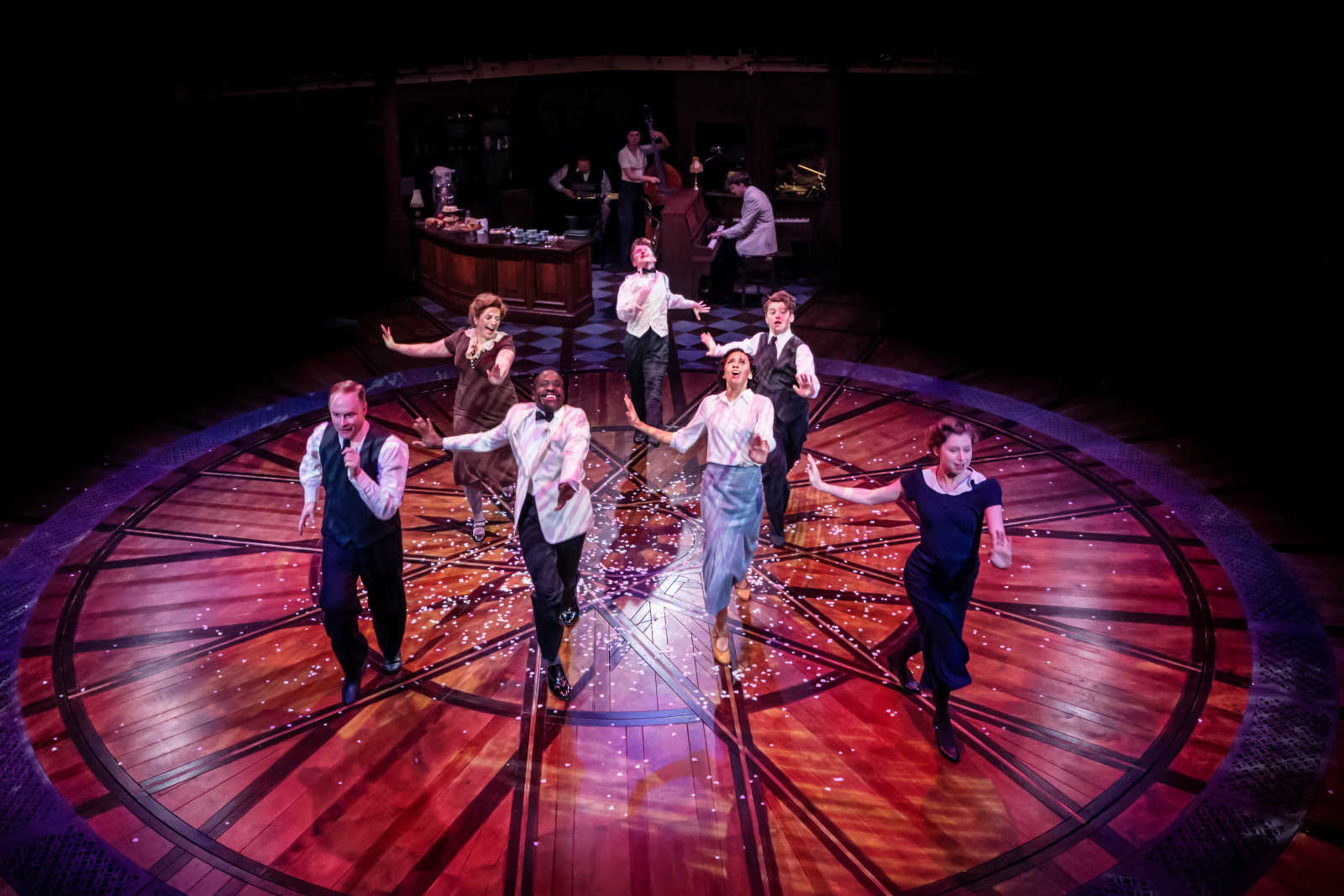
However, whilst the film is adored, the original screenplay of Noel Coward (based on his original one act play ‘Still Life’) is not so widely acclaimed, and does differ – in some places significantly - from the film script.
This production of Brief Encounter, directed by Sarah Frankcom (Hamlet, A Streetcar Named Desire), former Artistic Director at the Royal Exchange, and adapted for stage by Emma Rice (The Red Shoes, Wise Children), is neither the film script nor the original play but finds a happy medium between the two.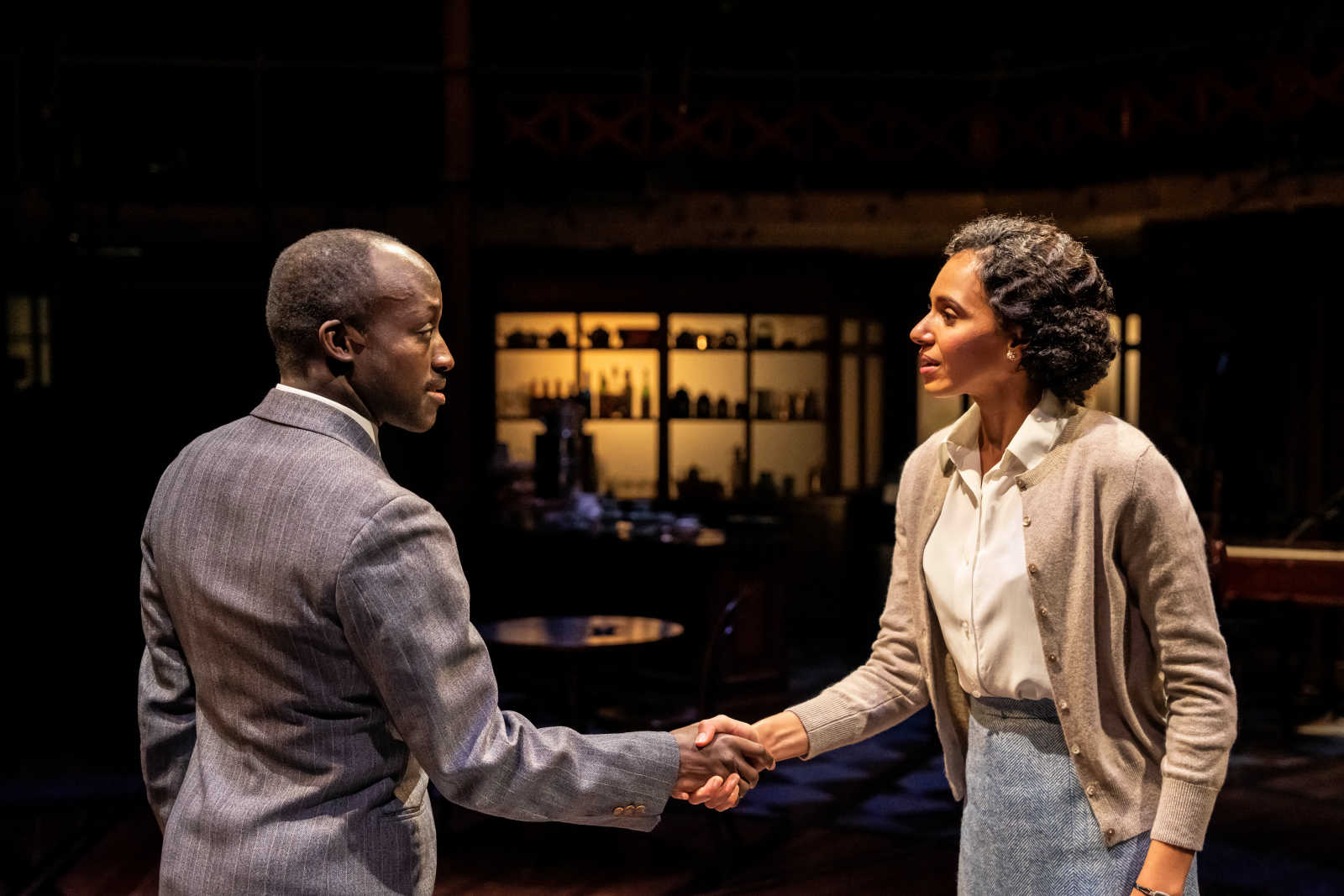
For me, the attraction of this particular storyline is that it is so deliciously every day. It doesn’t need the backdrop of war and violence, or illness, or disaster as its catalyst. These are not extraordinary people trying to find happiness in desperate circumstances. If anything, these are simply two people who are bored and – to take the word from The Great Gatsby - careless. I should probably point out now that part of the reason why I love the film so much is that I fundamentally dislike the two main characters and at no point do I root for their relationship. I take it much more as a cautionary tale, and I do wonder whether Coward wrote it as such.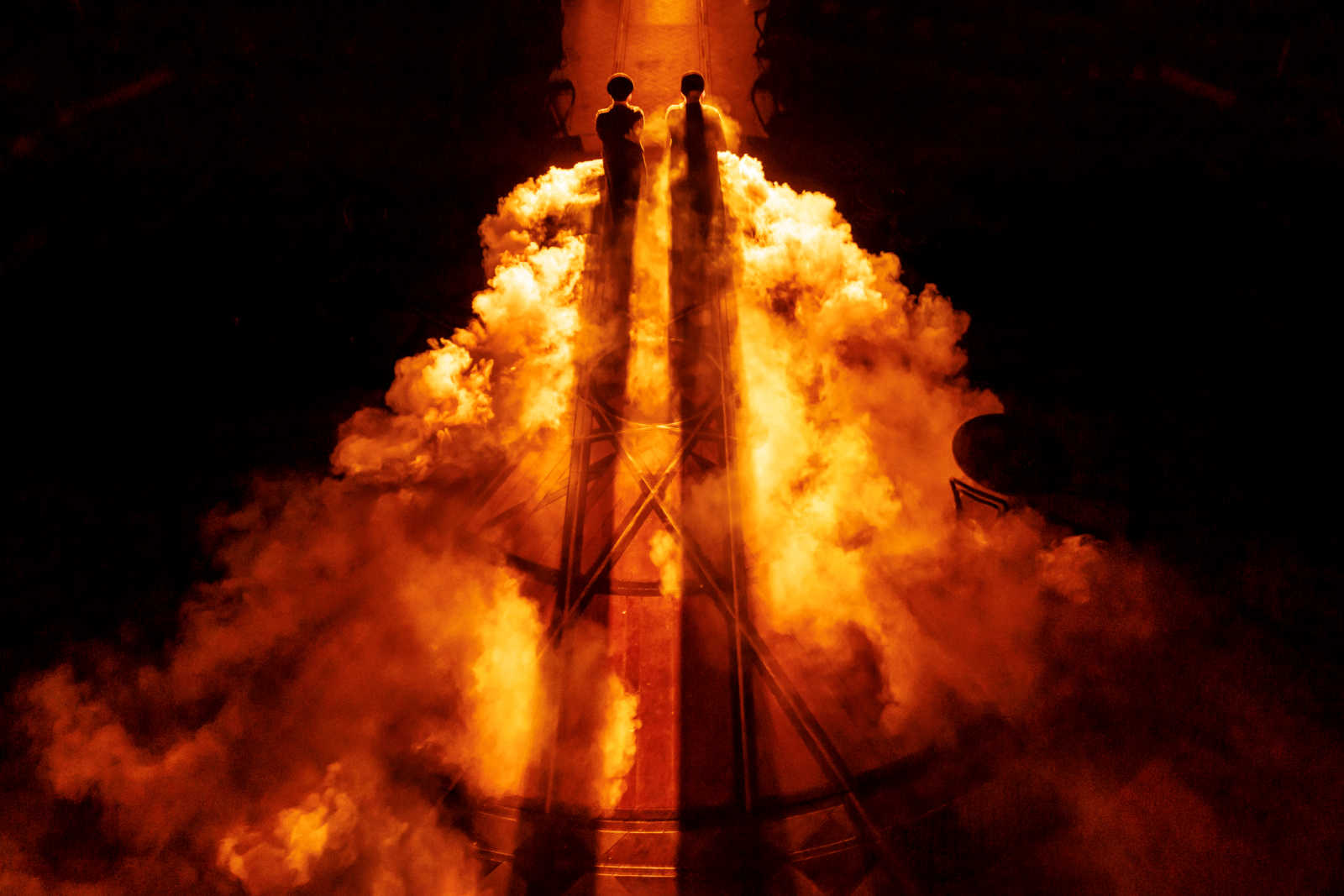
Brief Encounter focuses on Laura Jesson, a typical middle class, suburban housewife who is not so much trapped rather than existing in a dull marriage. One afternoon, she chances to meet Alec Harvey, a GP who comes to her aid in helping her remove some grit from her eye. He too is married, with children. A second chance encounter follows, then a third and before long what has started as a gentle friendship – and a respite from the boredom – has inevitably taken on a more impulsive nature, as both characters become equally conscious of their growing attraction.
Neither Coward nor Rice spend long entangling the audience in a ‘will they/won’t they’ – it is apparent from the outset the direction that this story is taking. What is interesting is the ‘how they/when they’ – that is how Alec and Laura allow their attraction to grow, how they feed it, and how outside influences – especially societal expectations – escalate and ultimately shape the decisions they make about their relationship.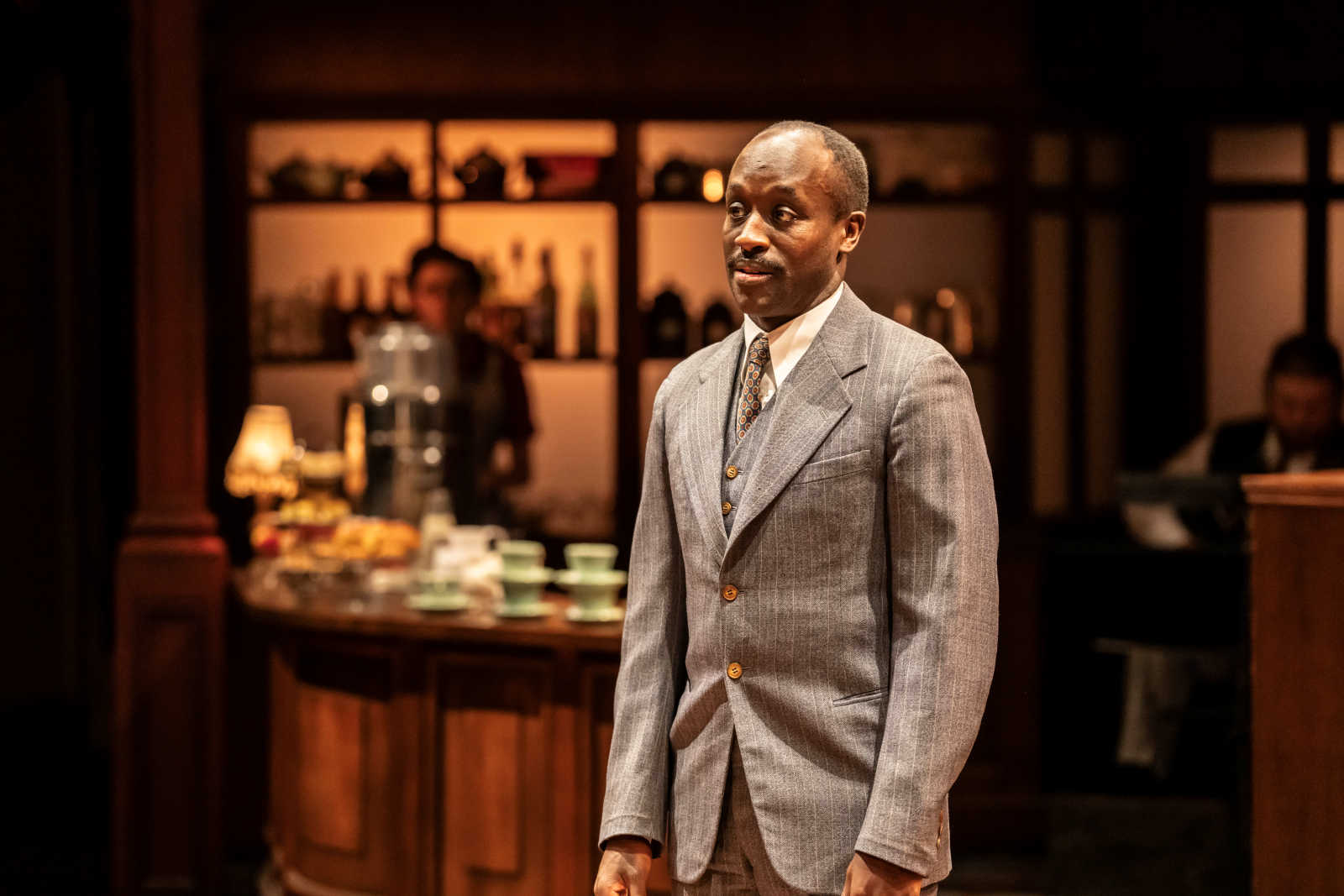
So does this stage adaptation still pack that same emotional punch?
In short, yes. This is an absolutely superb production that brims over with the talent of its cast, creatives and production team. And where I had expected an evening of melodrama, instead we were presented with live jazz, phenomenal singing and some brilliant comic acting intertwined through a more empathetic approach to the story.
I have to begin with the music, because I think this is where the real success of this production lies. In a stroke of genius, it includes eleven of Coward’s songs, allowing characters to explore their emotions without needing heavy or fraught dialogue. It doesn’t quite become a musical, indeed some of the songs barely get to the chorus, but for me it creates an unexpected sense of joy and fun that the audience really embraced.
That said, whilst musical numbers don’t dominate, music itself is ever-present in this production. A vivacious, ballsy live band (Alice Phelps, Jenny Walinetski and Sam Quinn), directed from the piano by Matthew Malone (The Book Thief, A Christmas Carol), provide not just a soundtrack to the play but musical moments and sound effects that help punctuate everything that is happening on stage. In fact there was very little time when there wasn’t some sort of harmony – all the more impressive as (so far as I could see) Malone was playing entirely without sheet music.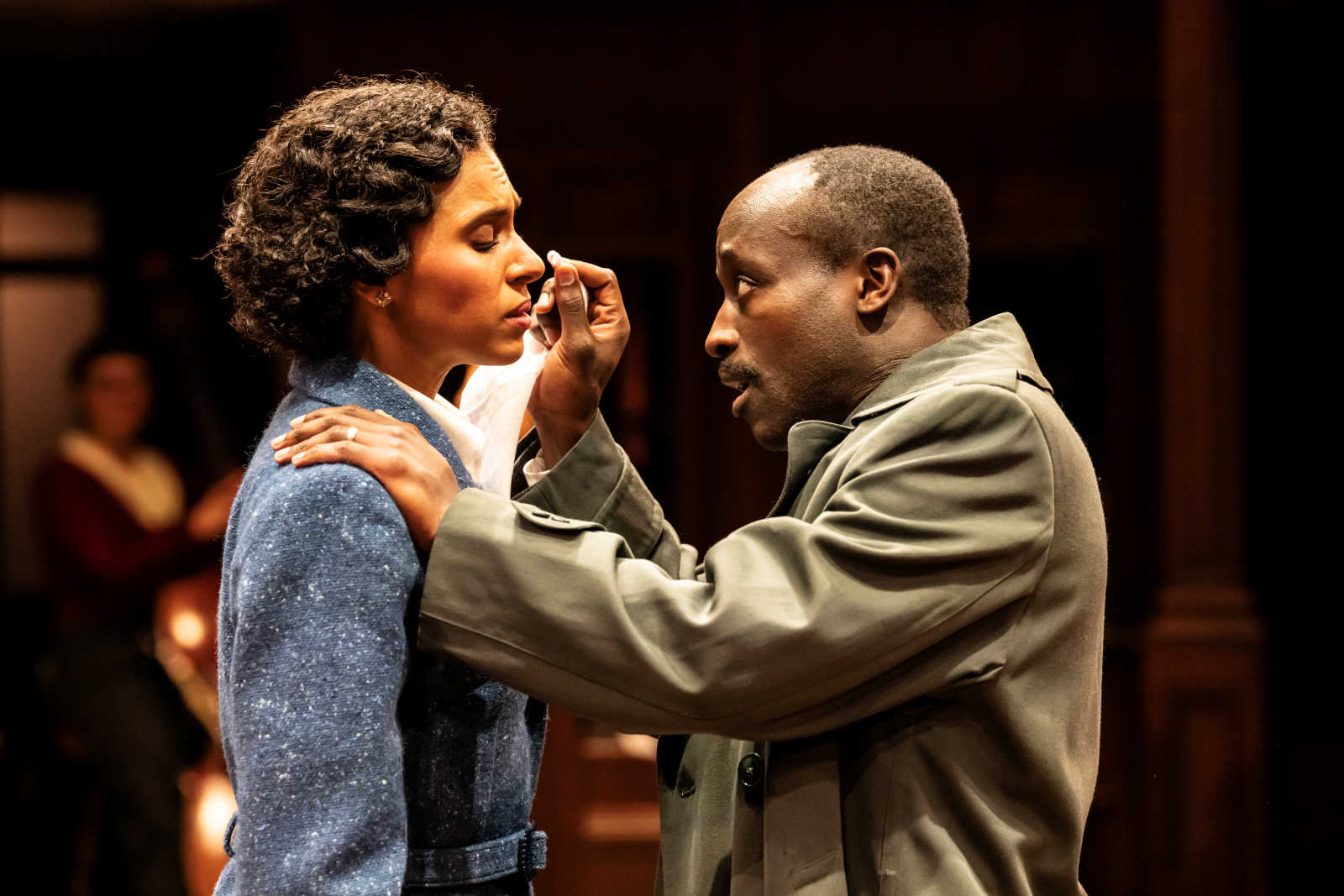
This musical texture gave context in an otherwise very sparse staging, which comprised of little other than some tables and chairs and the café counter, all underneath an iconic station clock. In my opinion, there isn’t much more needed, and this approach gives the actors the space to really work the 360 stage and ensure no part of the audience misses out. One effect I will call out though is the way the entire stage – and all the audience seating – shakes to simulate a train going past. It is a simple piece of stage craft but again, very well thought through and effective.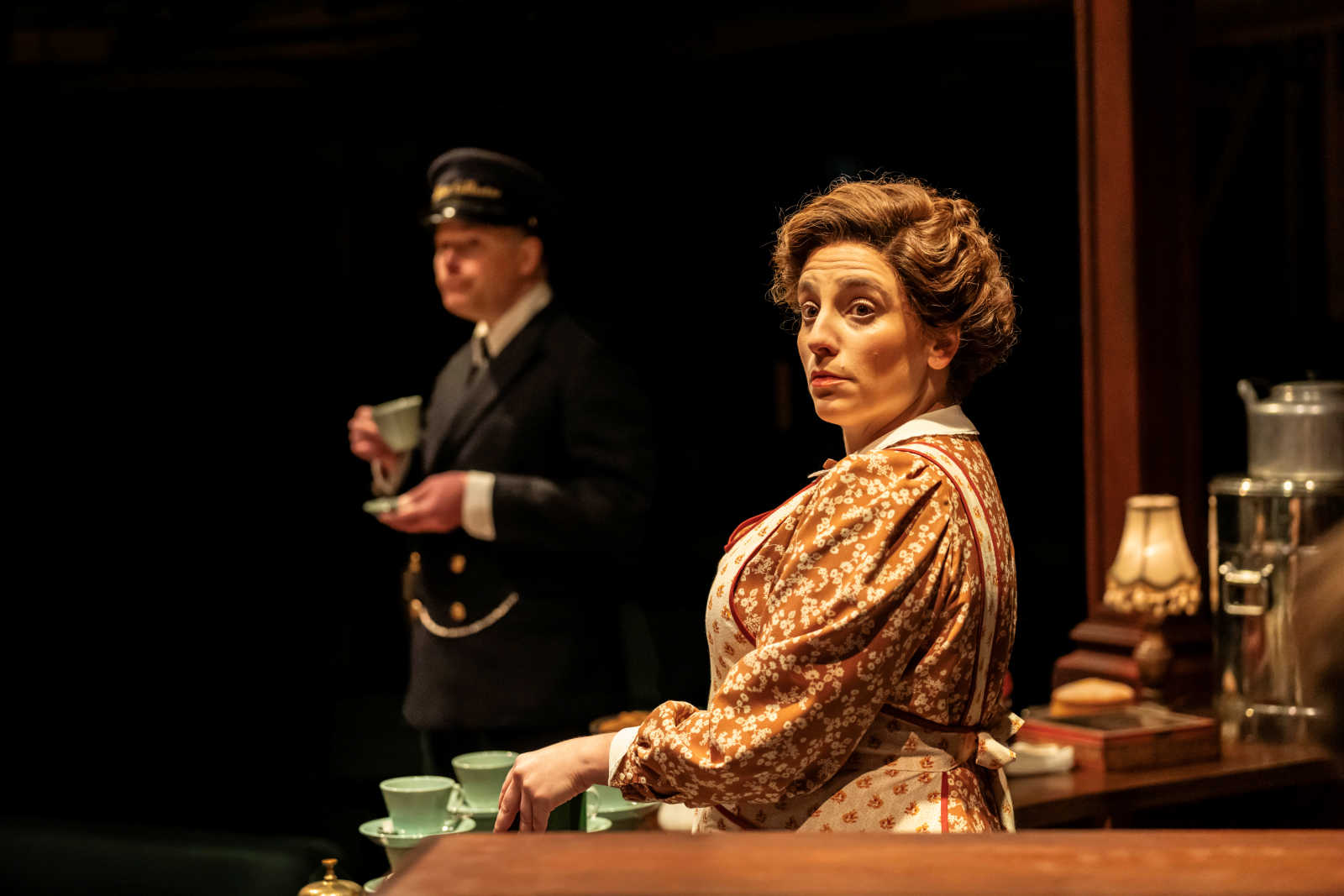
This musical texture is also helped by the incredible quality of the singing. Every member of the cast is brilliant but Christina Modestou (Strictly Come Dancing, Love Actually), as Myrtle, is my stand out performance of the evening. Her gentle romance with the honest and affectionate Albert (Richard Glaves – (Holby City, Atonement)) makes for a stark comparison with the main leads. Modestou has wonderful comic timing throughout in a performance that reminded me at times both of Victoria Wood and Nora Batty, but her performance of ‘No Good at Love’ is just so powerful, I could have happily listened to her sing all night.
Ida Regan (The Secret Life of Ophelia, Doctors) does however come a very close second. Her mousey and timid portrayal of the slightly downtrodden Beryl is again brilliantly comically observed, but is made all the more hilarious by her moment in the spotlight when she belts out a highly sultry and seductive ‘Mad About the Boy’. She has a deep, throaty voice that is perfect for jazz and her performance is both sexy and funny in equal turns.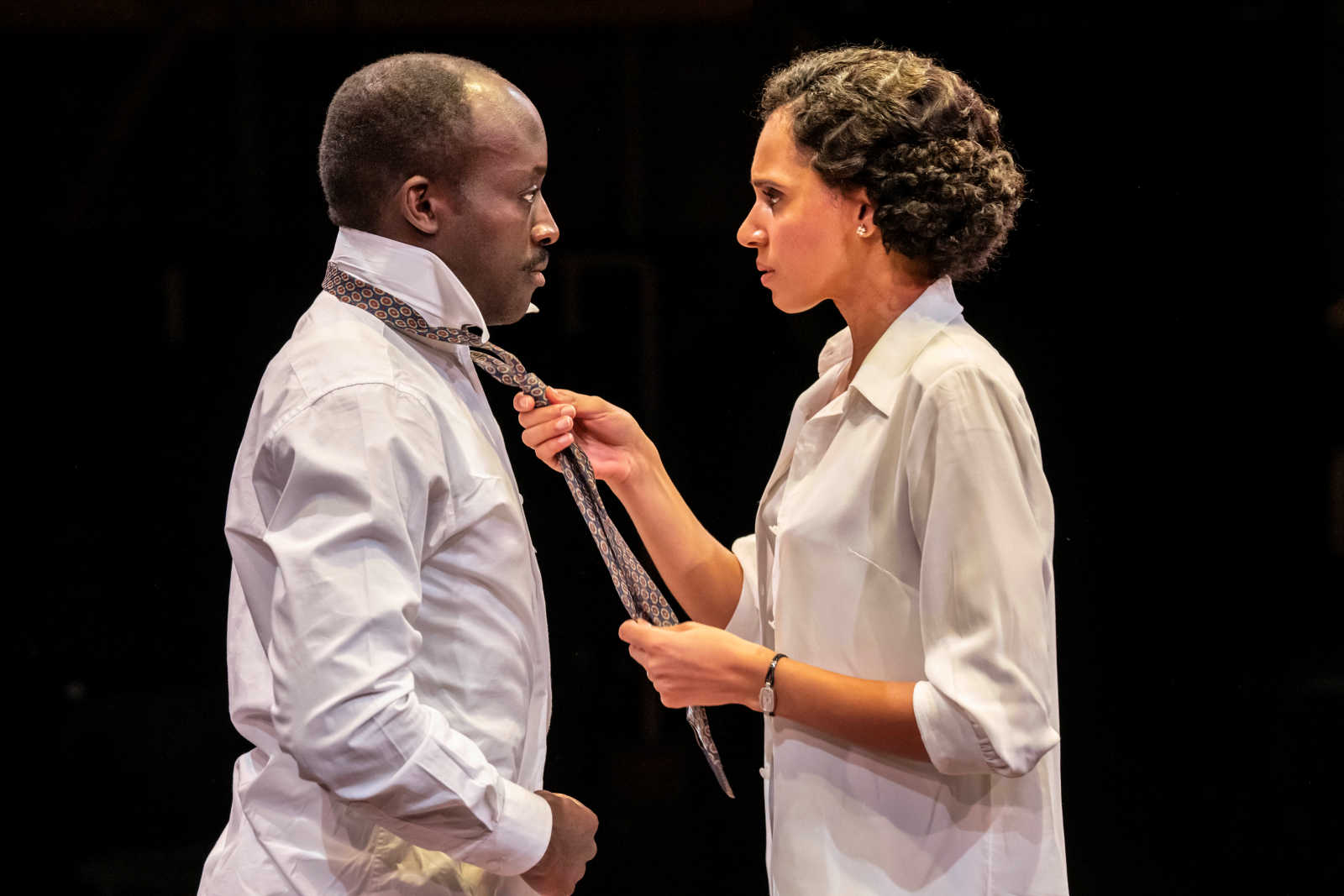
Hannah Azuonye (MacBeth, Hanna) and Baker Mukasa (Peter Pan, Tina: The Tina Turner Musical) as the leads Laura and Alec both gave considered performances, definitely making me rethink my perception of their characters. Mukasa’s Alec, whilst self declared as middle aged, is boyish, energetic and spontaneous. His passion for his work and innocent pleading of ‘not quite yet’ at their parting, is charming.
Azuonye by comparison presents Laura as a woman quite unused to the emotions she is experiencing, and totally unable to manage or cope with them: in fact she is slowly losing herself to them. This is shown best in a fabulous dance sequence in the second act which brings together Ballroom, Tango and Jive, and which ends with Laura dancing not with Alec, but on her own.
Both these performances bring depth to the characters and whilst I don’t think I will ever be able to like these careless people, in this production at least, I could feel some sense of pity for the misery and pain which they cause themselves.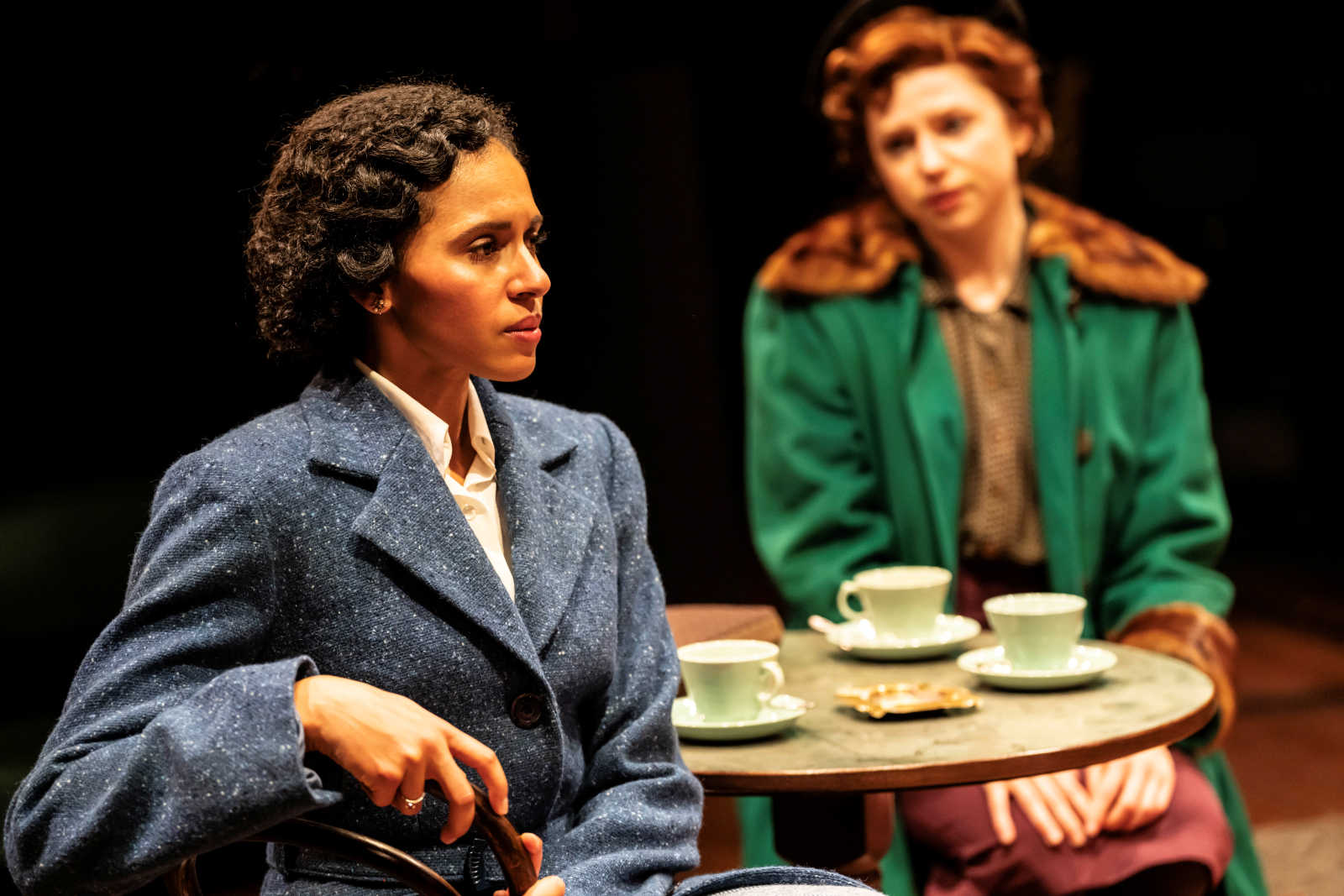
Georgia Frost (Brassic, Eastenders) is utterly charming as Stanley, the boy about whom Beryl is mad. Frost has the challenge of being the first cast member to burst into song, which can always be a bit jarring especially where there hasn’t been a full jazz hands opening number, but she does it so naturally – and performs ‘Any Little Fish’ with such cheekiness and sauce, you can’t help going along with it.
This excellent cast is completed with Matthew Allen (Doctors, Napoleon), who like the rest of the supporting cast plays a number of roles, but really comes into his own with a fantastic saxophone solo, demonstrating again the versatility of this excellent cast.
I genuinely think it is a rare thing to find a production of such consistent calibre – the audience were definitely appreciative, with a large amount of cheering and clapping throughout the show! There are simply too many moments that are touching, or funny, or well crafted to list in this review but this a production that absolutely deserves to be seen.
WE SCORE BRIEF ENCOUNTER...
Watch our "In Conversation with HANNAH AZUONYE & BAKER MUKASA discussing Brief Encounter" video
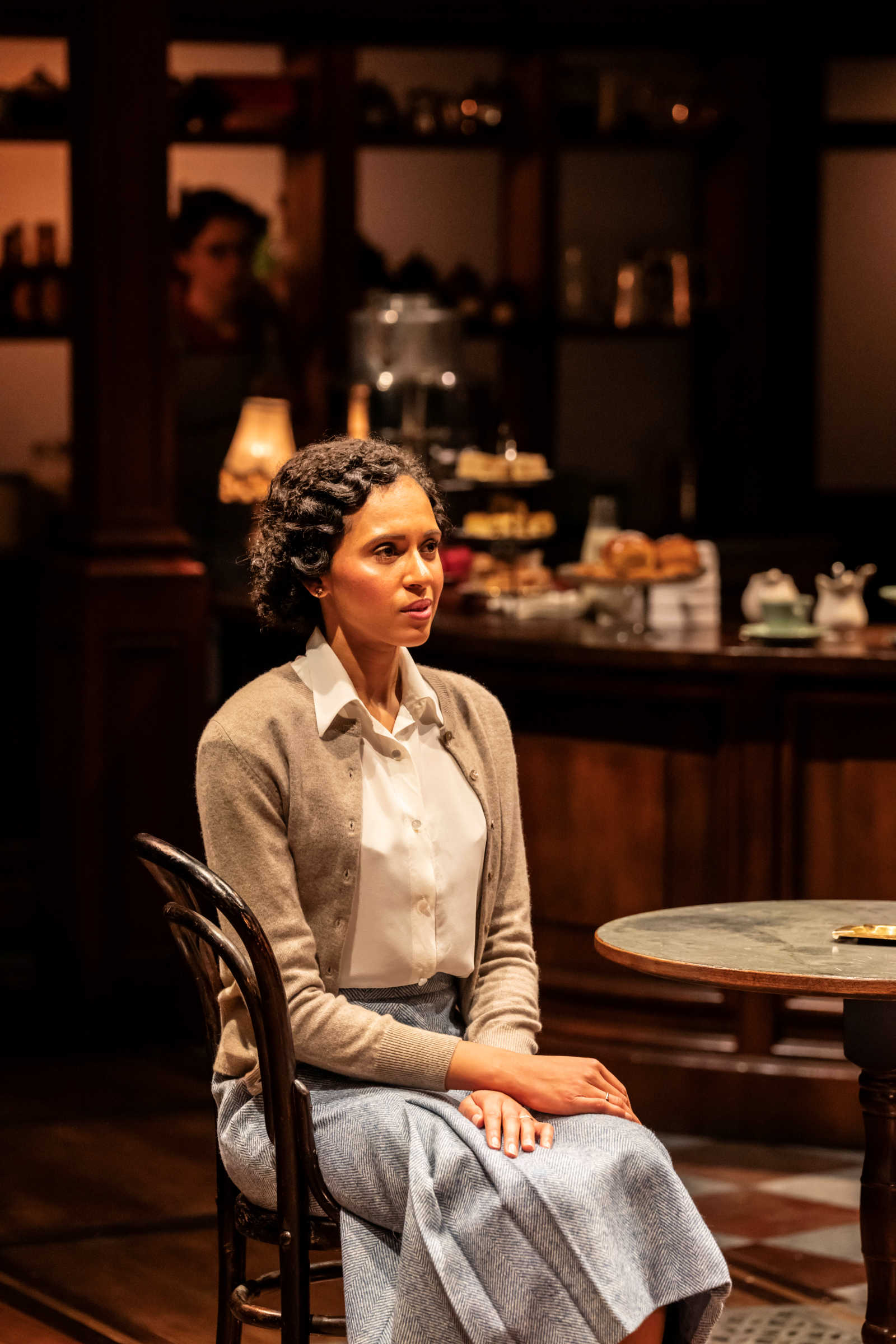 All photos are credited to Johan Persson
All photos are credited to Johan Persson
BBC Philharmonic & Dame Sarah Connolly - Janacek and Tchaikovsky- Bridgewater Hall, Manchester - Saturday 30th September 2023
BBC PHILHARMONIC OPEN THEIR NEW SEASON WITH A POWERFUL AND EMOTIONAL PERFORMANCE!
This concert marks the opening of the BBC Philharmonic’s 23/24 season at the Bridgewater Hall and their first with conductor John Storgards in position as Chief Conductor. He clearly is looking to create an impact. There is so much to talk about in this programme that it is difficult to know where to begin:Janacek’s Sinfonietta with its strong military overtones and dedication to the free Czechoslovakian man, which has obvious resonance with the increasing destabilisation we see today in Eastern Europe; the growing recognition of Alma Mahler’s own brilliance as a composer and the implications for today’s female composers; or the masterpiece that is Tchaikovsky’s 6th Symphony, ‘Pathetique’. Actually, what really piqued my interest was to hear how these very diverse pieces would sit together thematically, and to try to understand the journey on which John Storgards and the BBC Philharmonic wanted to take tonight’s audience.
The evening began ahead of the concert with a touching tribute to Clare “Clara” Dixon (1966 – 2023) who passed away earlier this year and who had played First Violin with the orchestra for over 30 years. A short programme which included Bach’s Concerto for Two Violins and a fabulous arrangement by Julian Gregory of Aaron Copland’s Hoe-down was performed with passion and clear emotion and made for a touching start to the evening.
Janacek’s Sinfonietta is both bold and brassy – literally, as the orchestration has an extended brass section boasting 25 players. The piece was originally dedicated to the Czechoslovakian Army and, by Janacek’s own description is intended to depict "contemporary free man, his spiritual beauty and joy, his strength, courage and determination to fight for victory”.
The BBC Philharmonic did not disappoint. The opening fanfare was simply awe-inspiring. The tempo was a little more deliberate than I have heard previously, but actually this gave space for the brass to play with a joyous lyricism that made the fanfare more akin to a peal of bells. The additional brass players were stood in the choir seats, above the orchestra, allowing their fanfare to cascade over the hall, making excellent use of the cavernous acoustics within the Bridgewater Hall.
The fanfare leads us into a suite of four movements, each one named after a different part of Janacek’s beloved Brno, as though he is taking us on a musical tour of the city. Across each movement, the music moves quickly from scherzos which seem to depict the hustle and bustle of tiny streets to huge and expansive melodies that speak to greater landscapes. Storgards kept this performance lively throughout each movement with sharp pivots in pace, but the orchestra more than matched his ask, playing with crispness and clarity which meant the detail of Janacek’s meticulous score did not get lost. This was a wonderful opening performance that really showcased this orchestra’s renowned richness of sound, and particularly the ability of the strings to create deep, lush tonal textures that the audience can get lost in, perfect for the Romantic era.
Alma Mahler’s 6 Songs, arranged by Colin and David Matthews and performed by the mezzo-soprano Dame Sarah Connolly, built on this theme of rich and emotive tonality.
A prodigious musician and composer in her own right, Alma Mahler composed more than 50 songs during her life; this selection of 6 is taken from the 17 that are known to survive today. This perhaps explains why her work remains classed – as the programme says – as ‘less well trodden.’
It is difficult to gain a full sense of Alma Mahler’s artistic voice through just 6 short songs but this is a woman who lived an absolutely extraordinary life (including literally fleeing the Nazis by foot over the Pyrenees) and I find this sense of extraordinary reflected in her work. She is bold in her use of the chromatic, and I found a real sense of deliberate harmonic ambiguity in these songs. They are full of character – joy, menace, nostalgia – and this arrangement uses inventive orchestration to add a greater depth to the works. Dame Sarah Connolly, renowned for her championing and lifelong study of Gustav Mahler’s Leider, brought the full force of her sonorous voice to this performance, matching the richness of the music perfectly.
There were very occasional moments where the orchestration was a little heavy, and I found this affected the balance between voice and orchestra, but Connolly’s performance was mesmerising as she moved easily from playful to despairing to earnest, turning each song into its own small, perfect moment.
The BBC Philharmonic is leading the way in raising the profile of female composers – indeed they have recently appointed Anna Clyne as their Composer in Association. I hope that other orchestras and artistic directors continue to platform female composers such as Alma Mahler – judging by the wonderful reception from this evening’s audience, there is real public interest and appetite to hear more from them.
The second half of the concert saw the BBC Philharmonic take on Tchaikovsky’s 6th Symphony, ‘Pathetique’ I recently read this symphony described as “having a lot of baggage” – an accurate description if not quite the technical term.
Rumoured to have secret meanings, and premiered just 6 days before Tchaikovsky's untimely death, it is easy to get swept up in the possibilities of this swansong, with many renowned musicologists offering their own ideas on the programme for this piece. I must admit to finding this fascinating to a certain extent – understanding the context in which a composition was created often adds to my appreciation of a piece – but the Pathetique has no need of conspiracy theories to be a work of complex emotion and incredible musical innovation.
Together, Storgards and the BBC Philharmonic were in their element. The opening bars, with their slow, deep emergence of sound, were both enchanting and slightly sinister. It seemed as though the orchestra was hanging on to every note, reluctant to move onto the next until each note had been heard and acknowledged. Here, that quality of timbre so perfectly demonstrated by the BBC Philharmonic in the Janacek was given full reign, with the strings creating layer upon layer of texture over which the woodwind flew, with sprightly interplays of melody. Storgards really pushed the orchestra, keeping tempo changes sharp, creating glorious extremes of dynamic, even creating moments of pure silence throughout the work.
There are moments of relief from the emotion of this piece and I particularly welcomed the third movement with its wicked sense of mischievousness and musical jokes. However it was the last movement that really stood out, and made for a potent end to the concert. The last movement, traditionally a moment of triumph and optimism, here is a lament, a moment of intense and private emotional pain bared for the world to hear. The same sorrowful theme from the first movement returns, before the symphony slips slowly into silence.
The performance here managed to be both deeply emotional and restrained. There was a new tenderness to the music, and towards the end a gentleness that was missing before – a true sense of ‘Pathetique’. The effect on the audience was palpable: there was a stillness as the piece ended, and several seconds of pure silence before applause broke out and the spell was broken. A truly moving performance.
This concert was a bold opening statement for this 2023/2024 season. The upcoming programme includes Beethoven, Wagner and Strauss, with conductors the calibre of Mark Wigglesworth and Andrew Davies in the mix for the coming months. These are seminal works performed by exceptional musicians – an incredibly exciting programme that I can’t wait to hear.
This performance can be heard again as it is due to be broadcast by the BBC on 3rd October at 7.30pm as part of the Radion 3 in Concert series.
WE SCORE THIS CONCERT...
CHECK OUT BBC PHILHARMONIC CONCERTS
Photo credits: Chris Payne
Everybody's Talking About Jamie
Everybody's Talking About Jamie - The Lowry, Salford - Tuesday 12th September 2023
EVERYBODY'S TALKING ABOUT JAMIE IS PHENOMENAL - A GREAT WAY TO START THE NEW SEASON
Everybody’s Talking About Jamie has to be one of the hottest tickets for the autumn. It starts its UK tour here in Salford after a phenomenally successful run on the West End and a hit film of the show courtesy of Amazon Studios.
Written by Dan Gillespie Sells (The Feeling) and Tom Macrae (Doctor Who, The Librarians), based on an idea by Jonathan Butterell (Hamlet, Fiddler on the Roof), the production itself has won numerous awards – not least Best New Musical at the prestigious Whatsonstage Awards - and its uncompromising take on identity politics combined with a strong anti bullying message seems to become more prescient and relevant as every year passes. So I took my seat with very high hopes for the evening – and I was not disappointed!
Everybody’s Talking About Jamie is the story of Jamie New, a 16 year old school boy who dreams of becoming a drag artist. He lives in a gloomy, soot-drenched Sheffield – always presented in black and white on the staging backdrop - and faces the barriers you might expect: the homophobic school bully, the world-weary teacher, the judgemental and largely absent father.
At this point it would be easy to make assumptions about this play: cliched, maybe a Billy Elliott but with drag rather than ballet. This couldn’t be further from the truth. The story never feels contrived; possibly this is because it is based on the real life account of Jamie Campbell, which gives the production a definite emotional grounding, but I think it’s more that the characters themselves aren’t caricatures, they are carefully considered and authentic. This is particularly important given some of the themes tackled by the show: homophobia, bullying, the nature of identity, and the relationship between parent and child. There are moments when this show packs a really powerful emotional punch. But it is also full of joy: the music is upbeat and vibrant, the costumes are glitzy, the script is sharp and full of wit, and the cast deliver it with a sense of glee, and none more so than Ivano Turco (Cinderella, Camelot in Concert), as the titular Jamie New.
I have rarely seen an actor enjoy owning the stage in quite the way he does: he is simply wonderful to watch. His face is incredibly expressive, with a megawatt smile that is infectious, making him instantly likeable. He holds himself like a ballet dancer and throughout his performance consciously uses the full breadth of his body to create movements that are fluid, graceful and mesmerising. His physical poise is matched by a voice that is quite exceptional and he has ample opportunity to demonstrate just how capable a vocalist he is. For me, one particular highlight was ‘Ugly in the Ugly World’, an emotionally-charged ballad that was incredibly demanding, yet which Turco delivered perfectly.
Opposite Turco is Talia Palamathanan (Matilda the Musical, Everybody’s talking about Jamie) playing his best friend Pritti Pasha. I really enjoyed her performance, especially the ballad ‘It means beautiful’, which Palamathanan sings almost as a lullaby to soothe and comfort a distraught Jamie. The sweetness of her voice during this ballad belies some of its power, but her ability to keep the song simple and innocent made it all the more touching.
Rebecca McKinnis (Mamma Mia, Beauty and the Beast) deserves particular recognition for her role as Jamie’s mother Margaret. The story focuses heavily on the relationship Jamie has with his mother – and the relationship he doesn’t have with his father - and explores with great sensitivity the challenging issues of parental rejection and abandonment. It also looks at the nature of parenthood, the many sacrifices that parents do make for their children. In the song ‘He’s my boy,’ McKinnis brings to life exactly what it means to be a mother, the joy and frustration of parenthood. The emotional power she brings to this song is just overwhelming – I and no doubt every other mother in the room was with her in that moment and I will admit I was completely reduced to tears by her gutsy, passionate performance.
John Partridge (Rent, Chicago) offers Jamie an alternative parental figure as Hugo/Loco Channelle. His performance focuses on clearly establishing the difference between the artist as a person and the drag act itself, to land the point that a drag queen is so much more than just a “boy in a dress.” It was a joy to watch him skilfully carve out his own two distinct characters, person and persona, and then slip effortlessly between them – sometimes in mid conversation – through something as simple as a change in stance.
Comic relief was provided with wonderful aplomb by the superb Shobna Gulati (Coronation Street, Dinnerladies) playing family friend Ray. The role will forever stick in my mind for the weird and wonderful range of knock off chocolates she finds – not least the After Sevens. Gulati does an excellent job of cutting through the atmosphere at key moments in the production and providing a sense of momentum where emotional scenes may otherwise slow the production down.
Hayley Tamaddon (Unforgotten, Emmerdale) is wonderful as the snooty, patronising and wholly uninspiring careers teacher Miss Hedge. I found it very interesting how at first her character is sympathetic, wanting to prepare her students for the realities of life outside of school, and yet this ‘sense of reality’ quickly moves into the need to fit in with, and abide by. societal norms. Tamaddon navigates the subtle shifts in her character brilliantly.
The excellence of the cast is easily matched by the excellence of the ensemble – a brilliant team of young artists who bring energy, humour and a definite sense of sass to the production, whose singing of the big toe-tapping set pieces is bright and articulate, and whose dancing is sharp and snappy.
I absolutely must call out the designer Anna Fleischle for an inspired approach to the staging. It is formed of a grid system of blocks and a projected backdrop that can transform the stage from school classroom to housing estate to drag catwalk within a few moments. The band are housed in the upstairs of the grid behind the backdrop which means that whilst they are a constant presence on the stage, they are often silhouetted. It reminded me at times of Madonna’s Vogue video with its use of silhouettes, and no doubt drew inspiration from this, as did several of the dance sequences.
The choreography, created by Kate Prince MBE (Message in a bottle, Ballyturk) is both beautiful and inventive. Whilst the set pieces delivered some fabulous routines, I particularly enjoyed a quieter moment with the ballad ‘If I met myself again’, sung by Rebecca McKinnis, during which two members of the ensemble, Joshian Angelo Omana (Aladdin) and Jessica Daugirda (Bugsy Malone, The Sound of Music) dance together to bring the emotion of the song to life.
Given the material, much of the humour and language is very much on the adult side, and this is definitely not appropriate for younger children. However, my 13 year old son who accompanied me thought it was brilliant – more importantly, he was also really keen to talk to me afterwards about some of the themes, especially the bullying.
This is a phenomenal production and utterly deserving of the standing ovation it received last night. It was obvious from the opening number that the cast themselves love performing this production and it is impossible not to share their view.
WE SCORE EVERYBODY'S TALKING ABOUT JAMIE...
Watch our video "In Conversation with Hayley Tamaddon" discussing the show.
Watch our video "In Conversation with John Partridge" talking all things Jamie!
Strictly Ballroom The Musical
Strictly Ballroom The Musical - The Lowry, Salford - Monday 26th June 2023
STRICTLY BALLROOM THE MUSICAL IS BEYOND EXCEPTIONAL WITH SO MANY SHOW-STEALING MOMENTS!
I have long been a fan of the Australian writer and director Baz Luhrmann; the visual extravagance of his films is sumptuous, but it doesn’t overwhelm his storytelling, and for me he has a knack of compiling the most perfect soundtracks, creating or repurposing songs that perfectly capture a mood, a sentiment. The effect is dazzling and every time I see one of his films, I come away feeling satiated. However, I was fascinated to know whether that same richness could be achieved on stage, or whether Luhrmann’s particular brand of magic relied too much on film making tactics.
Released in 1992, the film Strictly Ballroom was Luhrmann’s directorial debut and quickly gained him international recognition. It tells the story of Scott Hastings, a highly talented but maverick ballroom dancer who has trained all his life for the chance to win a trophy at the Pan-Pacific Grand Prix Dancing Championship. Set just three weeks before the finals take place, and abandoned by his original dance partner, Scott chooses to pursue his own style of dancing. In doing so, he finds a true partnership with beginner Fran, who shares his passion for innovative and inventive dance. The story has overtones of everything from Romeo and Juliet to Footloose, all against the backdrop of Australian amateur ballroom dancing. Unsurprisingly the movie became something of a cult hit, so it was good to see that Strictly Ballroom the Musical keeps to the original story and – more importantly – retains the gloriously offbeat Australian humour that made the film so enjoyable.
But this production is more than enjoyable: it is beyond exceptional. Directed and co-choreographed by Craig Revel Horwood (Strictly Come Dancing), it is a dazzling and joyous display of singing, dancing, comedy and physical theatre, performed by a cast of incredible calibre. It has so many show-stealing moments it is frankly impossible to list them all and, even several hours later, I still find myself smiling.
The first stand out performance of the night has to be Scott, played by Kevin Clifton (Strictly Come Dancing). Like many, I have watched him dance repeatedly on television, but it is a whole other world to seem him dance in person. The sheer physicality, power and strength of every single move, the speed and accuracy of even a gentle flick of his hand, which is just lost on the television, is in full force here. He is mesmerising, the power of his dancing helped by his easy smile and clear joy in what he is doing. In the first half of the show, he performs a solo that vents Scott’s frustration at the rules of dancing but also explores how he wants to dance. The range of emotion he expresses during this solo is just incredible – from joy to anger to the erotic. And then he begins to sing. And oh can he sing. He has a rich, velvety voice that meets the needs of the songs with ease, and which blended perfectly with the sweet voice of Fran, played by Faye Brookes (Coronation Street, Our Girl).
Brookes is just wonderful. She plays Fran unashamedly with an awkward, goofy clumsiness that makes you immediately adore her. Her physical comedy is brilliant and I laughed out loud during her first dance lesson as she walks across the stage more like a chicken than a ballroom dancer! She acts with a total lack of self-consciousness, so when Scott bursts into song, it makes perfect sense for her to say ‘Oh are you singing now?’ – a hint at breaking the fourth wall without dispelling the magic of the moment.
The chemistry between the two leads is charming, but more than that, their comfort with each other and their own sheer enjoyment in the performance is evident. This sense of enjoyment is infectious, and it creates a wonderful atmosphere within the theatre.
The ensemble cast are all equally superb, indeed in the set pieces it is sometimes impossible to know where to look, or whose dancing to follow. The choreography is generous, allowing all members of the ensemble the opportunity to take centre stage. Danielle Cato (So you think you can dance, 42nd Street) is particularly memorable as she shimmies and shimmers as the wonderfully named Tina Sparkles whilst Oliver Brooks (Matilda the Musical, As you like it) really stood out as the fabulously camp JJ.
Kieran Cooper (Victoria, Bring it on) delivers a suitably slimy performance as the conniving villain of the show, Barry Fife. whilst Nikki Belsher (Fat Friends The Musical, Billy Elliot the Musical) and Les Kendall (Little Shop of Horrors, Pennyworth) offer brilliant comic performances as Shirley Hastings and Les Kendall respectively. It is these three characters who in many ways bring the show to life and deliver the camp, Australian craziness and charm of the original film.
But for me the stand out performance is Rico, performed by incredible Jose Agudo (Silk Road, Carmen). His demonstration of the Paso Doble at the end of the first half is an absolute masterclass: his total respect for the dance, his tremendous focus on calm, controlled energy, on the importance of rhythm, is simply electrifying. Again the power on stage as he teaches Scott how to feel the rhythm of the music – and as Agudo and Clifton dance together in unison, stamping and pounding through the steps – is visceral.
As mentioned, I have always felt Luhrmann had a talent for soundtracks and Strictly Ballroom – The Musical has a brilliant score. It comprises a series of well-known covers - such as Time After Time and Love in the Air – combined with new, purpose written songs that work together incredibly effectively. I found many of the new songs were reminiscent of other musicals – I definitely heard hints of Cabaret and West Side Story - yet, as Luhrmann is want to do – he has brought them all together thematically so that the soundtrack feels seamless. I personally loved the ‘Beautiful Surprise’ number which recurs throughout the production.
The staging for this production is incredibly effective. The glitterball is ever present, adding that sense of glitz and glamour throughout, whilst the use of a curved panels that are reminiscent of a scallop shell gives a sense of shape to the stage. The use of a digital backing screen allows projections of everything from the sky at night and other landscapes to memories and photos, bringing real variety and context to what was happening on stage and allowing quite significant shifts of scene with very little physical work.
And it would of course be inconceivable not to mention the costumes. This was Strictly Come Dancing on steroids, with the cast working their way through a huge number of sequin-drenched costumes, from full Viennese Waltz ballgowns to the skimpiest of Samba outfits. The costumes were beautiful and appropriately over the top – think full pink glitter - but more impressive were the 90s style wigs donned by most of the male cast!
I cannot recommend this production of Strictly Ballroom the Musical highly enough: it is a perfect show for fans of the original movie, for fans of Strictly Come Dancing, for fans of dancing in general, or indeed for anyone who just wants a good night out. I would suggest it is a show more for older teens and adults as there are some very filthy jokes, bad language and sexual references made on several occasions which are probably a little too blatant to be missed by younger members. But that aside, this offers an evening full of laughter, with amazing performances, and songs you will be humming for days.
WE SCORE STRICTLY BALLROOM THE MUSICAL...
Strictly Ballroom The Musical is on at The Lowry, Salford until Saturday 1st July.
WATCH OUR "IN CONVERSATION WITH FAYE BROOKES" VIDEO DISCUSSING THE SHOW
The Way Old Friends Do
The Way Old Friends Do - The Lowry, Salford - Monday 22nd May 2023
THE WAY OLD FRIENDS DO MIXES NEW AND NOSTALGIC PERFECTLY - A SUPER TROUPER OF A SHOW!
I have seen a number of shows and plays recently that explore our nostalgia for the pop music of previous generations – and how this same music is now finding a new audience amongst GenZ, bringing different generations together to share new experiences as well as enjoy the nostalgia.
I find this idea of mixing ‘new and nostalgic’ together quite fascinating, so I was particularly interested to see this new play ‘The Way Old Friends Do’. Written by actor and playwright Ian Hallard (Adventurous, Horse-Play) and directed by his husband Mark Gatiss (Sherlock, Dr Who, The League of Gentleman), it follows the friendship of two gay men as they launch an ABBA tribute band. The twist? It’s a drag act.
The story begins in 2015, when two former schoolfriends – Peter (performed by Hallard himself) and Edward (performed by James Bradshaw (Endeavour, Hollyoaks)) are reunited after twenty years through the wonder of social media. Or rather through the lesser wonder of Grindr. One wine-filled lunch later and the concept for an ABBA tribute drag act is born. It follows their journey – and their increasing success – over the next seven years through both Brexit and Covid, finishing as ABBA announce their own reunion.
Yet the play is much less concerned with the whys and wherefores of their success, and instead focuses on the impact this has on their relationships with each other, and with their off-stage families and friends.
Hallard is excellent as Peter, a gentle, easy going character completely and utterly obsessed with ABBA – even “before they were popular again.” At 40ish years old, his teenage-y committed adoration of, and enthusiasm for the band is endearing – yet belies a certain naivety to the character which ultimately leads to the break up of their act. That said, there is a certain strength to Peter.
For example, in one scene, we witness Peter finally decide to come out to his elderly Nan (voiced by the inimitable Miriam Margolyes (Harry Potter series, Romeo and Juliet)), who he has never told that he is bisexual. In this moment, Hallard’s acting really brings home to the audience the fear that surrounds saying words that cannot be unsaid, the fear of loss, of rejection. For anyone not in that position, it is impossible to appreciate, but just for a second, I felt like I understood. This scene was also an excellent piece of stagecraft: Margolyes had recorded her lines so Hallard was effectively in conversation with a recording, yet the cadence of the conversation never felt forced or rushed, but entirely natural.
Bradshaw’s Edward is a natural foil to Peter. Seemingly brash and garish throughout, with little to no thought to the sensibilities of others, Bradshaw’s superb acting nevertheless allows us brief glimpses of a man deeply uncertain as to who he is or what he wants. In the scene when Edward is finally seduced by Christian (in a gloriously devious performance by Andrew Horton (The Picture of Dorian Gray, Dracula), he clearly has doubts; despite his earlier leering and lechery, once in bed he is much more hesitant, you can see him asking whether this fling is really worth his marriage. More importantly, he is completely aware of his own faults – describing himself at one point as the epitome of the midlife crisis. His character arc, as he comes to take responsibility for his own decisions, is the most satisfying of the play.
Hallard and Bradshaw are supported by a truly wonderful supporting cast who bring real heart to their roles. In comedies, it can be very easy for the characters to become more like caricatures, but these performances felt genuine and rounded. Donna Berlin’s (In Darkness, Dinner with my Sisters) Sally is ballsy, bossy and possibly the only person who can keep Edward in order. Yet she has one of the most touching moments of the play, smiling through clear heartache as she tells Peter that the latest round of IVF for her and her wife has failed. In the context of the play it is little more than a passing moment, but there was a sigh of sadness from the audience at this point, Berlin’s performance touching everyone’s hearts.
The role of Mrs Campbell was due to be played by Sara Crowe (Four Weddings and a Funeral, Carry on Columbus) but for this performance we were treated to Tariye Peterside (Lysistrata, The Game’s Afoot), who is an absolute joy. Her comic timing is simply brilliant and she received the biggest laughs of the night, playing the character as that person who is definitely in the same room, but maybe not on the same planet.
Rose Shalloo (A Christmas Carol, Fiddler on the Roof) completes the cast with a sweet performance of the role of Jodie. Like the rest of the cast, she is a brilliant comedian, but it is her ability to turn what could be a fairly uninteresting character into the heart of the show that really stands out.
A final and unexpected cameo comes from another recording, this time of the late and great Paul O’Grady, who provides the voice of the Radio DJ. The performance opens with his voice and again, the audience couldn’t help but cheer.
The staging and costumes are fantastic and really help bring a sense of disco to the production. The staging is particularly inventive: a rotating screen styled around the word ABBA, with the As forming doorways for entrances and exits, whilst the middle B letters provide some incredibly cool lighting effects. Make up, wigs, stick on beards (yes!) and the recreation of some of ABBA’s iconic stage outfits bring the entire production together with vibrancy.
I had the most fantastic time watching ‘The Way Old Friends Do’ and - from the buzz and laughter - the rest of the audience seemed to agree with me. However this perhaps isn’t a show for the easily offended as Hallard has taken what I can only describe as a ‘South Park’ style approach to the humour: it spans from clever and witty through to downright filthy in places and no-one escapes: religion, sexuality, disability, ethnicity, everything gets a spotlight. Yet, unlike South Park, the jokes are for the most part affectionate, and always self aware; it offers the audience the chance to laugh at their own absurdities as well as the foibles of others.
As we reached the end of the play, for me one thing that was missing was the performance itself – we only see behind the scenes during the play and to be honest, I really wanted to see a drag ABBA! However, we were all rewarded with a full rendition of Dancing Queen complete with costumes, wigs, make up and beards as part of the curtain call - and it is the perfect way to end the play.
WE SCORE THE WAY OLD FRIENDS DO...
Watch our video "In Conversation with Ian Hallard" discussing the show.
Greatest Days
Greatest Days - Palace Theatre, Manchester - Thursday 18th May 2023
GREATEST DAYS IS MUCH MORE THAN A TRIP DOWN MEMORY LANE - IT'S AN INVENTIVE, MOVING, INNOVATIVE AND AMUSING PRODUCTION!
There has been a plethora of artist-based musicals (also called Jukebox musicals) launched in recent years, building on the popularity of West End stalwarts such as We Will Rock You and Mamma Mia. Some have been more successful than others, depending largely on the portfolio – rather than the fame - of the chosen artist.
For example, Queen and ABBA respectively are both renowned not just for extensive back catalogues, but for the sheer range and diversity of their songs. Huge rock anthems, short piano ditties, disco beats, power ballads, they had them all and - whilst distinctive - no two of their songs are the same. This meant that when it then came to creating a musical, there was plenty of source material to create a compelling show.
So I must admit that – despite loving their music - I was curious to see if the songs of Take That would provide a similarly engaging basis for a full scale musical. The question is prescient; there have been a number of well publicised interruptions to musicals in recent weeks where audience members have been more interested in a singalong than the performance itself.
Greatest Days does not fall into this trap, instead delivering a show that rejoices in friendship, which revels in the memory of being an idol-obsessed teenager, that doesn’t shy away from disappointment in life, all to a perfect soundtrack.
Written by Tim Firth (Calendar Girls, Kinky Boots), the storyline for Greatest Days (previously performed as ‘The Band’) follows the lives of Rachel, Zoe, Heather, Claire and Debbie, a larger than life group of best friends who see their boyband idols in concert as teenagers in the 1990s only to experience tragedy, and who reunite at a concert 20 years later to face the impact of that tragedy on their friendship and on their lives.
On face value a plot about boyband-obsessed girls may seem a little predictable and I wondered if the narrative about 40-something women looking back at their lives would hold the attention of my 12 year old son, who had joined me. But Firth has created a storyline that is sincerely touching: it is steeped in nostalgia yes, but it combines witty and clever dialogue with some emotionally powerful moments that resonate, that feel genuine.
However for me, it is the sheer inventiveness of the way that the songs are intertwined throughout every scene that makes this musical stand out. The Band (performed by Alexander O’Reilly (Jack and the Beanstalk, Hairspray), Kalifa Burton (Bugsy Malone, Everybody’s talking about Jamie), Jamie Corner (Let It Shine, The Band), Archie Durrant (The King and I, Matilda the Musical) and Regan Gascoigne (Dancing on Ice, The Nutcracker)) are the boyhood idols of our heroines, and they sing and perform some fabulous showstopper routines taken straight from the Take That playbook. The energy of The Band is infectious during these moments and it is almost impossible to not join in with the songs.
Yet there are very few of these more traditional set pieces, and the rest of the time The Band play a far more intriguing role; they act almost like a Greek chorus, using shorter snippets of songs to articulate the emotions of those on stage, to evoke memory, to show internal conflict, to provide background scene setting or even to offer encouragement. In fact at one point they were the staging itself, dressed as Greek marble statues on the Parthenon! This approach makes the music – not the band – the centre of the entire show, allowing it to pervade each scene gently without becoming overwhelming. It also means we hear 15 songs throughout the show, without it turning into one long concert.
One of my favourite moments with The Band comes right at the beginning, when Debbie (Mary Moore, (Grease, Doctors)) and Young Rachel (Emilie Cunliffe (The Voice, Britain’s Got Talent)) try to learn The Band’s latest dance moves to a cassette recording; The Band sing and dance next to the girls as they try to remember the moves, turning it into a sweet duet.
The show centres heavily on the friendship of these two girls and I found both their performances outstanding. Mary Moore’s Debbie is bubbly, vivacious, impossible to take your eyes off whilst she is on stage. Her voice is fantastic and she belts out songs with relish. Emily Cunliffe’s Young Rachel is equally appealing; she has an excellent comic timing and capably leads the audience through a rollercoaster of emotions during the first half of the show.
They are joined by Kitty Harris (Emmerdale, Chicago), who gives a wonderfully louche performance as Young Heather; Mari McGinlay (Claus, Hairspray) as a sporty Young Claire in a performance that definitely seems to draw on a certain Mel C for inspiration; and Hannah Brown’s (The Magician’s Elephant, Hansel and Gretal) bookish Young Heather, who captures so well that uncomfortable sense of not being cool. All are excellent – you root for these girls as they share their dreams with each other and promise to always be friends.
Their older selves are predictably more weary, a little bit of the world but mostly of themselves, with particularly moving performances from Kym Marsh (Hear’Say, Coronation Street) as Rachel, Holly Ashton (Footloose, Mamma Mia) as Zoe, Jamie-Rose Monk’s (Doctors, Holby City) as Claire and Rachel Harwood’s (Lagging, Over to Bill) as Heather.
Kym Marsh in particular was very watchable as Rachel, now grown up yet unable to move forward with her life until she has dealt with her past. The audience can clearly see what she has lost – and what she has rediscovered by the end. But it was Jamie-Rose Monk’s portrayal that really stood out as she talked through the loneliness of losing her friends and her subsequent fall into depression – for me one of the most moving parts of the show.
After some touching and difficult emotional scenes, the show ends with exactly what everyone needs – a singalong. Belting out the likes of Relight My Fire and the endlessly optimistic Shine had the entire audience on their feet and cheering just as the young girls had at the start of the show.
It goes without saying that Greatest Days is going to be a must see for any Take That fan. Indeed the show takes every opportunity to reference Take That far beyond just the music and for superfans there is some pleasing attention to detail: the costumes and outfits reflect their CD covers, the choreography is in some cases a direct lift from their music videos, as is the staging. Even the breakfast cereal is a nod to a 90s commercial promotion!
But this is so much more than a trip down memory lane: it’s an original, moving story, an inventive, innovative production full of laugh out loud moments. And it’s an opportunity to lose yourself in some great songs.
As we left the theatre, I asked the 12 year old what he thought. Having just witnessed his is 40 year old mum in full dance mode, hands in the air (no, I didn’t care), I thought he might be a bit dismissive. Instead he pointed at a poster for the show. “Lives up to its name, doesn’t it?” he said. Yes, I rather think it does.
WE SCORE GREATEST DAYS...
Greatest Days is on at the Palace Theatre, Manchester until Saturday 27th May 2023.
Watch our video "In Conversation with Regan Gascoigne" discussing the show.
WE HAVE AN EXCLUSIVE OFFER FOR MON - WED PERFORMANCES - BEST AVAILABLE SEATS FOR £29.50
Extraordinary Bodies - Waldo's Circus of Magic and Terror
Waldo's Circus of Magic and Terror - The Lowry, Salford - Thursday 20th April 2023
WALDO'S CIRCUS OF MAGIC AND TERROR WILL OPEN YOUR EYES TO SO MANY THINGS AND RECOGNISE THE HUGE VALUE THAT DIVERSITY BRINGS
I have followed with keen interest how theatre productions are taking up the gauntlet of increasing diversity and representation on stage. Over the past few years, momentum – and audience expectation - has grown, and what started with inventive casting has now generated some inspirational initiatives. Extraordinary Bodies is one such initiative, a collaboration between Cirque Bijou and Diverse City, a charity that champions diversity and equality in the performing arts, and bring together D/deaf, disabled and non-disabled artists to deliver diverse-led circus shows. This is their third production.
The story of Waldo’s Circus of Magic and Terror, written by Hattie Naylor (Ivan and the Dogs, The Night Watch) and Jamie Beddard (Messiah, The Elephant Man) is not an easy one, especially given that it draws heavily from real life experiences and accounts of historical events, including the use of circuses at Nazi rallies – and how circus networks were used by those trying to flee the Nazi regime.
Set in 1933 in Germany, it tells the story of Waldo, played by Garry Robson (Crisis Control, Silent Witness), and his circus, a mismatched troupe of acrobats, clowns, aerialists – few of whom live up to the Arian ideals of the Third Reich. As the influence of the Nazis becomes more pervasive, and as their policies become more extreme, the lives of the circus members become more tenuous, and the bonds that hold them together, more fragile.
Taking place under the staging of The Big Top, the story begins with our hero, Gerhard (Lawrence Swaddle) deciding to abandon his Nazi-sympathising family in order to join Waldo’s circus. Swaddle gives a charming performance of Gerhard, creating a delightfully goofy, naïve character who seems blissfully, frustratingly unaware of the dangerous times in which he lives – and the impact it might have on those not living up to Nazi ideals. He is not disabled yet soon falls for Krista, the star of the show, played with wit and a certain amount of wry cynicism by Abbie Purvis (Willow). Krista’s reluctance to believe Gerhard might see her as anything more than a curiosity, and his clumsy attempts to make her believe otherwise, offers a sweet fairy-tale.
However whilst their burgeoning love story forms the centrepiece of the production, for me it is the other characters that really bring this production to life. Raphaelle Julien (Jerk, Hunch, Trinity) and Brooklyn Melvin (Oliver Twist, Listening Party) play Mish and Mosh respectively, best friends, a pair of clowns whose slapstick antics, signed bickering and acerbic commentary are laugh-out-loud funny. Yet they also provide one of the most touching moments when they wordlessly convince Gerhard to follow his heart and join the circus.
Mirabelle Gremaud (Wise Children, Malory Towers) explores the challenges that the Romany community faced through her moving portrayal of Queenie, the circus’s fortune teller whose predictions seem fated – like Cassandra – not to be believed. Her final song, Blood in the Hallways, calls out the Nazi acts as crimes against nature; her performance incorporates a specific movement language that involves acrobatics and contortion, which she uses to represent her struggle to evade Nazi capture, and which is totally mesmerising.
The impact on the neurodiverse is also considered through Joanne Haines’ (A Little Space, ZARA) touching portrayal of Dora, a character frequently underestimated even by her own circus colleagues, and whose ability to contribute to society is openly questioned by Gerhard, yet who proves perfectly savvy when it comes to negotiating her own salary.
For me, it is the character of Peter who has one of the most interesting character arcs. Played with a brilliant intensity by Tilly Lee-Kronick (Cirque Bijou, Human) Peter is the son of the overbearing, titular Waldo. Highly talented as an aerialist yet lacking in confidence and desperate for any sort of recognition from Waldo, Peter is browbeaten and casually dismissed by his father. When he is then faced with accepting his own homosexuality, Peter instead flees to the Brownshirts, embracing the narrative that others less worthy are stealing his birth right. The result is the downfall of the very circus he loves.
What is so compelling about each and every one of these performances is the authenticity and rawness of emotion and of experience. At the beginning, the circus troupe are called out as being fake, as hiding behind their painted faces and flamboyant costumes; yet what this production gives to the audience for me is a searing honesty on the challenges faced by this community who are brought together by the simple fact of belonging nowhere else.
The music was composed by renowned conductor and composer Charles Hazelwood (Mysteries, The Tin Drum) and is heavily influenced by music of the 1970s and 1980s – punk and disco intertwine with new romanticism (and a definite tipping of hat to Ian Dury) in arrangements that, whilst harmonically a little sparse, instead focus on percussive rhythms ideally suited to supporting the performers.
Usually the musicians are placed in the orchestral pit, below the stage, but in this production the band is situated above the stage, with the music almost raining down on the audience. I personally loved this, as it allows the performance of the music to become an integral part of the overall performance and I felt that band, comprising Dave Johns, Harriet Riley and Jonny Leitch, were able to be much more responsive to the needs of those on stage.
One of the most innovative sides to this show is that, for a musical, music and singing are more optional than I would have expected, with other mediums taking their place. For example, a stunning duet between would-be lovers Peter and Renee (Jonny Leitch (What do you see in me)) is told not through song but through an incredibly powerful and intimate aerial dance. Indeed the most moving and electrifying moment of the entire musical - for me – occurs when a grief-stricken Mish performs ‘The Disappeared’ in complete silence using British Sign Language. I have to say this part of the production is utterly stand out and Raphaella Julien’s interpretation and performance is simply breathtaking.
As expected, accessibility is paramount, with the performance chilled and audio described. In addition, screens with captions are positioned unobtrusively either side of the stage which helps not only those unable to hear but also those unable to read BSL. The entire production was also brilliantly signed by Max Marchewicz (The Paradis Files). I have been at several performances now that offer this level of accessibility and for me, I wonder why, in today’s world, this isn’t standard at every performance.
Waldo’s Circus of Magic and Terror will open your eyes to so many things: to the terror that so many felt in Nazi Germany; the terror of what one human being can do to another; to the magic of those people who sacrificed everything to try and protect others; and to the culpability we all still face today when we, as a society and as individuals, don’t stand up for equality or recognise the huge value that diversity brings.
But don’t go and see this for the lesson. See it for brilliant, joyous performances of the cast who demonstrate unequivocally why diversity is to be celebrated.
WE SCORE WALDO'S CIRCUS OF MAGIC AND TERROR...
Dada Masilo - The Sacrifice
Dada Masilo's The Sacrifice - The Lowry, Salford - Tuesday 21st March 2023
THE SACRIFICE IS INNOVATIVE AND EXCITING - A BEAUTIFUL PRODUCTION THANKS TO DADA MASILO'S AMBITION AND VISION!
I will admit to being curious about this performance of The Sacrifice. Over the past 10 years, Dada Masilo has gained increasing critical acclaim for her productions, which fuse classical ballet and African dance. To do this successfully from a technical and artistic perspective is impressive enough, but she has also overcome huge cultural resistance to create an artform that is both exciting and new whilst also feeling rooted in something familiar.
However, it is her choice of material that really made me curious. Previously, Masilo has chosen the stalwarts of the ballet world – Romeo and Juliet, Swan Lake and, most recently, Giselle, for which she received multiple awards. Yet her inspiration for The Sacrifice is The Rite of Spring – a ballet notoriously challenging, from its subversive subject matter to its rhythmically intricate and complex music.
Indeed, The Rite is a ballet that remains controversial and which continues to push boundaries more than a hundred years after its premier in Paris. I was therefore intrigued to see how Masilo would approach this work.
As it turns out, The Rite of Spring is an inspired choice. Masilo takes the fundamentals of the original work - with all their complexity - and uses them to explore the Tswana heritage of her own background. Gone is the music of Stravinsky and the Russian folklore and, in its place, the Tswana dance and traditions set to a score that encompasses musical influences across Classical, Jazz and Folk as well as African.
The result is something quite enthralling.
The story of The Sacrifice is that of a primitive community celebrating the return of Spring and the renewal of the earth through the sacrifice of a virgin. There is common ground with Masilo’s previous productions, which all focus on the plights of wronged women (Juliet, Odette, Giselle), and this theme, along with the role of ritual and sacrifice, does become more dominant as the story plays out on stage.
It opens, then, with Masilo in the titular role of The Sacrifice. From the moment she walks on the stage, alone and apart from the rest of the company, her performance is captivating; her hands flutter and flit as though exploring, learning and communicating with the world around her. The moves are reminiscent of bird wings as she swoops and dives with her whole body. At times frenetic, there is a sense of a child at play, bursting with her own imagination – and this innocence stays with her throughout the performance.
The staging for this opening is minimal yet effective; a backdrop of cave painting-style symbols which evoke the primitive, that sense of a people trying to understand an unfathomable world.
The backdrop changes just once, after this opening piece, to a silhouette of bare tree branches. The lighting throughout is equally bare, with the stage almost always bathed in a greyish yellow that evokes that moment just before the sun rise, not quite light, no longer dark, when the world is colourless. It sets the tone for the story perfectly.
The music, however, is anything but colourless. Masilo has chosen not to use Stravinsky’s original score but to take it as inspiration for a new composition by Ann Masina, Leroy Mapholo, Tlale Makhene, and Nathi Shongwe. For me, Stravinsky’s influence was never far away: from intense rhymical drumming underneath long lyrical harmonies, to the use of syncopation and complex time signatures that – like The Rite of Spring – sometimes seem to change every other bar, the reference was clear.
But to suggest that this composition is simply homage would be an injustice. This new score is a complex, multi-layered composition that draws not just on different musical genres, but on nature itself, with birdsong repeatedly incorporated into the music. The use of African percussion as an aural counterpoint to the violin and keyboard was especially effective.
The musicians (Ann Masina, Leroy Mapholo, Mpho Mothiba and Nathi Shongwe) are positioned to the side of the stage, much like a Greek chorus, and indeed they are very much an extension of the company, reacting and responding to both the audience and the dancers and – on occasion - being rebuked by the dancers for playing too fast: “can we have an Adagio please”, much to the laughter of the audience.
This interplay is helped by attentiveness and sympathetic playing of the musicians, who play without music and who rarely take their eyes off the dancers (Lehlohonolo Madise, Refiloe Mogoje, Thandiwe Mqokeli, Eutychia Rakaki, Leo Dibatana, Lwando Dutyulwa, Thuso Lobeke, Songezo Mcilizeli, Steven Mokone and Tshepo Zasekhaya).
One particularly memorable moment is a duet between the violinist and a female dancer. The violinist, unaccompanied, plays a folk melody that is reminiscent of Vaughn William’s The Lark Ascending – a slow, sweeping melody that captures the sense of a bird in flight. The dancer mimics this, swooping up and down, following wherever the violinist leads, in stark contrast to the stillness of all the other dancers on stage: it is a beautiful piece of choreography.
The first half is full of unexpected good humour that creates a festive atmosphere with no sense of menace or foreboding at what is to come. The choreography is fluid, combining solos, duets and full set pieces that never seem to start or finish, but simply come in and out of focus on the stage, like half heard conversations.
The dancers themselves are exceptional; they clap and stamp and sing and cheer and laugh, creating their own rhythms and music to counterpoint the musicians and often dancing entirely unaccompanied, with nothing but the pounding of their feet to keep rhythm.
Yet the joy and humour of the first half ultimately give way to the horror of the second half. Masilo’s choreography does not shy away from the reality of what is happening. In the increasing religious fervour, the joyous dancing of the company becomes jerky and almost seizure like, fluidity gives way to sharp angles and the sense of the uncontrolled, more animal than human.
As the story reaches its climax, we witness The Sacrifice’s final moments: four men – priests or elders – surround her, torment her, and take her to her death. This is not easy to watch, indeed I found this deeply uncomfortable – and rightly so. However, unlike other interpretations, the Sacrifice is not discarded and left to die alone on stage, but instead is delivered to Masina’s mother-like figure, who sings her a highly emotional lament as she dies.
This lament – operatic in style - is more than just mourning; for me it has the sense of a stinging rebuke against the world that such sacrifice is necessary. However Masina sings it with a sense of resignation, and it is on this note of acceptance that the production ends.
The Sacrifice is one of the most innovative and exciting productions I have seen in a long time. The sheer breadth of cultural inspiration and influence is stand out but Dada Masilo brings it together in a way that really makes this feel accessible.
The audience agreed, with Masilo receiving cheers as well as a standing ovation at the end. It was fantastic to see such a diverse audience in attendance, particularly so many young people who clearly took a lot from the production. Masilo’s ambition to create a new language, one that has the ability to cut across multiple cultures to become global, is an unquestionable success.
WE SCORE DADA MASILO'S THE SACRIFICE...
Opera North's Tosca - The Lowry, Salford - Thursday 9th March 2023
OUTSTANDING PERFORMANCES BRING LOVE, TREACHERY AND CORRUPTION TO LIFE IN OPERA NORTH'S MUST-SEE TOSCA
Even the sparsest of operas is lavish. The combined power of music, intense drama, incredible vocals, artistic staging, dance sets and even fashion comes together to create a sensory experience quite unlike any other.
And for me, Tosca easily earns its place in the canon of all time great operas.
An epic story full of love, political intrigue, lust and betrayal is set to some of the most sumptuous, heart rending music of the Romantic era. Puccini holds a special place in my heart - my first ever opera was Madam Butterfly – but I’ve yet to meet anyone who doesn’t crumple at this opera’s devastating finale.
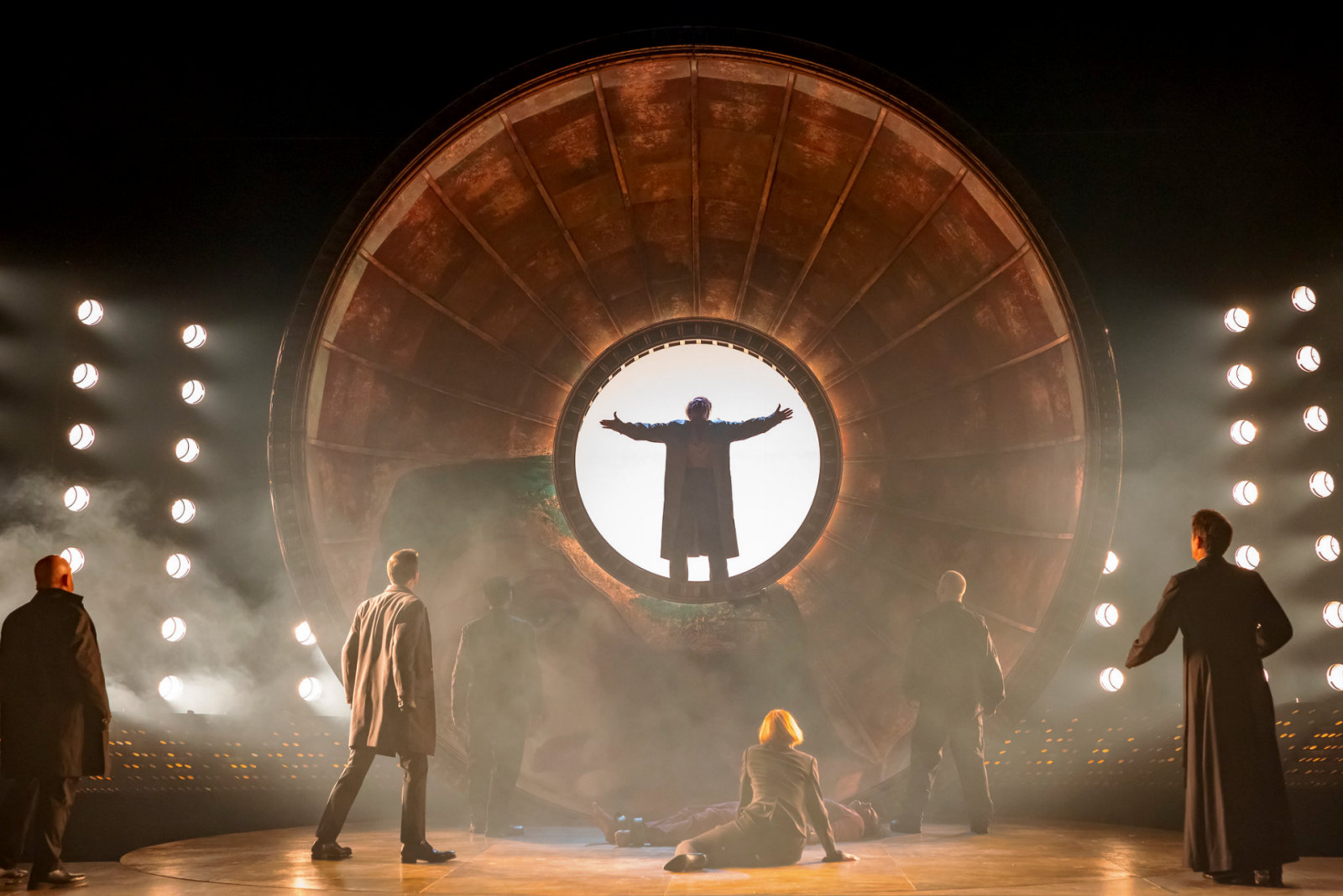
Like many, I return to see Tosca again and again – there is so much scope for both dramatic and musical interpretation within the score and text that no two productions are ever quite the same.
But it is the opportunity to see the wonderful Giselle Allen’s Tosca as she desperately tries to prevail against Robert Hayward’s Baron Scarpia in this excellent revival from Opera North that makes this a must-see performance.
Tosca was composed by Giacomo Puccini (Madam Butterfly, La Boheme, Turandot) to a libretto by Guiseppe Giacosa and Luigi Illica. It is based on a play, La Tosca, written by the prolific French playwright Victorien Sardou. It premiered in 1900 and whilst critics were lukewarm at the time, it was an instant success with the public. Indeed the opera’s famed arias and music have consistently continued to draw in audiences worldwide, and it remains the 5th most performed opera today.
Tosca is set in Rome in 1800. This timing is significant historically: Rome had been invaded by Napoleon two years earlier, then by the Kingdom of Naples . By 1800, the Pope had been exiled and Rome was yet again under threat from invasion by Napoleon. Uncertainty, changing allegiances and fear hang over this opera, and it is this chaotic background against which our story is set.
It centres on three main characters: the eponymous Floria Tosca (Giselle Allen) a renowned diva who is beautiful, adored by the public and wholly in love with Mario Cavaradossi (Mykhailo Malafii), a charming and charismatic painter. Their happiness is threatened by the corrupt Chief of Police, Baron Scarpia (Robert Hayward), who himself is in love with Tosca – and will stop at nothing to have her for himself.
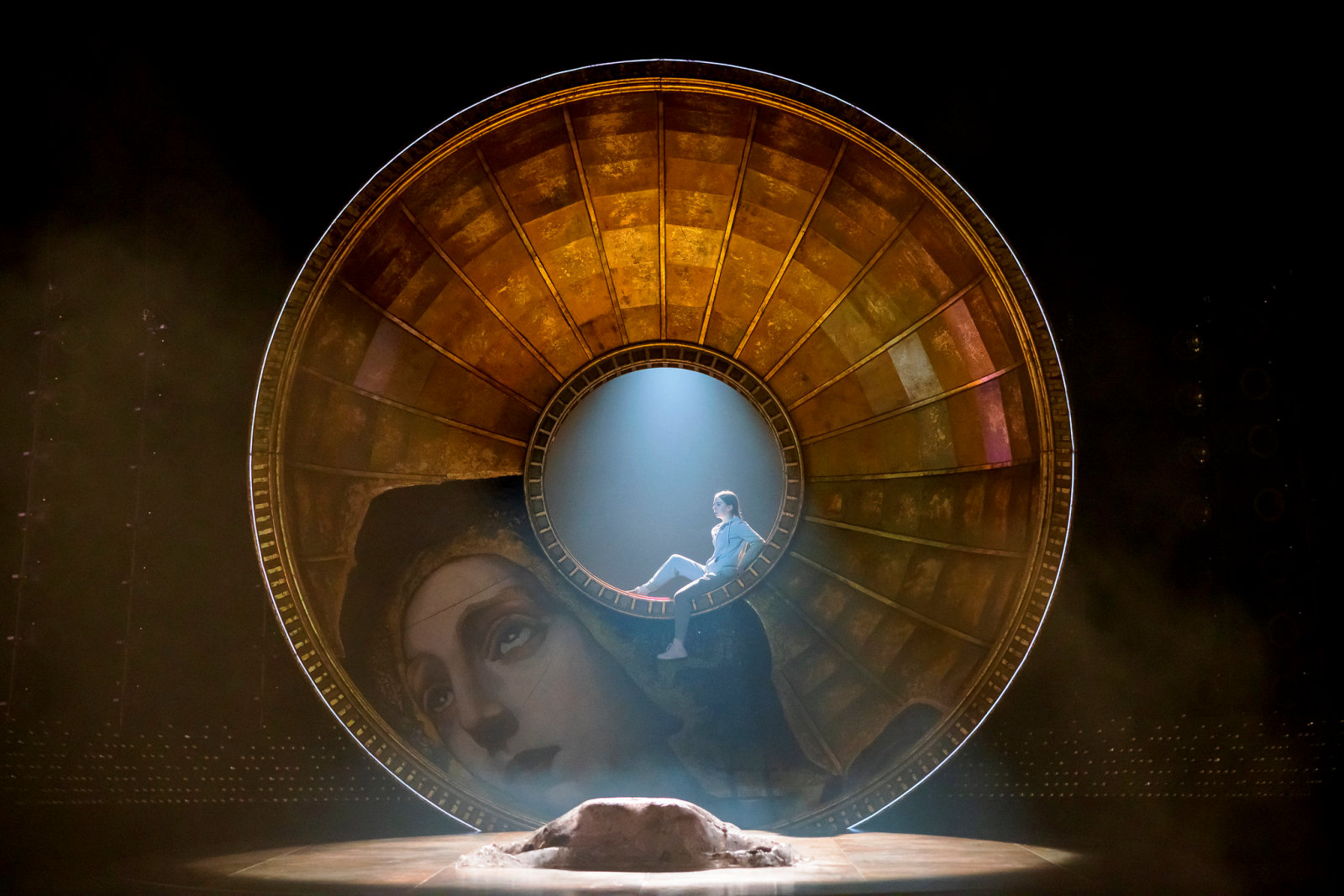
When Cavaradossi is suspected of aiding an escaped prisoner, Cesare Angelotti (Callum Thorpe), Scarpia sees his chance. He manipulates Tosca into giving up the prisoner, implicating her lover at the same time. He then arrests Cavaradossi and offers Tosca an appalling bargain: if she wants to save her lover’s life, she must give herself to Scarpia. It sets in motion a tragic chain of events, as Tosca tries to save both her lover and herself.
This then is the emotional context of a deeply political drama which tackles profoundly uncomfortable issues, particularly the scale and impact of police corruption, sexual harassment and abuse, as well as the abuse of political power and lack of political freedom – these are themes that continue to resonate for many today.
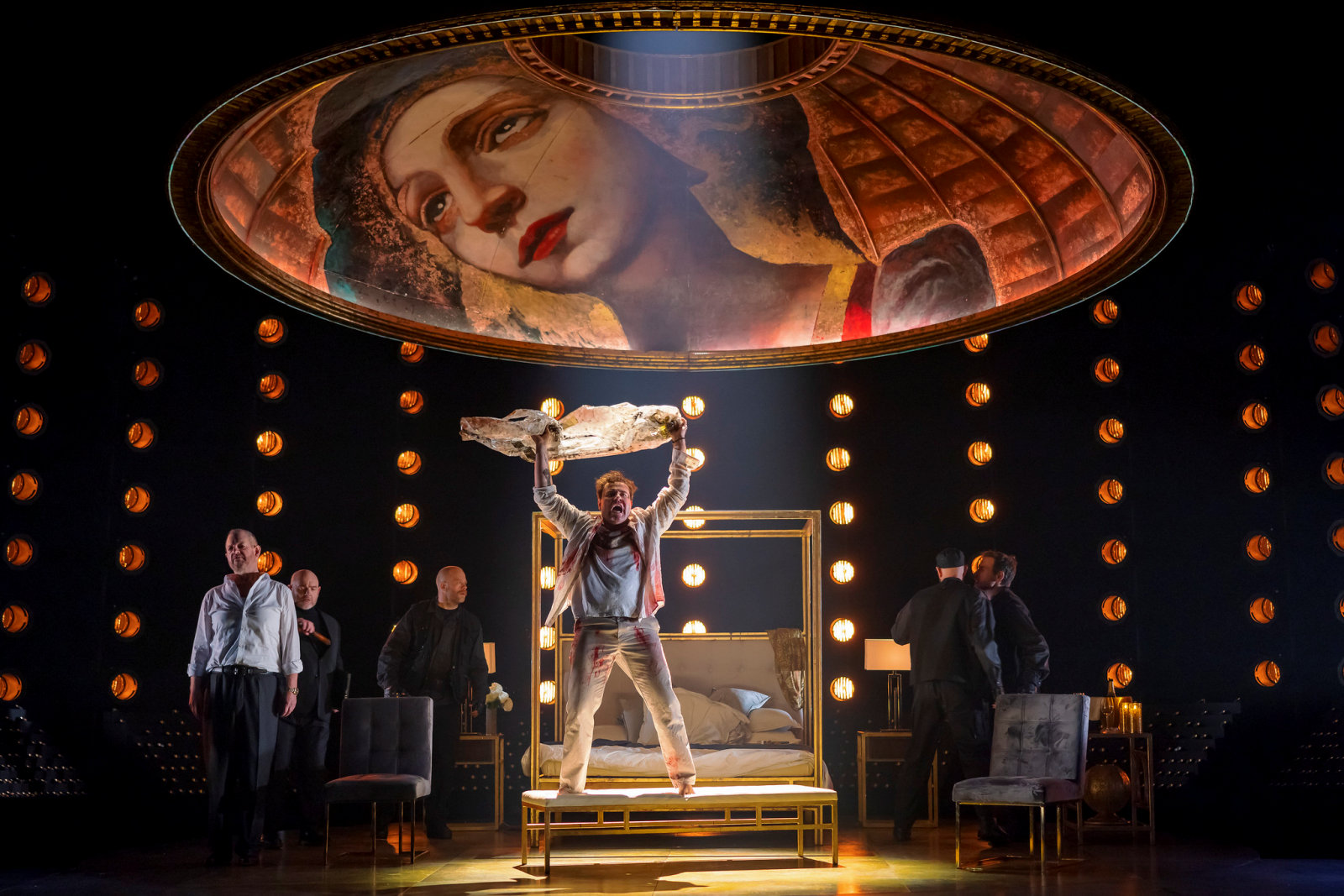
Edward Dick’s production tackles this head on, avoiding any sense of melodrama but tackling difficult scenes of torture, suicide and murder with a sense of honesty: these are awful things and they are portrayed as such.
Crucially to this approach is the depiction of Scarpia. It is not softened in any way: he is not some pantomime villain or an incompetent, lusty buffoon, rather he is a calculating sadist. Hayward’s interpretation is excellent. He is at first innocuous – damned perhaps by reputation, perhaps a little too scheming but seemingly truly enamoured with Tosca. Yet the mask soon slips – and how Hayward relishes those moments! He stalks her across the stage, eyeing her like the predator that he truly is. I can’t quite forget a moment when he gently wipes a tear away from Tosca’s cheek, only to turn and suck it from his finger, an act not of romance but of pure lechery.
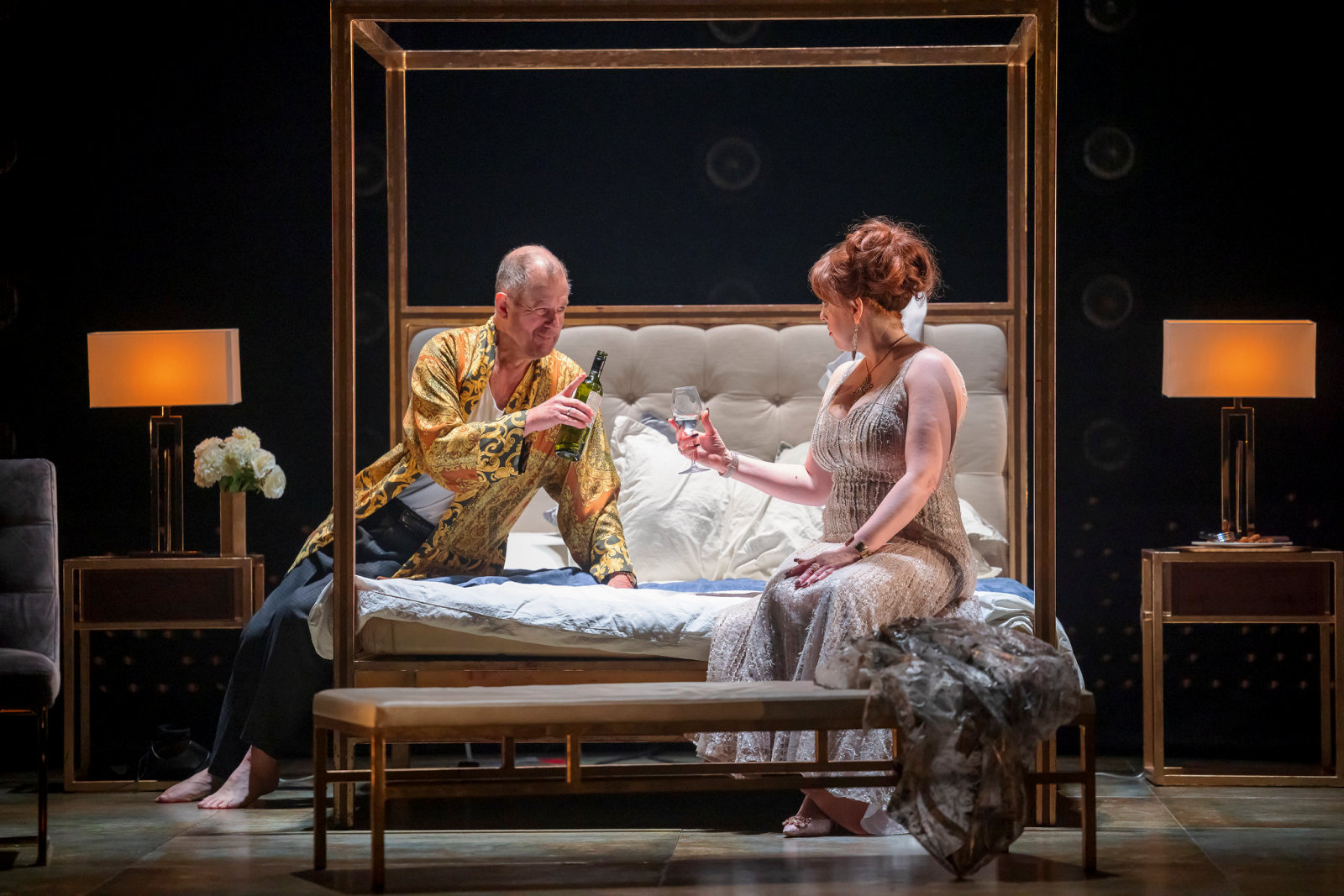
Malafii’s Cavaradossi, by comparison, is a balm. His boyish, easy smile and velvety tenor (a revelation from the Ukrainian) easily win over the audience. He is at once charming yet daring and loyal, willing to die to protect his friend. It is easy to see why Tosca fell for him – and indeed the good-natured chemistry between Malafii and Allen makes this love match all the more believable.
But it is Giselle Allen’s performance as Tosca that really makes this such a successful production. Yet again, Allen demonstrates why she is fast becoming one of the UK’s foremost sopranos. Her voice is exquisite, her range phenomenal. Tosca is renowned as a challenging role for any soprano, yet she made it look and sound effortless and natural.
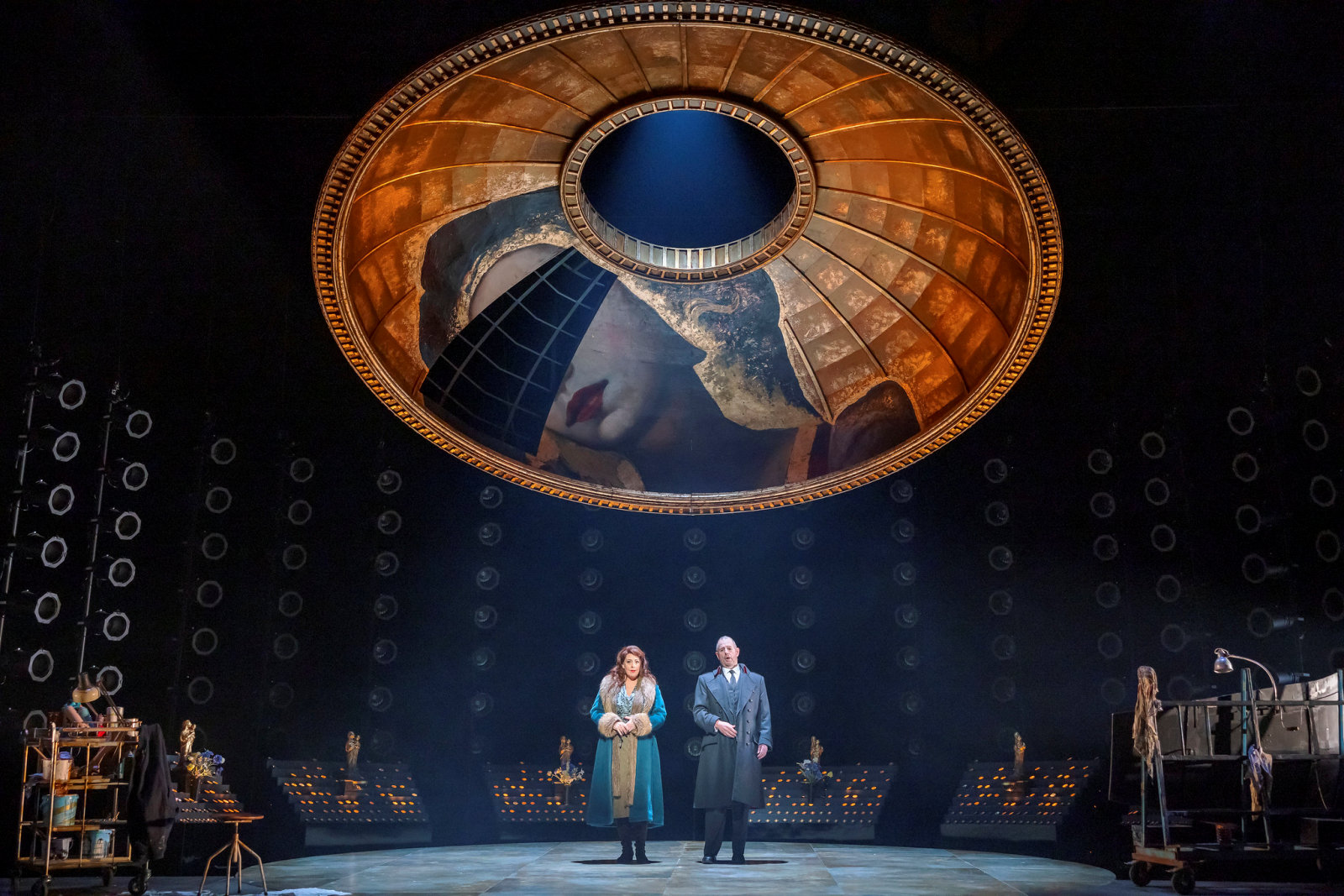
More than that though, she is a wonderful actress who takes the audience on an emotionally complex journey. From an impetuous, jealous, coquettish diva in the first Act to a woman driven to murder by the end of Act 2, she is believable, never choosing to succumb to the melodrama that often plagues this role. Her heart-breaking naivety at the end of the opera, as she encourages an already dead Cavaradossi not to move, to stay quiet, is simply devastating – definitely the biggest emotional hit of the night.
Allen and Malafii’s first duet deserves a special mention. It comes early in the opera, before the tragedy begins to unfold. Here we see a slightly uncertain, self-conscious diva in turn accusing and teasing her lover of infidelity; he in turn responds with patience, calm reassurance and some gentle chiding! The chemistry in this scene is palpable – it is both witty and playful – presented without any ominous overtones or sense of foreboding. Puccini returns to the musical themes of this duet repeatedly throughout the opera, each time recalling that sense of easy optimism and naivety; it offers is a relief to the wider violence.
It would be utterly remiss at this point not to turn to the exquisite playing of the orchestra. They are the literal unseen heroes, hidden as they are in the pit. Yet under the clear direction of Garry Walker, the interaction between soloists and orchestra is perfect. Melodies and leitmotifs flow back and forth between singers and instruments almost seamlessly, and delicate phrasing from vocalists is reciprocated by soloists within the orchestra.
But what a powerhouse when needed, as it is for the Te Deum at the end of Act 1. Puccini is renowned for demanding volume and power from his orchestra to match the emotional weight of what is happening on stage. There is something absolutely thrilling about an orchestra playing at full volume – you can feel the sound waves passing through you, your lungs buzzing with the vibrations. It creates an amazing adrenaline rush that combines with the drama on stage to overwhelm both physically and emotionally. This orchestra absolutely delivers that punch.
As always, Opera North has sought to make their production widely accessible. Whilst sung in Italian – and indeed some Latin – screens with English subtitles are positioned unobtrusively either side of the stage with just enough text to be able to understand what is happening without having so much to read that you miss the action on stage. It is thoughtfully done and very successful.
I absolutely loved this production – but more importantly, so did my 14 year old son, who joined me and who had never seen an opera before. He came out of each act utterly wide eyed, hooked on the story, the emotions, and totally invested in the characters. And he wasn’t alone. The atmosphere in the auditorium throughout was buzzing – the audience cheering various members of the cast (Hayward received a particularly loud boo at the end when he came to take his bow, which seemed to please him immensely) and, as the tragedy finally unfolded, totally still and silent. And that is what makes this such a great production. It doesn’t matter if you are new to the opera or if you have seen Tosca itself 50 times, this is a cast that creates something really worth seeing.
And yes, we both crumpled at the end!
WE SCORE SONG OPERA NORTH'S TOSCA...


